The comprehensive two-week Urban Technology Workshop 2024 (June 3- June 15, 2024) was organised by The MIT Hong Kong Innovation Node. This is the second year of educational experience and was joined by students from MIT and at least five local universities, including University of Hong Kong, Chinese University of Hong Kong, City University of Hong Kong, Hong Kong Polytechnic University, HKU Space, they gathered to identify urban challenges, develop innovative solutions, and devise actionable deployment plans. Participated by over 40 students from diverse academic disciplines, the interactive learning experience aims to address real-world urban issues through technology-driven innovations.
Students engaged in a curriculum rooted in the MITdesignX methodology, complemented by industry domain experts’ mentorships and on-site visits. The Urban Technology Workshop 2024 spanned from Monday, June 3, to Saturday, June 15, 2024. During the culminating event on Saturday, June 15, 2024, participating teams will present their solutions to the public in a final showcase. 5 teams out of 10 teams were recently offered admission tickets into the Hong Kong Science and Technology Park’s Ideation Programme’s Open cohort, with a program start date on 1st Sep 2024.
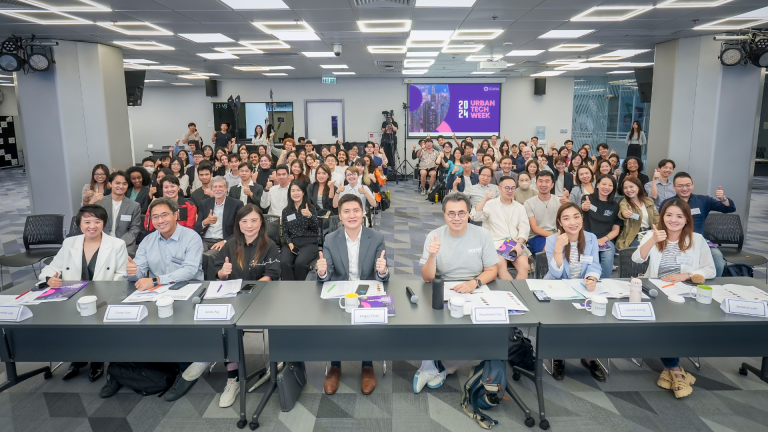
The two-week intensive program focused on three problem statements proposed by collaborating companies; (1) Chinachem Group took Hong Kong as an example of promoting a harmonious coexistence environment among senior residents with cognitive impairment or dementia at Residential Care Homes for the Elderly (RCHE) ; (2) MTR transforming urban mobility and explored how to leverage Digital signage and smartphone Interactivity to enhance Passenger Experience, service responsiveness, and revenue opportunities : (3) UNIFi3D in Promoting sustainable consumption and initiating digital transformation in fashion industry. The student cohort also gained knowledge and understanding on sustainable concepts and principles, such as gerontechnology and senior living evolution, technological intervention to harness user experience, sustainability, and human centric design.
The program adopted a design driven approach to empower the participants with the innovative problem-solving mindset and skills. Design is a human-centered methodology that helps to identify and define problems, generate and test ideas, and implement solutions. The empathy and meticulous observation to identify pain points in the urban challenges and introduce new, inventive solutions.
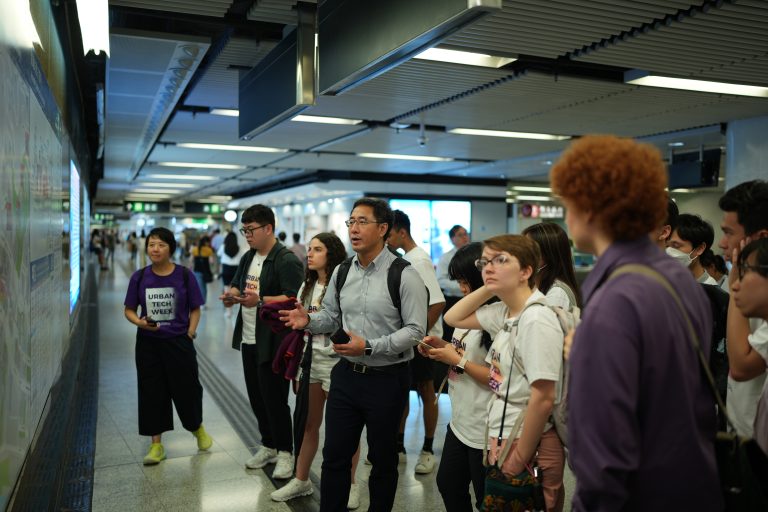
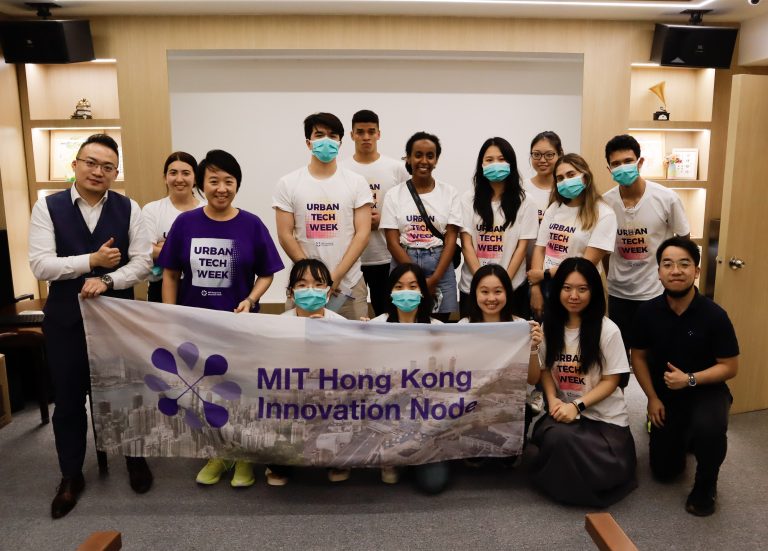
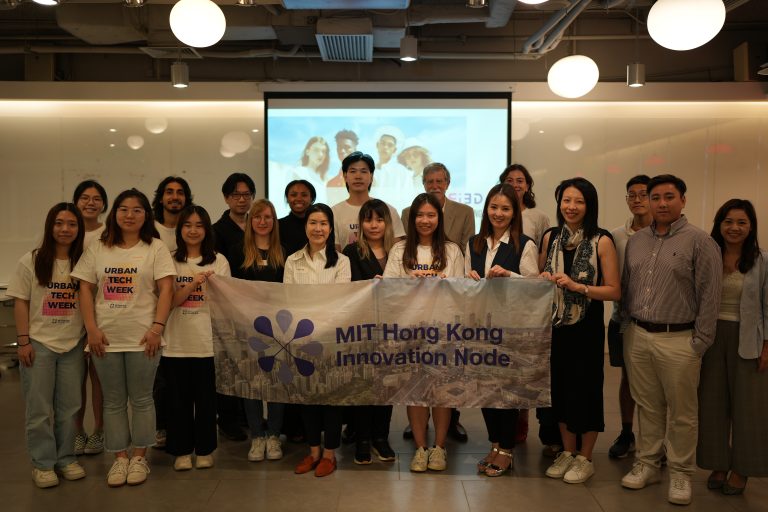

The two weeks activities aimed to empower students with practical knowledge on business models, technology implementation, and data analysis to address urban challenges through their prototypes.
The first week cohort focused on data collection and consolidation after some first-hand site visits and data collection. Students deepened their research before prototyping. Site visits to Chinachem Group and UNIFi3D provided insights into industrial developments and operational challenges. Students met with Industry Mentors to learn about using technology to enhance operations and customer experiences. They were then divided into groups, assigned mentors, and had a guided visit to the Chinachem Group’s elderly centers; and UNIFi3D office with a mentoring session.
Joined by GIS workshop leaders from Geospatial lab, students were equipped with Geographic Information Systems (GIS) skills that allowed them to capture and present holistic analysis of market demand.
Cohort students developed their first prototypes and presented their first round of pitching to identify their unique problem statement and proposed prototype as an innovative resolution to the urban challenges. Mentorship hours were followed pitching sessions to assist students with better presentation skills, re-adjust problem statements and refine prototypes that could captivate the needs of users and urges from industry.
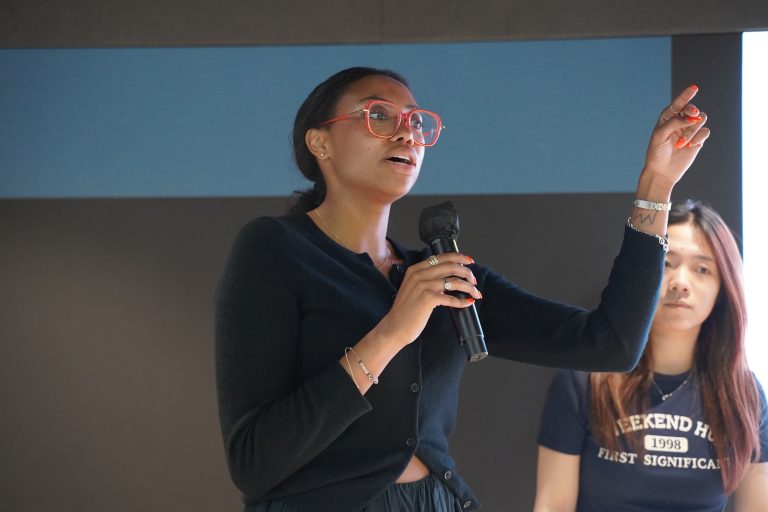
The second week of Urban Technology Week started with sharing by MIT Node tutors to devise on business model development, the workshop invited students to rethink the business model adopted in their prototype to ensure steady development of prototype in the market. Students also paid a visit to Hong Kong Science and Technology Park (HKSTP), the heart of innovative companies in town.
The teams pitched their prototypes and received feedback from mentors. This was followed by a GIS I&T workshop to deepen their data analysis skills using publicly available resources. The day concluded with a guest session on startup legal considerations. The activities across these days aimed to enhance the students’ business acumen, data analysis capabilities, and understanding of sustainability principles to strengthen their urban technology solutions.
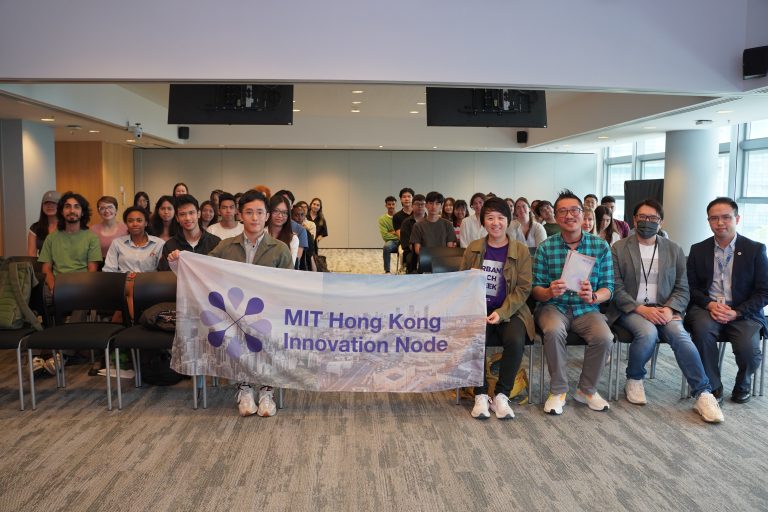
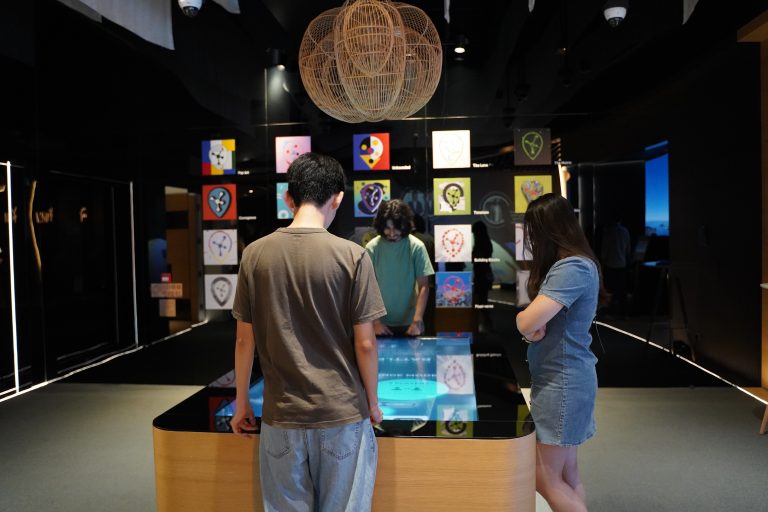
The two-week Urban Technology workshop was a resounding success, marked by the participants’ high engagement and enthusiasm throughout. The program enabled the students, a cohort from both Hong Kong and MIT, to gain valuable knowledge, skills, and confidence in addressing various urban challenges through their design work.
At the conclusion of the workshop, the participants showcased the prototypes they had created within just 14 days, demonstrating their strong commitment to turning their ideas into reality. The event was celebrated in a lively atmosphere, with participants sharing their thoughts, enjoying food, and engaging in games after the final pitch presentations.
The workshop’s success stemmed from its ability to equip the students with the necessary expertise and resources to tackle complex urban issues using technology-driven innovations. The collaborative nature of the program, which brought together local and international participants, further enriched the learning experience and fostered a sense of shared purpose among the students.
Overall, the Urban Technology workshop was a transformative experience for the participants, enabling them to gain practical skills and confidence in designing solutions to address the pressing challenges faced by modern cities. The enthusiasm and dedication displayed by the students throughout the program were a testament to the workshop’s impact and the participants’ commitment to creating positive change in their communities.
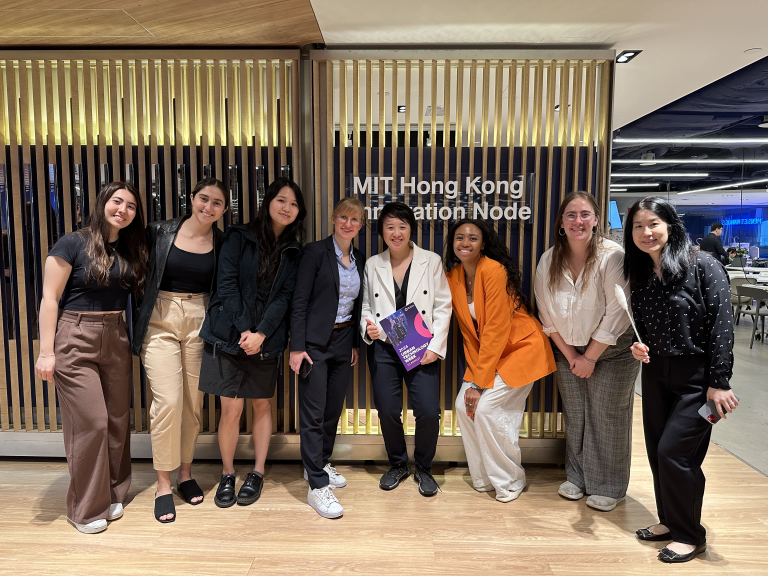
Testimonials from MIT students:
Annabel Consilvio, Masters in City Planning program, MIT ‘24
“It’s been so worthwhile. Everyone is so welcoming that you get over the hump very quickly. Then, you get to explore, talk, do work, and have fun. It’s really worth it. Just get over your hump and apply.”
Julia Chu, Bachelor of Civil and Environmental Engineering and Urban Planning, MIT ‘24
“The Urban Tech Week program allowed me to see Hong Kong—the city where I spent my childhood—in a completely new light. What I enjoyed most was the interactions we had with different mentors. We had the opportunity to conduct site visits and engage with elderly care workers and gerontechnology entrepreneurs. It was truly inspiring to see their passion and dedication, and I gained valuable insights into some of the most pressing issues faced by the elderly care industry in Hong Kong.”
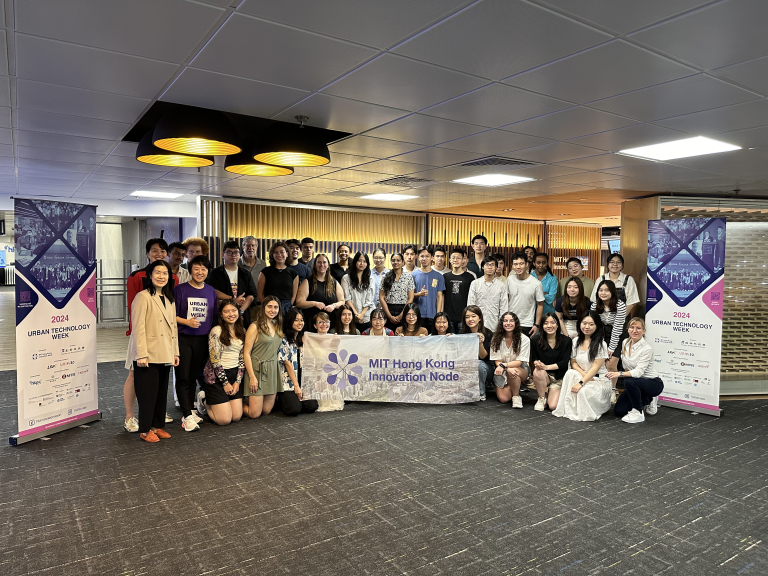
Student Projects
Team 1 – 3 – Chinachem’s problem statement
Team 4 – 7 – MTR’s problem statement
Team 8 – 10 – Unifi3D problem statement
Challenge 1: How can we implement non-drug measures / technology to promote a harmonious coexistence environment among senior residents with cognitive impairment or dementia at Residential Care Homes for the Elderly (RCHE)?
Challenge 2: Transforming Urban Mobility: Leveraging Digital Signage and Smartphone Interactivity to Enhance Passenger Experience, Service Responsiveness, and Revenue Opportunities
Challenge 3: Promoting Sustainable Consumption and Initiating Digital Transformation: Gaining Fashion Industry Buy-In.
Team 1 - Pals
Team 2 - Heyday
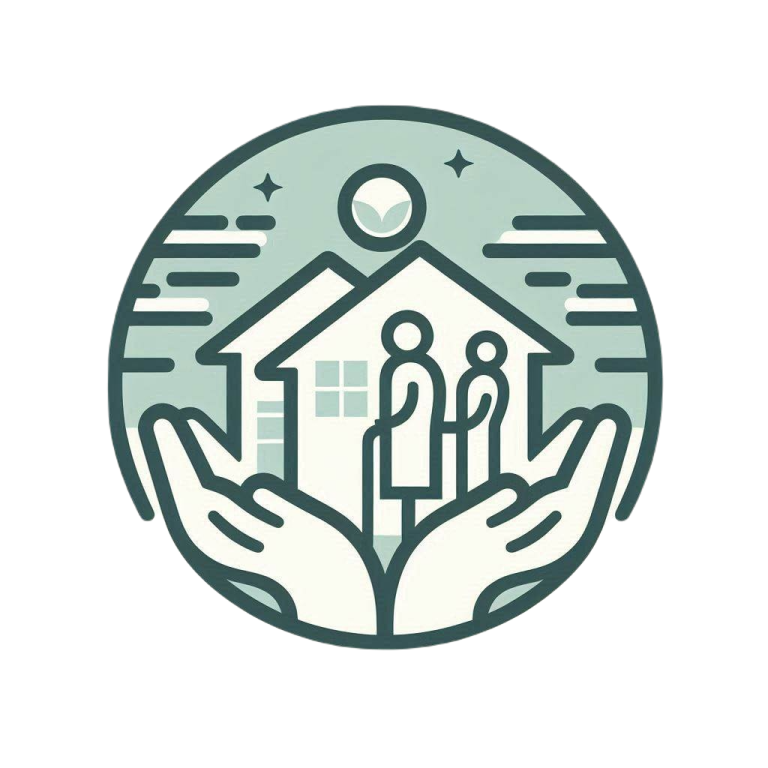
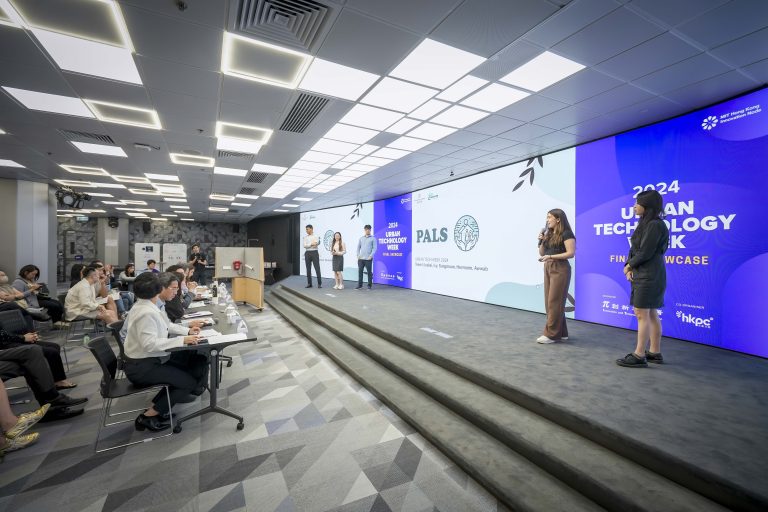
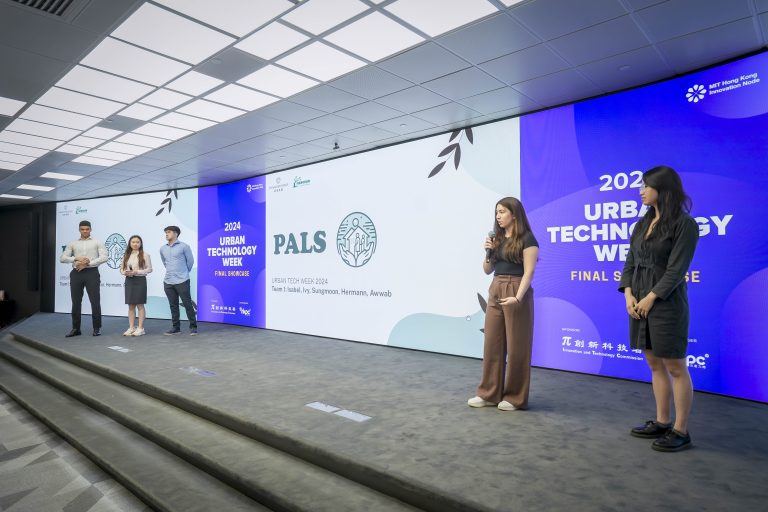
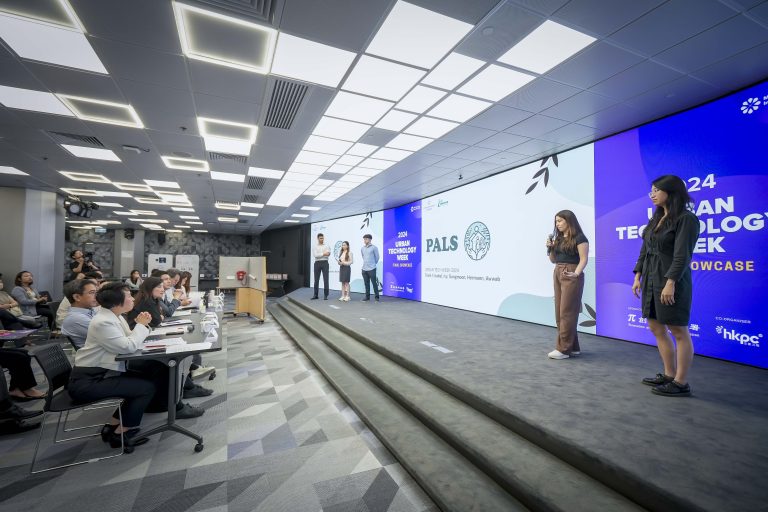
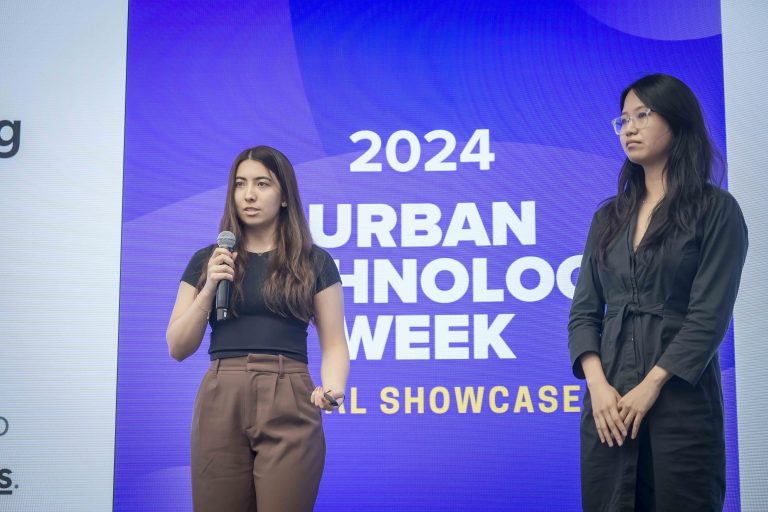
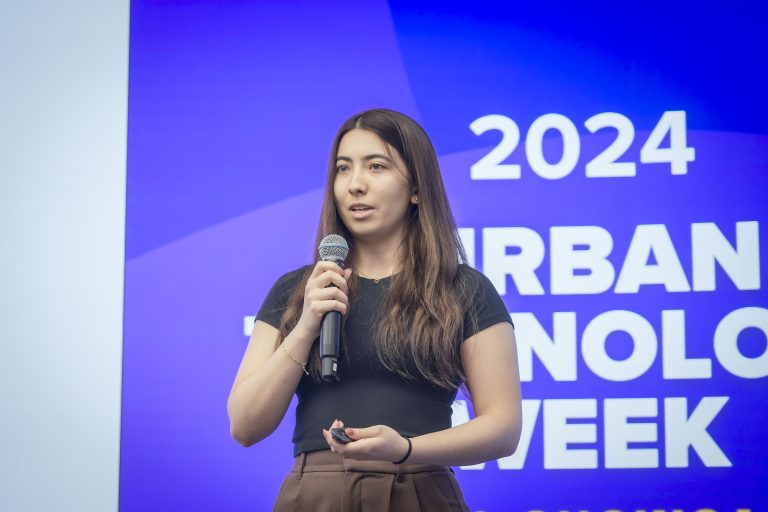
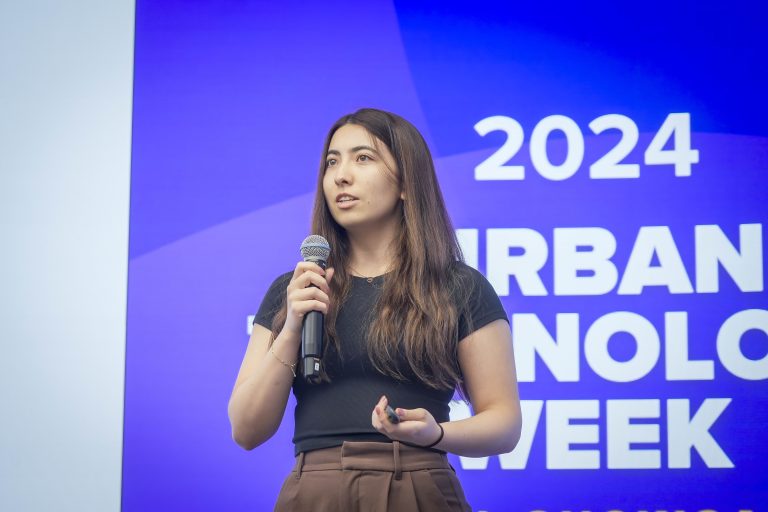
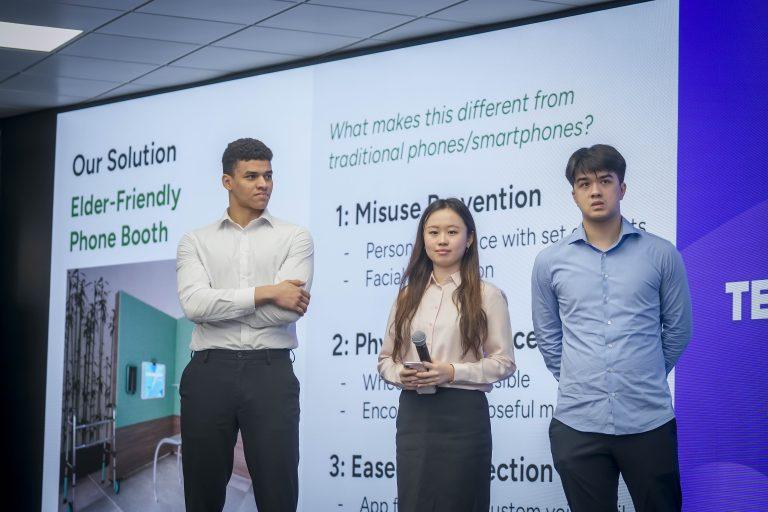
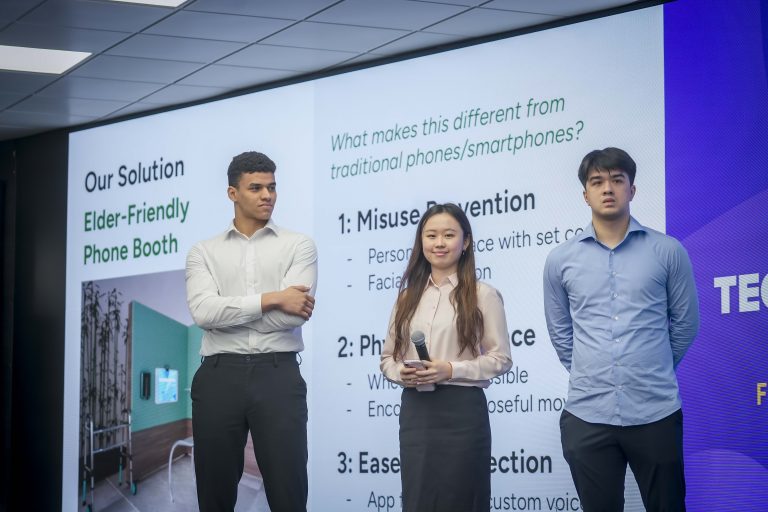
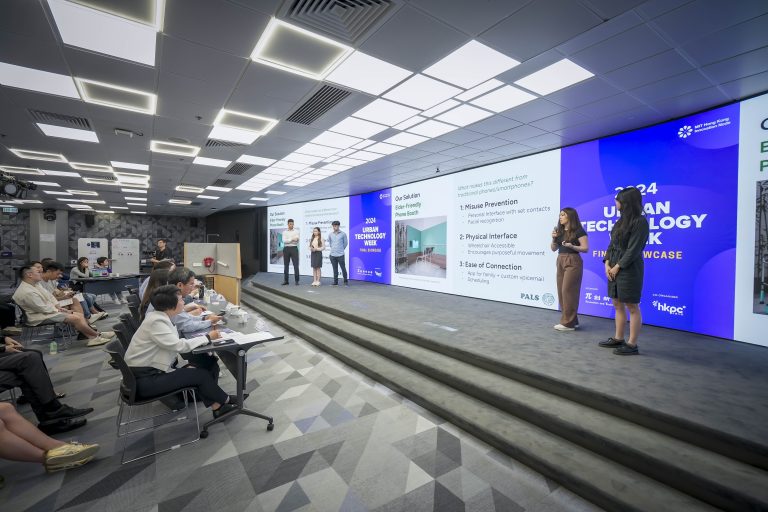
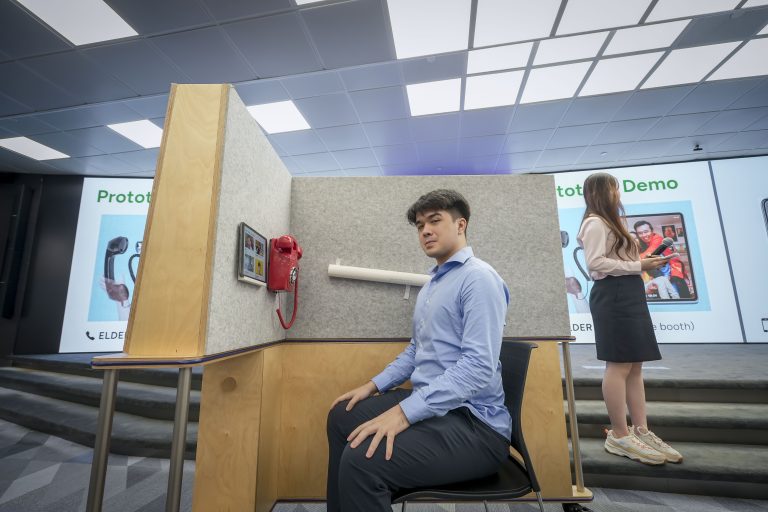
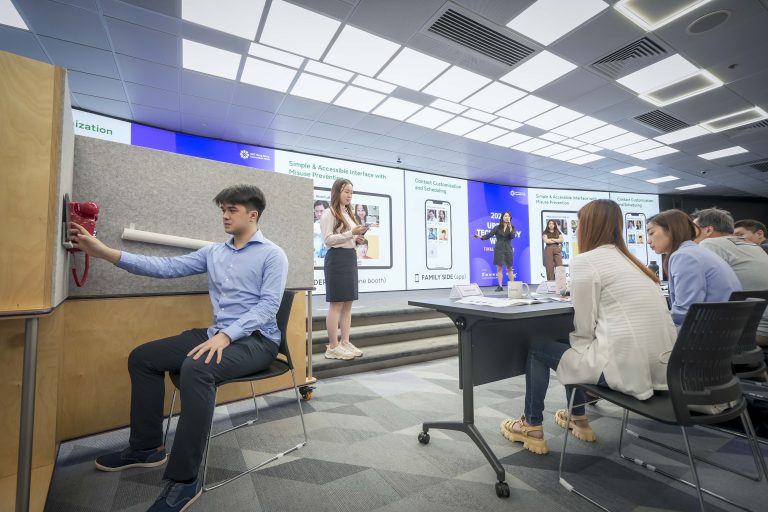
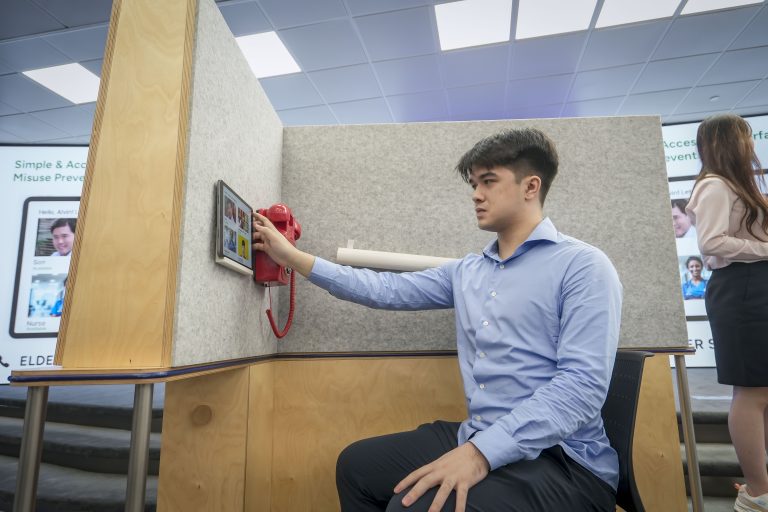
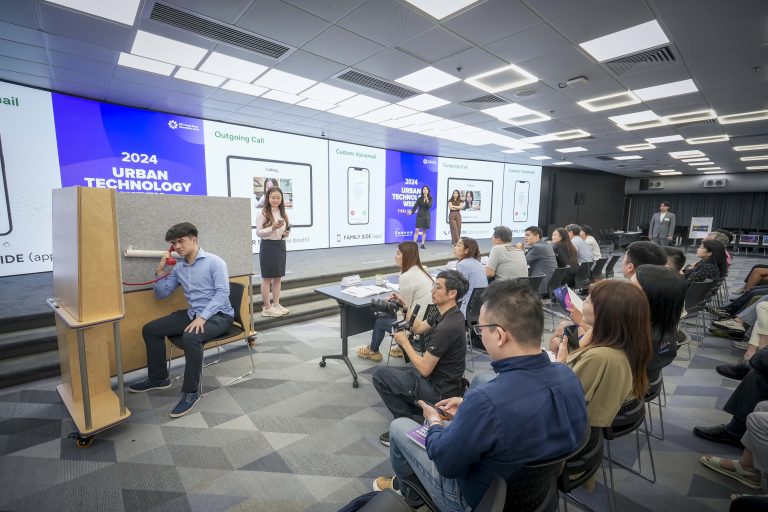
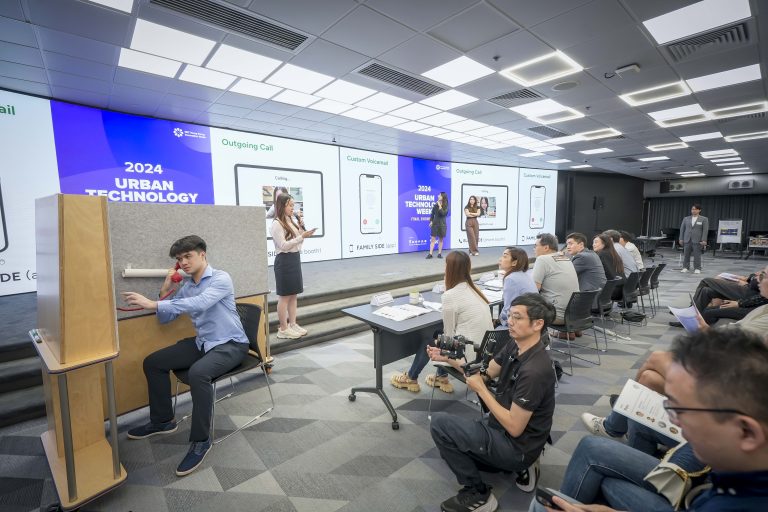
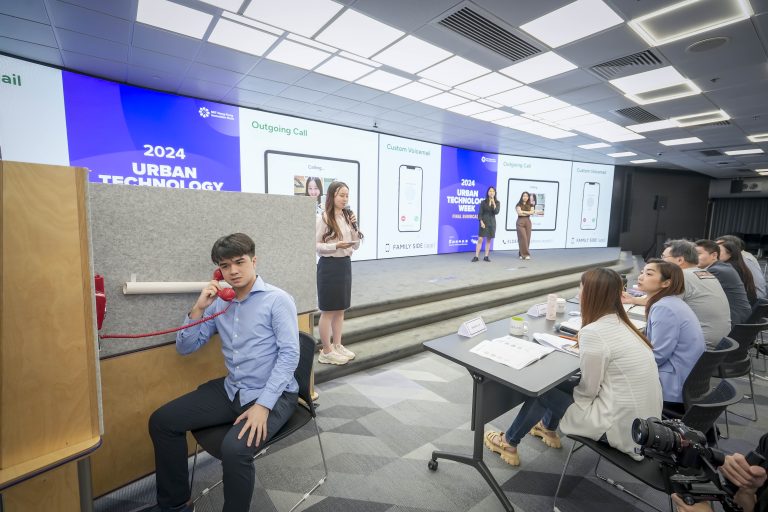
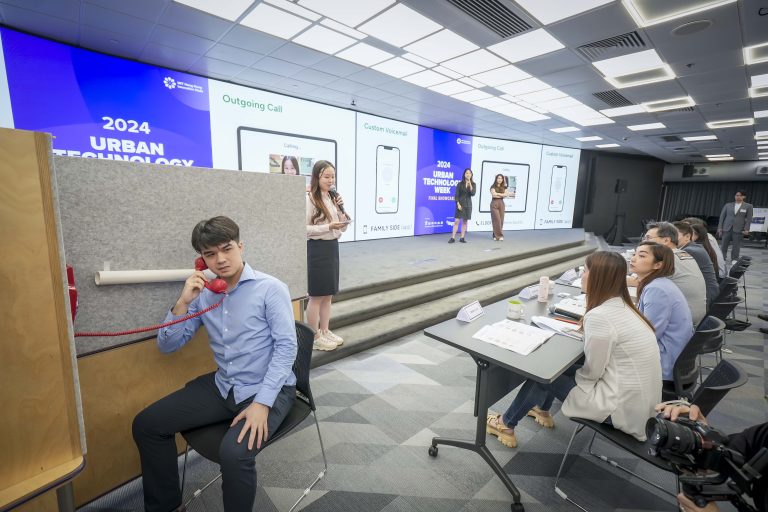
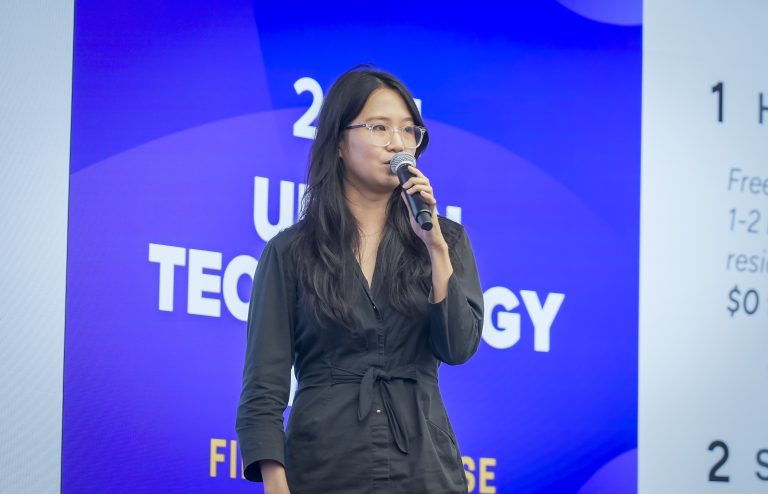
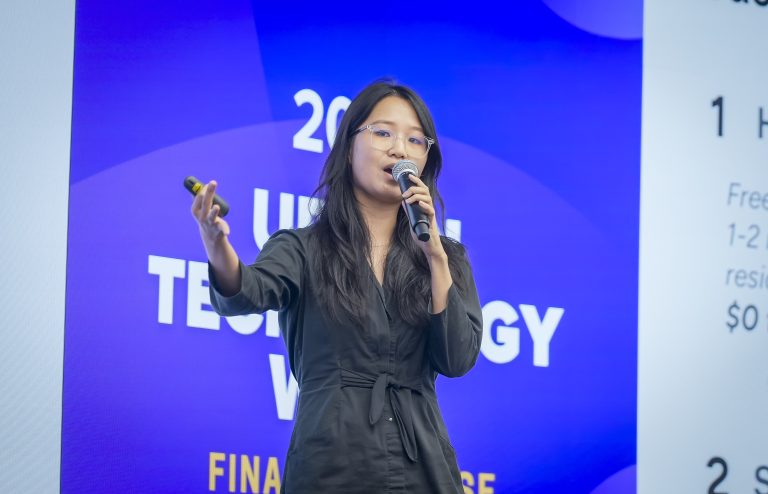
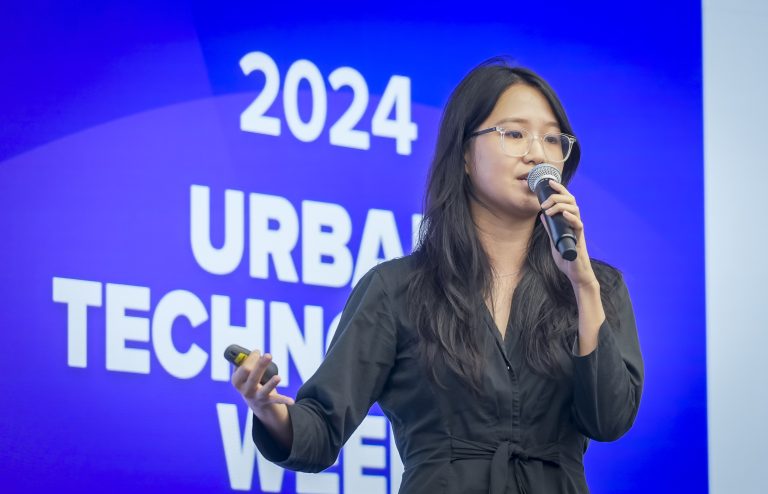
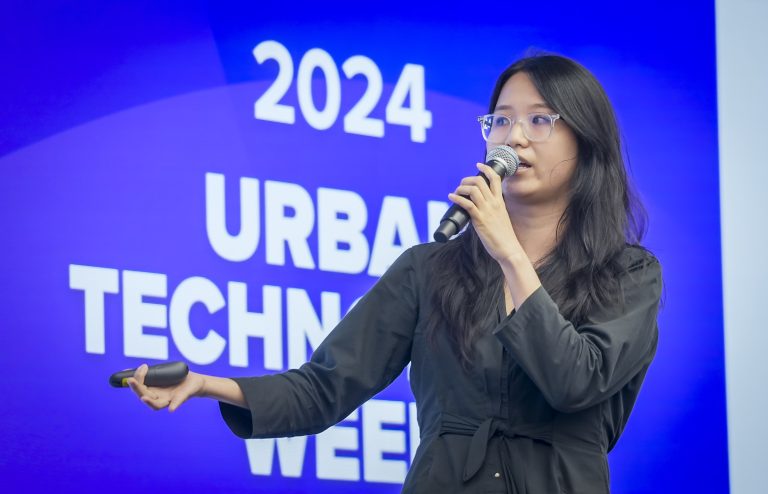
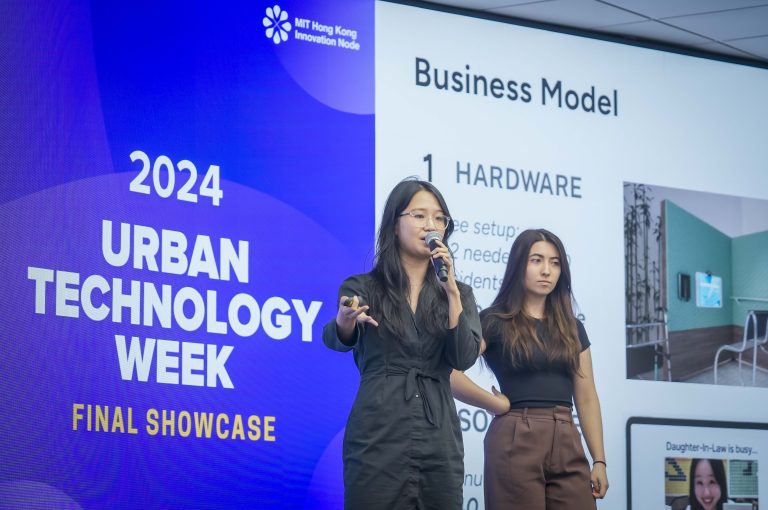
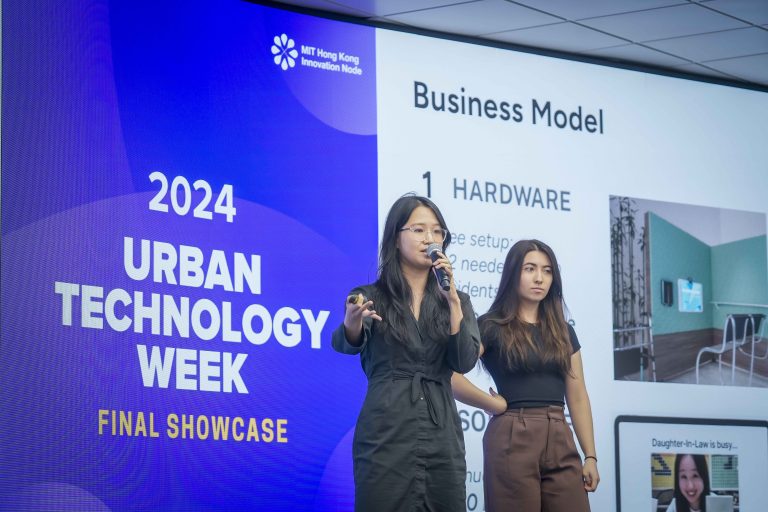
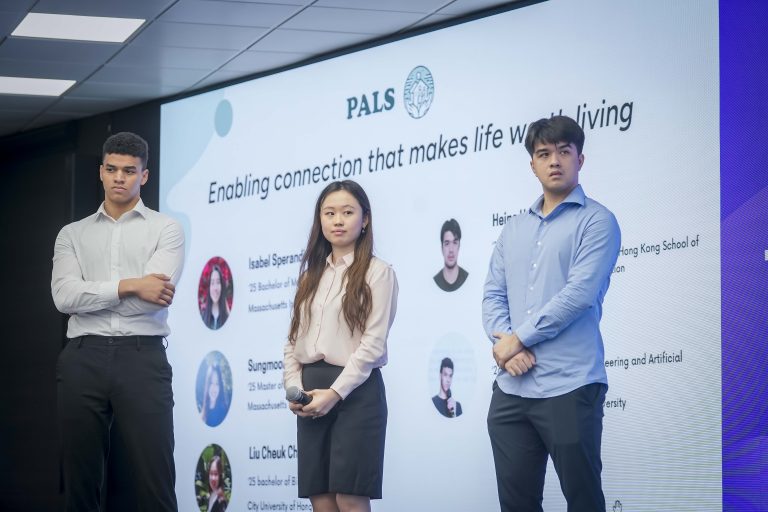
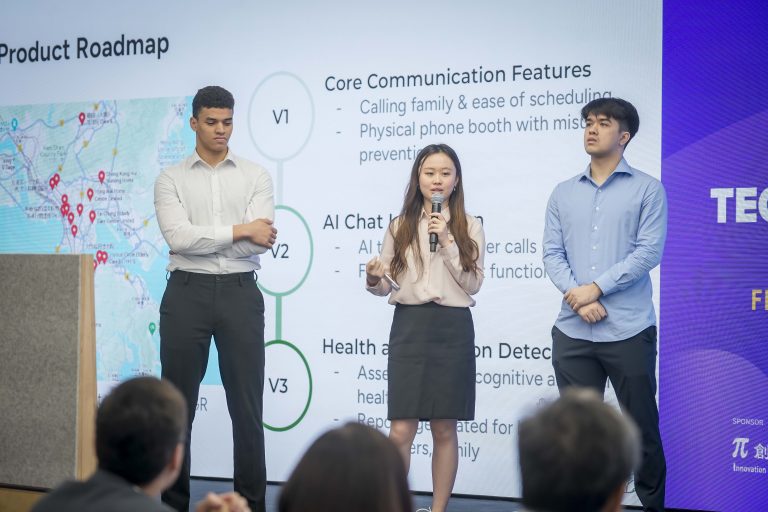
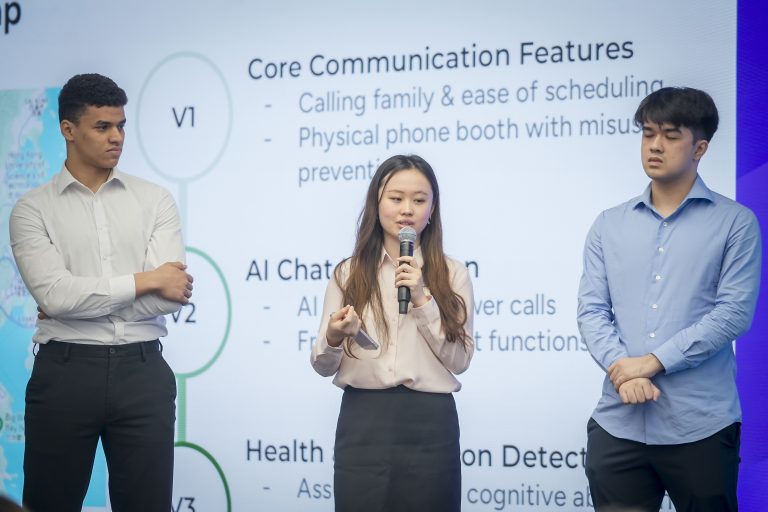
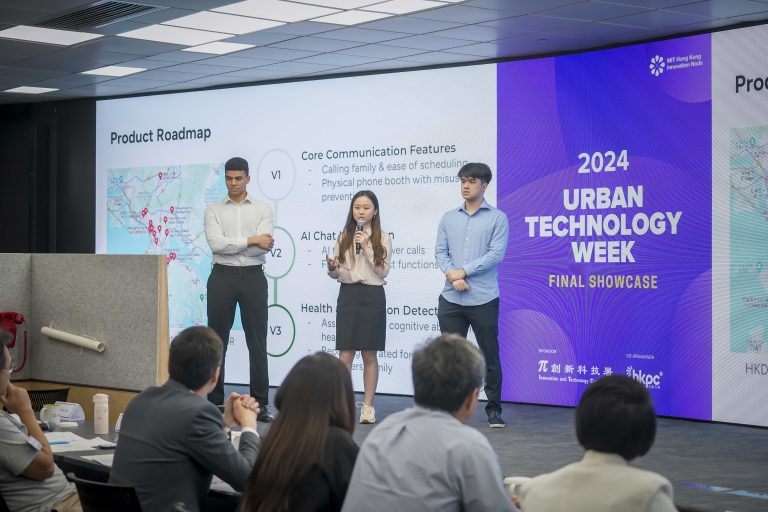
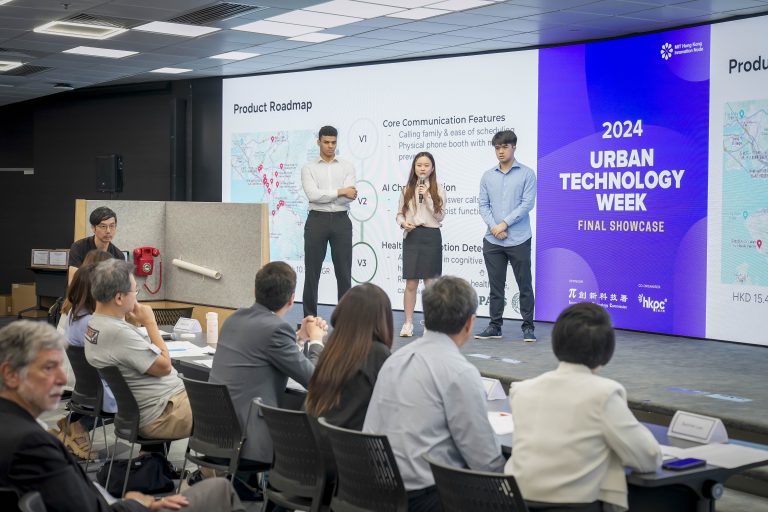

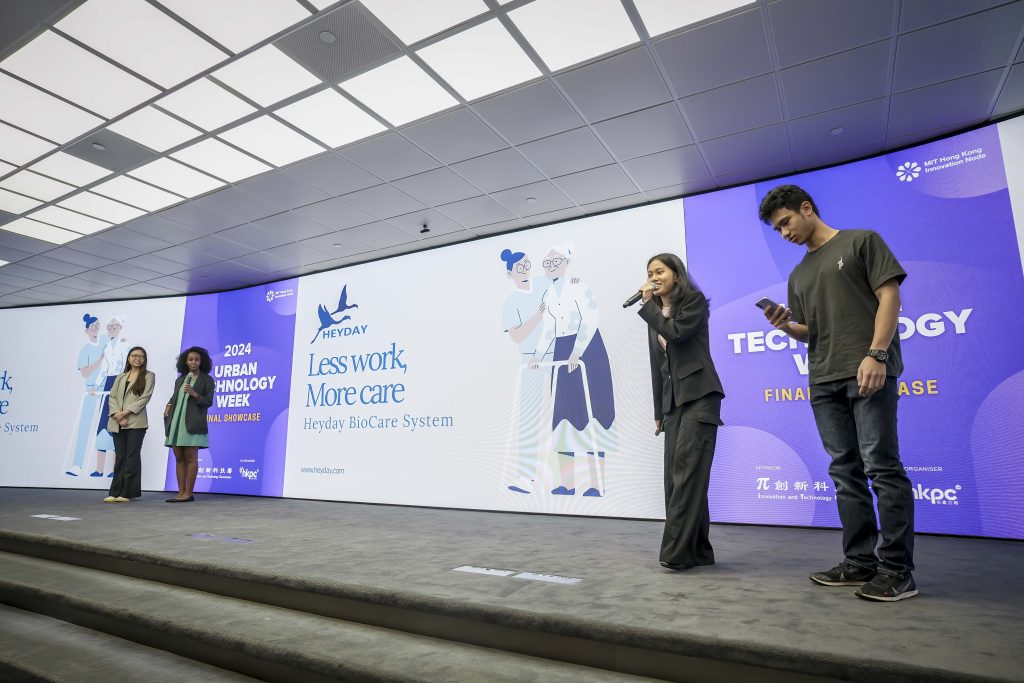
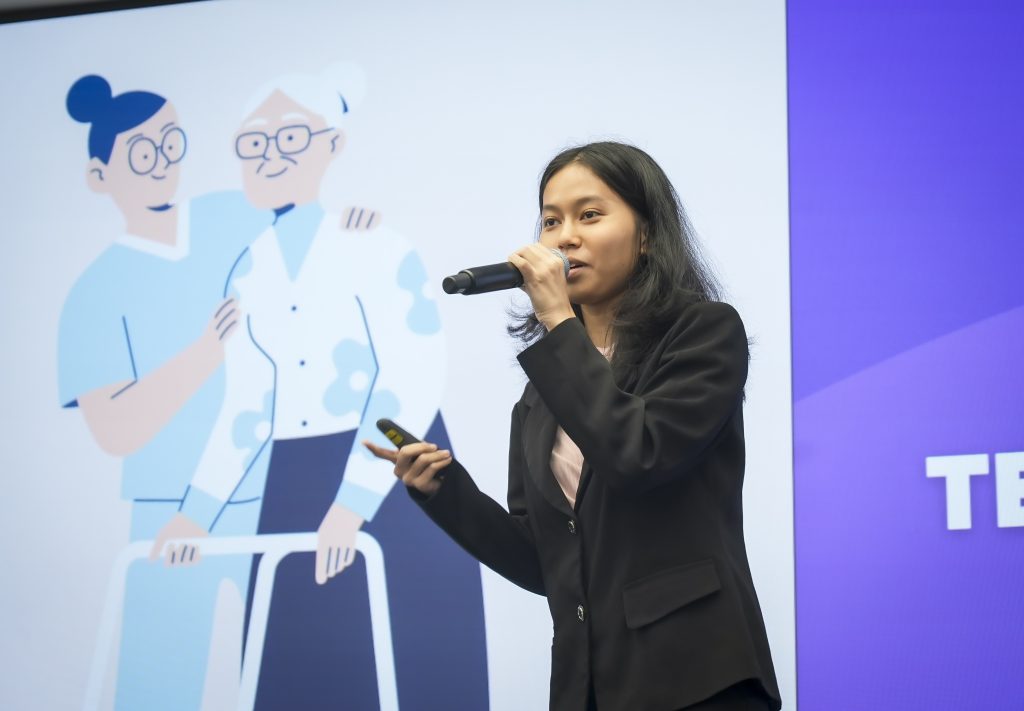
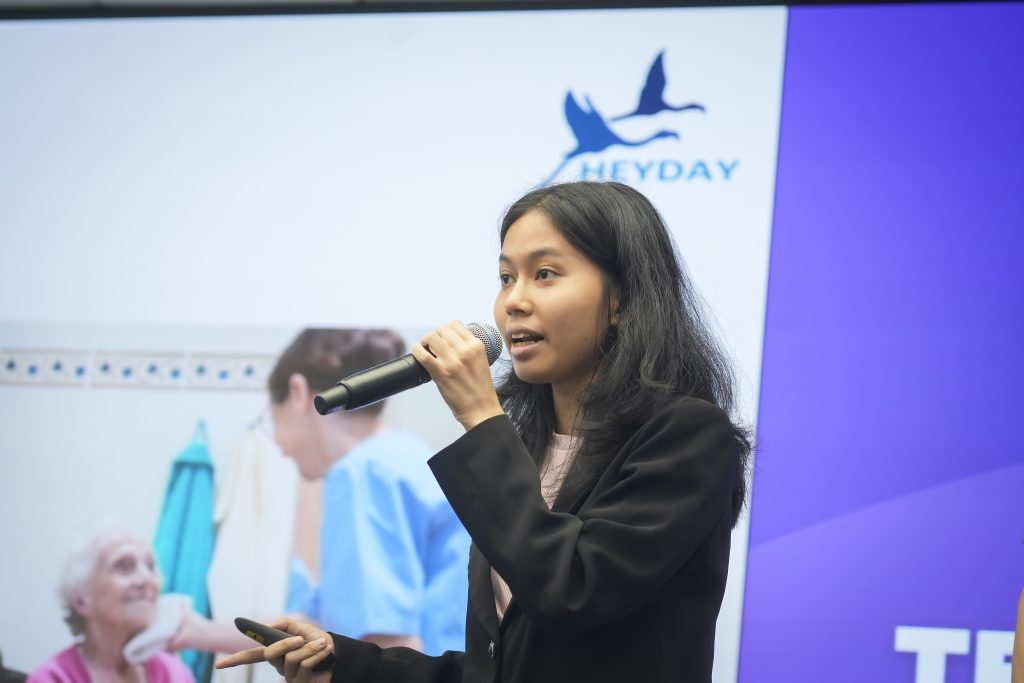
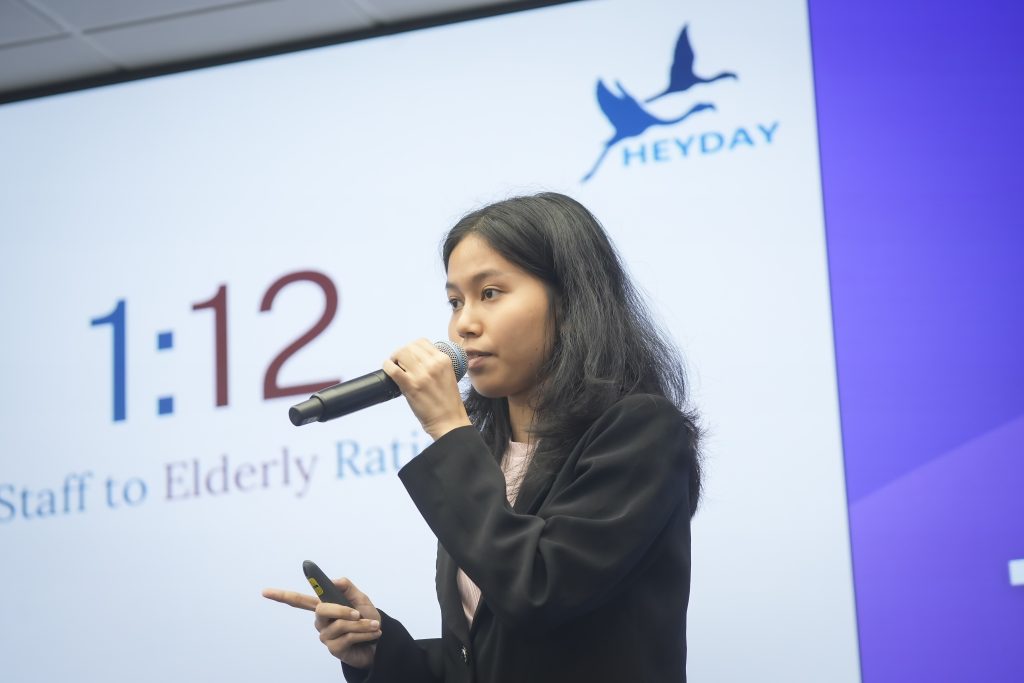
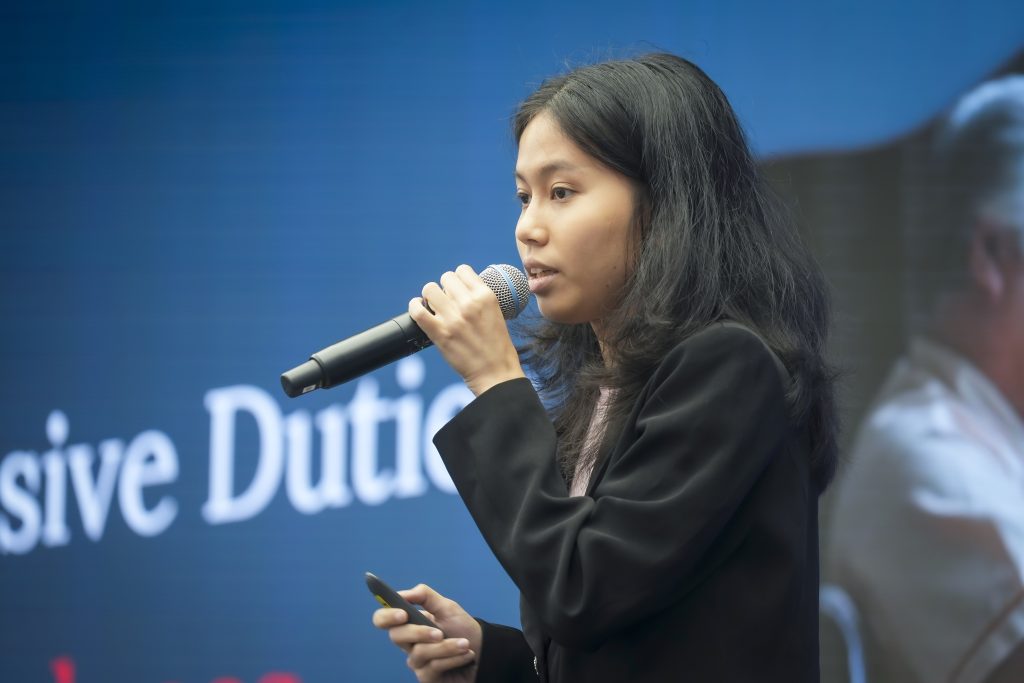
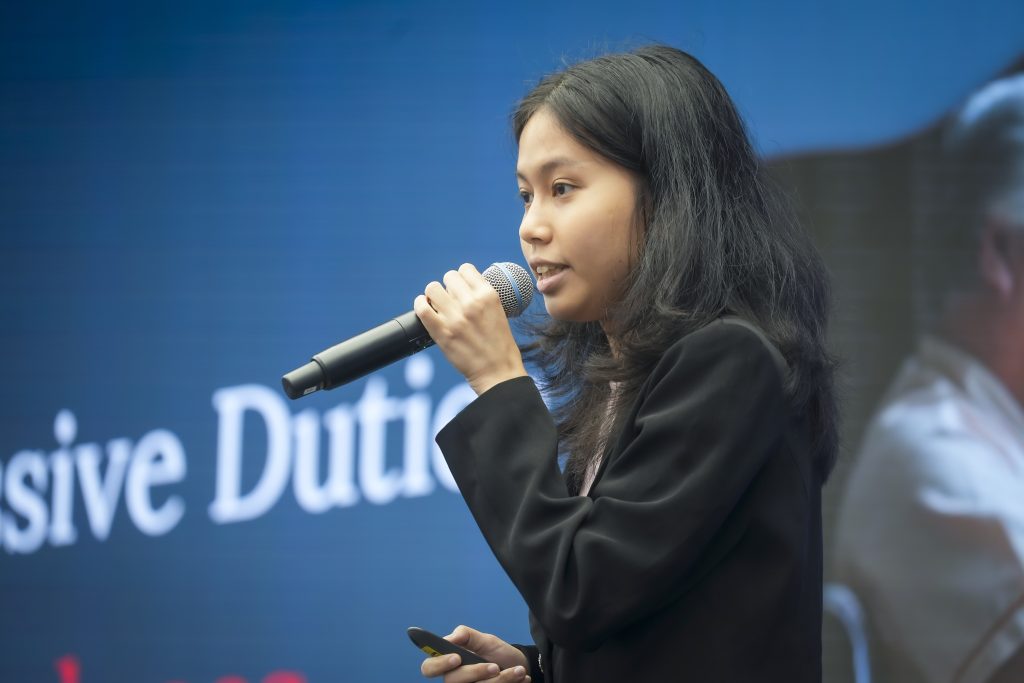
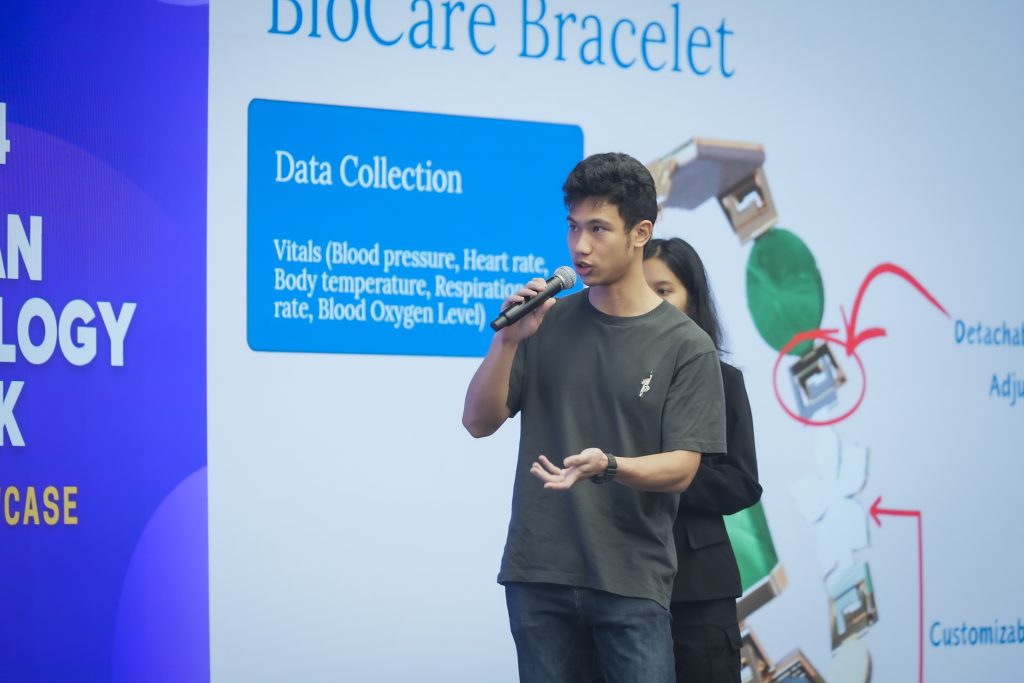
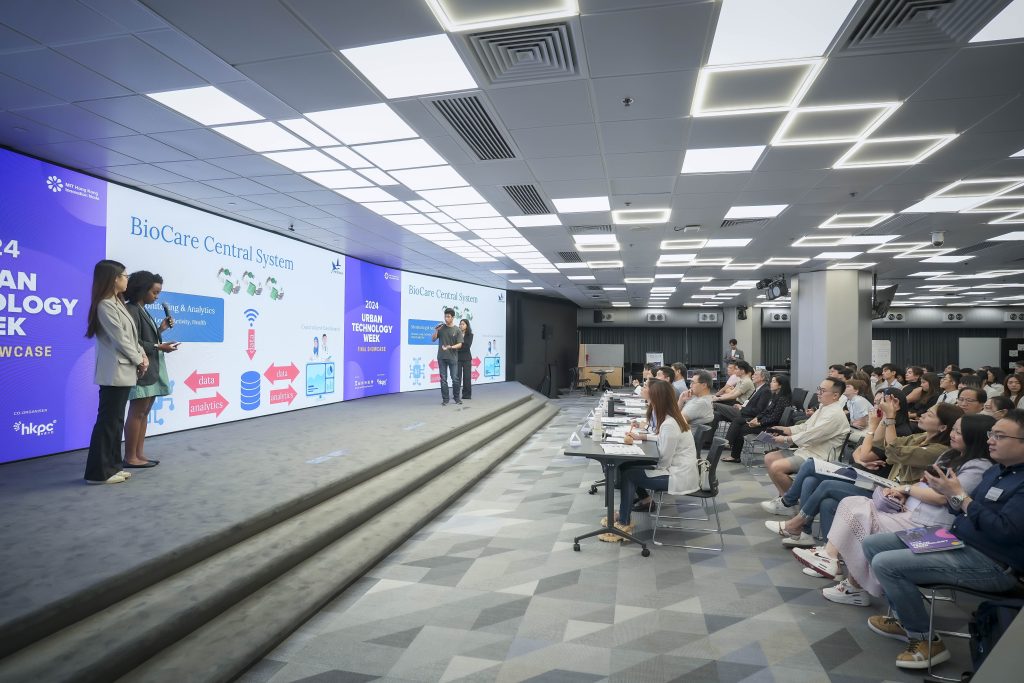
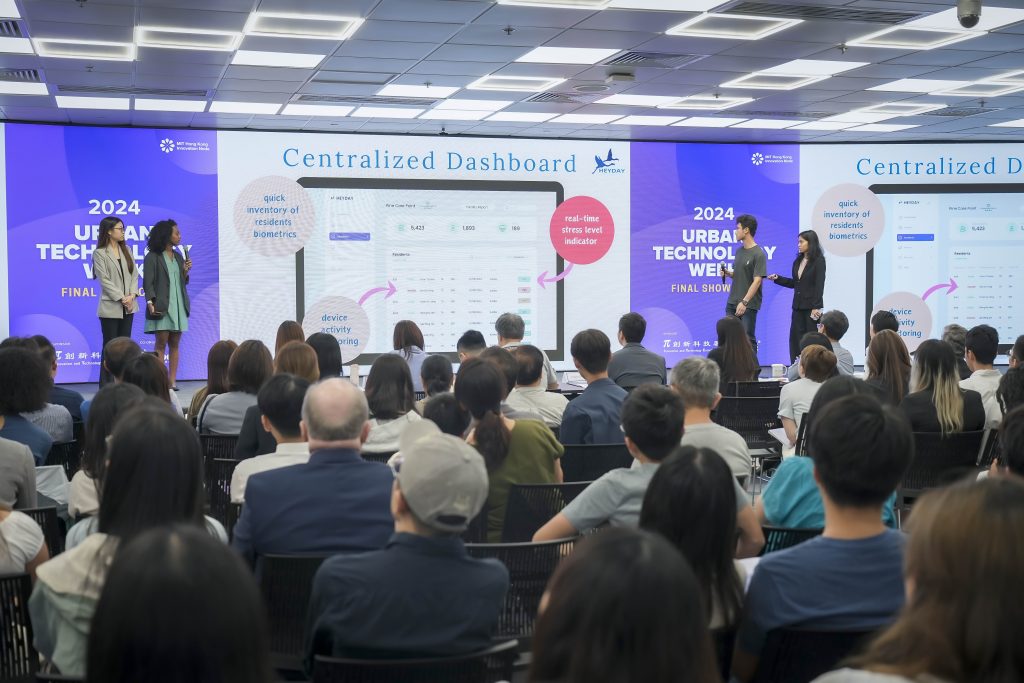
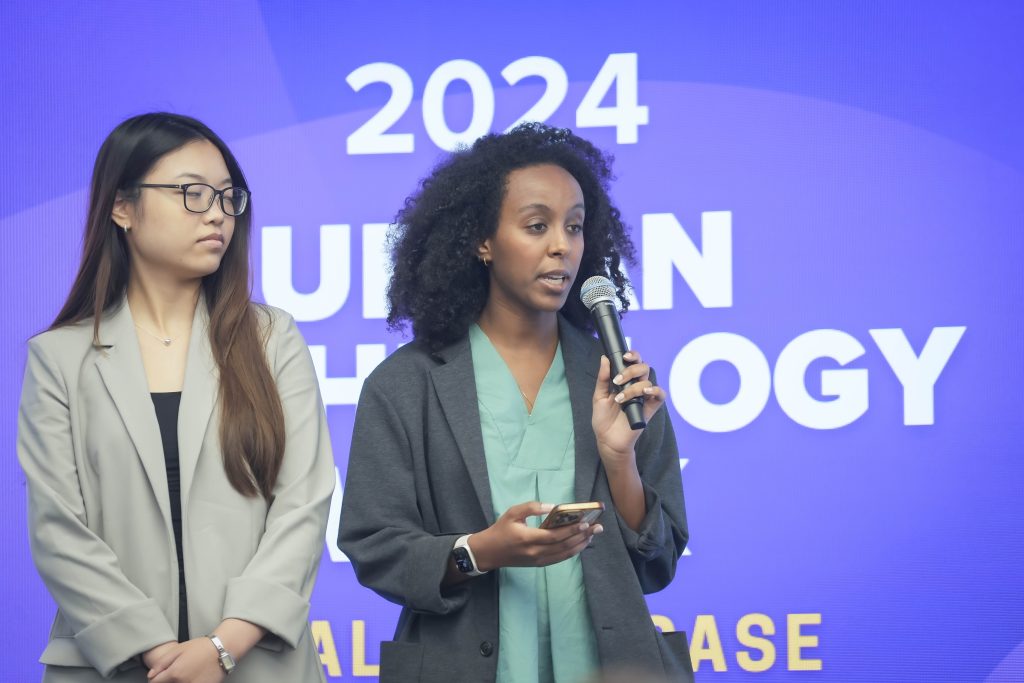
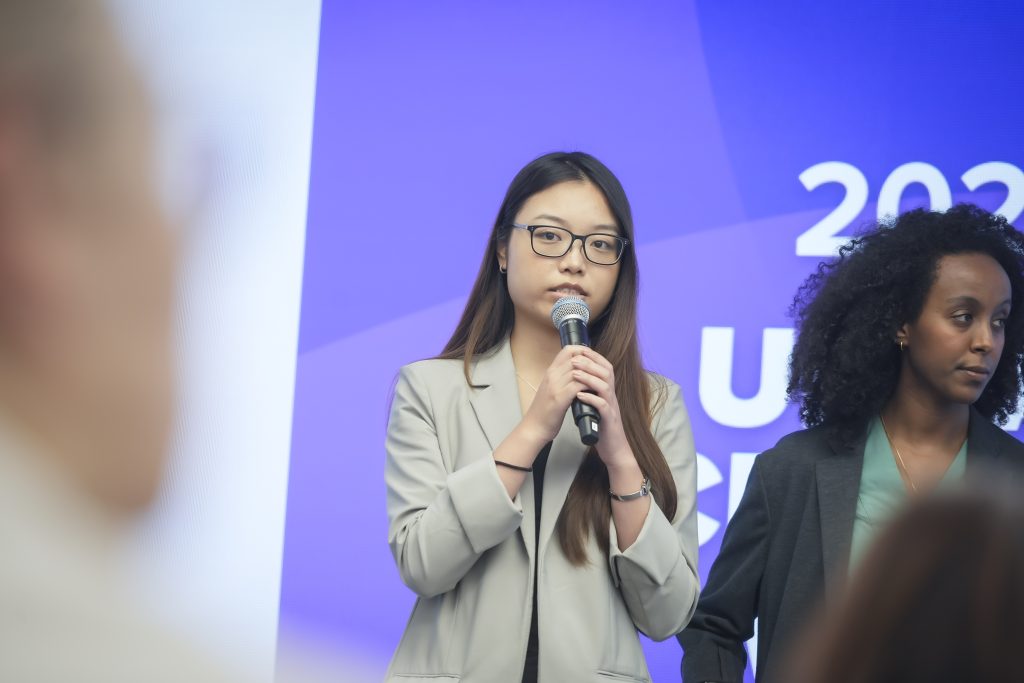
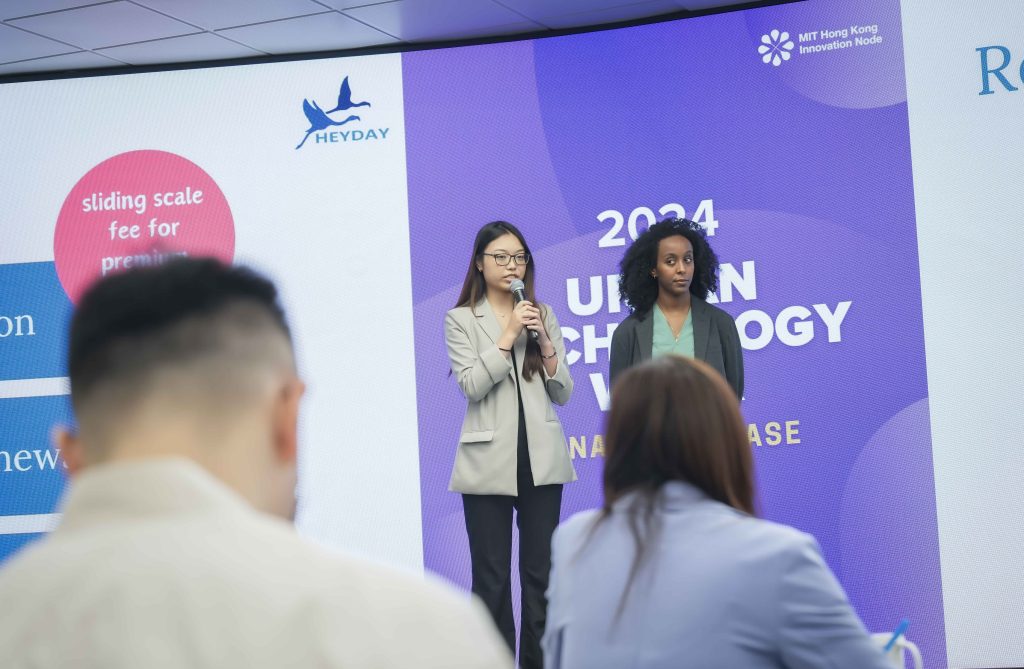
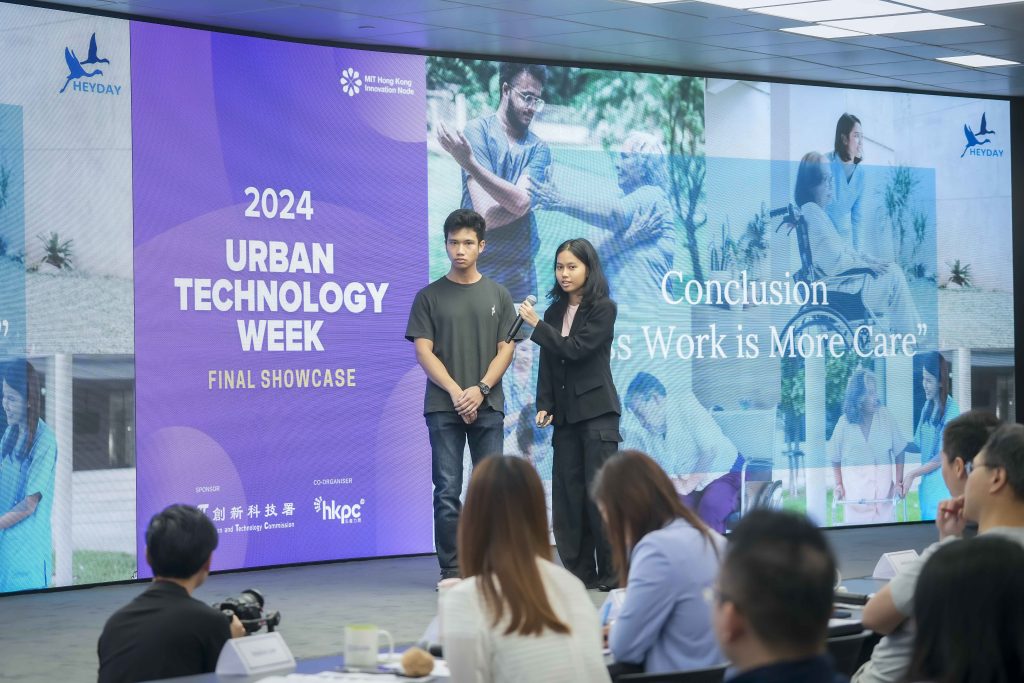
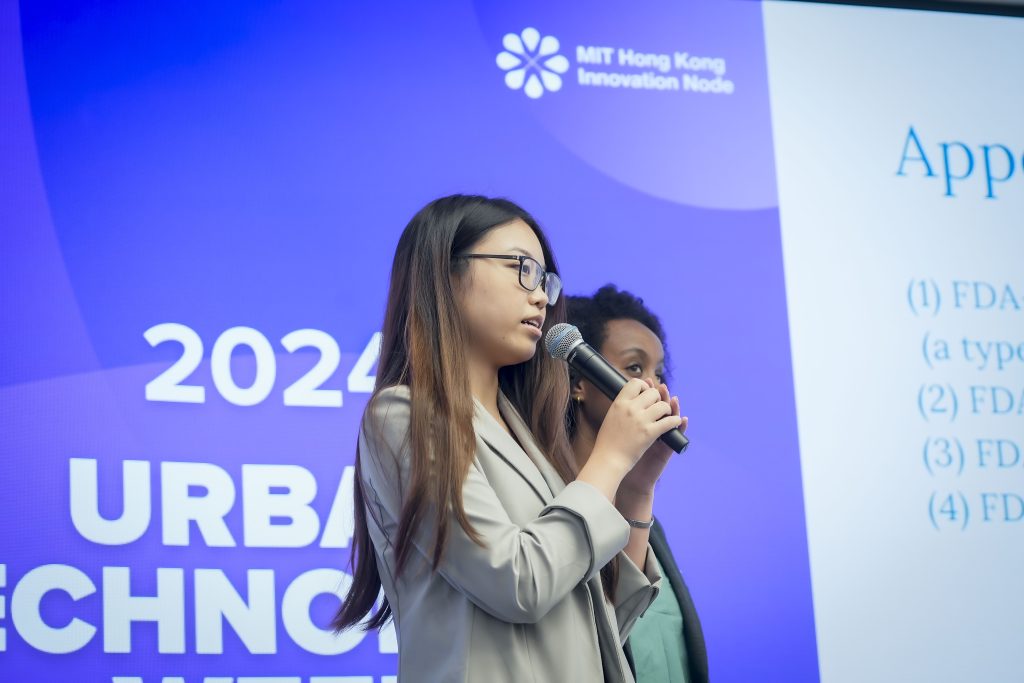
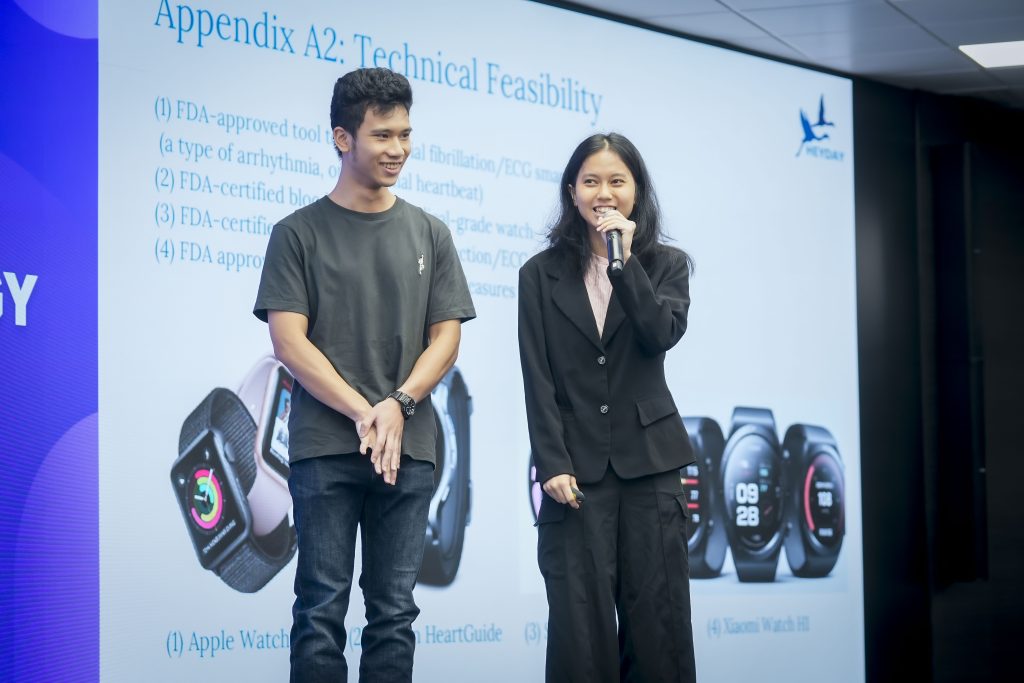
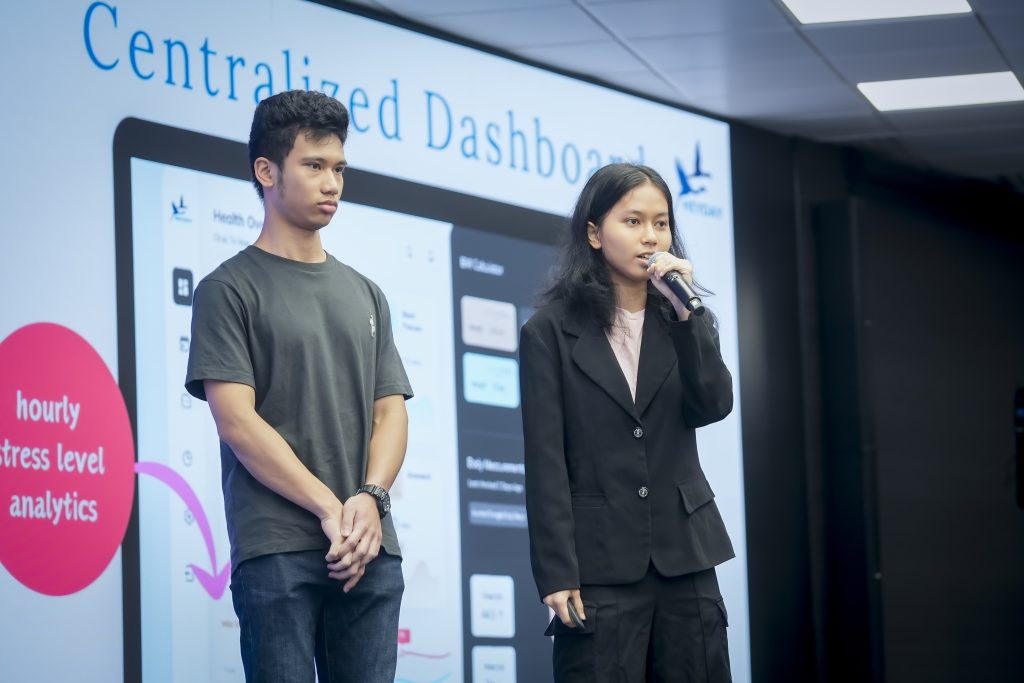
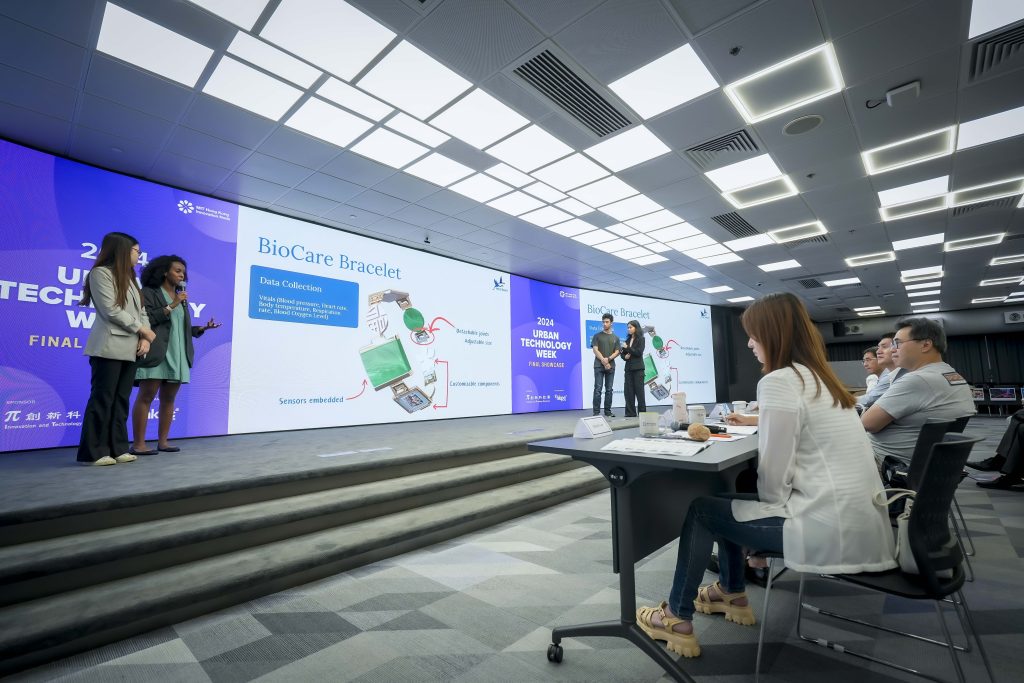
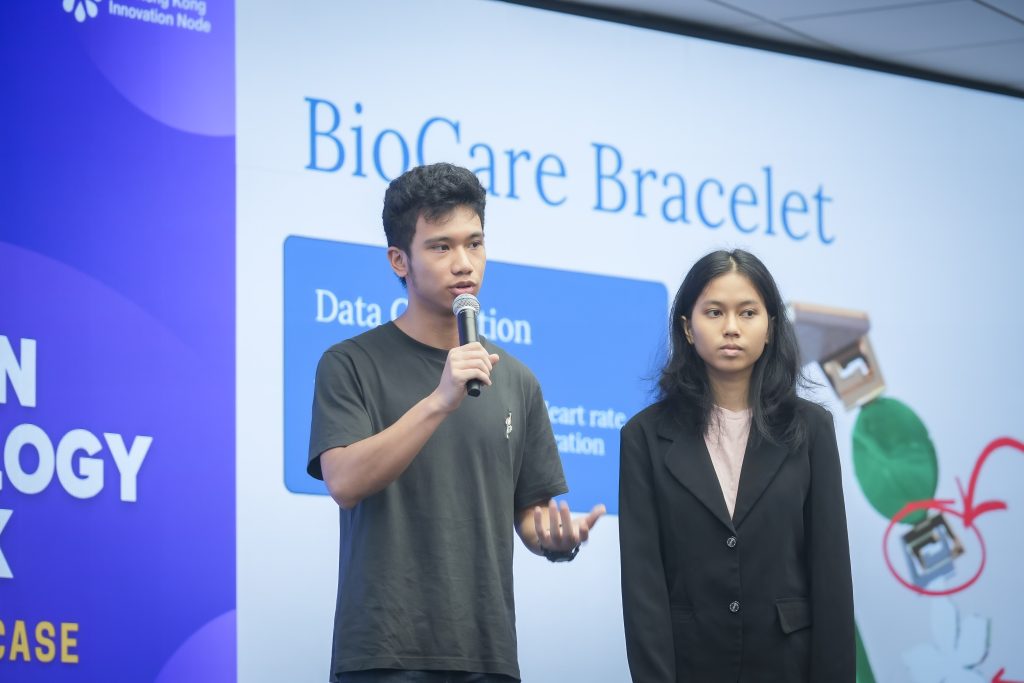
Pals initiated an elder-friendly phone booth that seamlessly aligned the need for social needs for elderly and lightened workload for RCHE staff. A facial recognition-enabled smartphone device specifically designed for elderly residents at Residential Care Homes, aimed at preventing misuse. The device features a phone booth where the elderly can enter, and the facial recognition system identifies the user, providing them with various contact options. Additionally, the system supports scheduling and automated voice mail, ensuring seamless communication even when family members are away.
Heyday featured an unique BioCare Assistive Systems, that integrate data collection of elderly with detectable pieces of BioCare Bracelet to provide high quality monitoring of residents biometrics. The BioCare bracelet came with customisable straps and made with sustainable materials, the bracelets are environmentally friendly, cost effective and equipped with better battery life.
Team 3 - FlexiFriend
Team 4 - MapTR

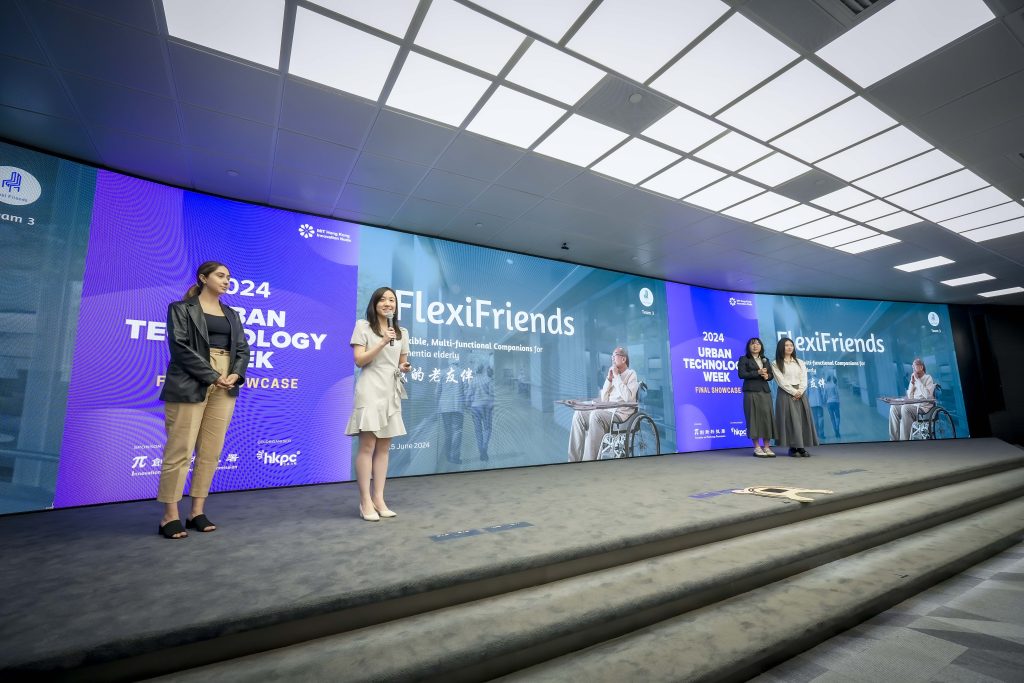
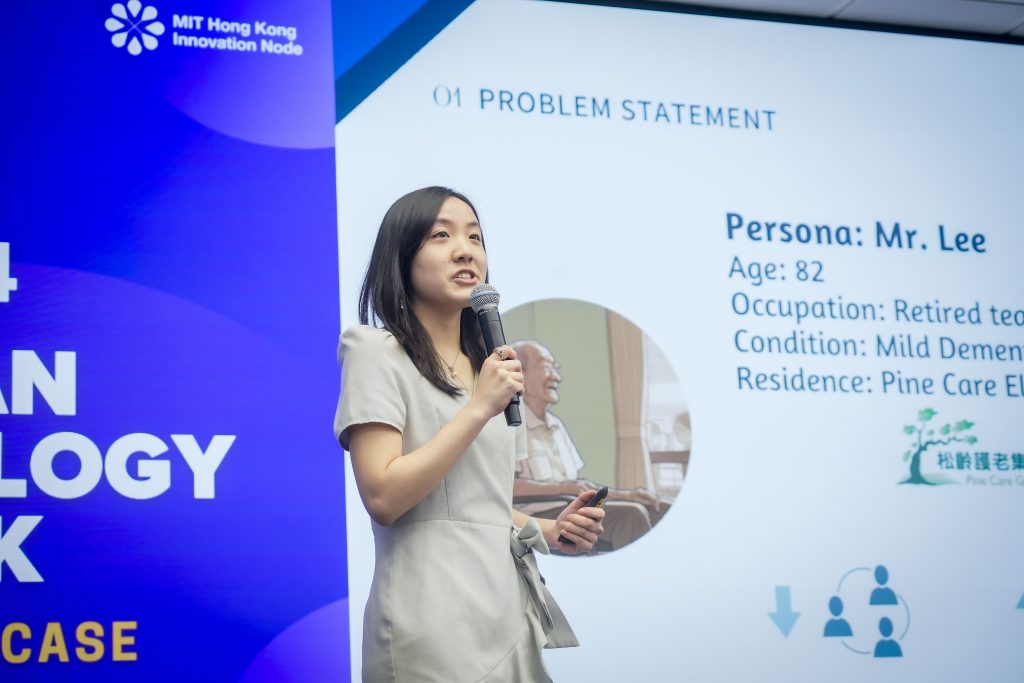
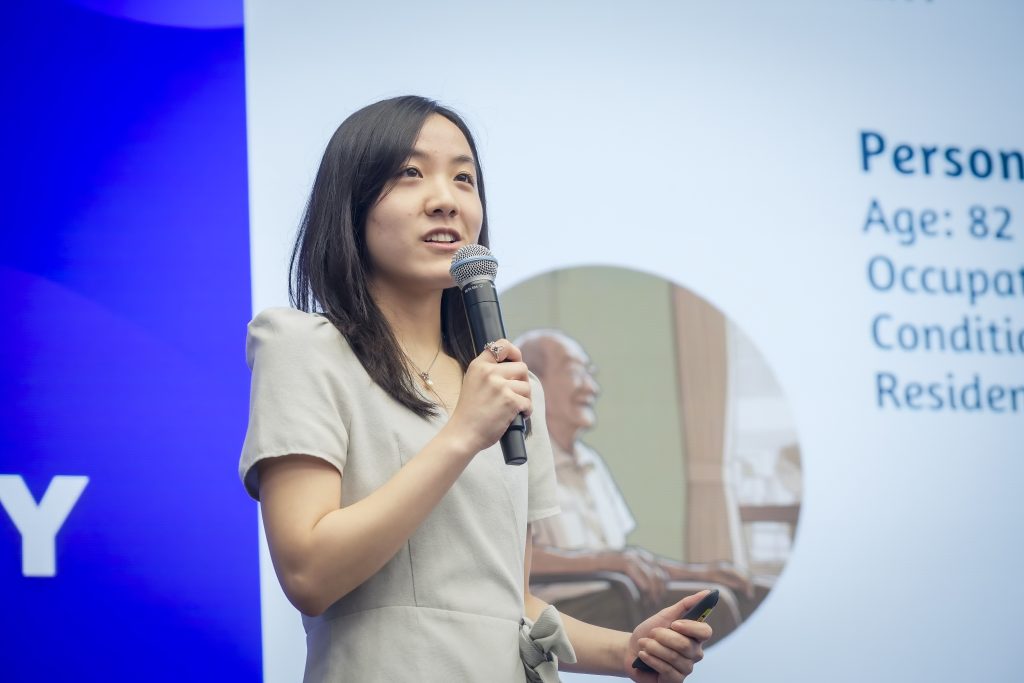
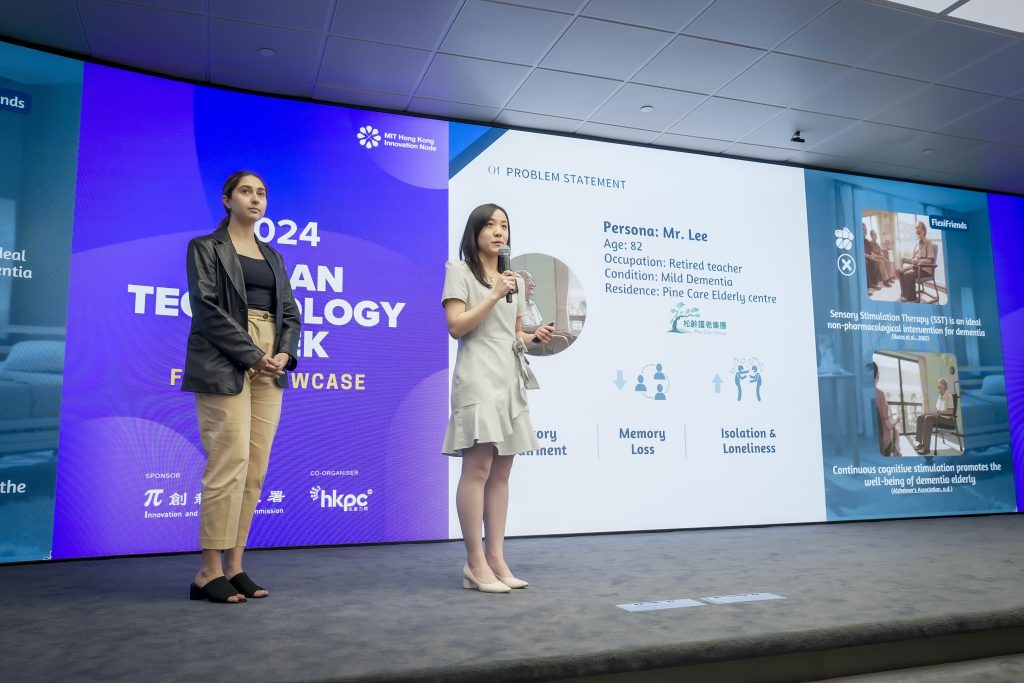
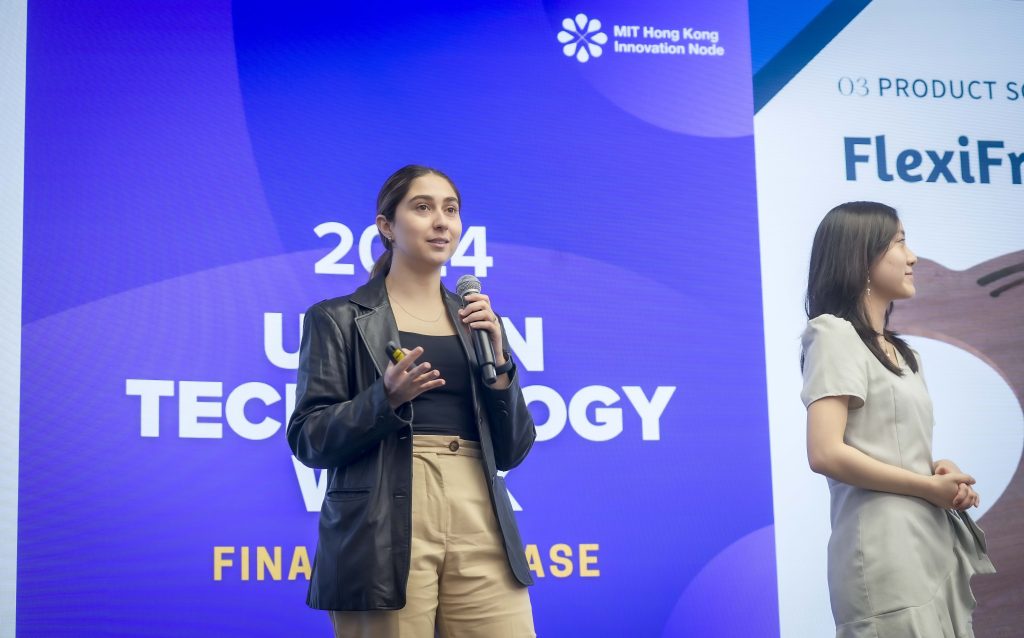
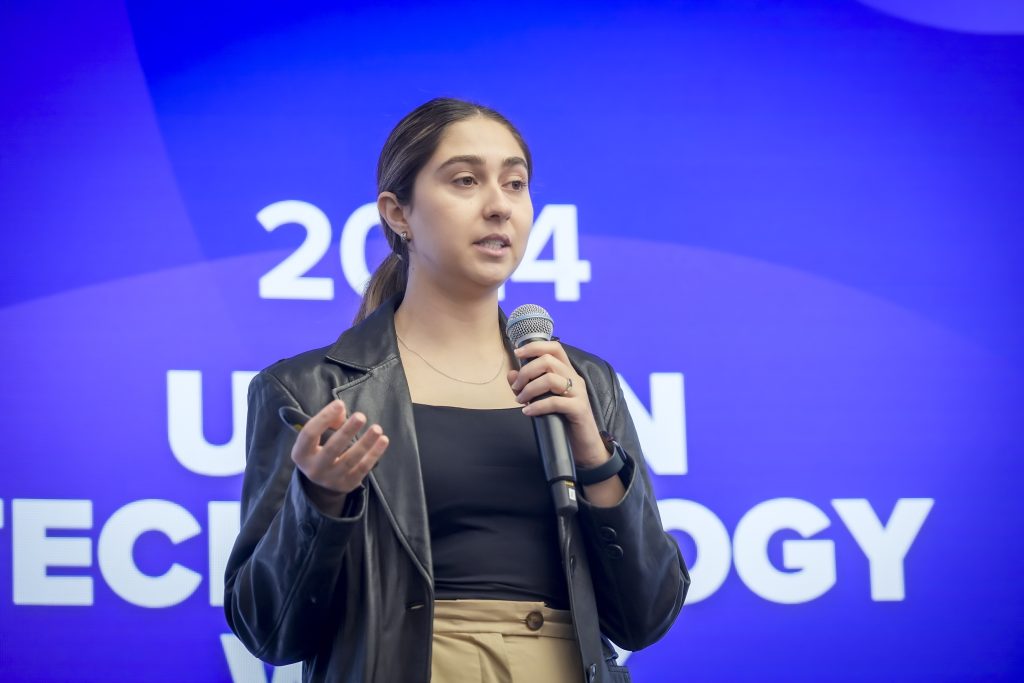
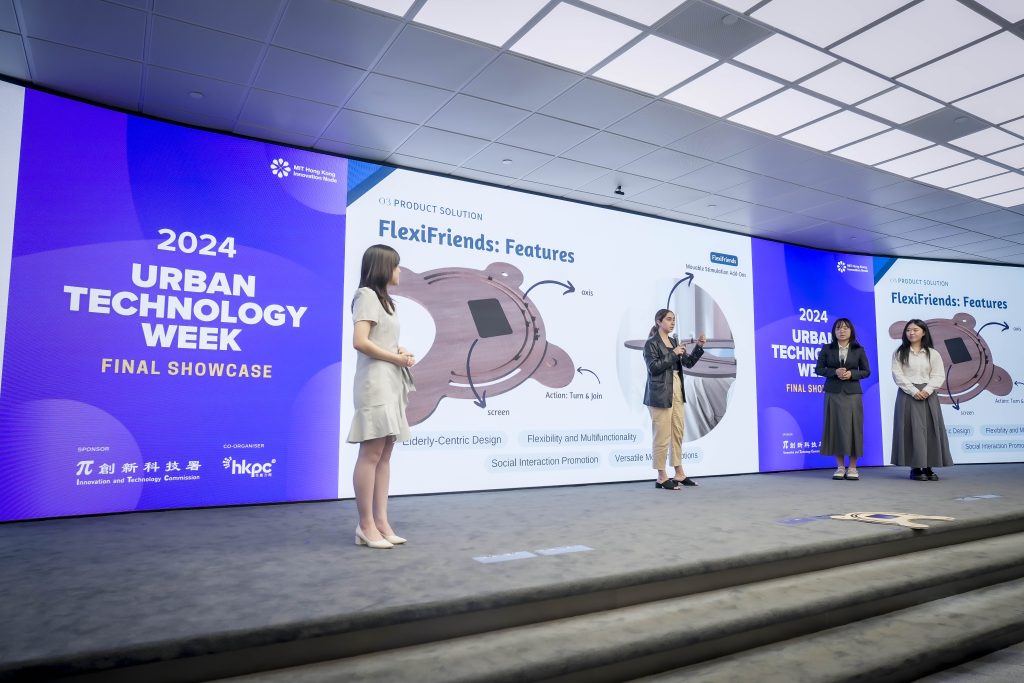
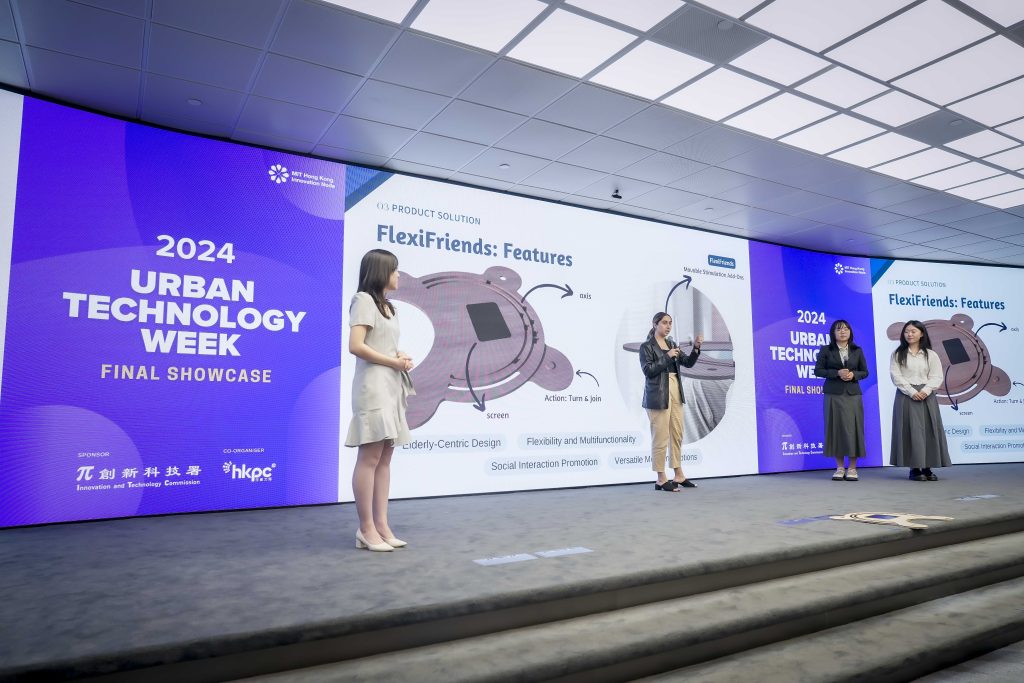
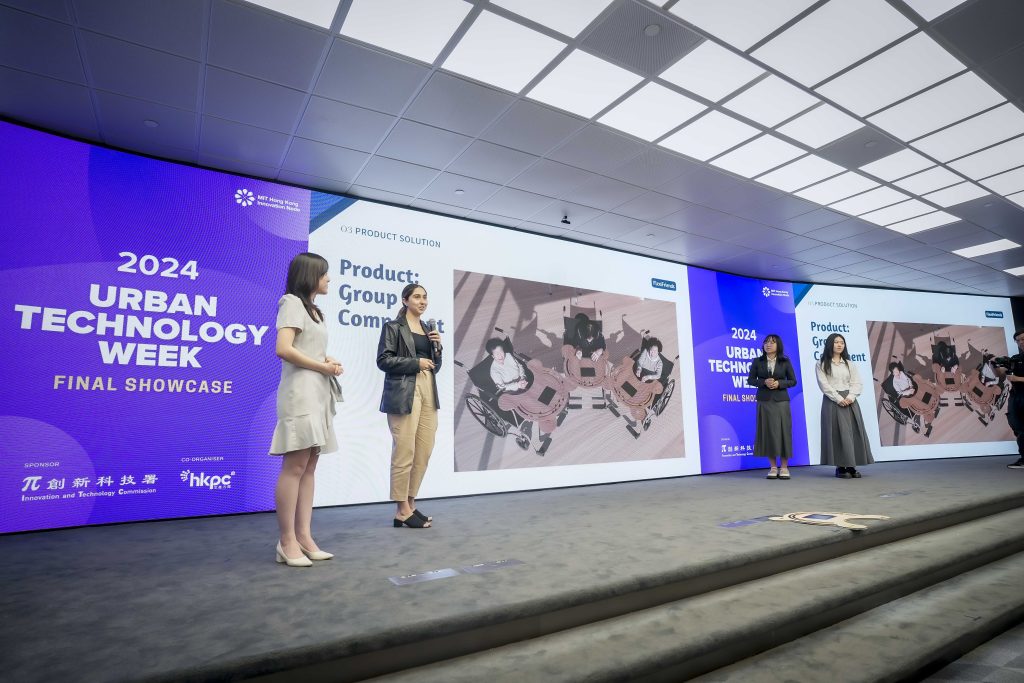
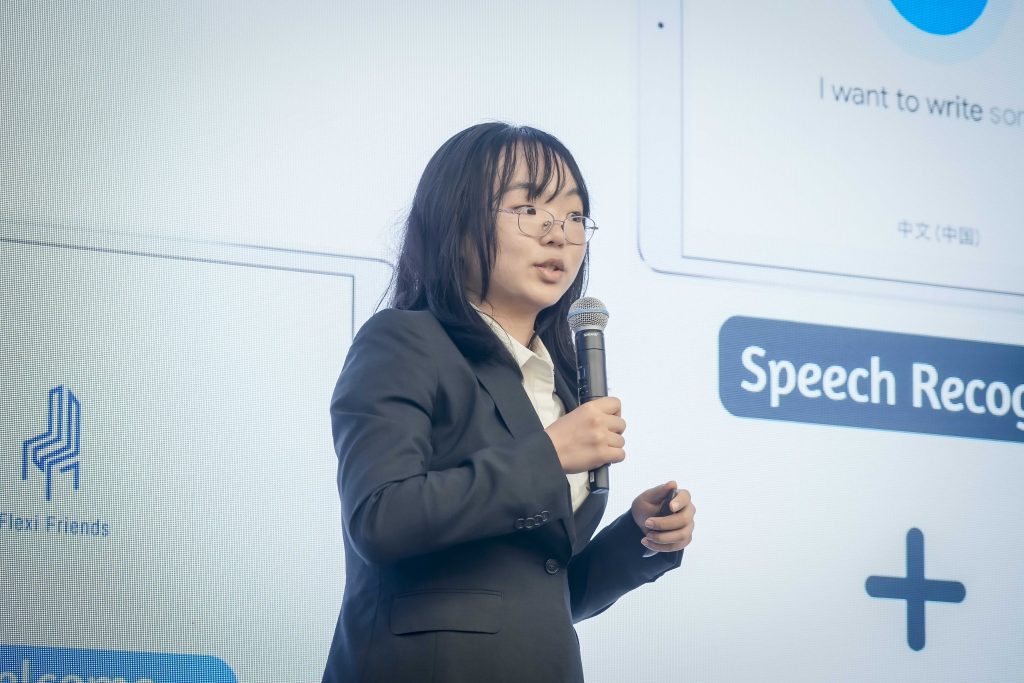
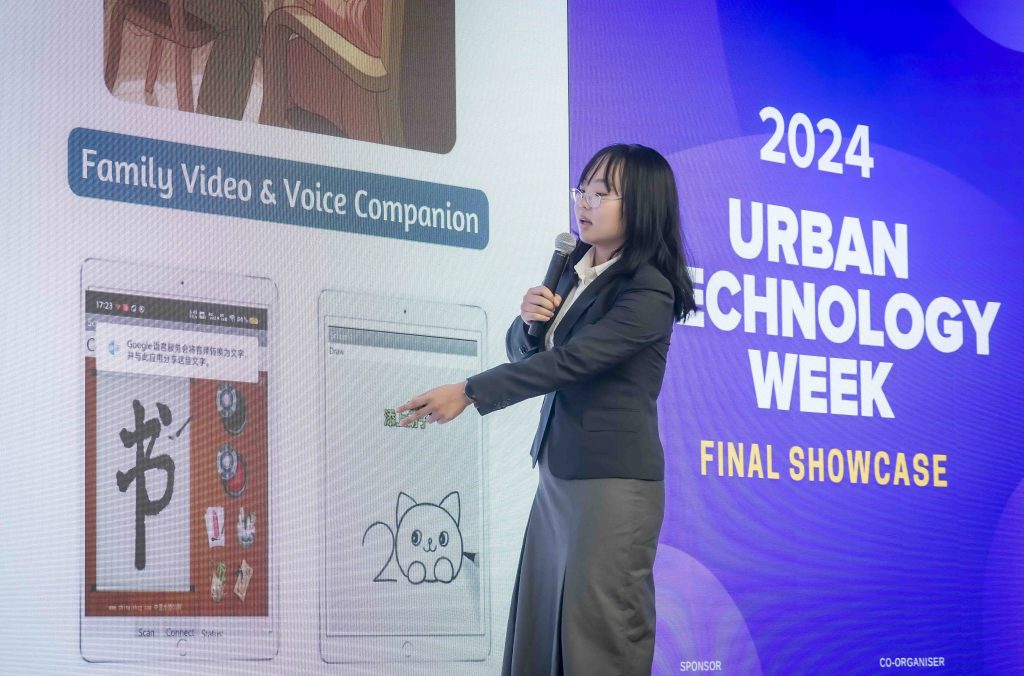
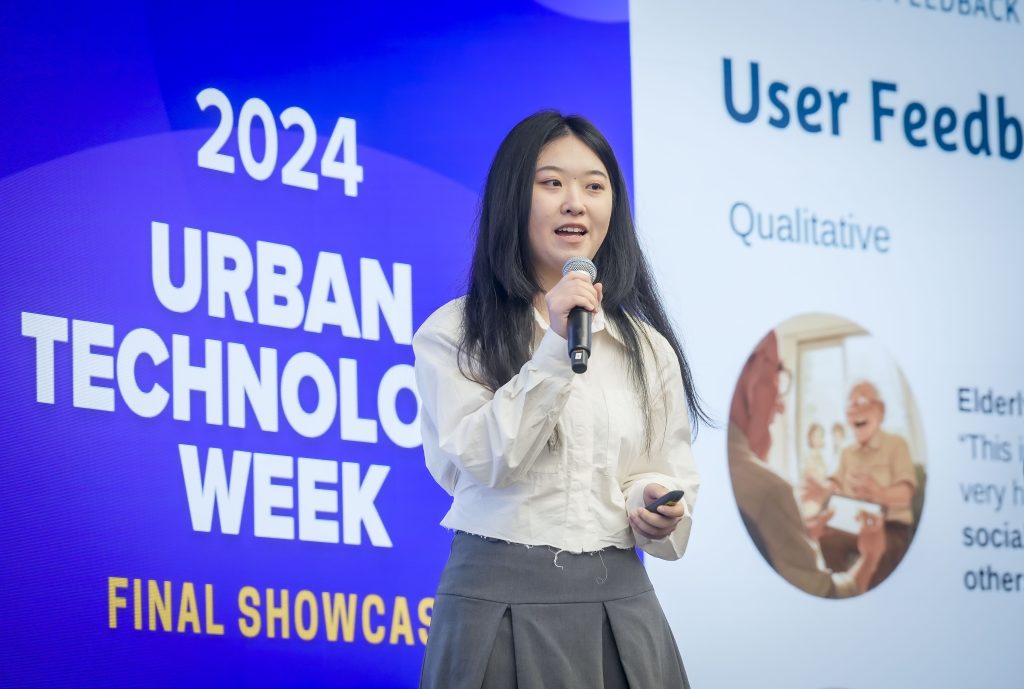
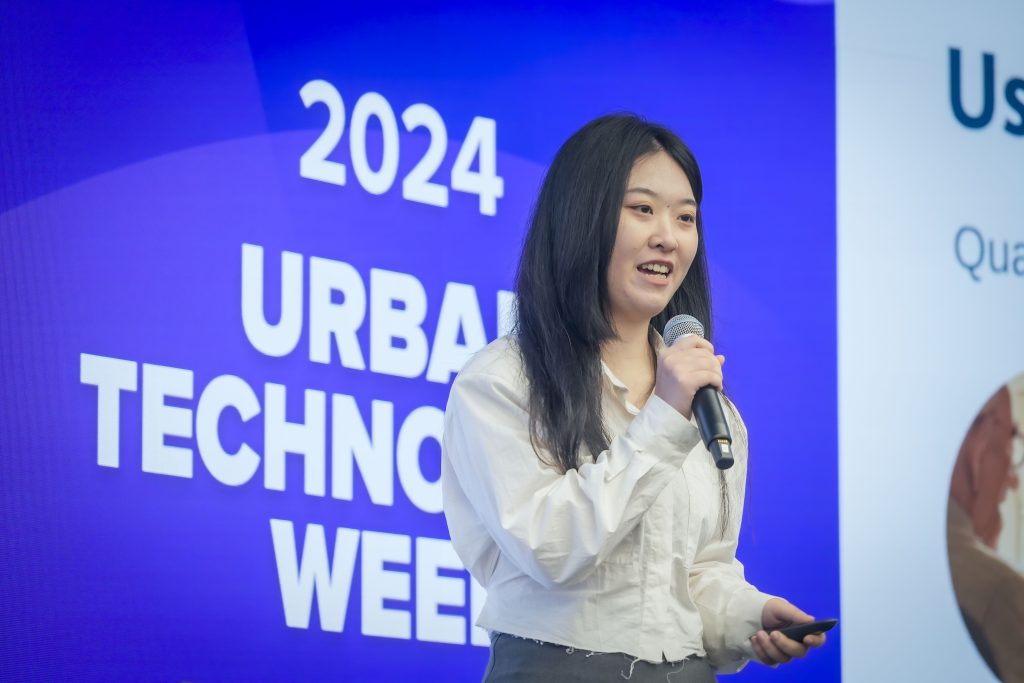
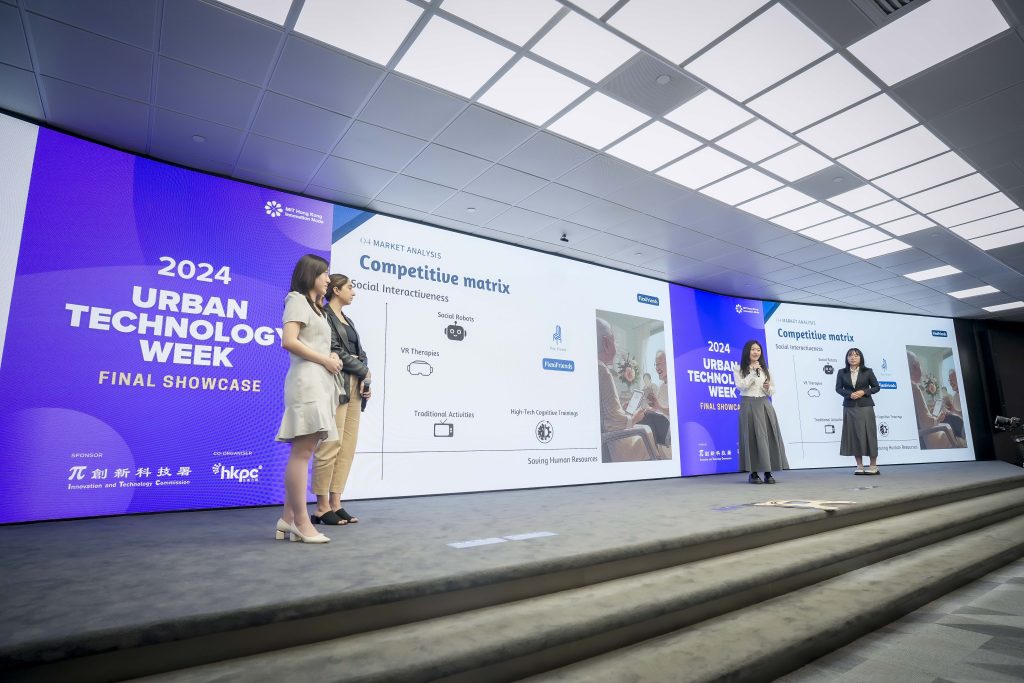
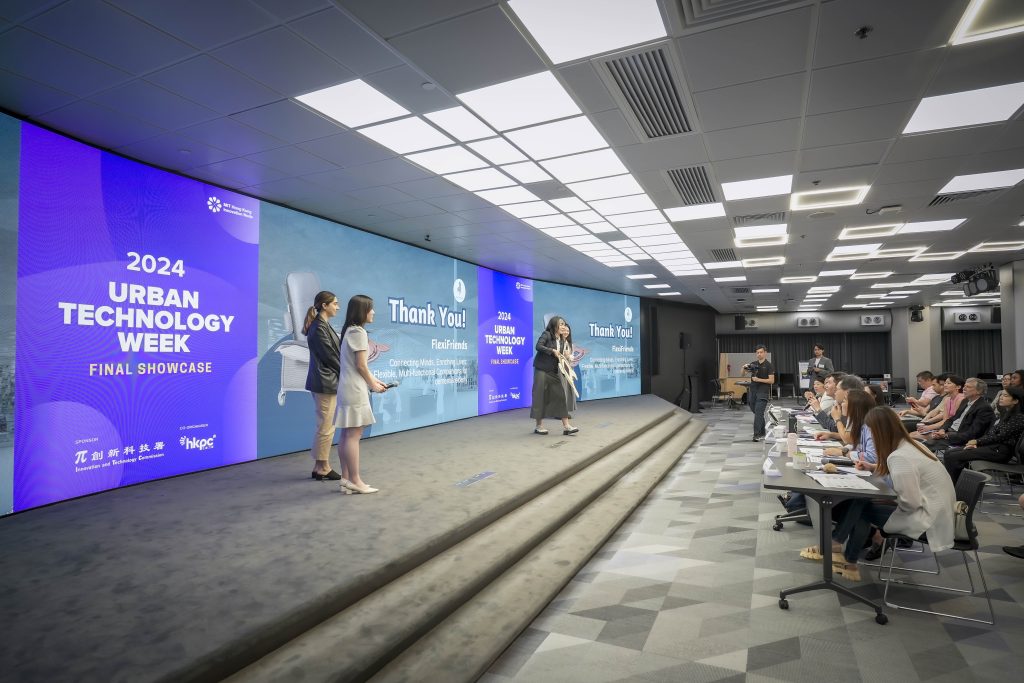
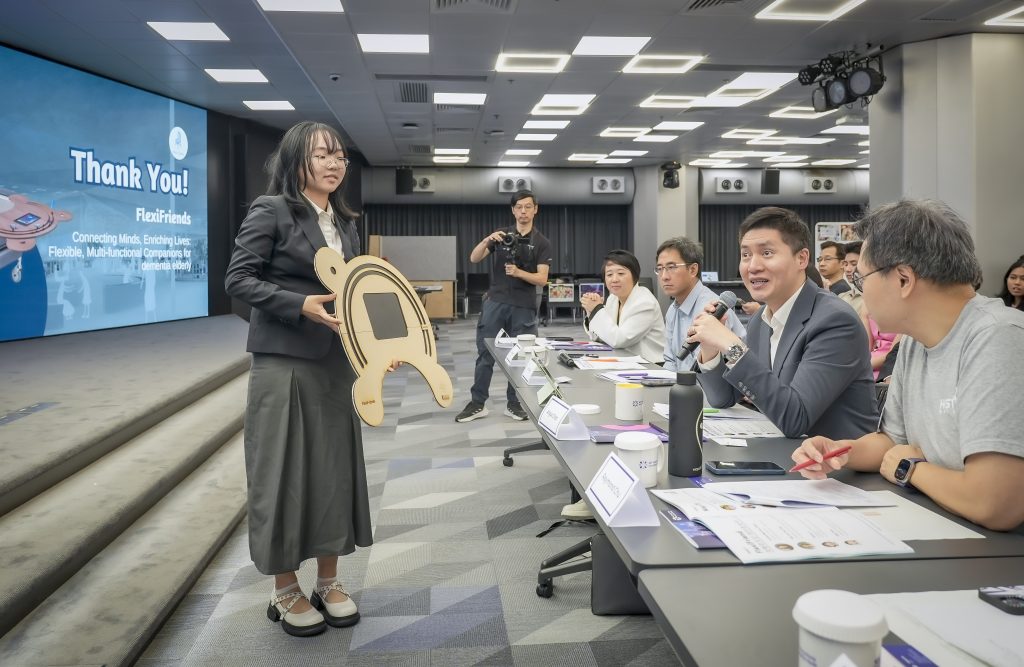
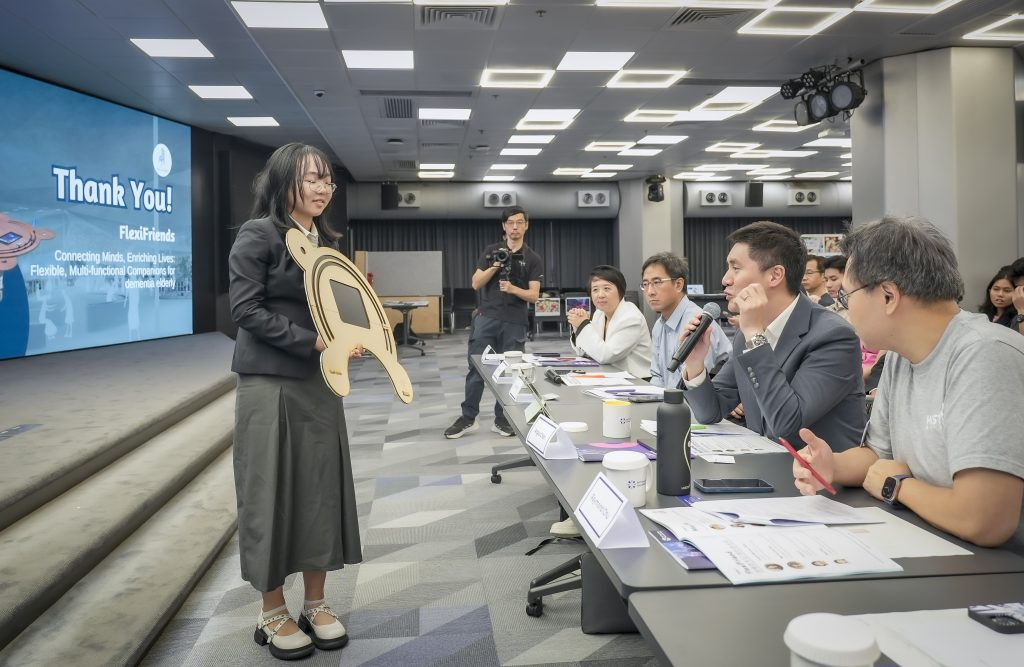
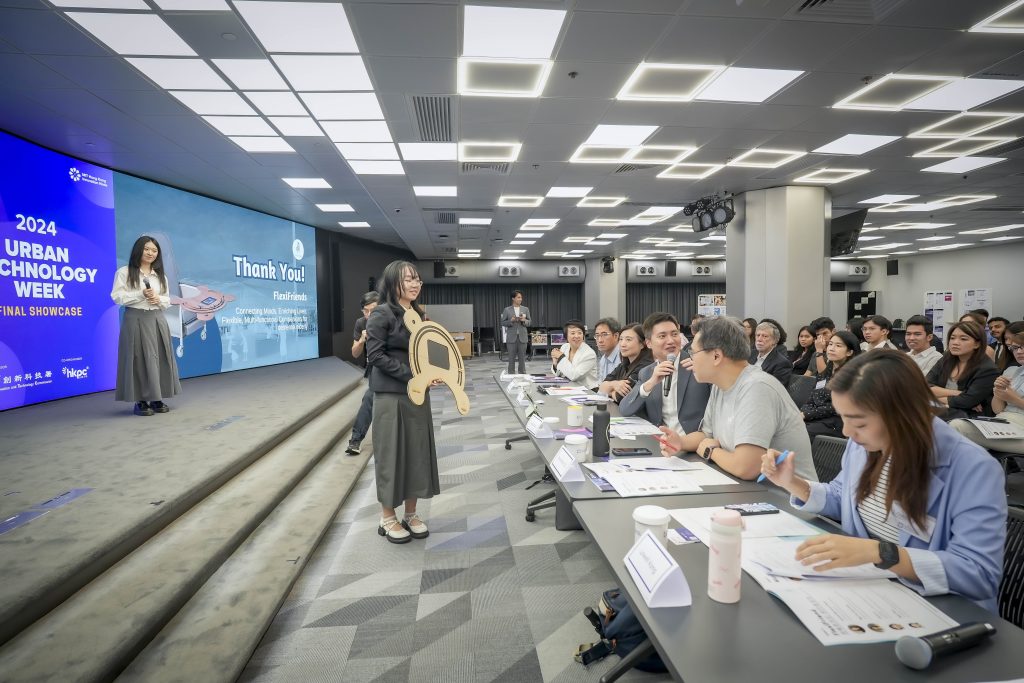
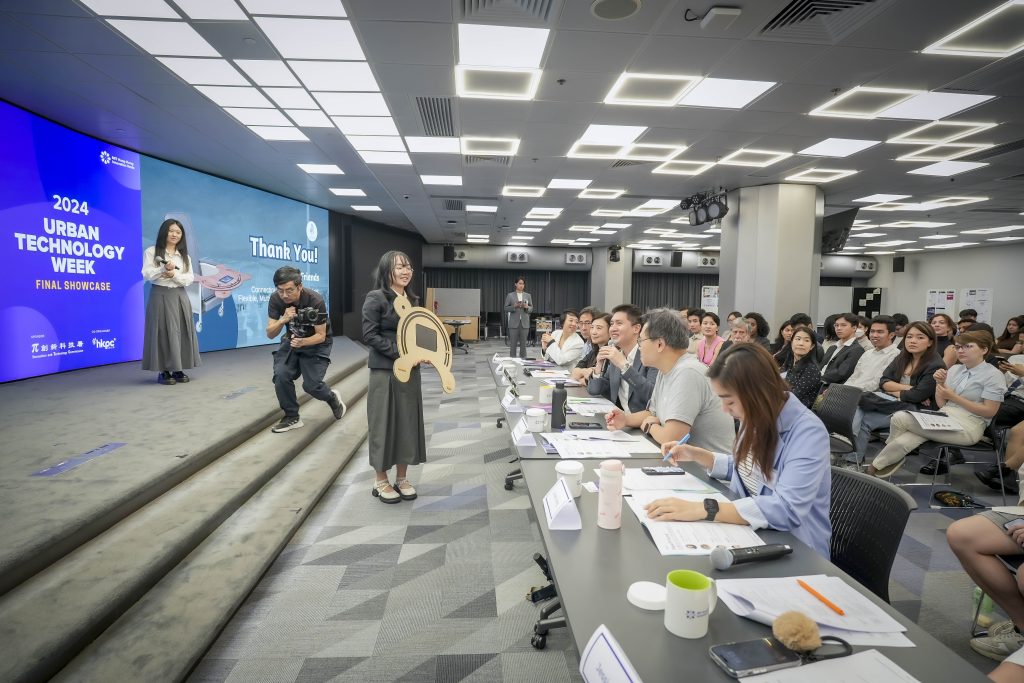
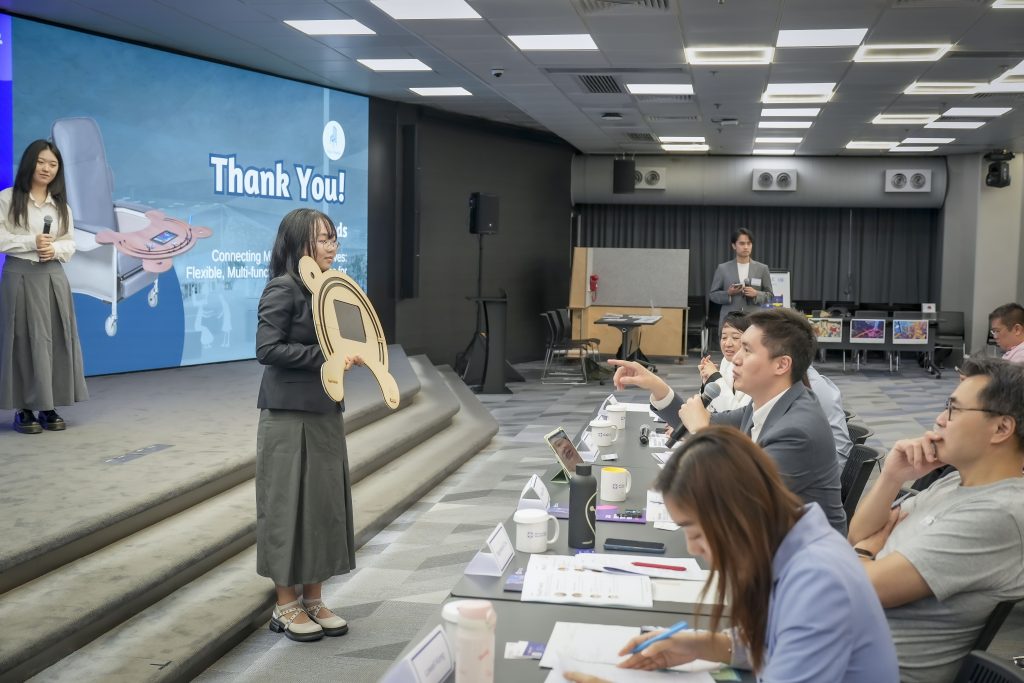
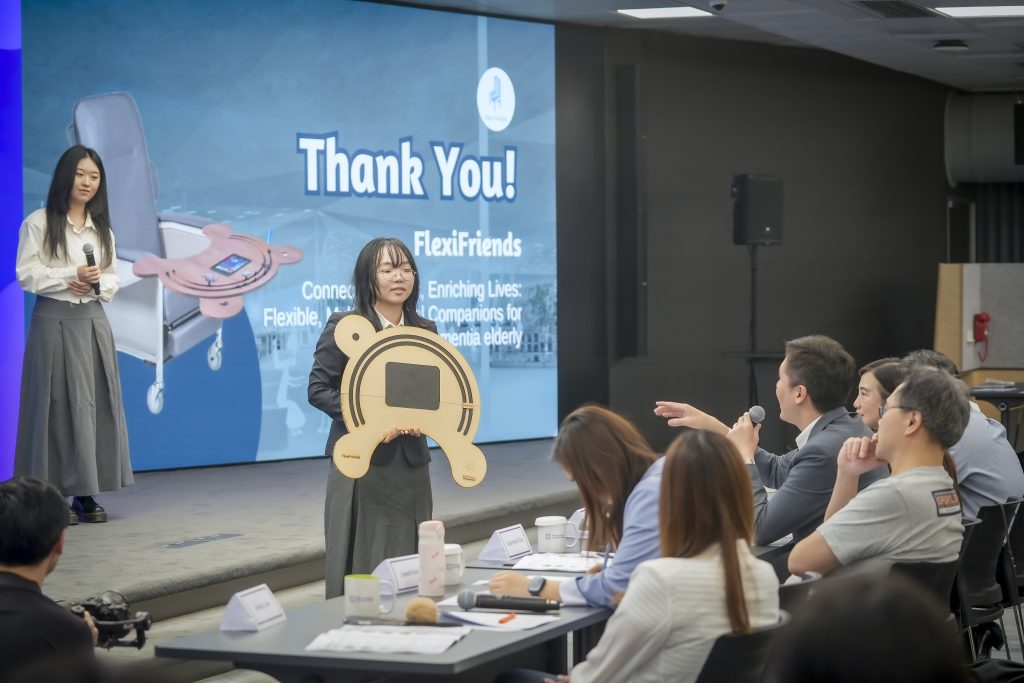
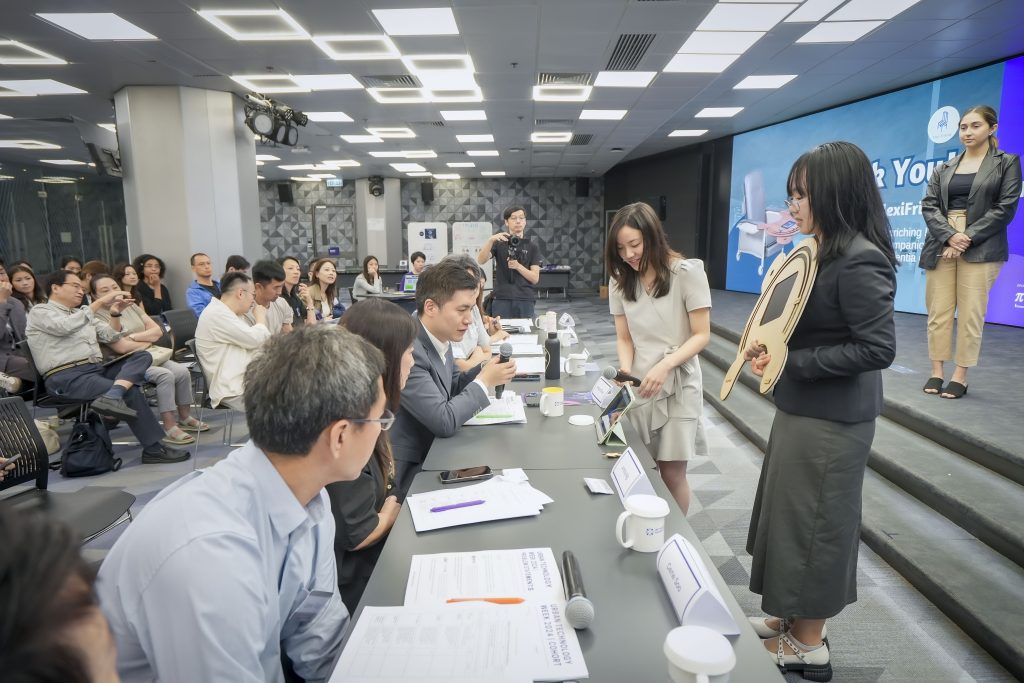
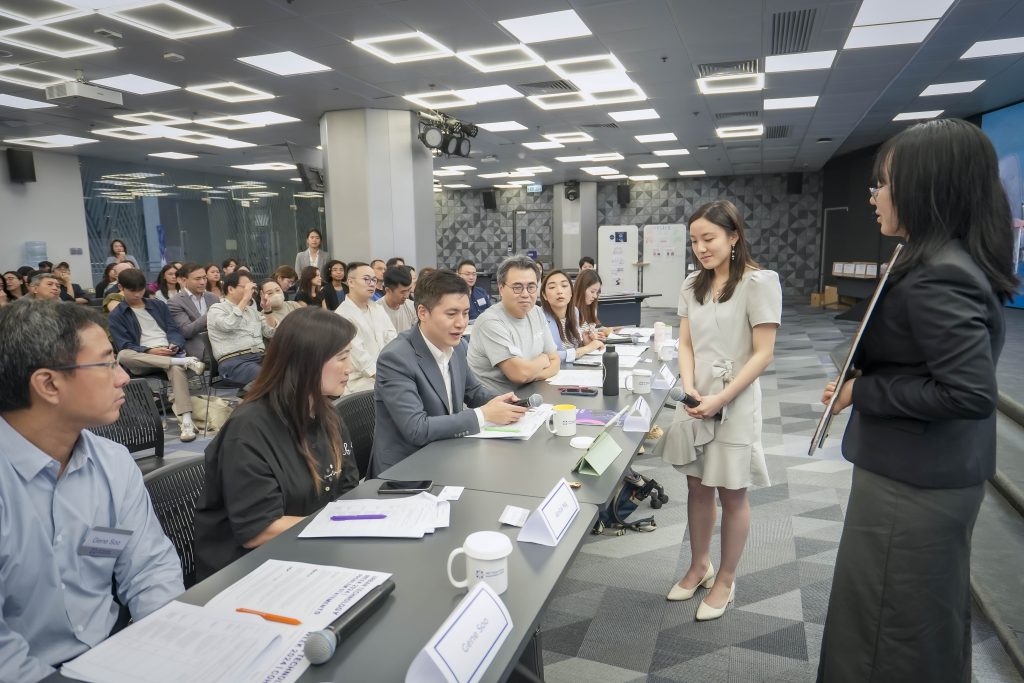
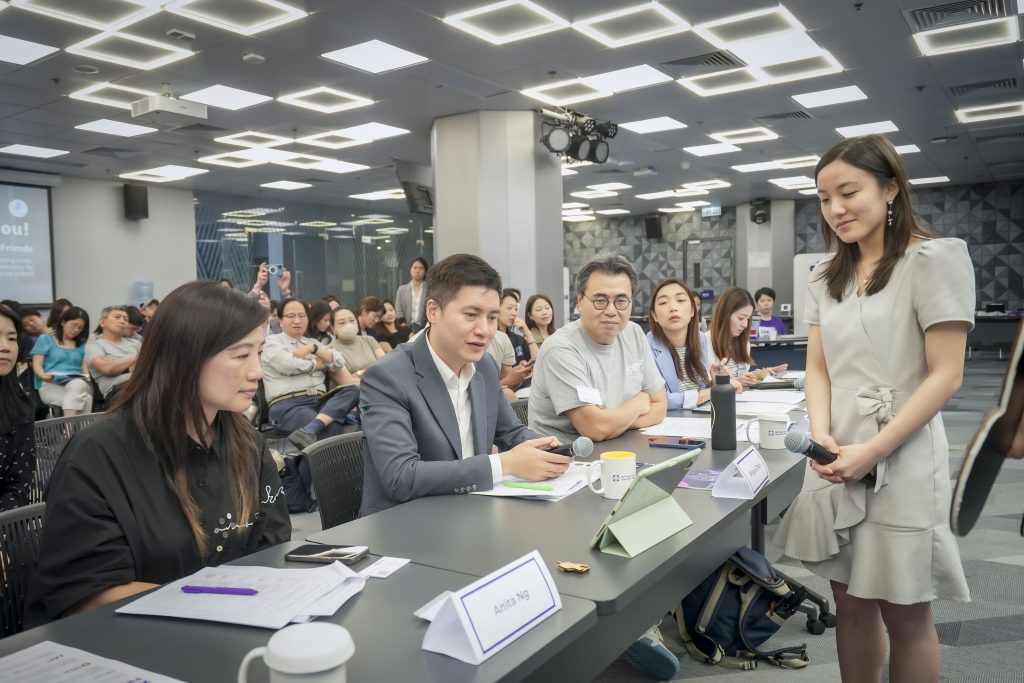
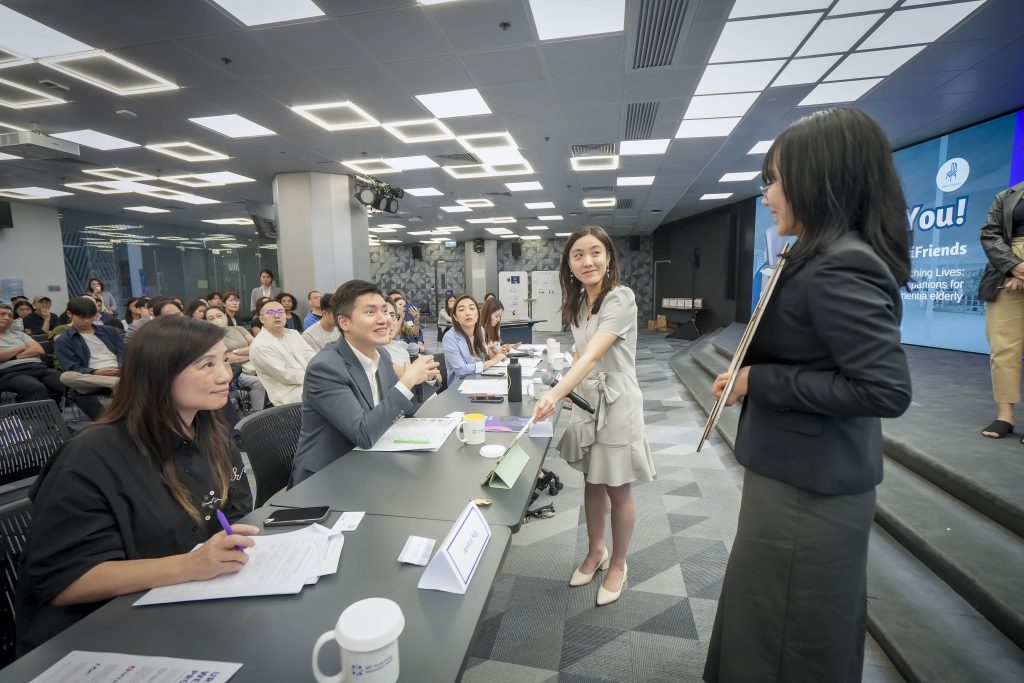
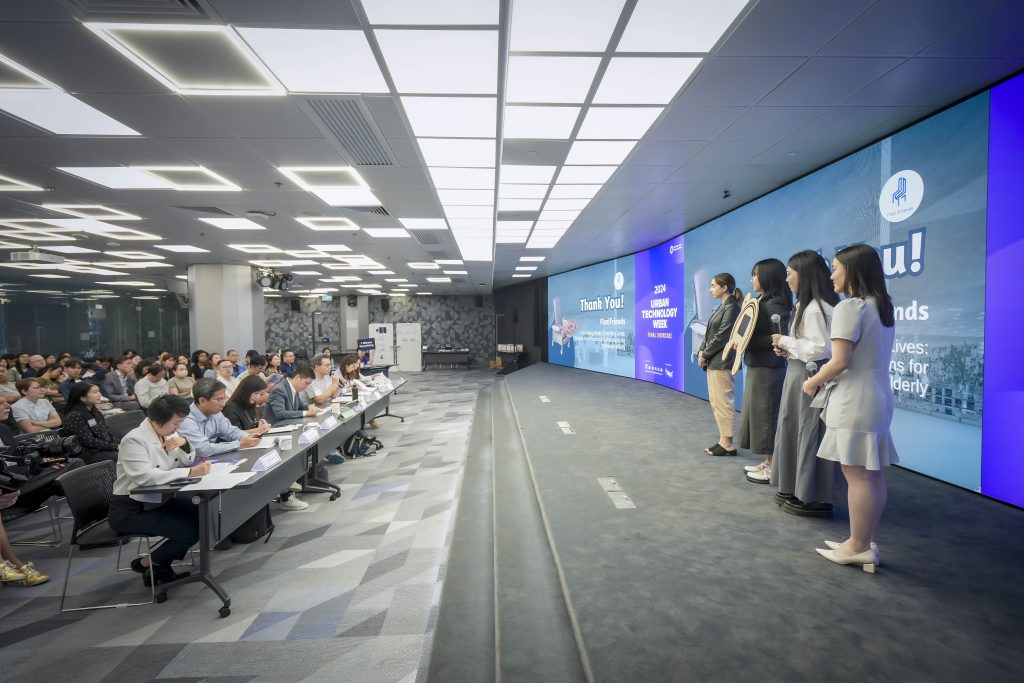
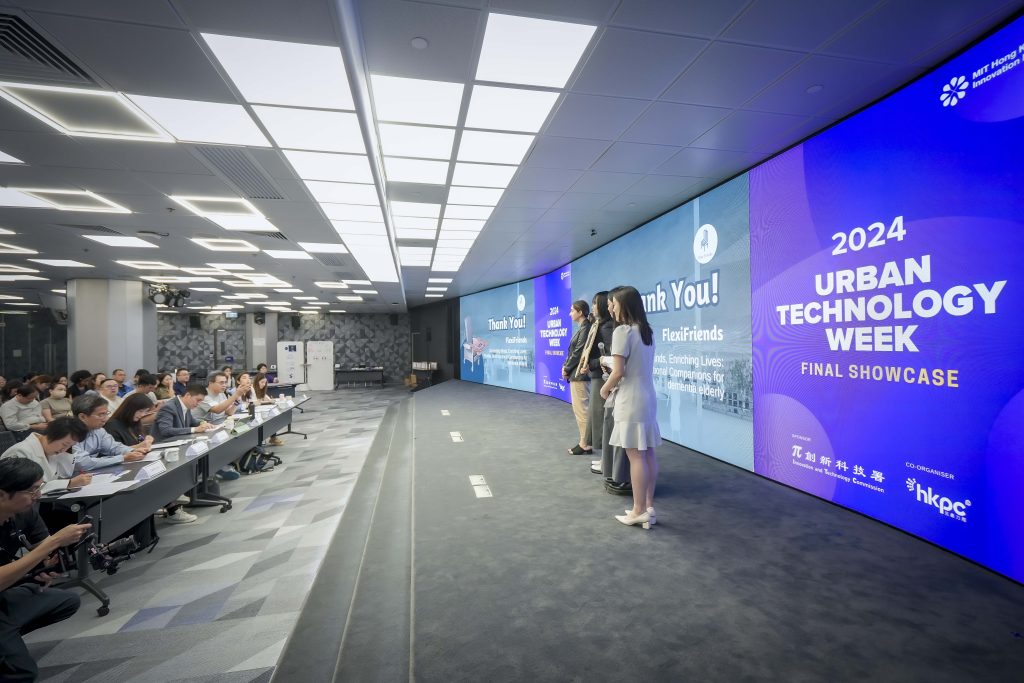
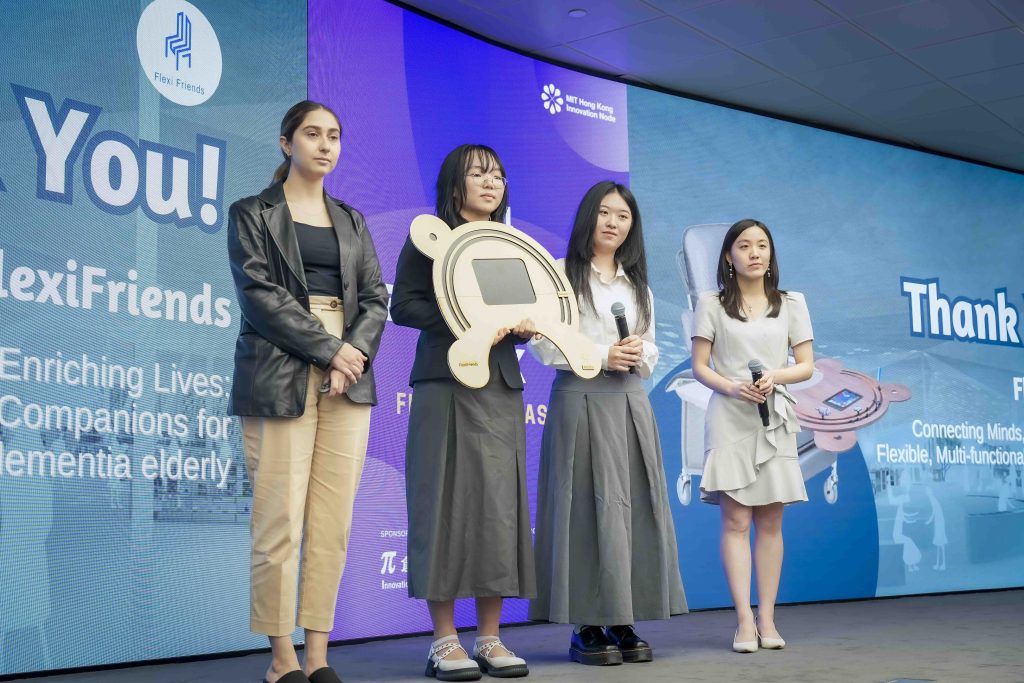
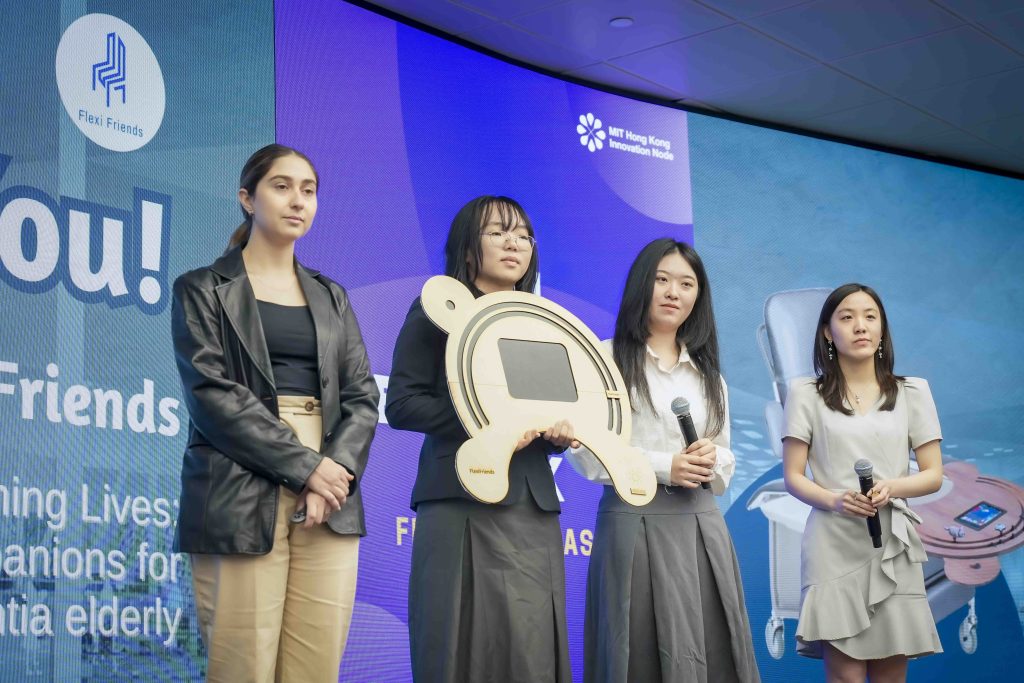
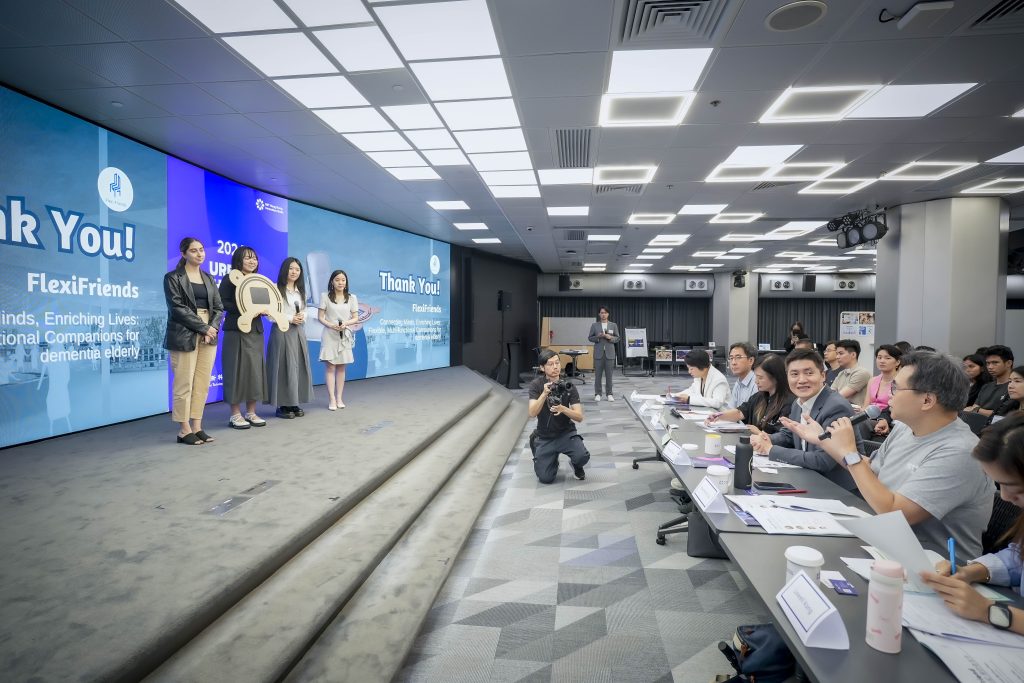

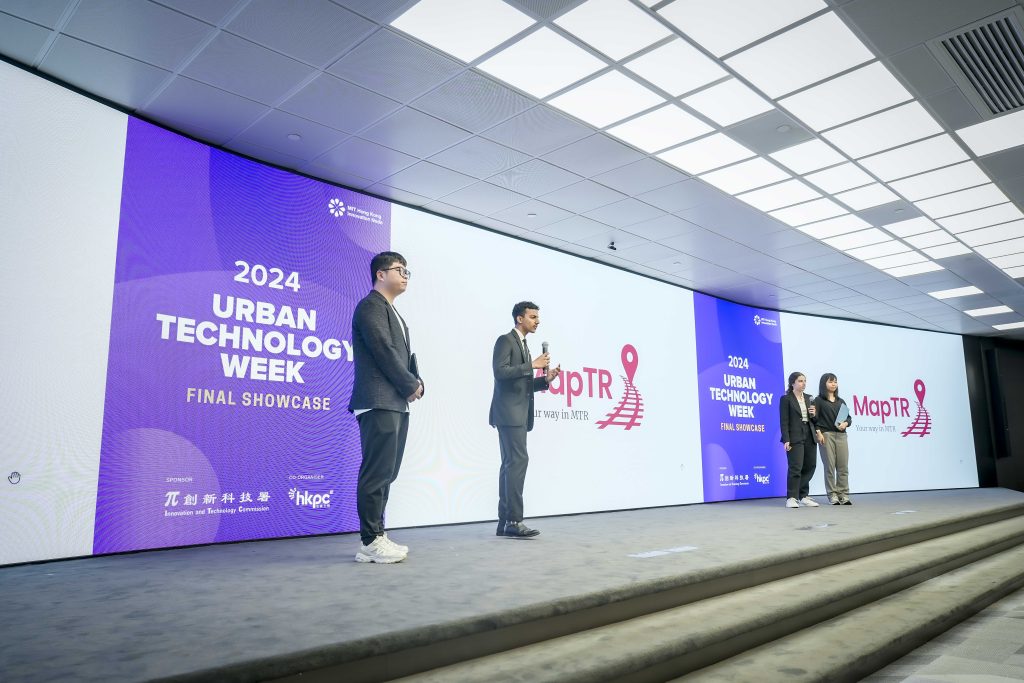
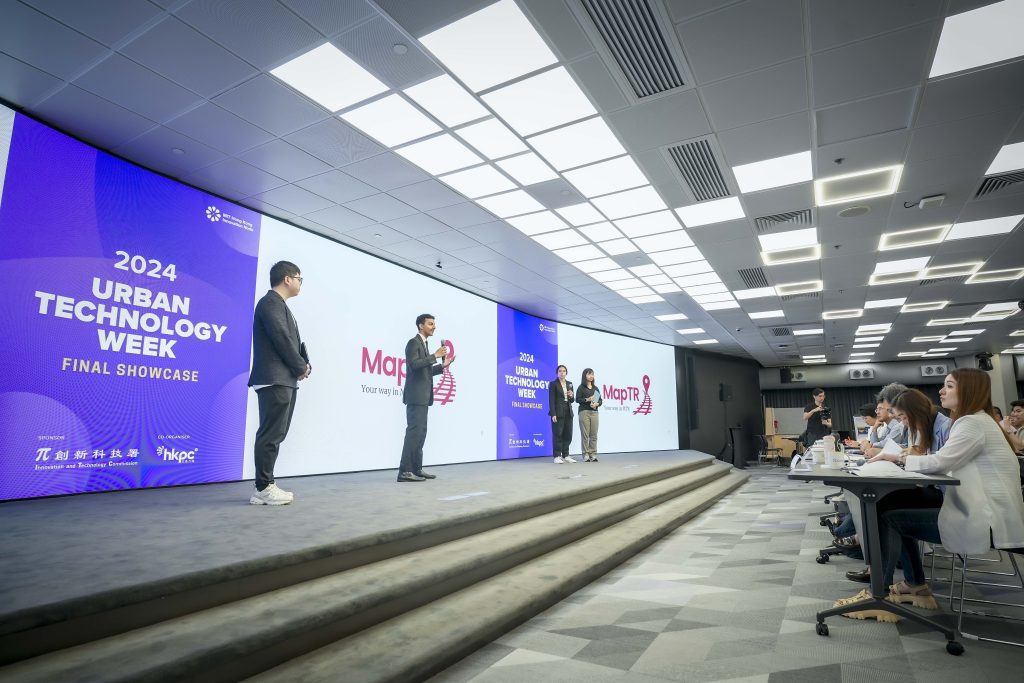
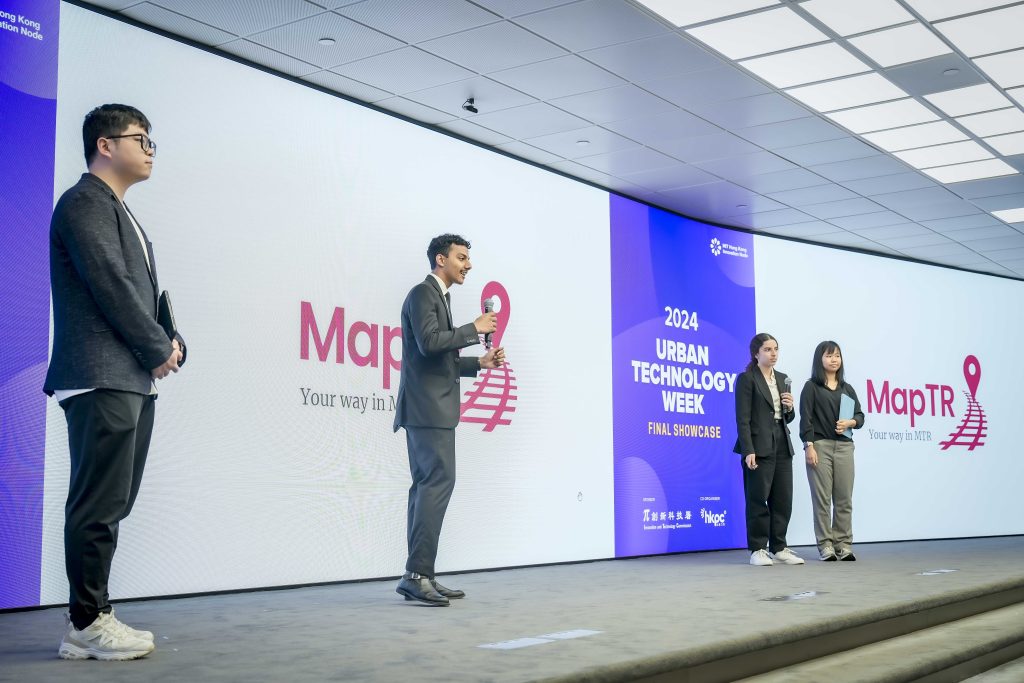
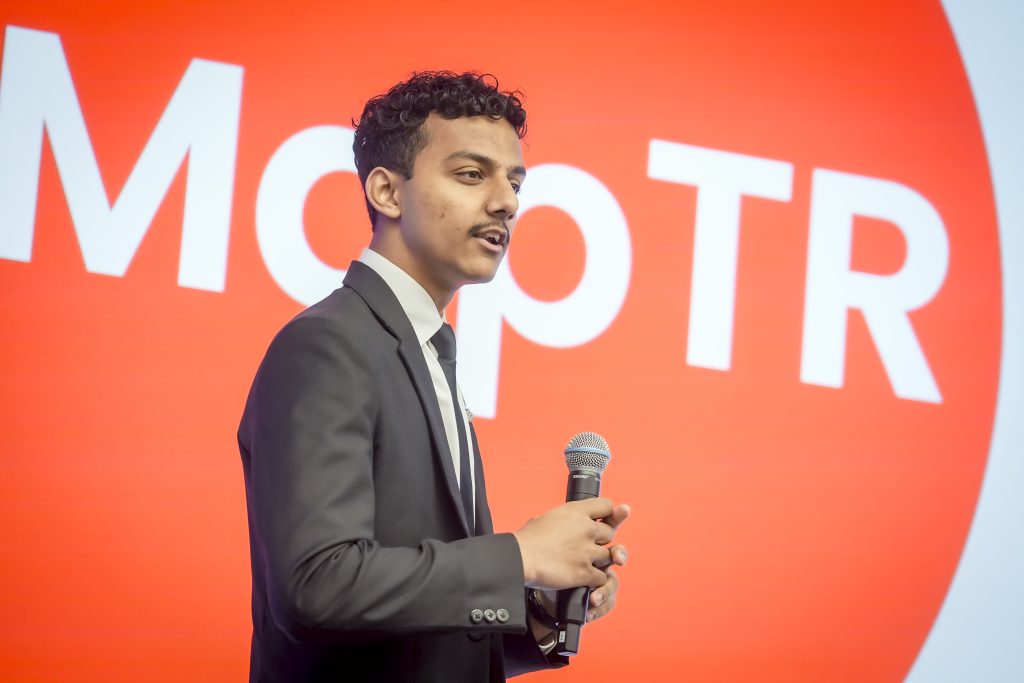
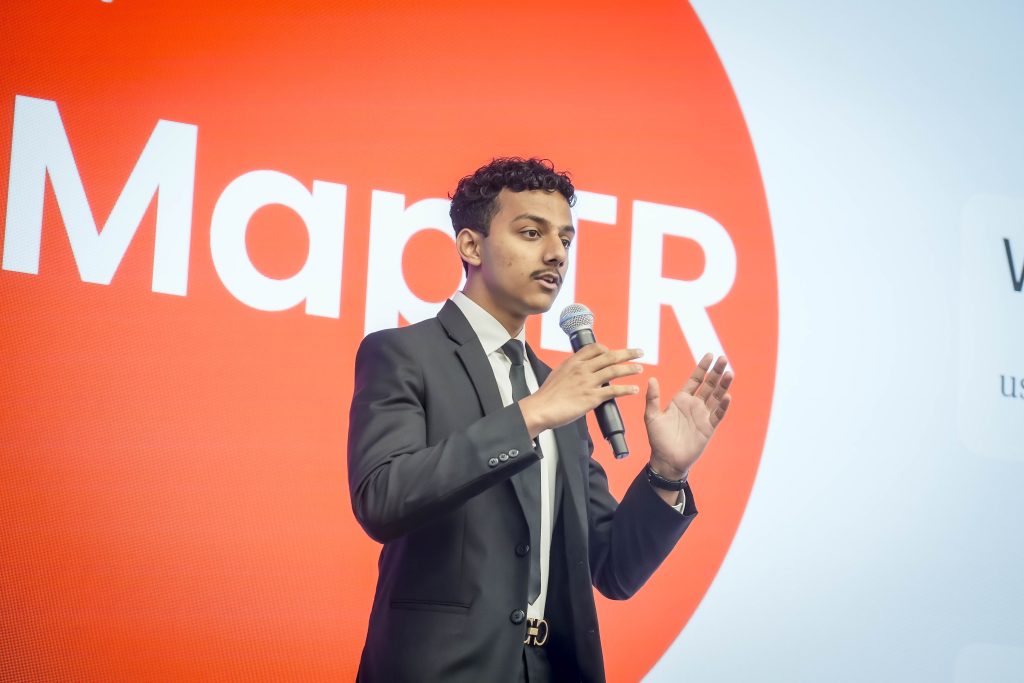
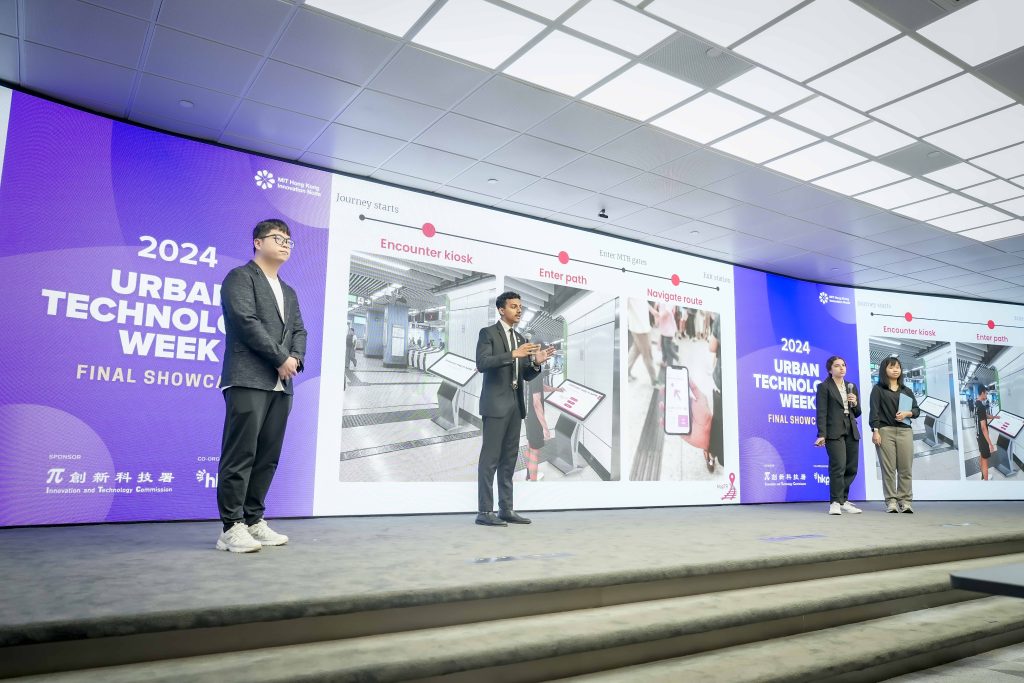
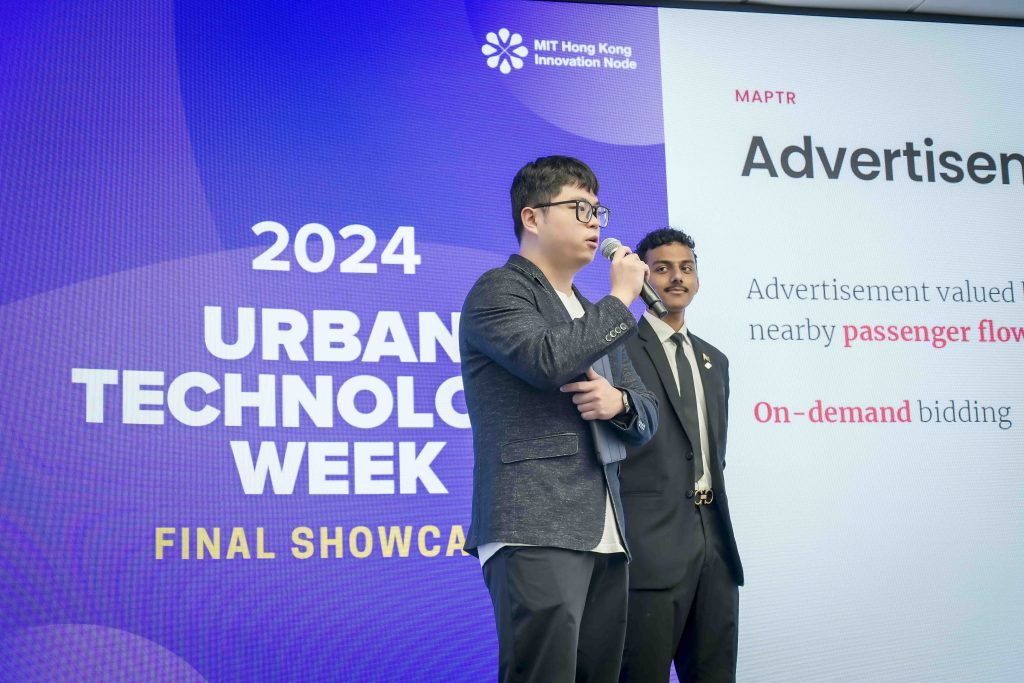
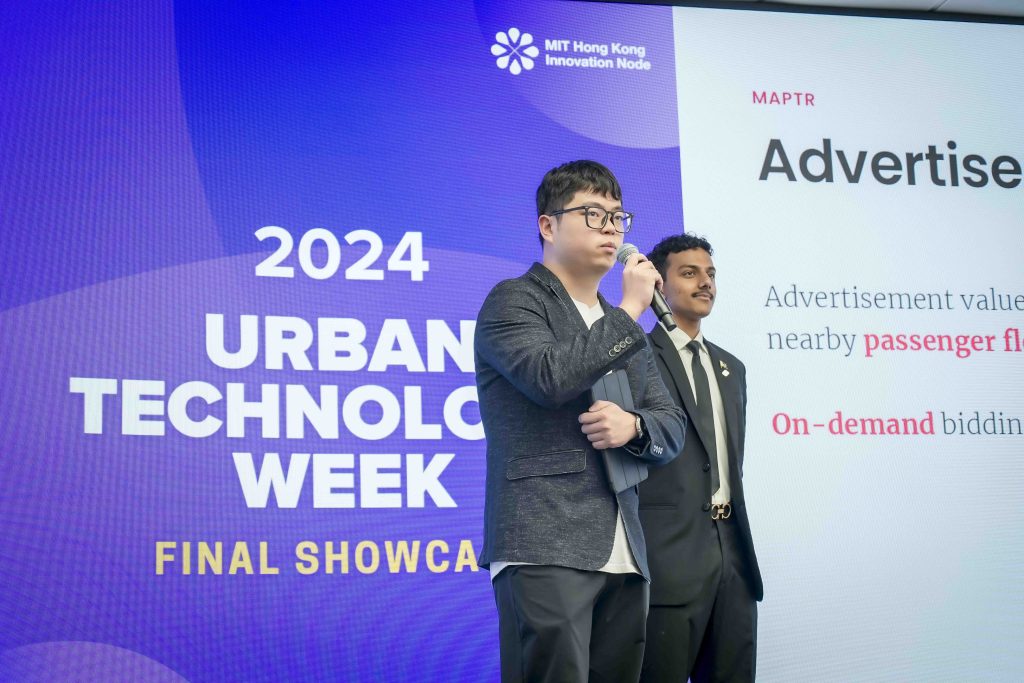
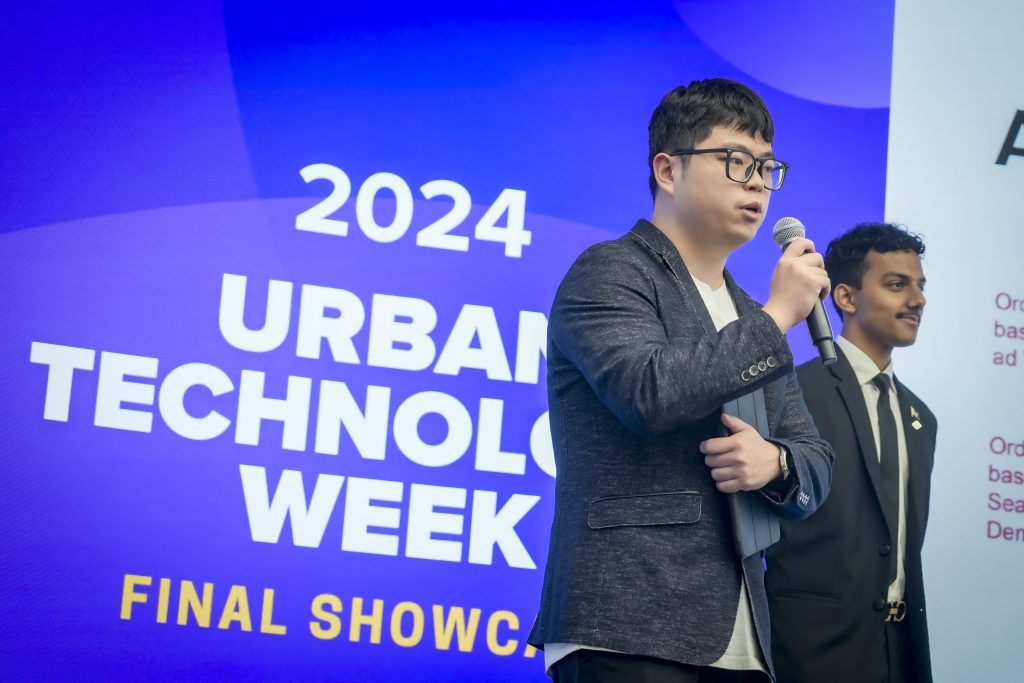
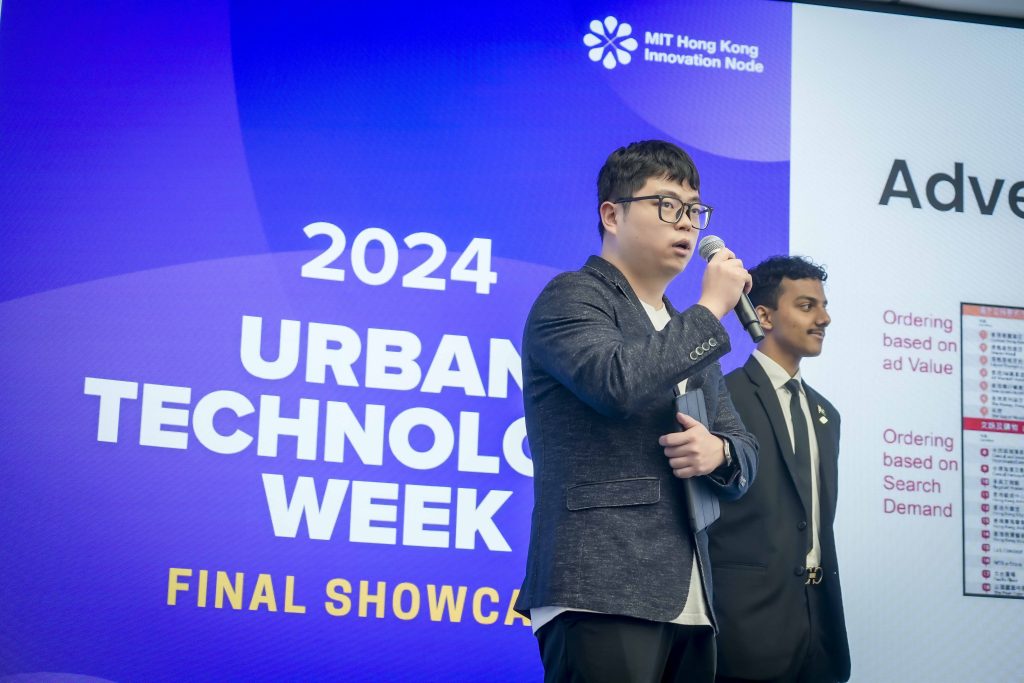
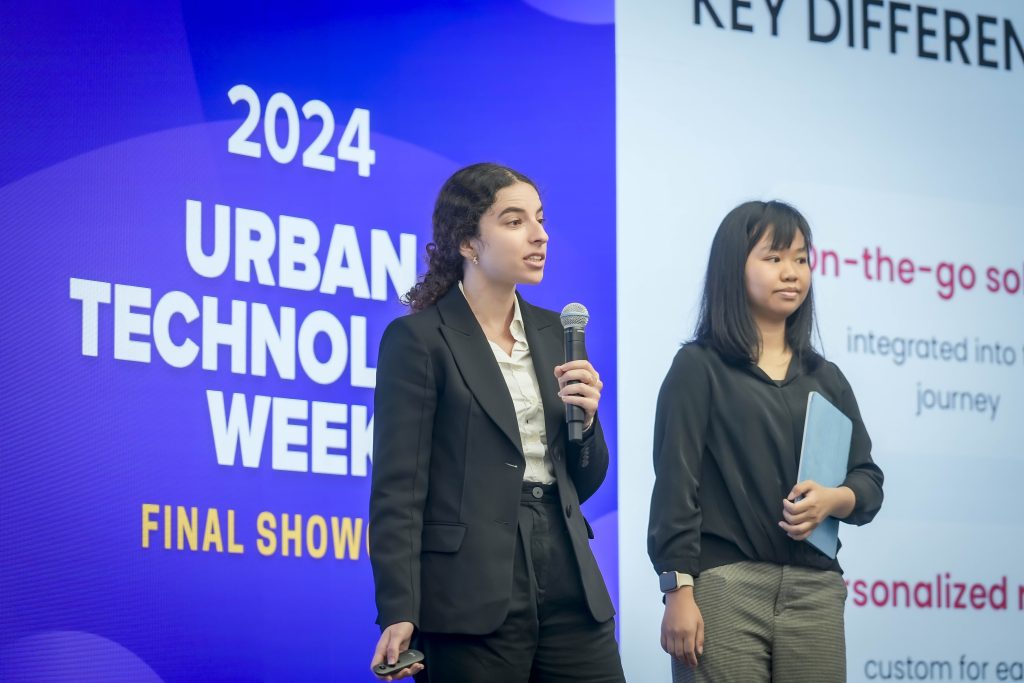
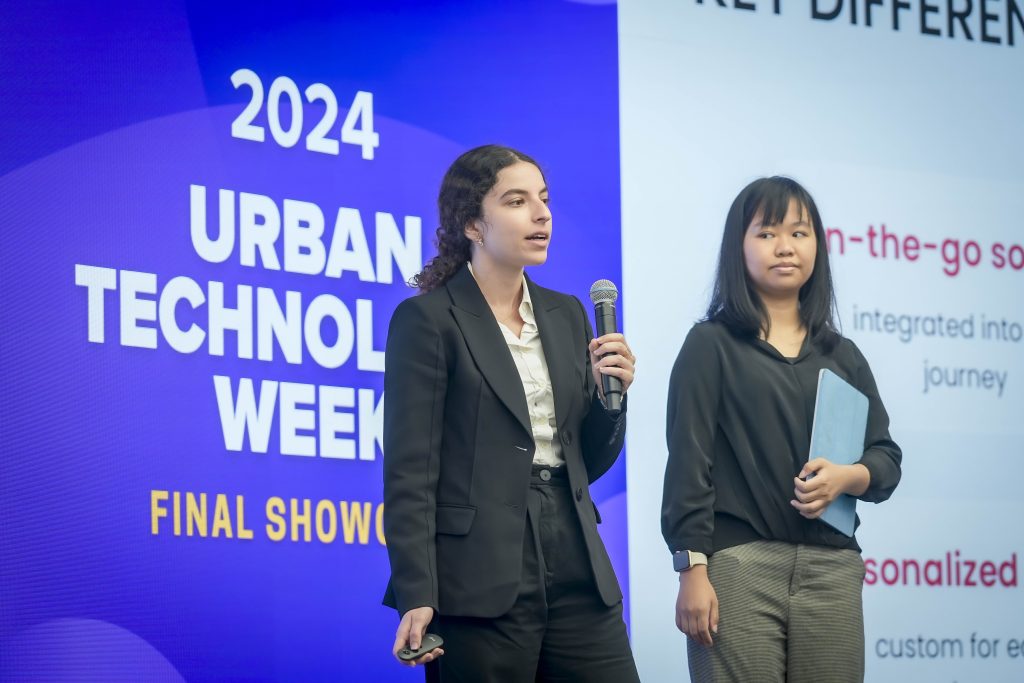
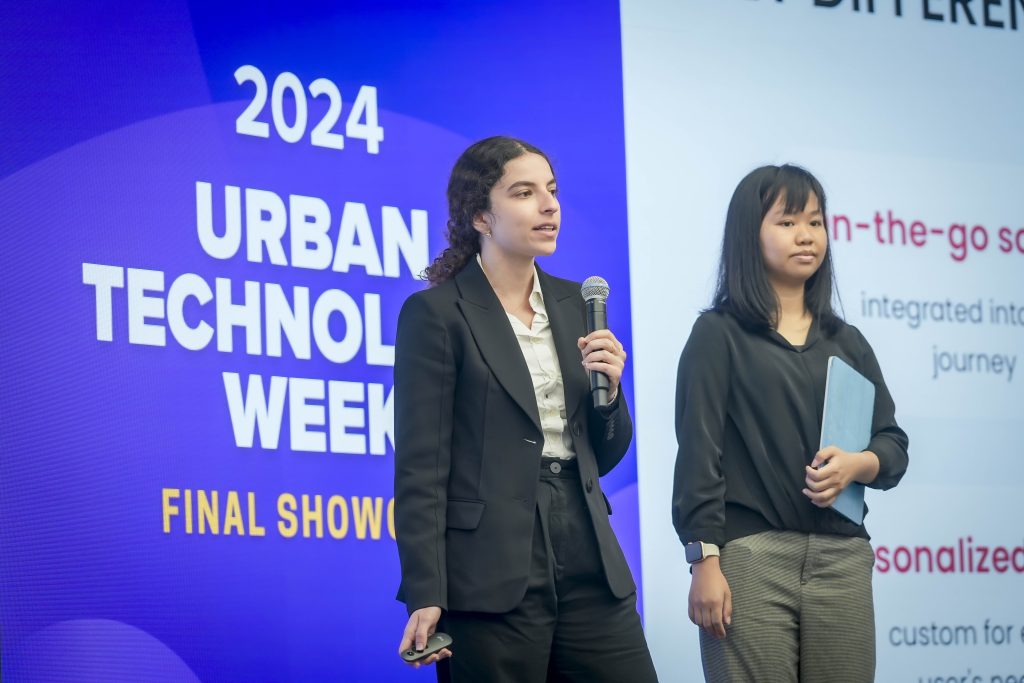
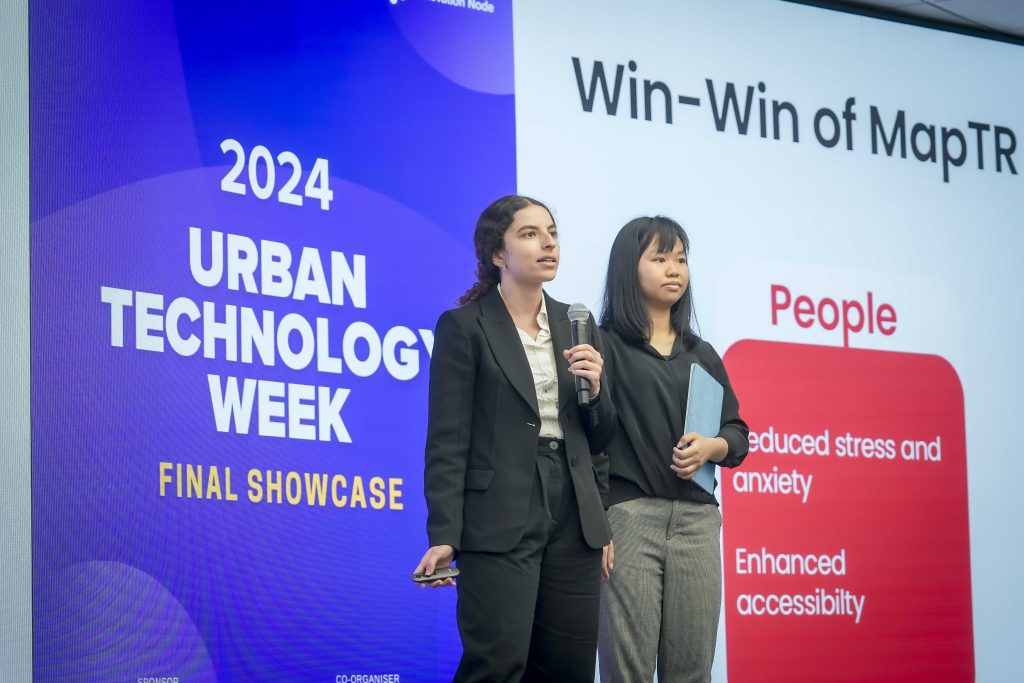
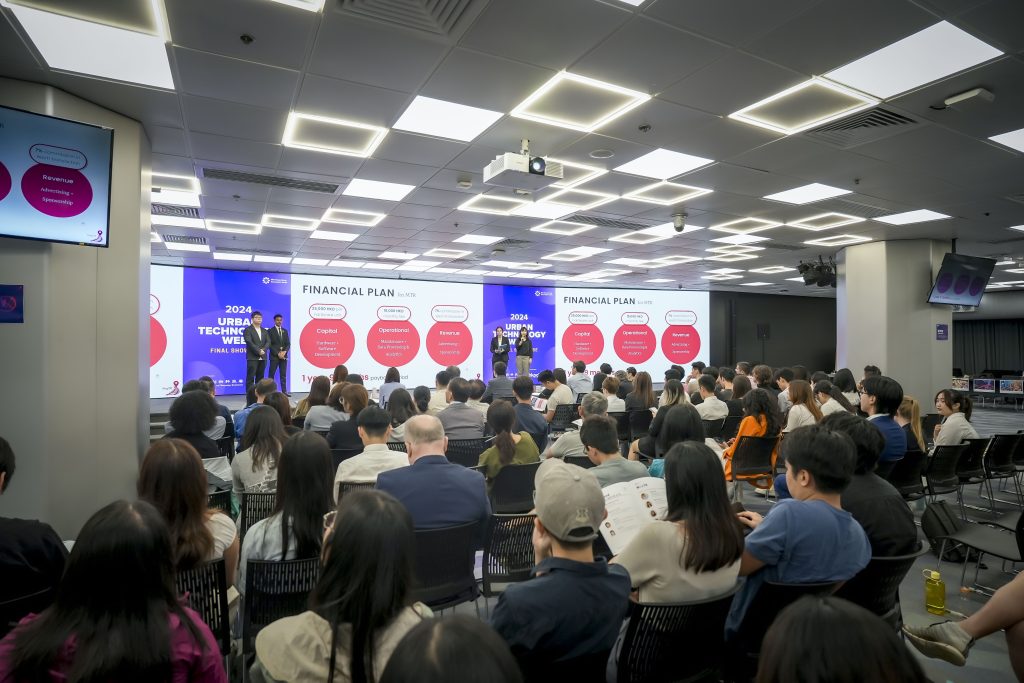
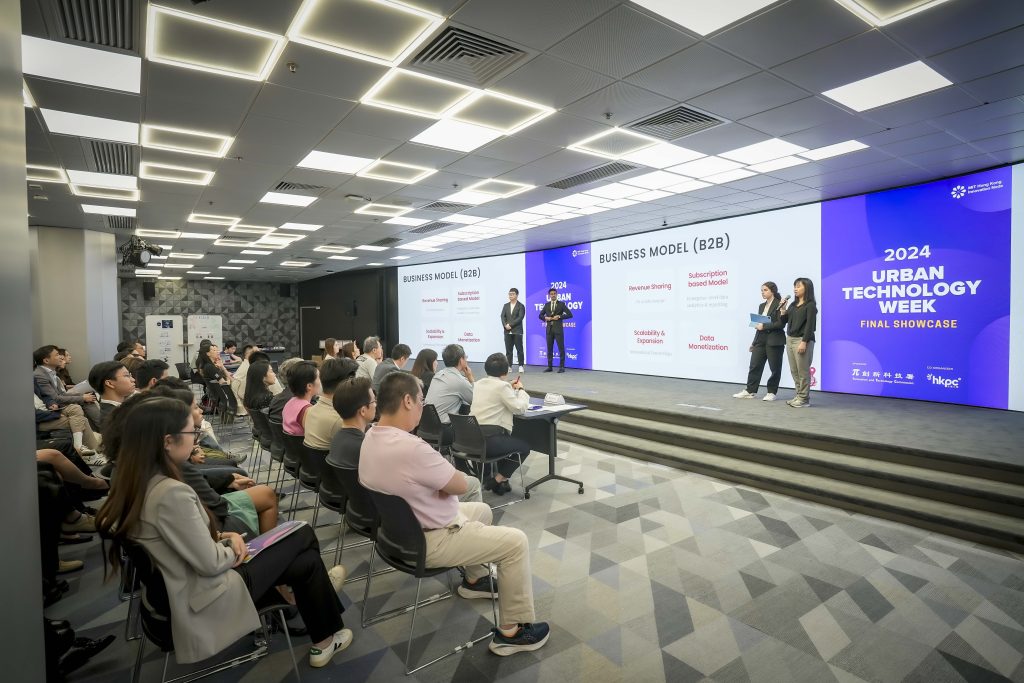
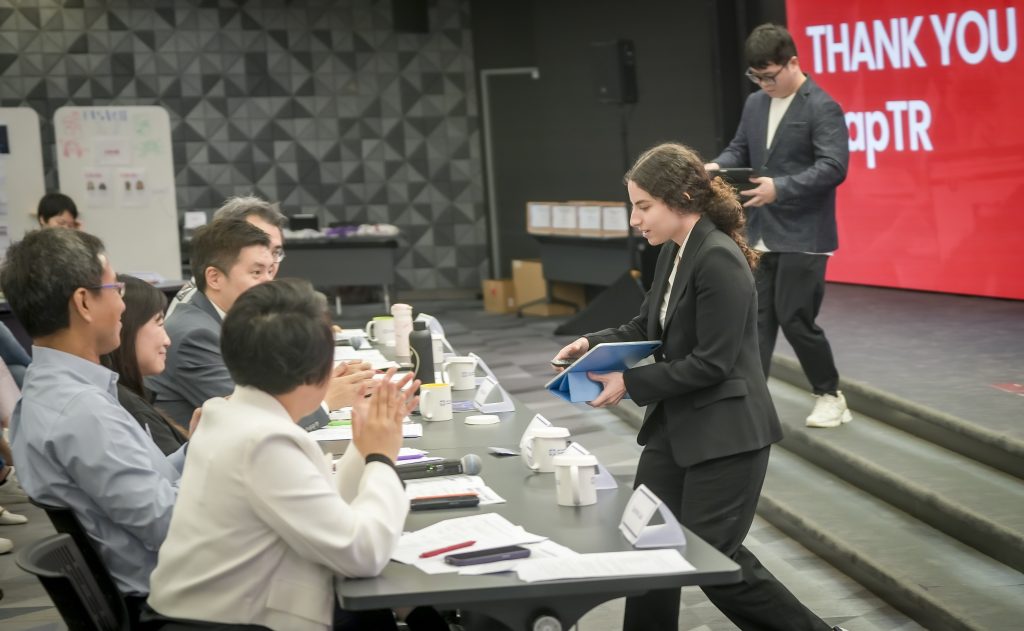
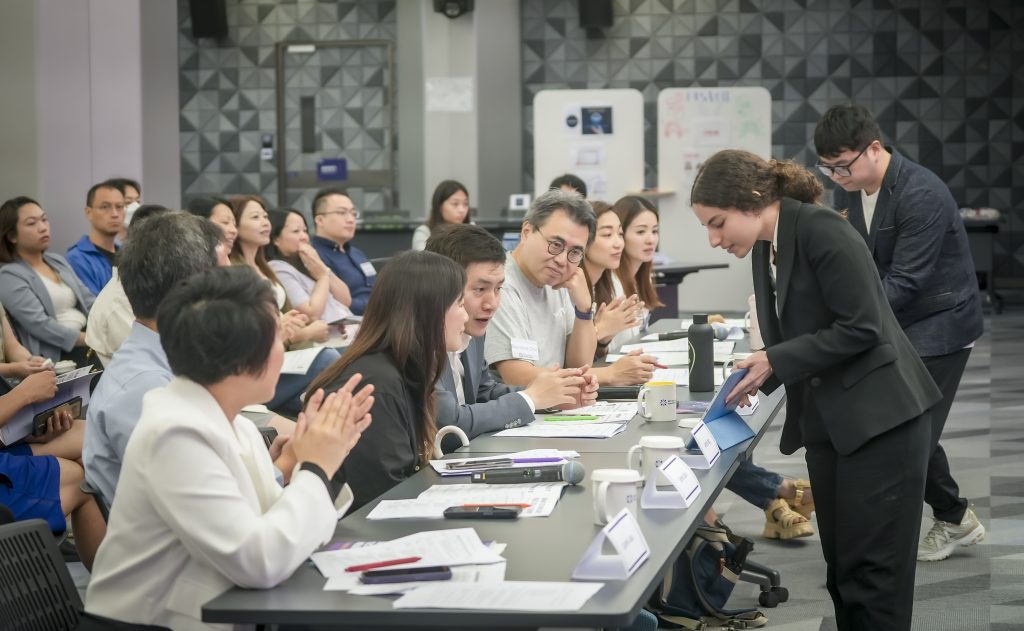
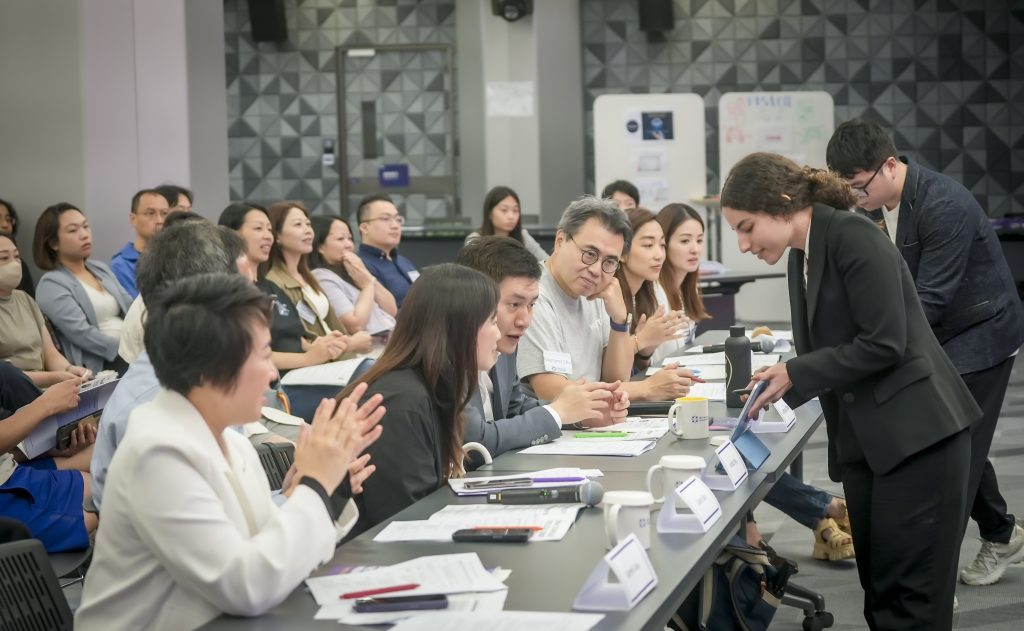
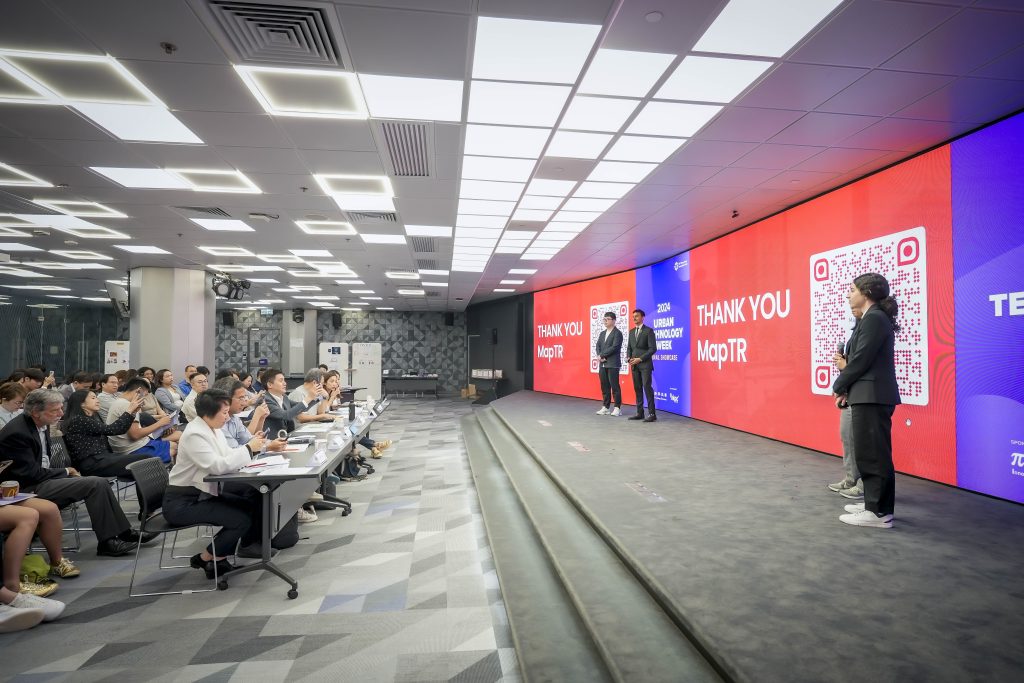
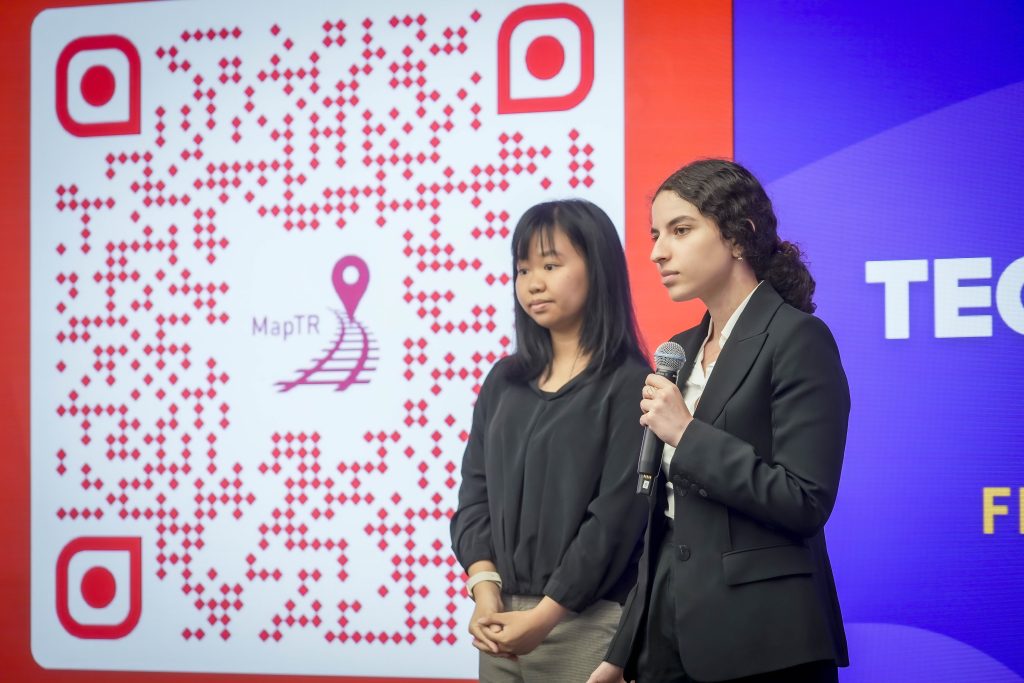
FlexiFriends is a technology inclusive interactive table that features solutions as flexible, multi-functional companies for dementia elderly. Juxtaposing the need for brain stimulation training and active participation in group activities for dementia patients, FlexiFriends feature interactive tables that enable turn and joining via versatile mounts, and screen areas that can complement existing iPad and technology used in RCHE groups. Furthermore, it offers effortless attachment to wheelchairs and walkers, ensuring enhanced accessibility for the elderly.
MapTR is an innovative wayfinding hardware device that integrates AI technology to designed to enhance navigation for tourists within MTR stations, leveraging location-based ibeacon technology. Users can easily navigate through the station via the most efficient path based on users’ preferences with hardware booths at the station, the metro company can adjust higher paying, tourist oriented advertisements to gain visibility in stations by map on demand map ordering services.
Team 5 - esc
Team 6 - COOP

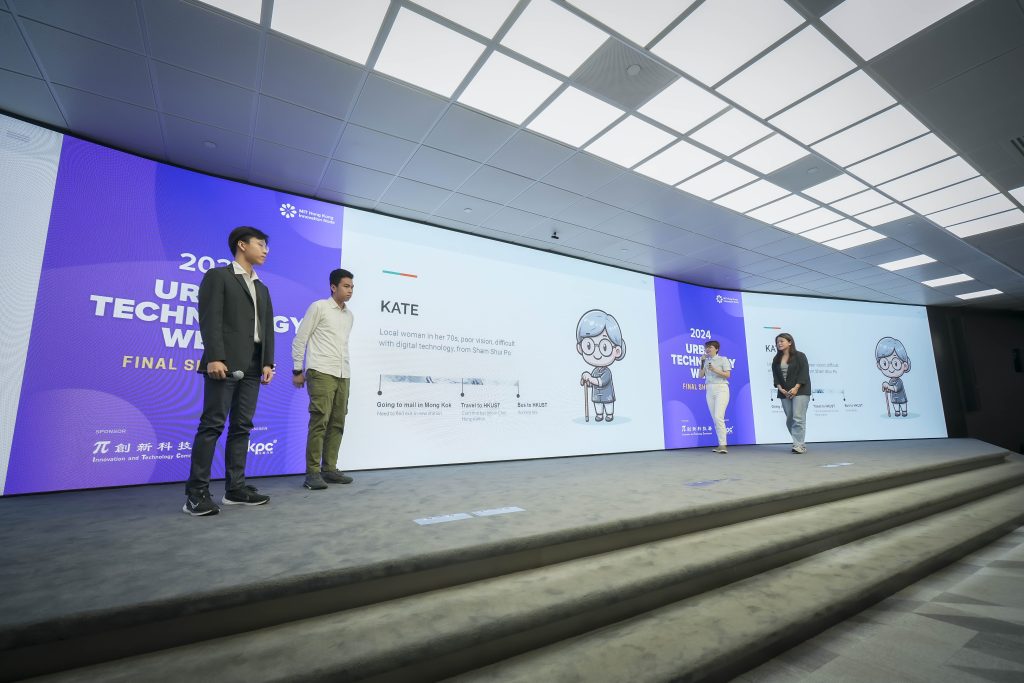
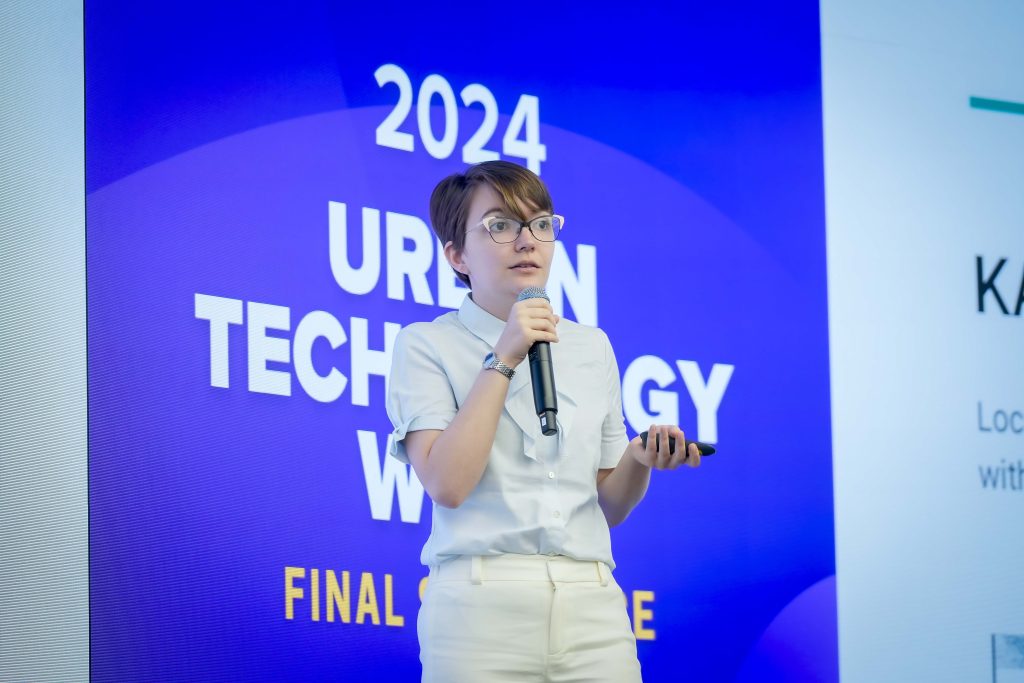
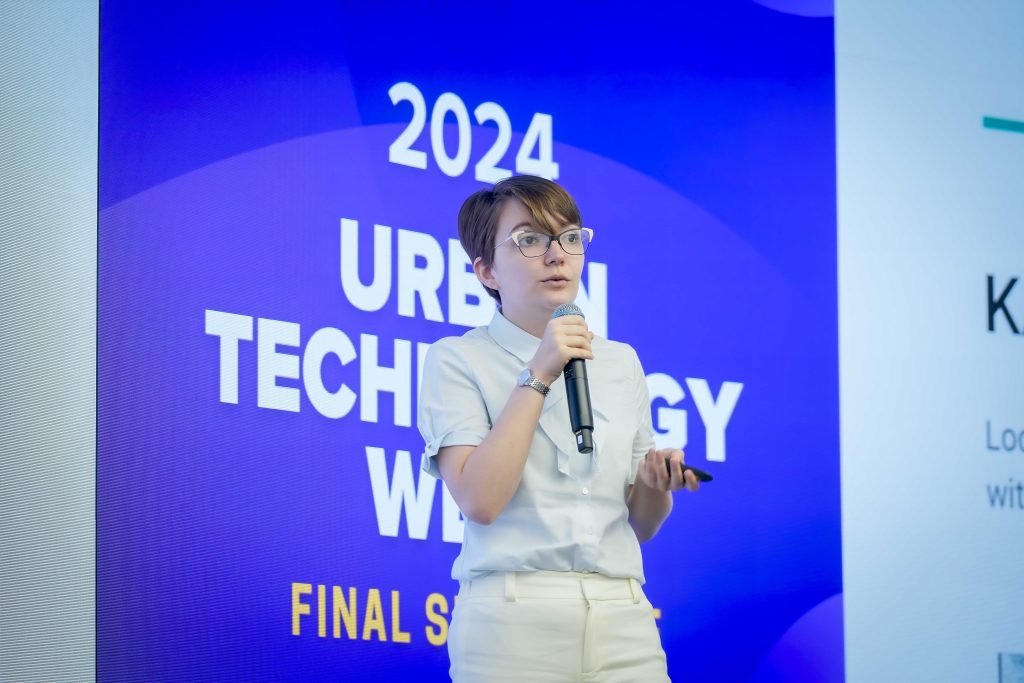
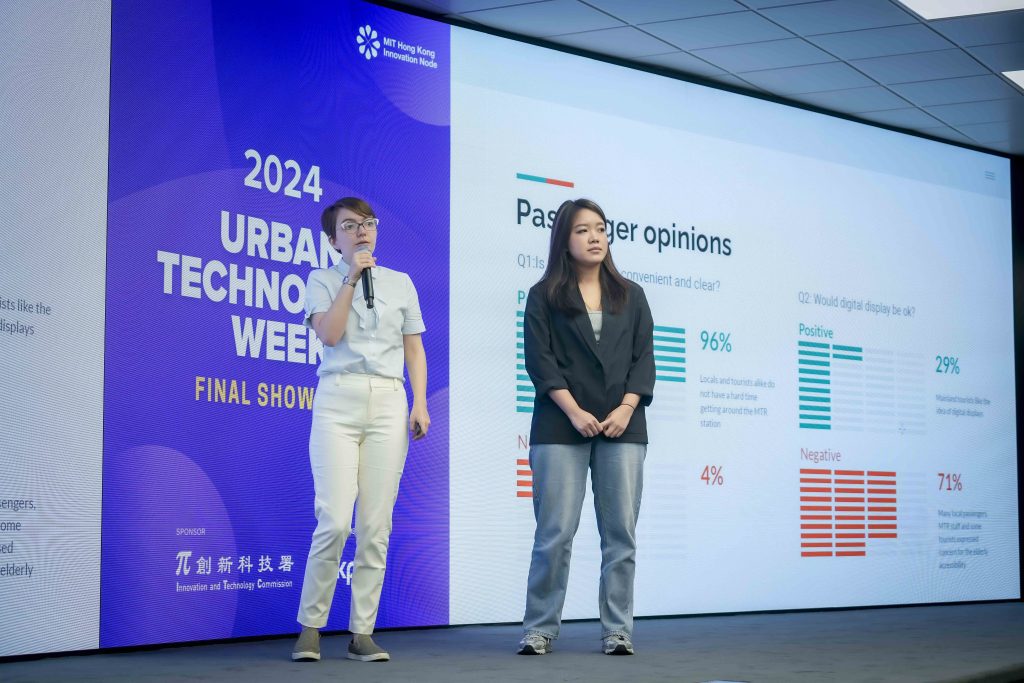
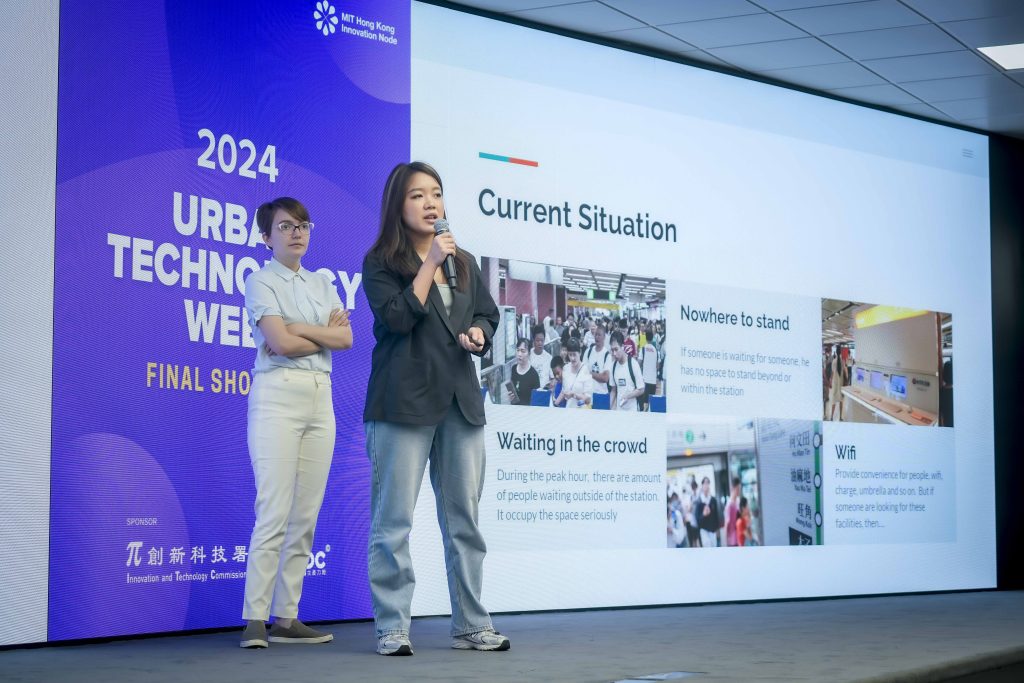
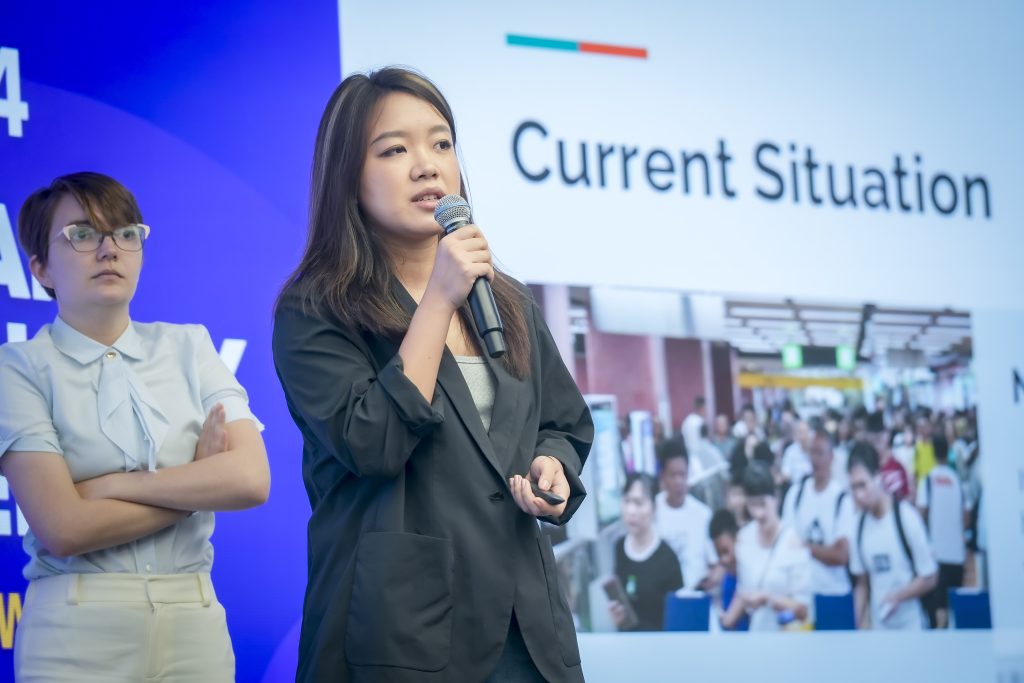
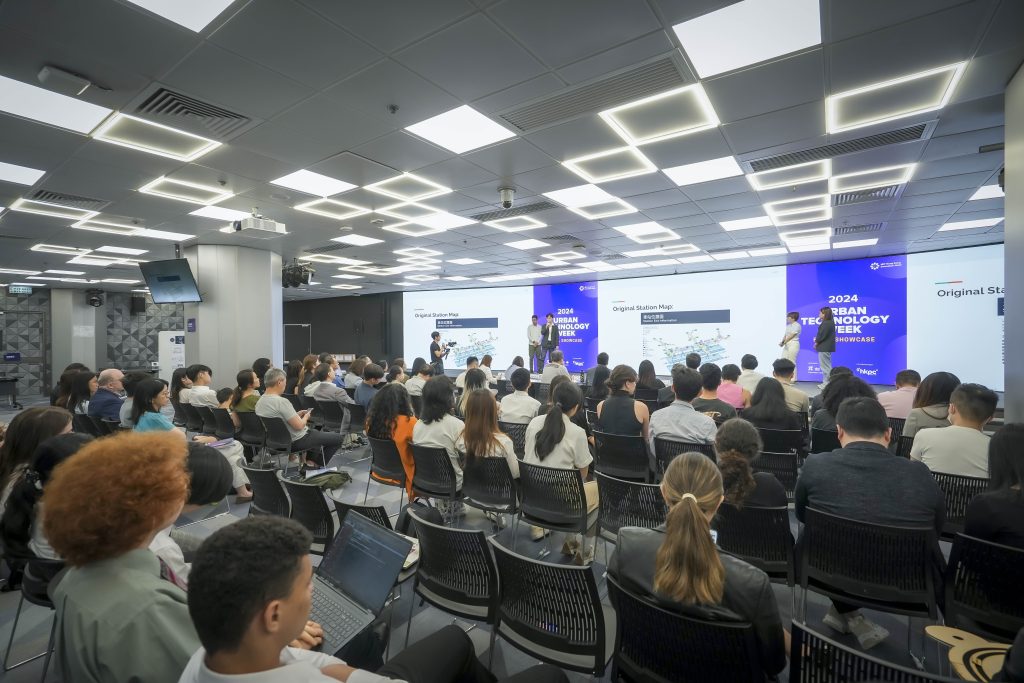
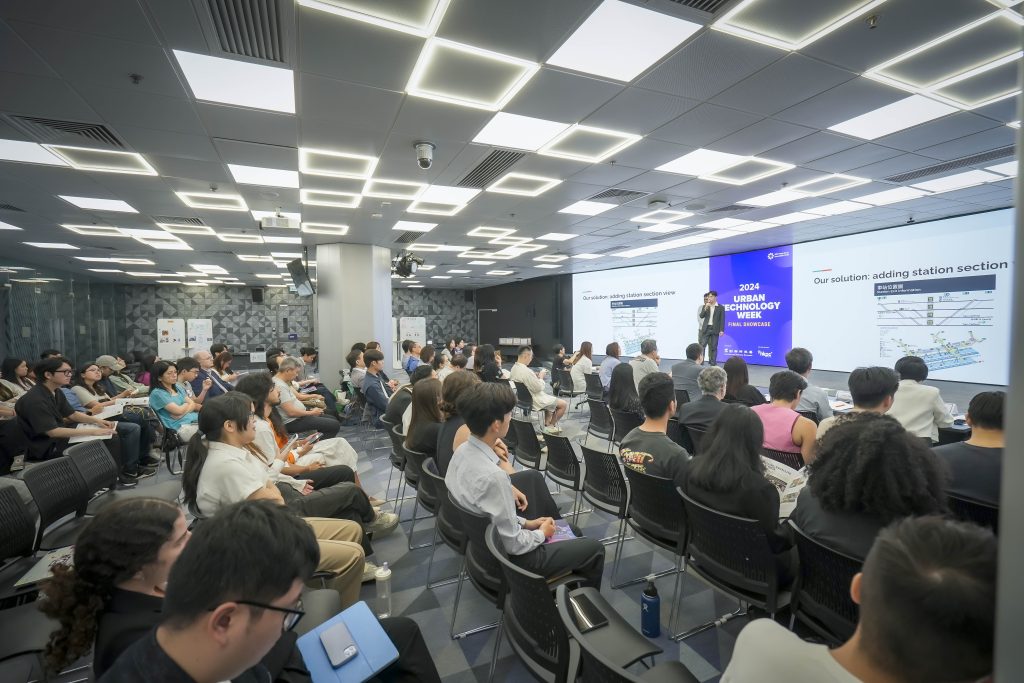
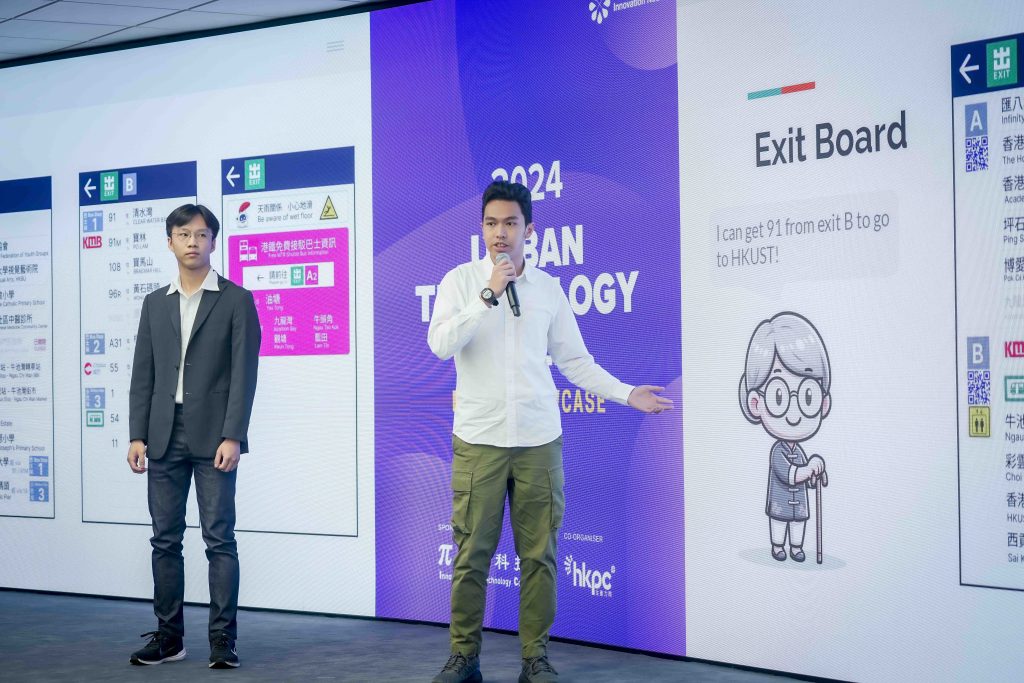
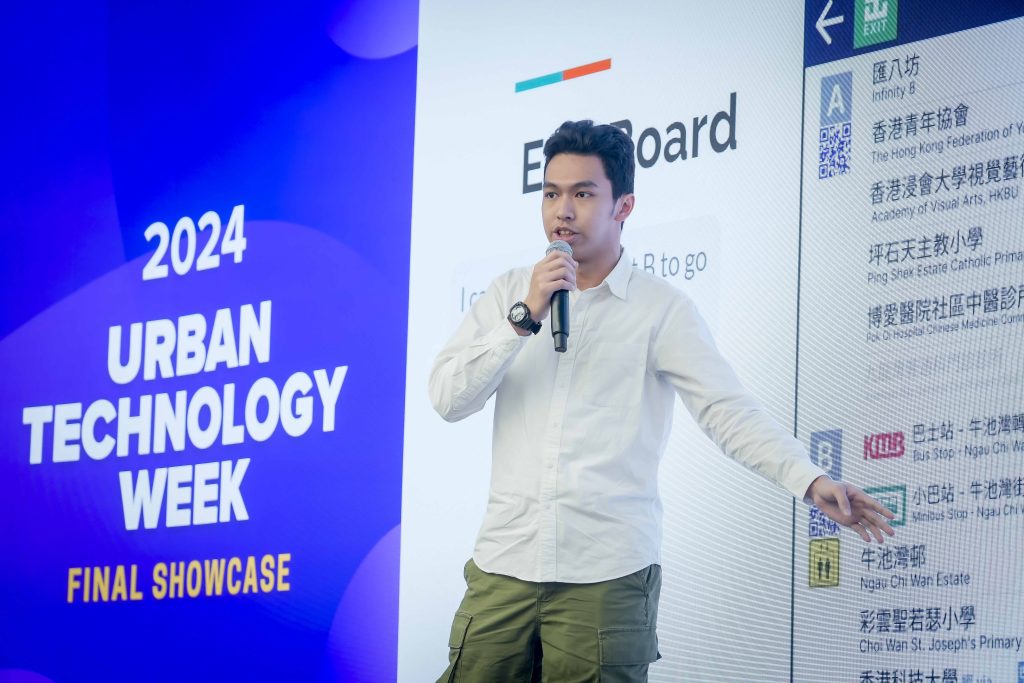
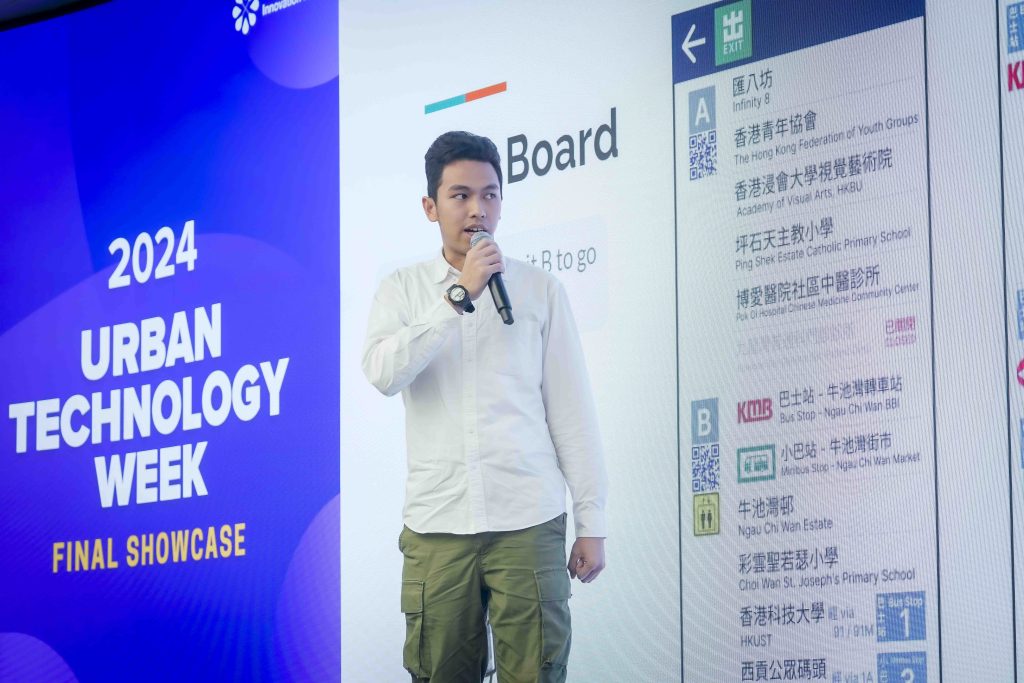
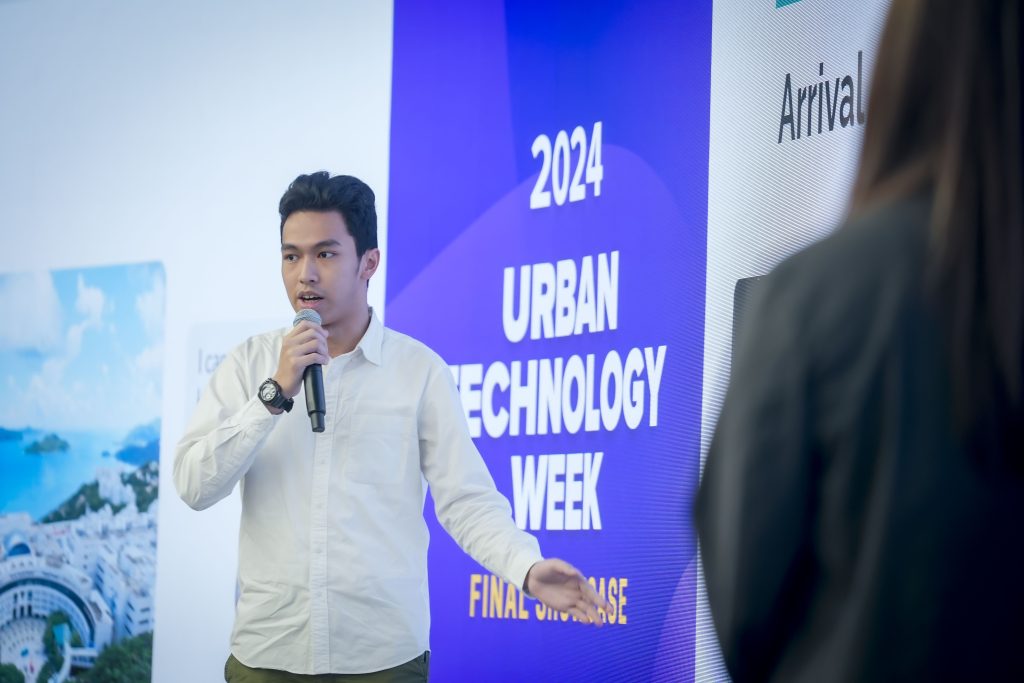
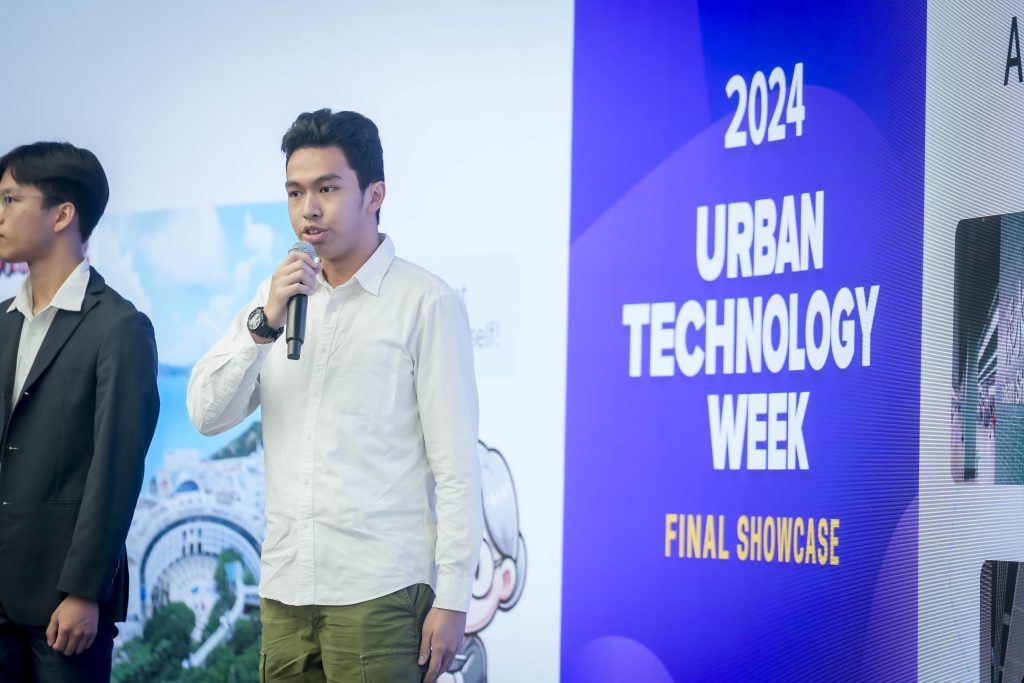
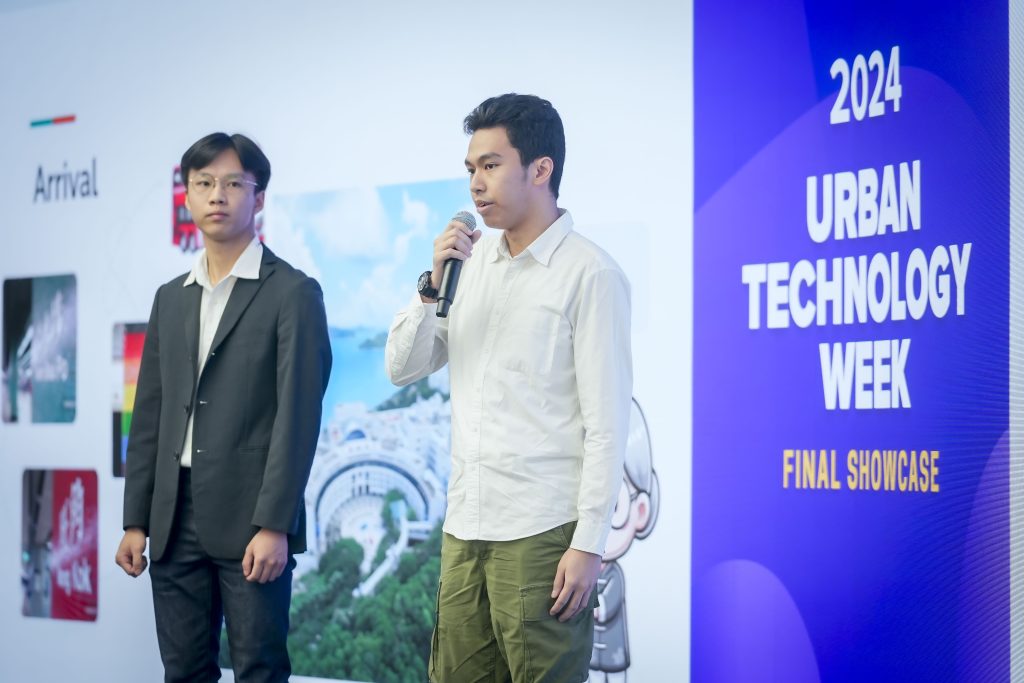
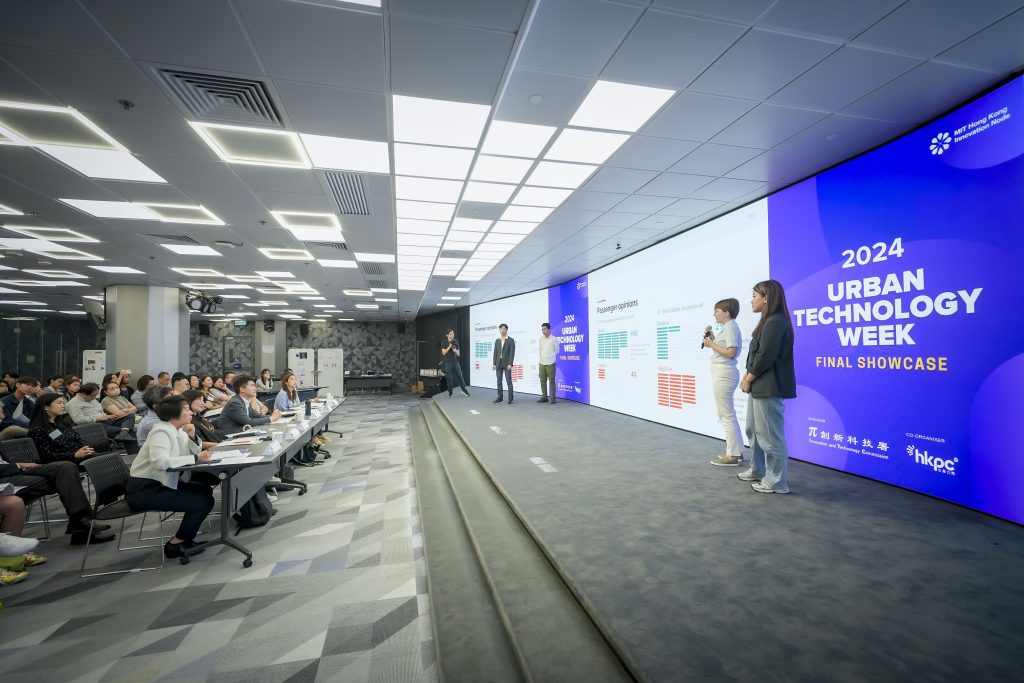
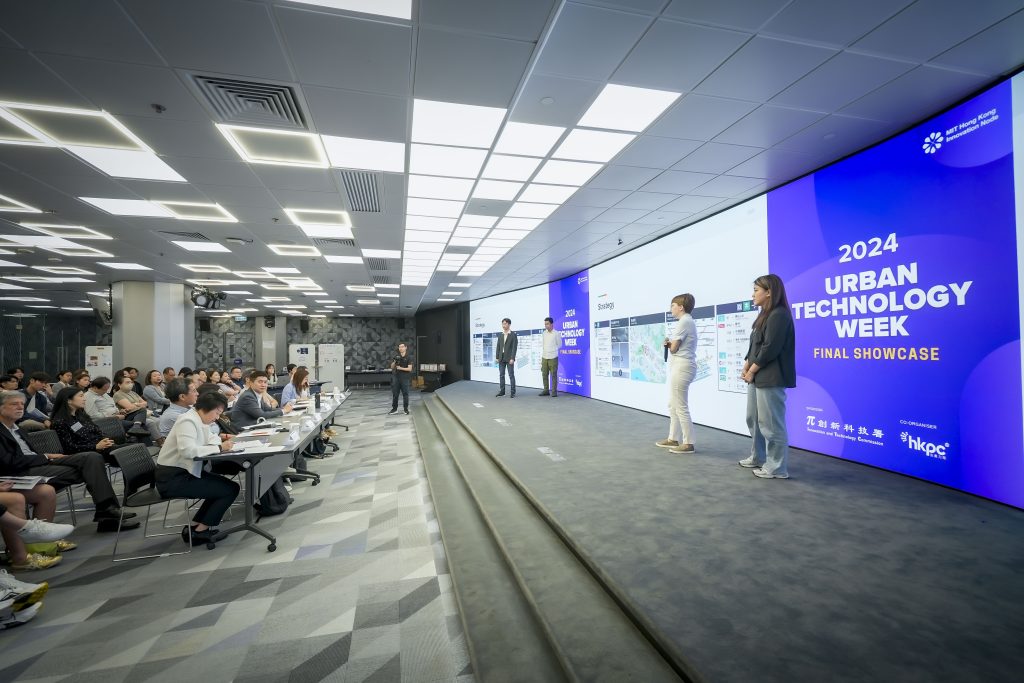
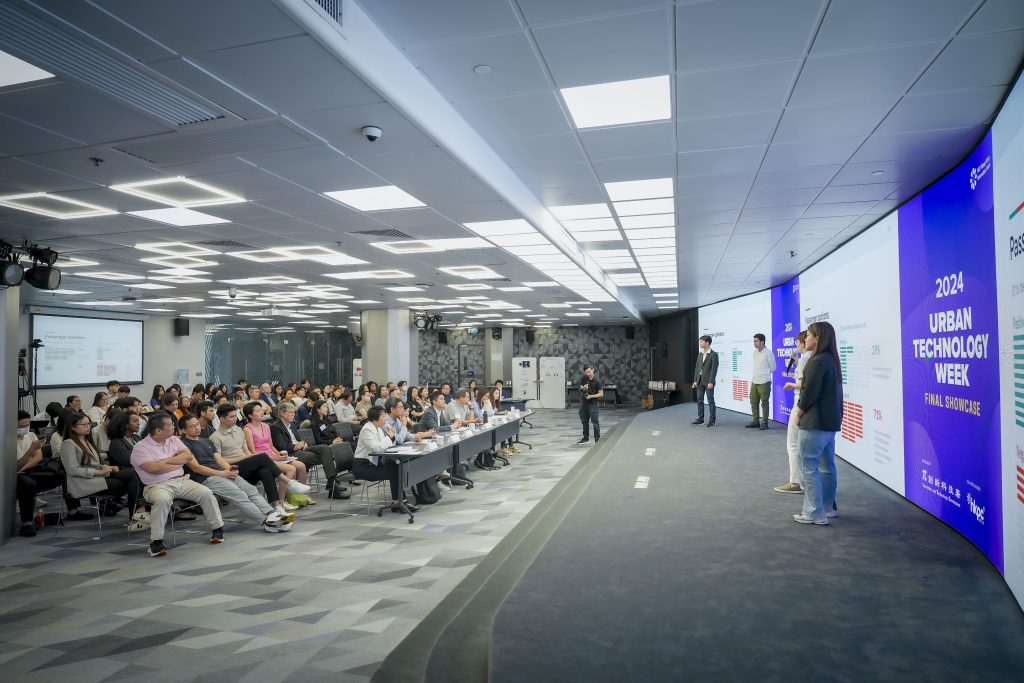
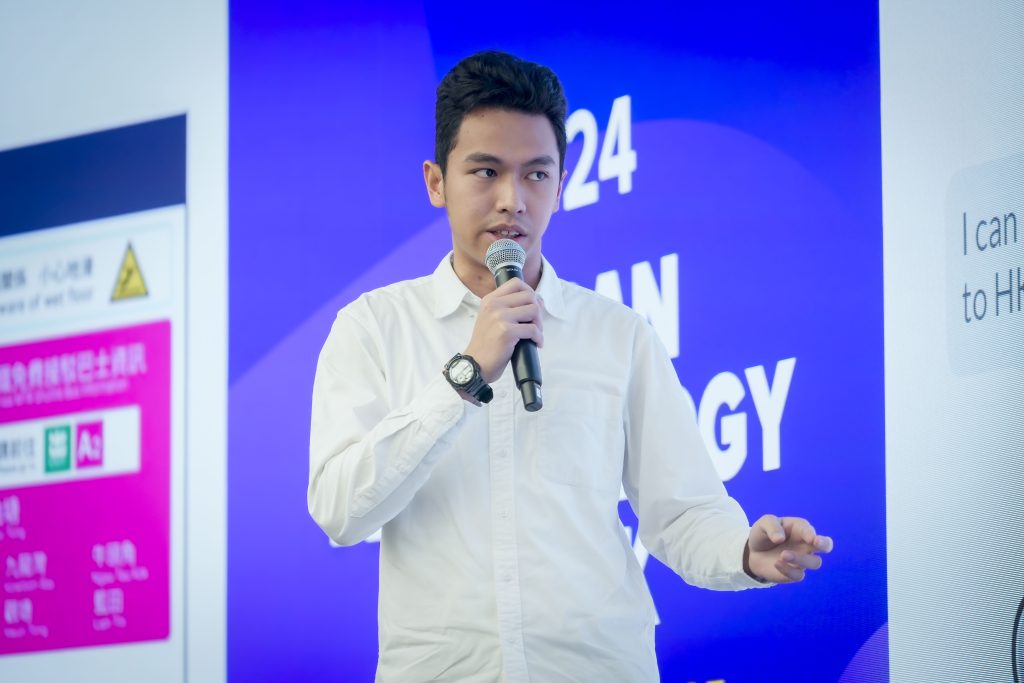

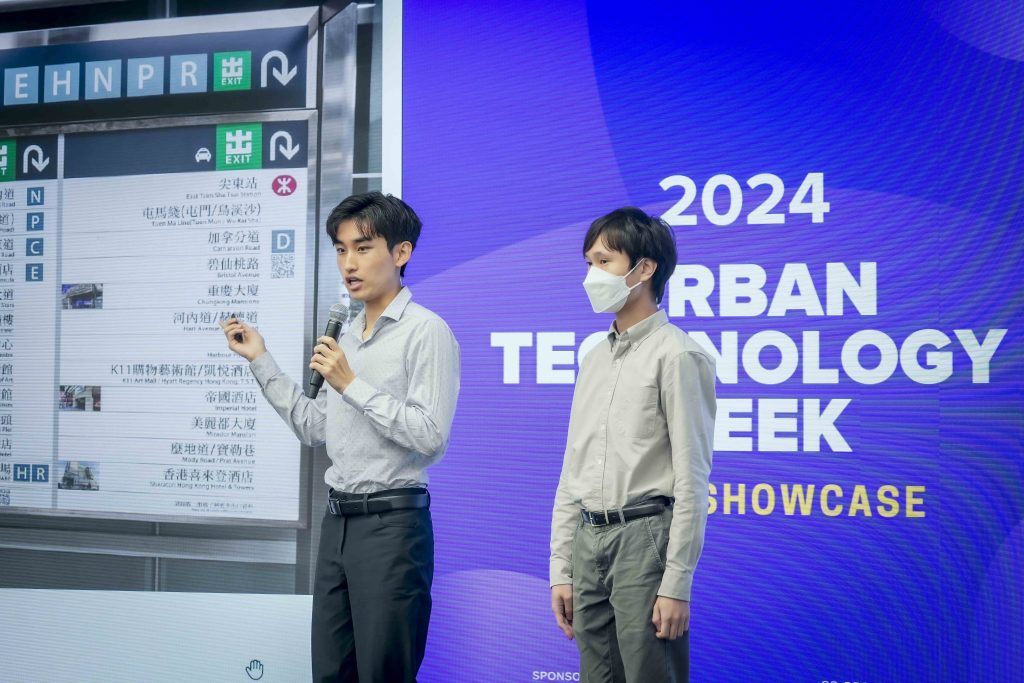
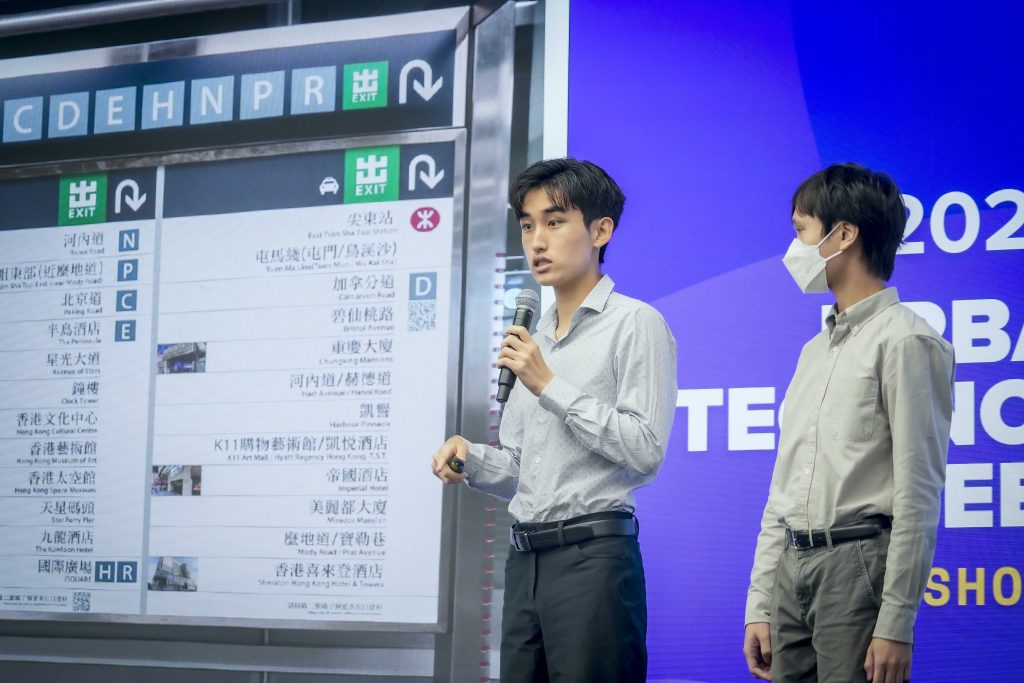
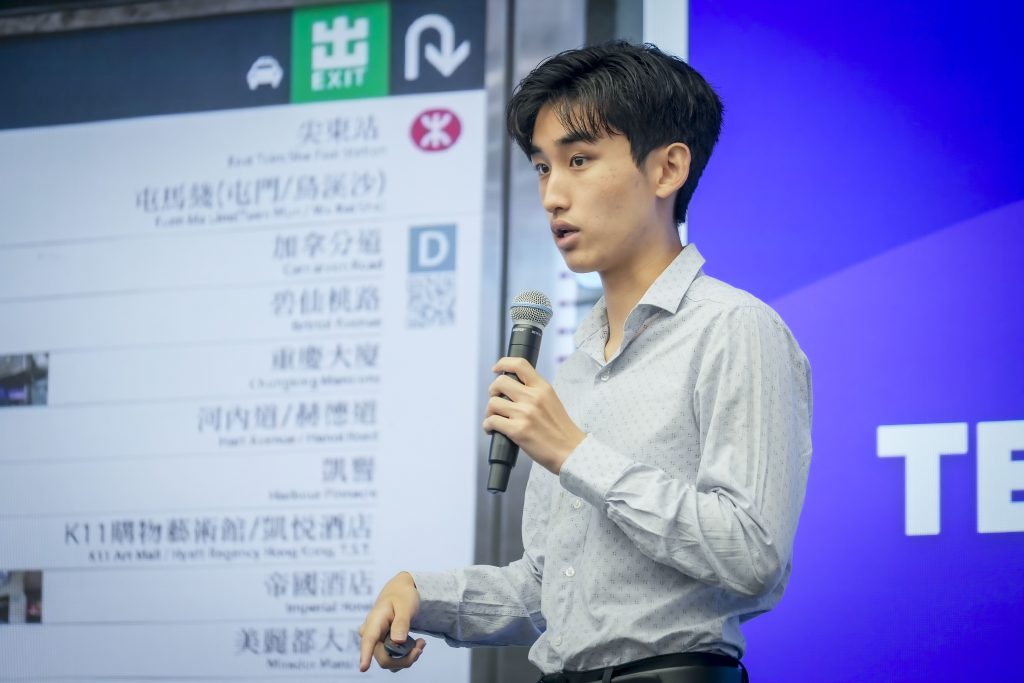
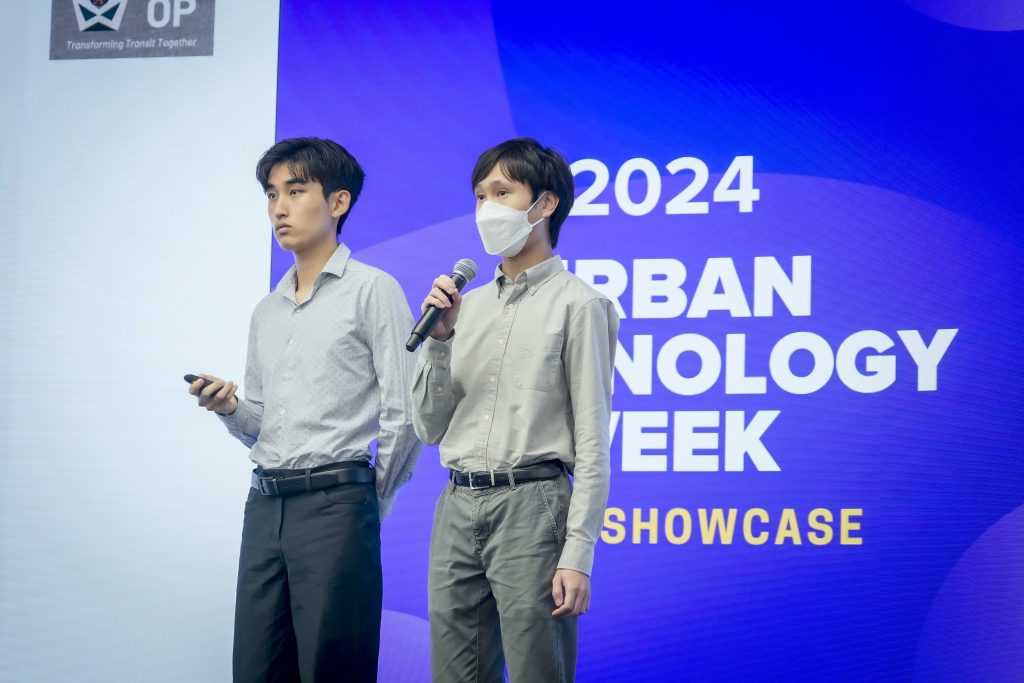
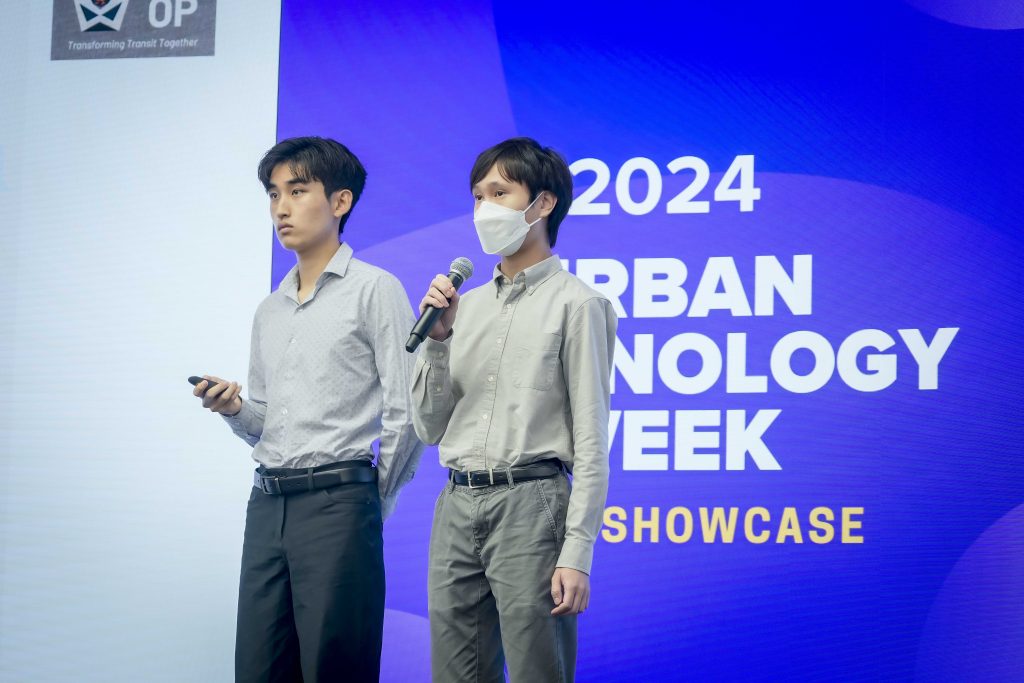
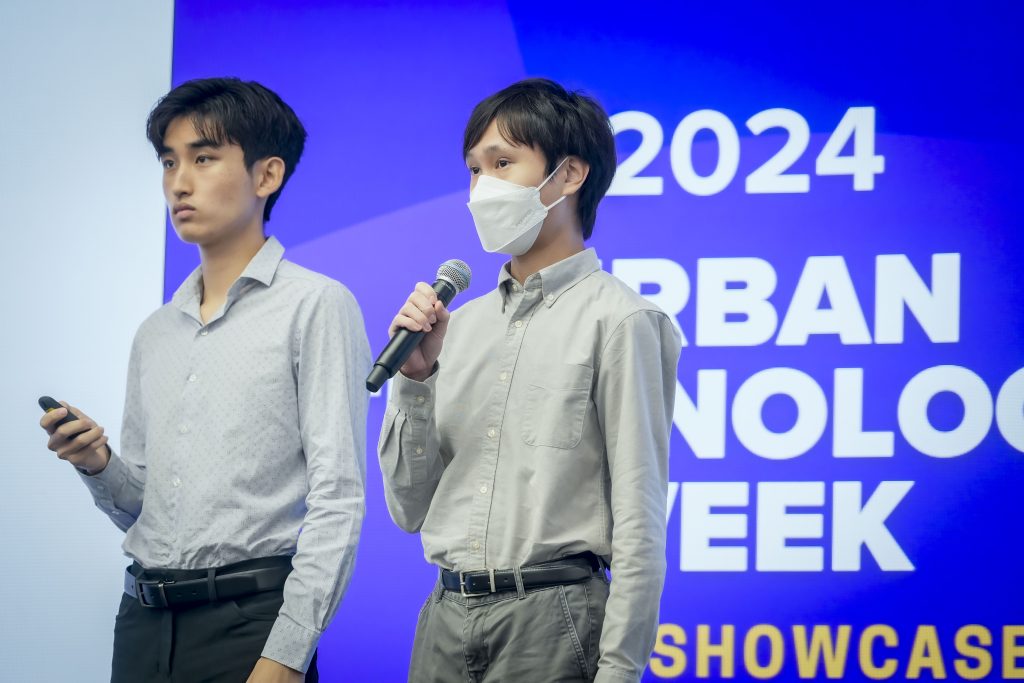
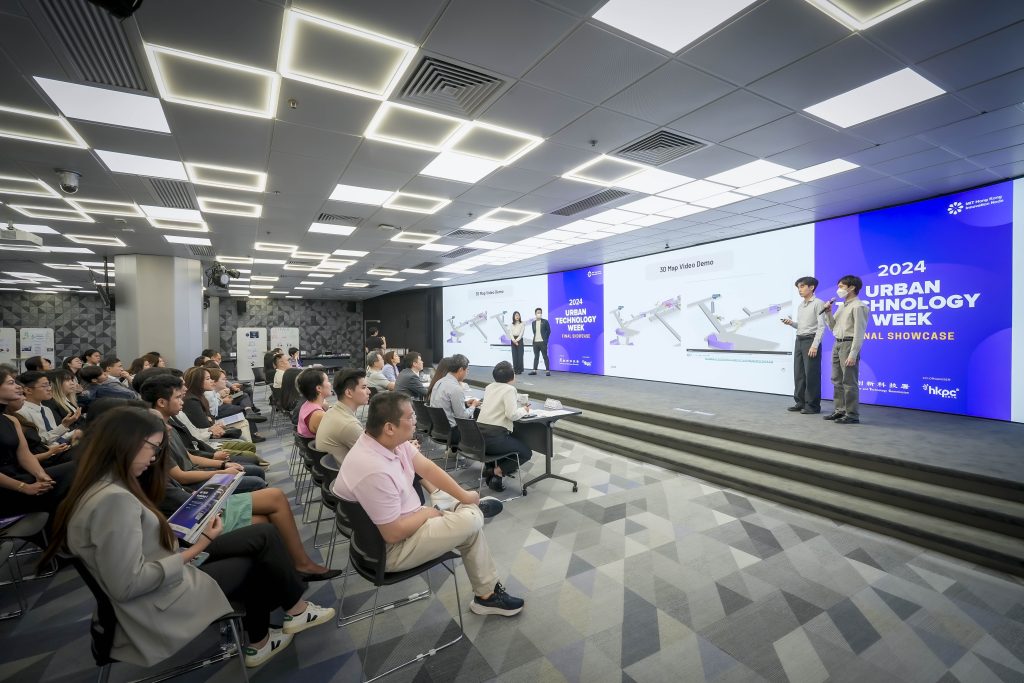
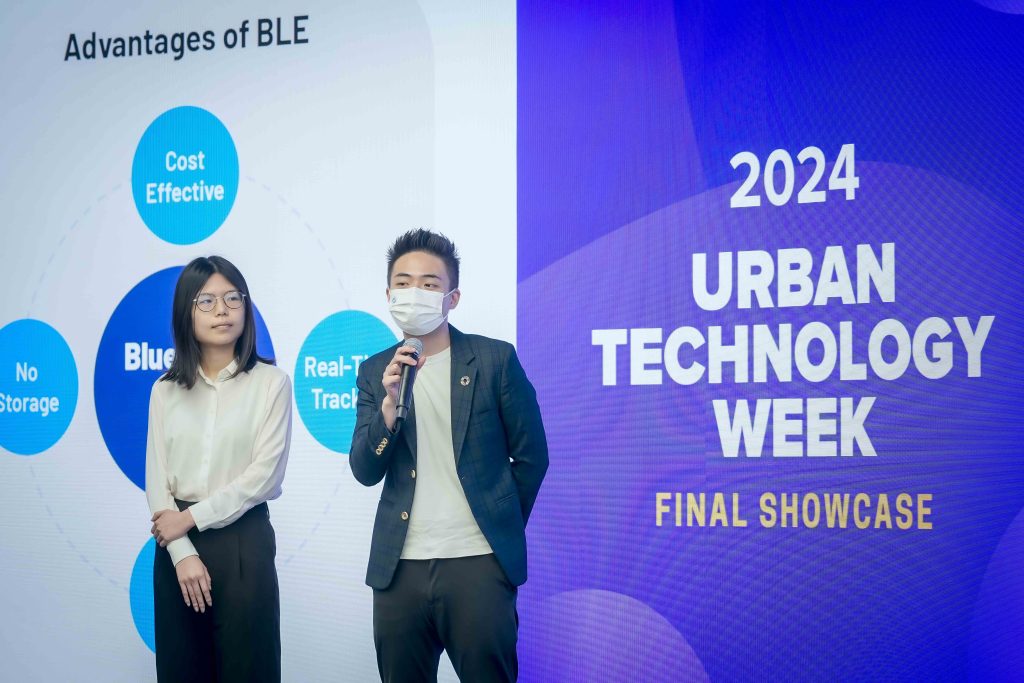
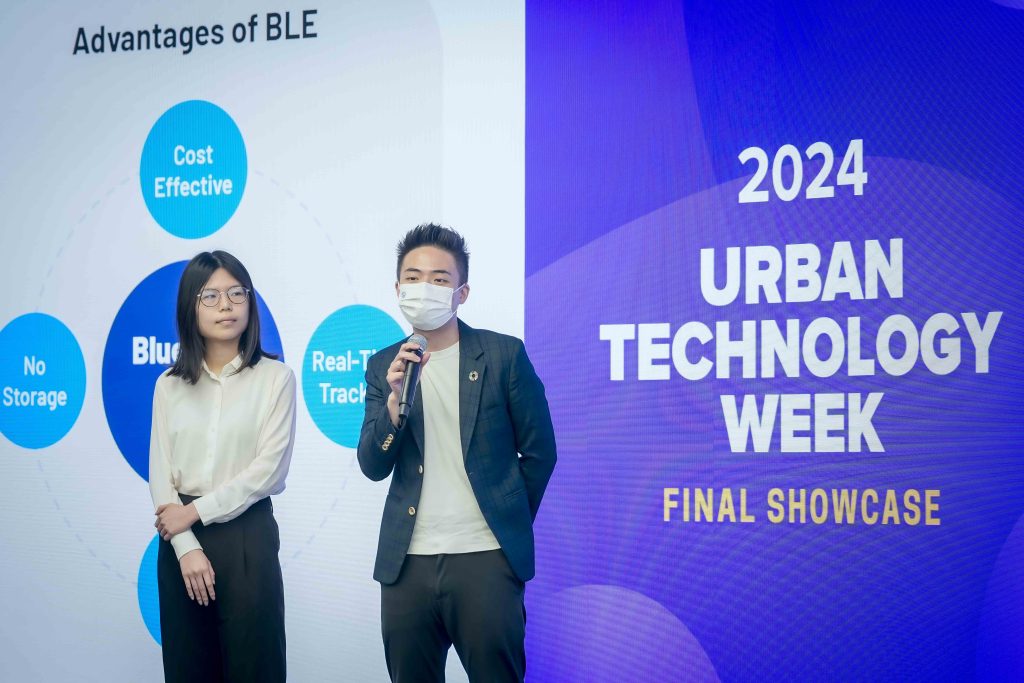
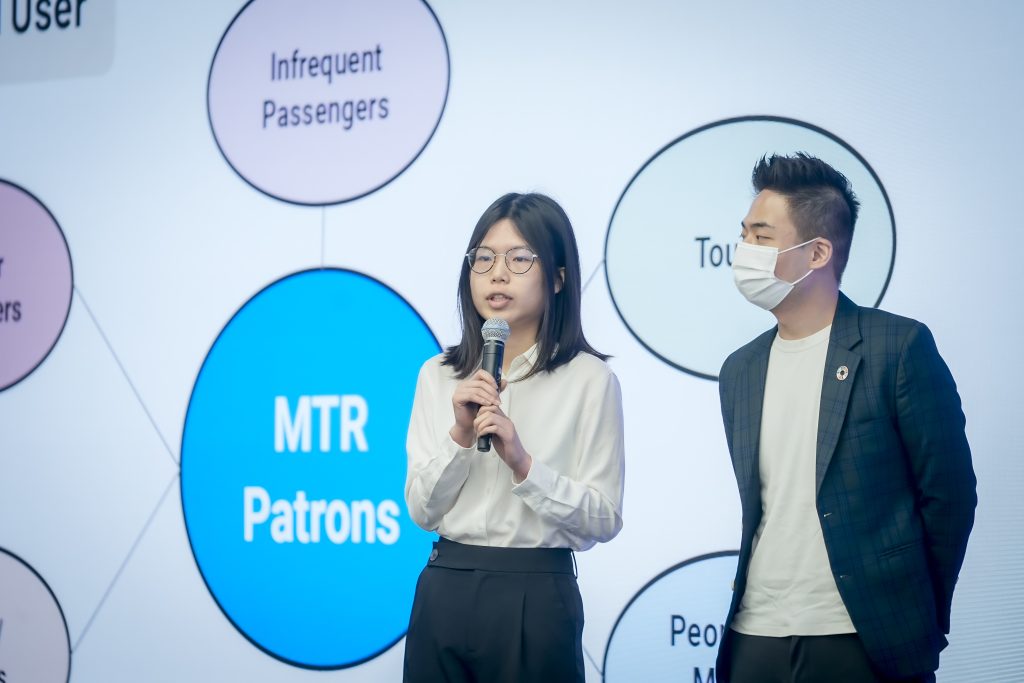
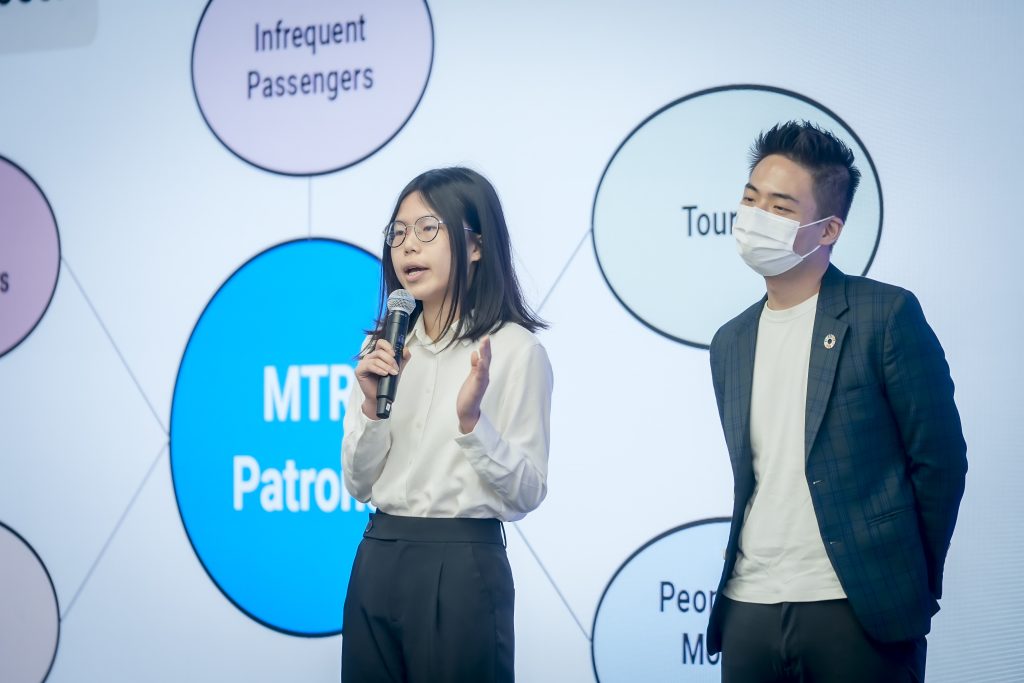
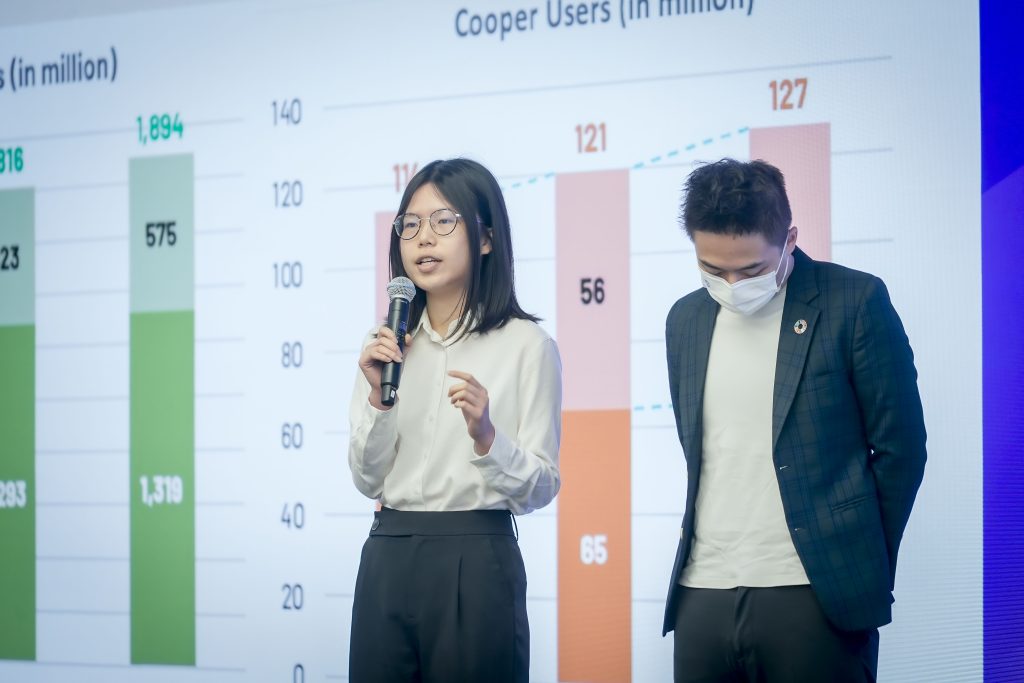
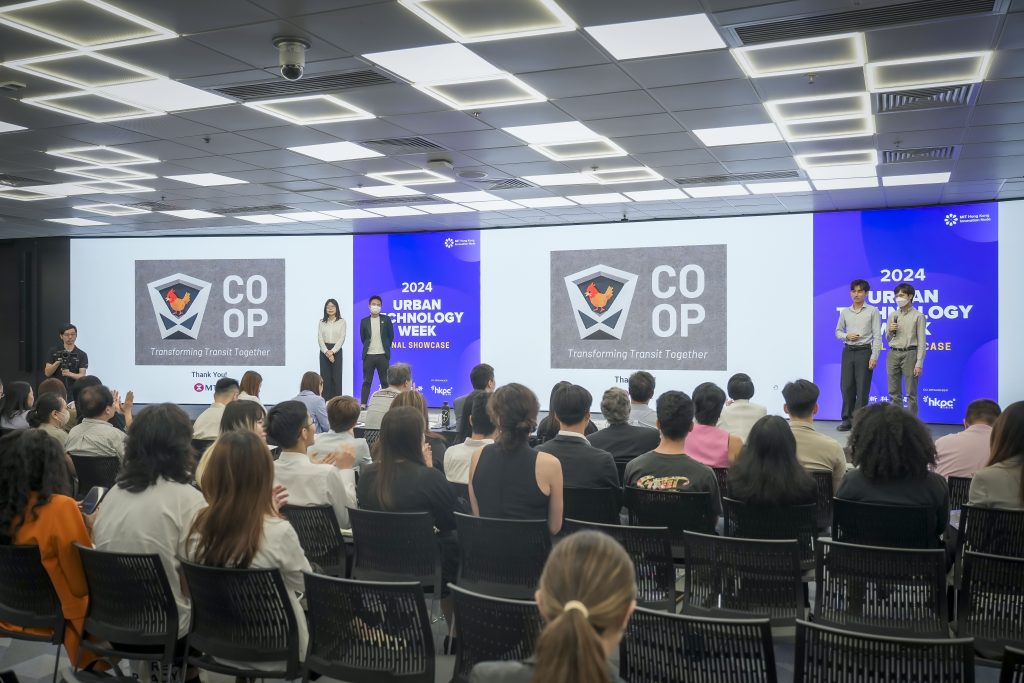
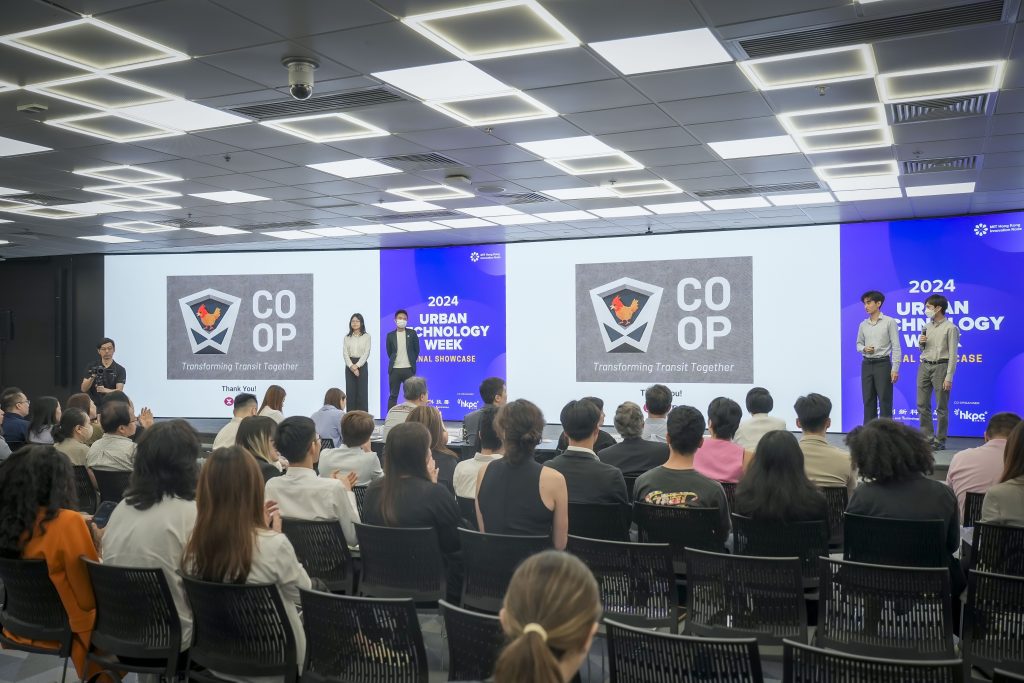
Esc aimed to provide assistance for elderly to travel efficiently in MTR station by integrating more station section views and customisable routes and navigation options. This solution incorporates voice-recognition technology on digital signage and dynamic exit boards, clarity in planning and navigating at the station ensuring effortless navigation for elderly passengers., elderly passengers can be hugely benefited by the technological solution and travel with ease.
COOP is the one-stop shop for a full-service way finding solution fused with hardware, software and data analytics. The chat box Cooper provides instant route direction services by integrating Bluetooth LE sensors, assisted by digital redesigning of the MTR system board, the all-in-one solution aimed to enhance customer experiences as well as increase MTR’s brand value via higher satisfaction of railway services provision.
Team 7 - Charlie HK
Team 8 - Digital Bamboo

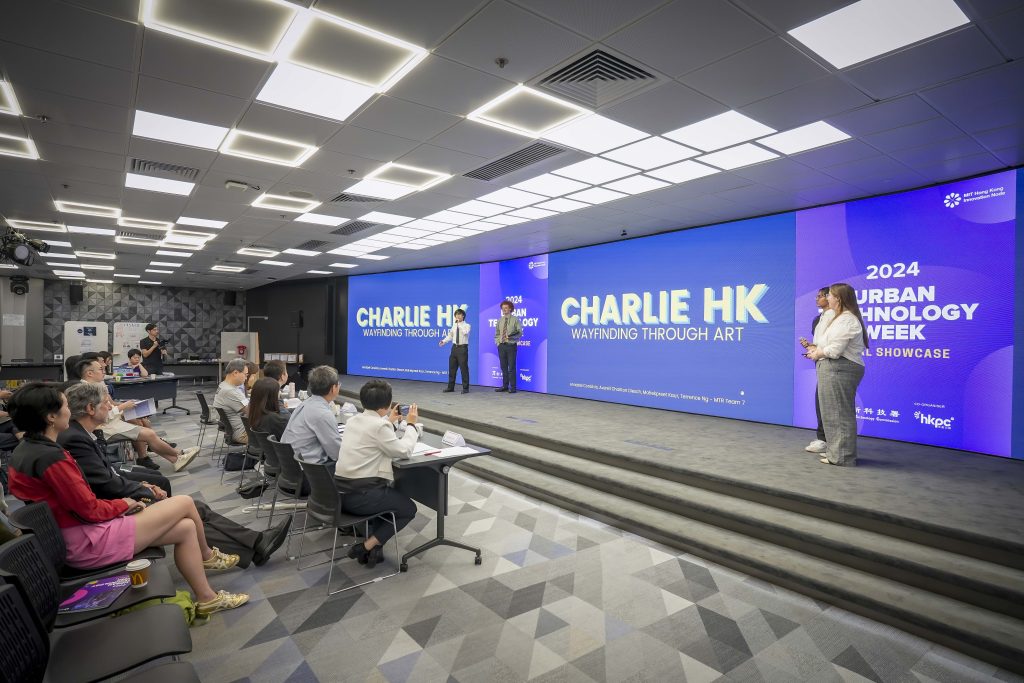
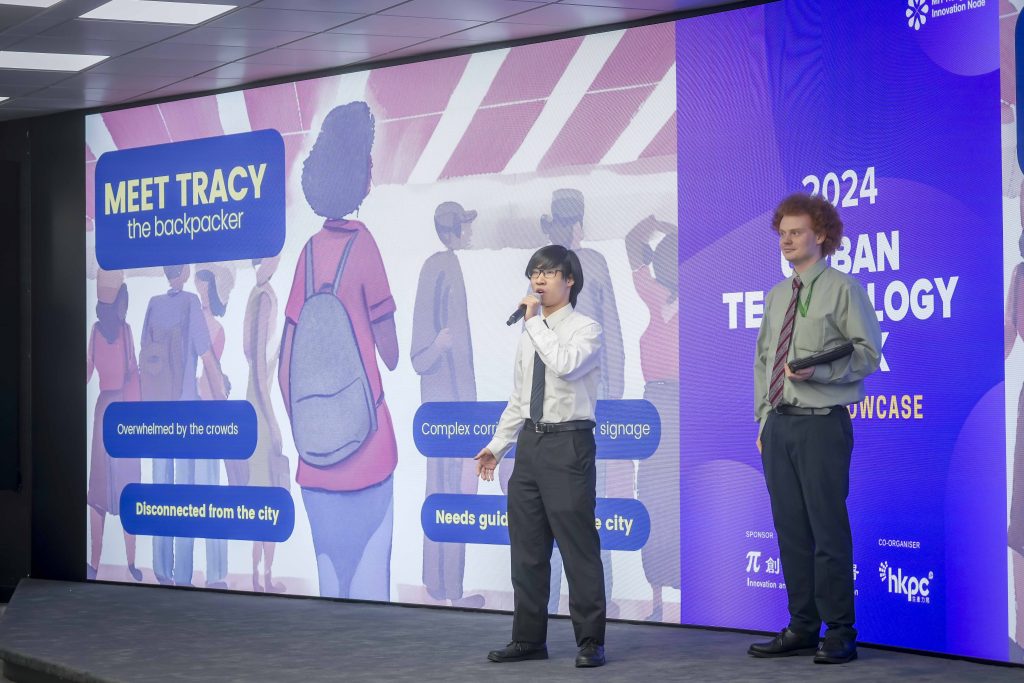
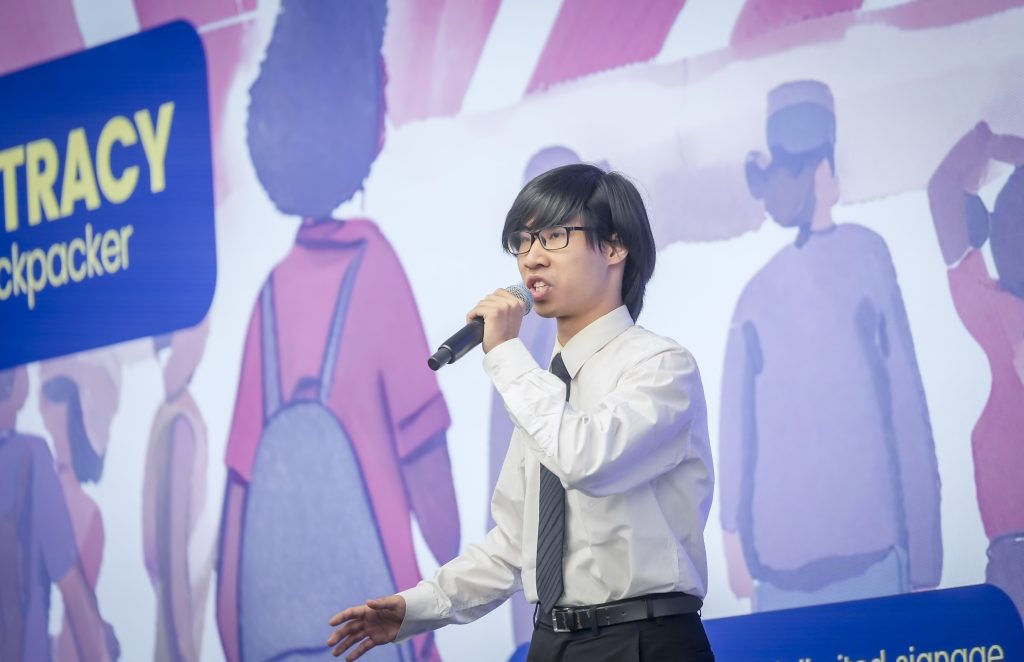
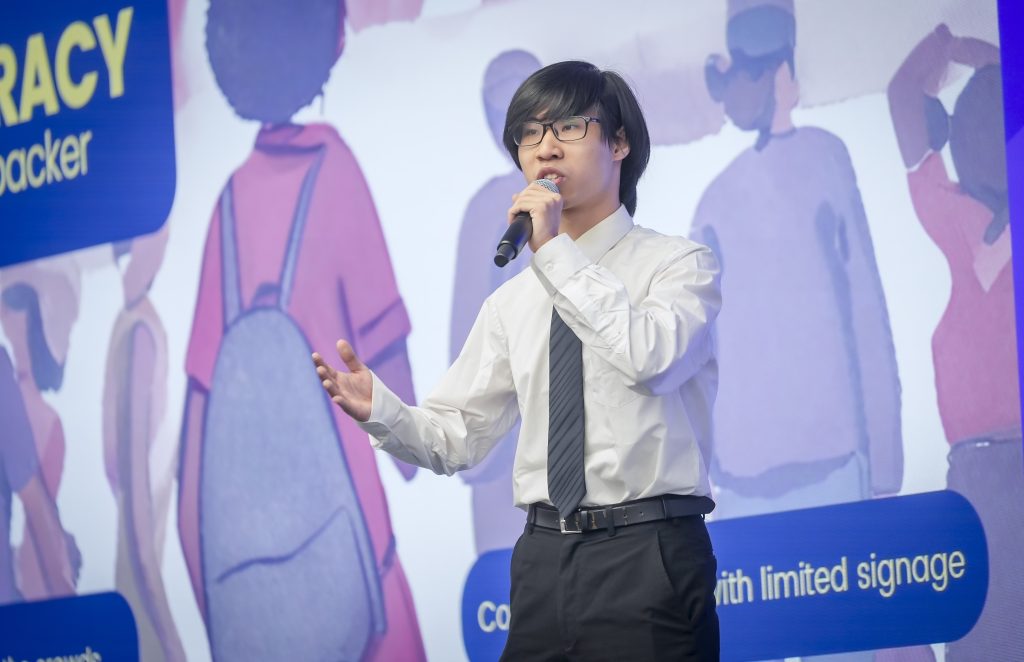
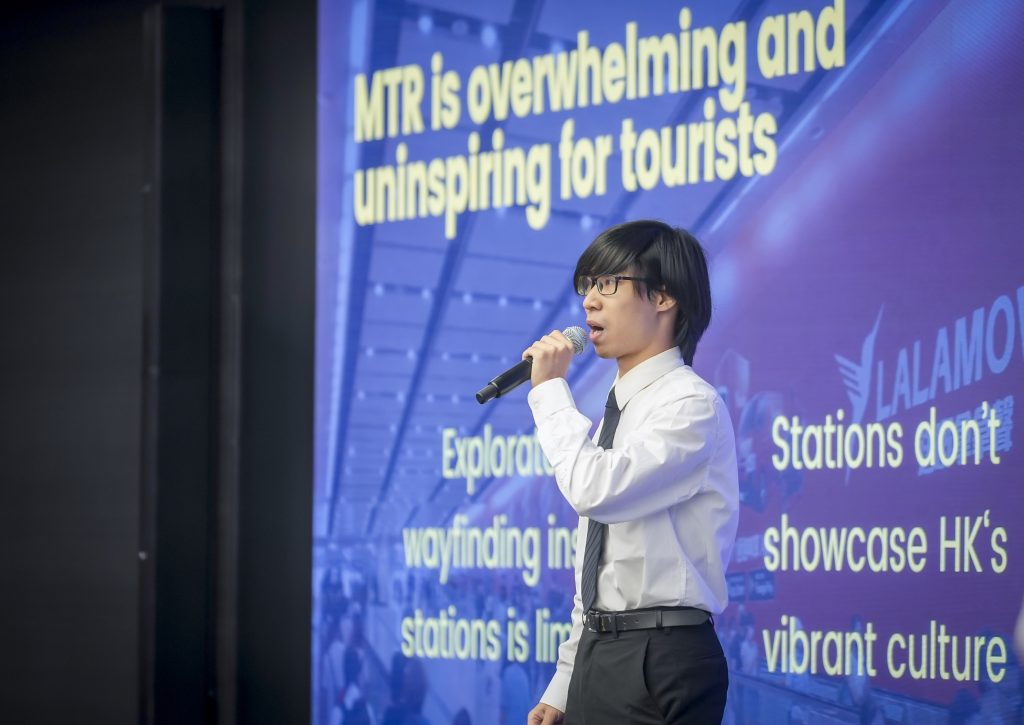
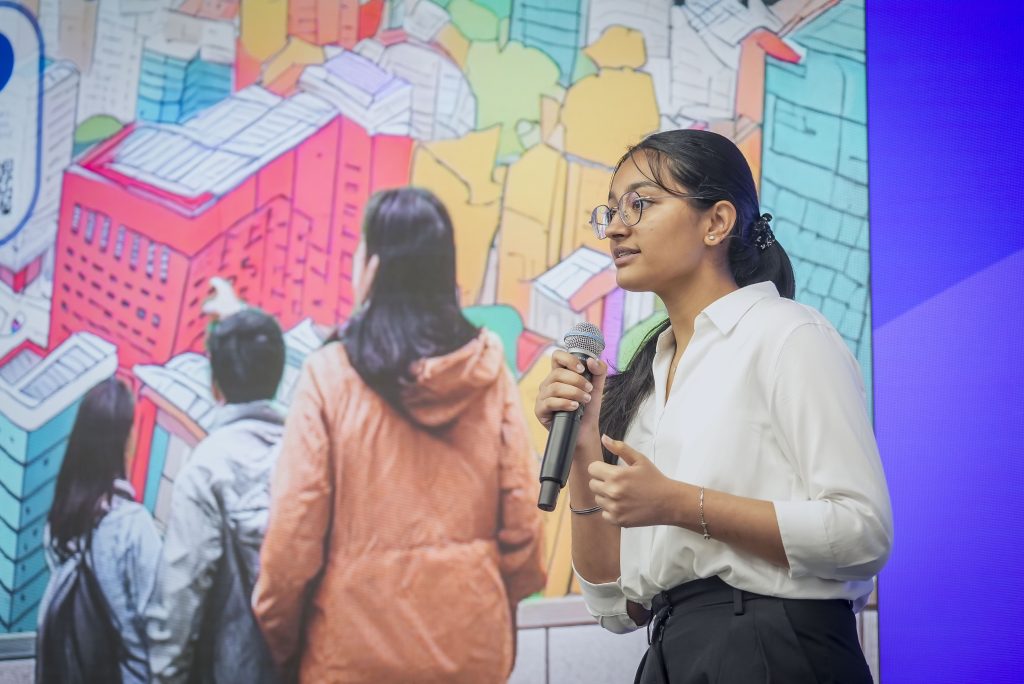
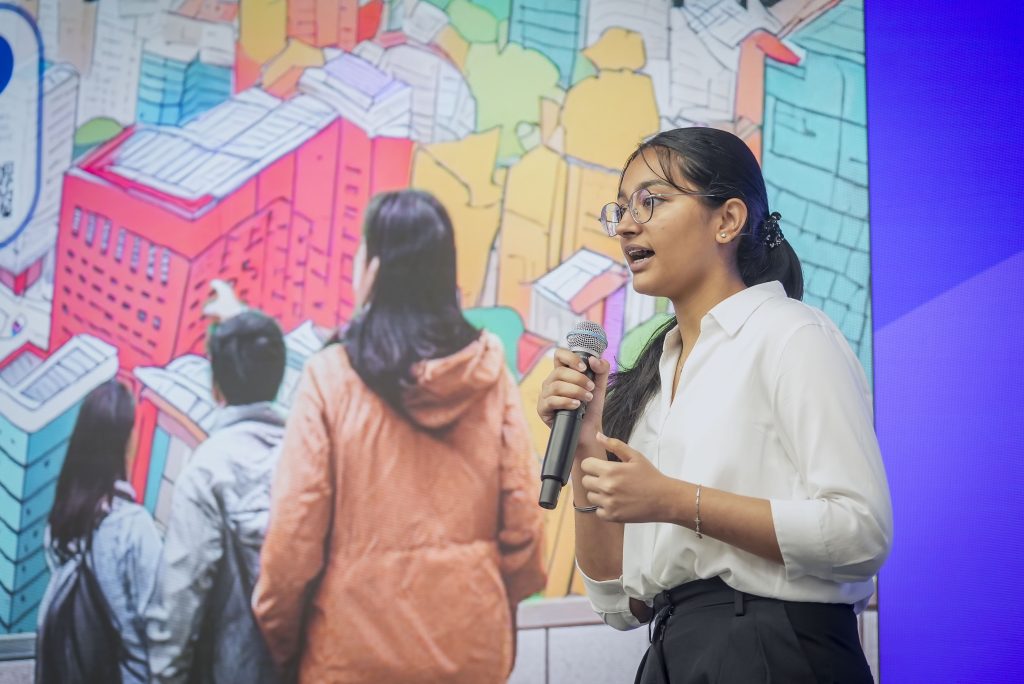
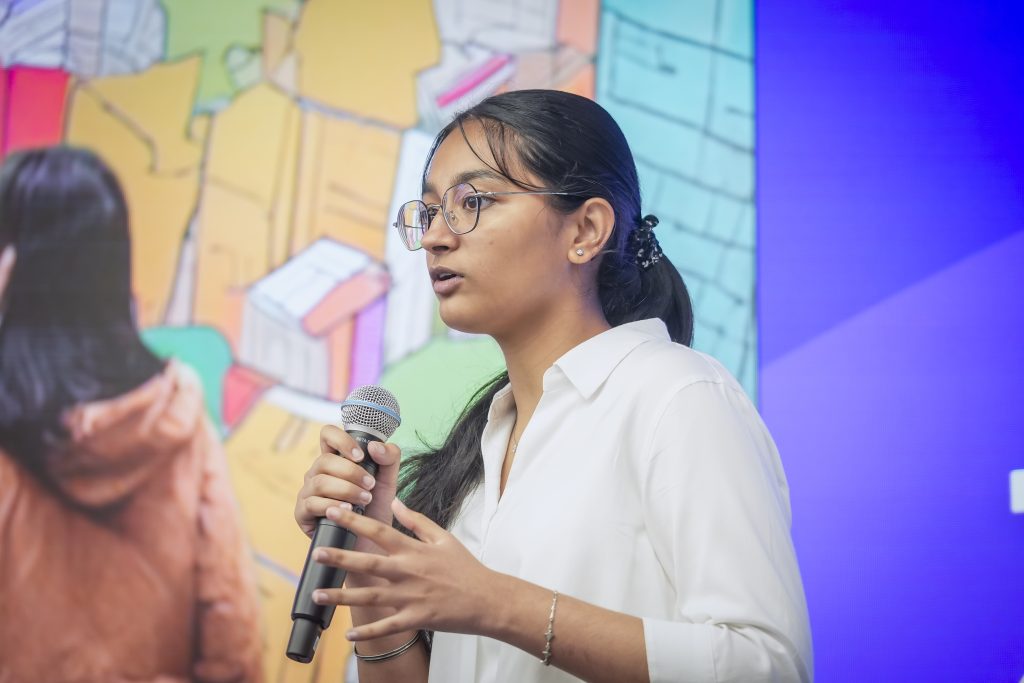
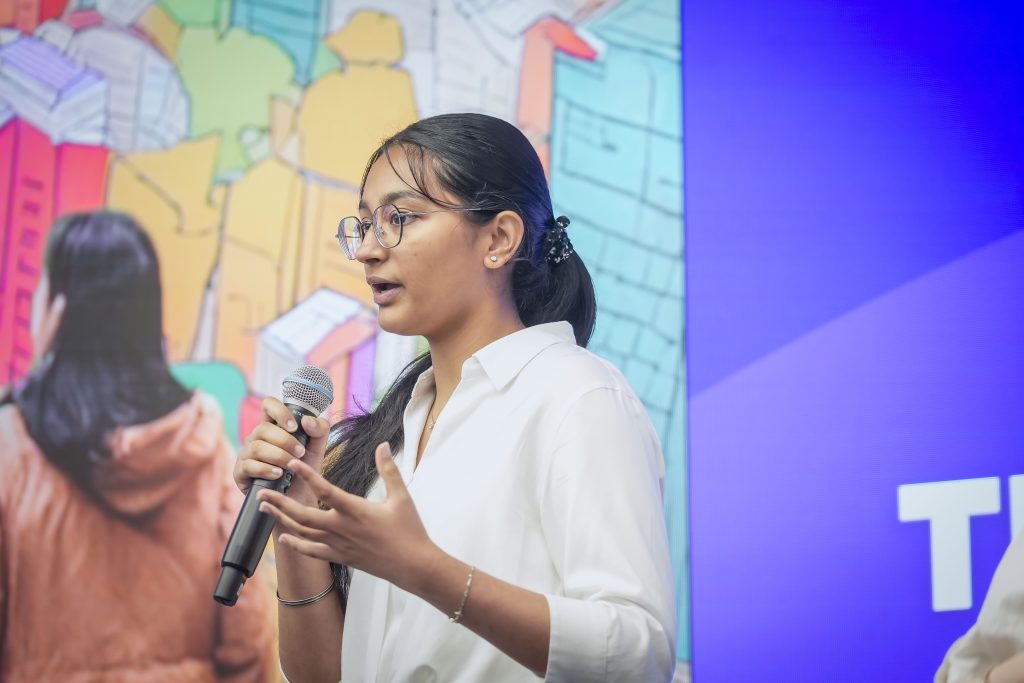
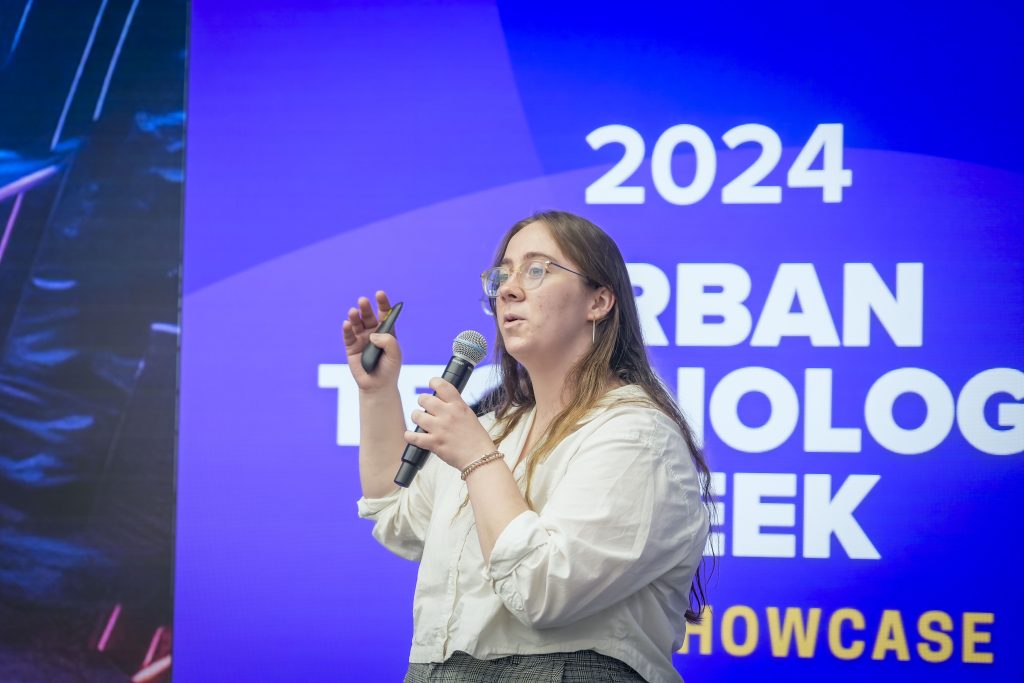
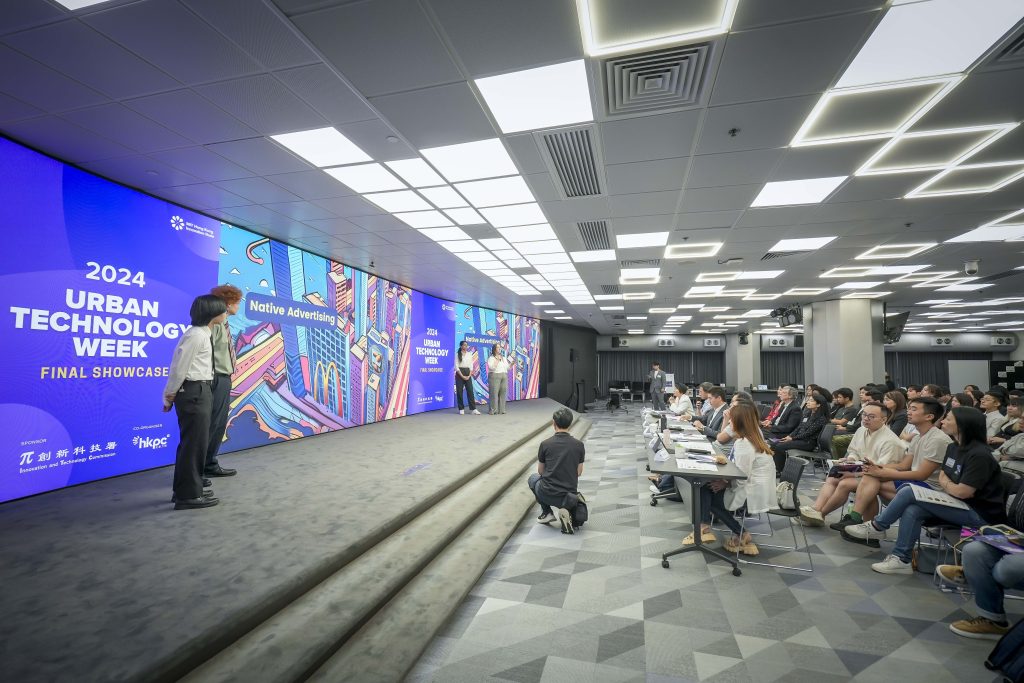
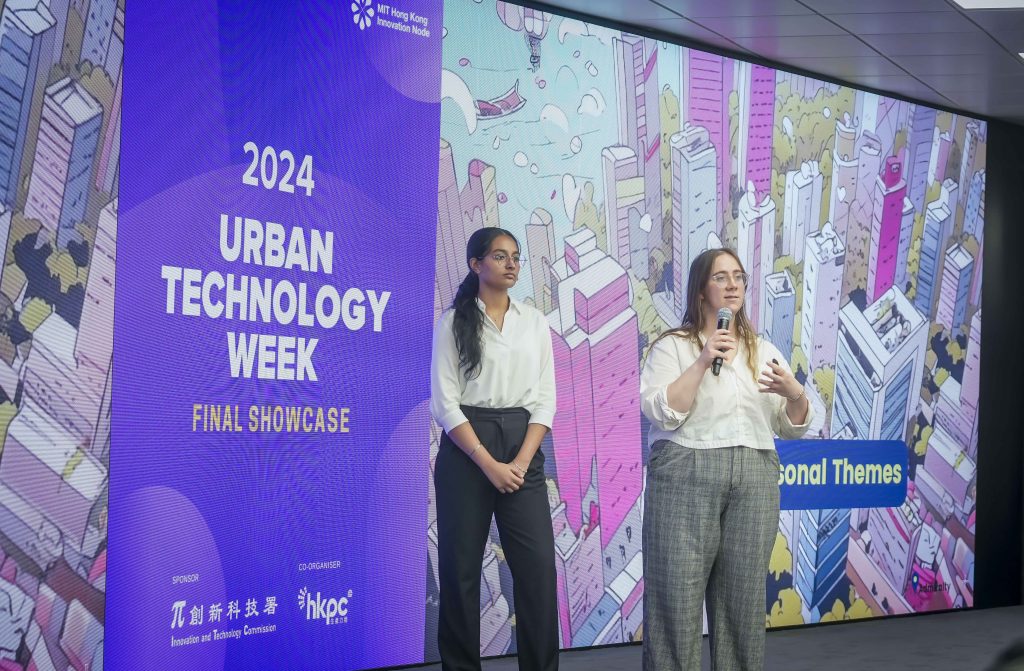
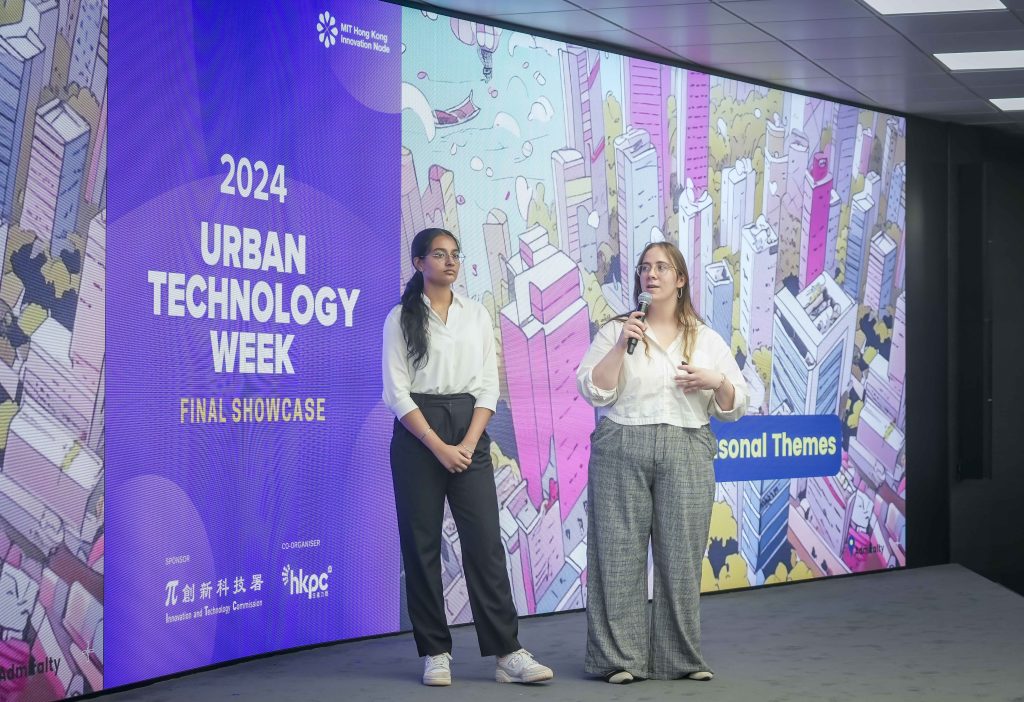
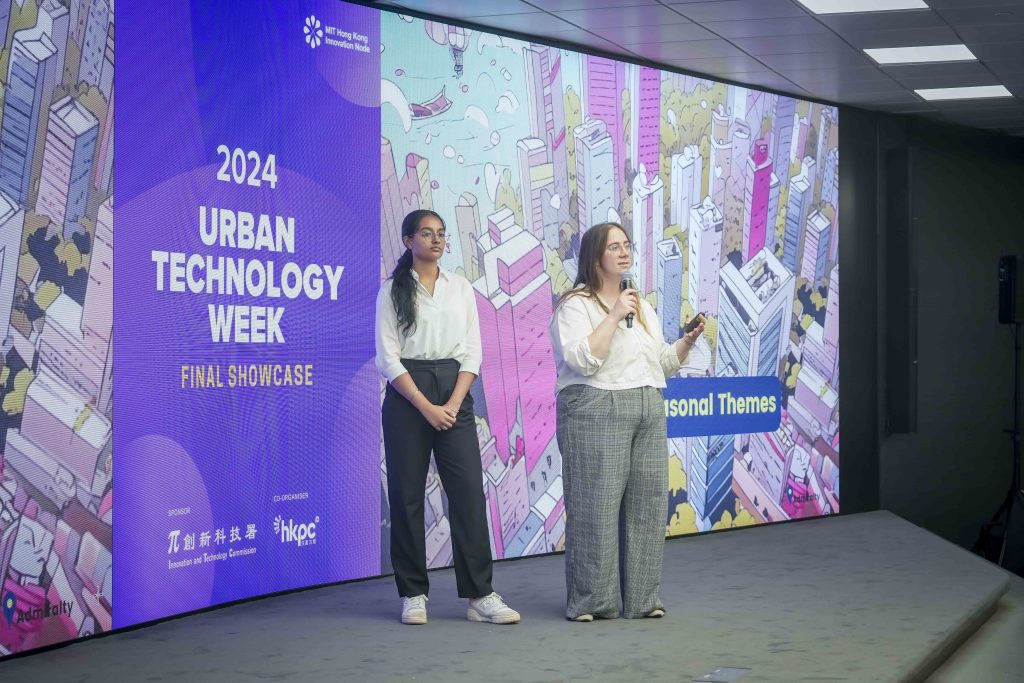
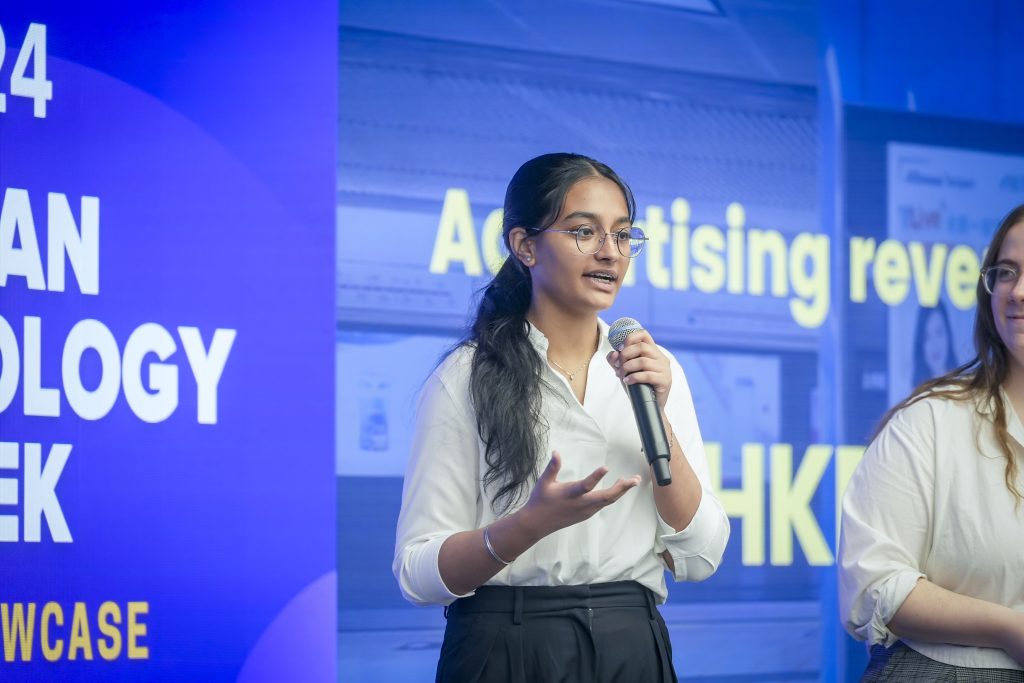
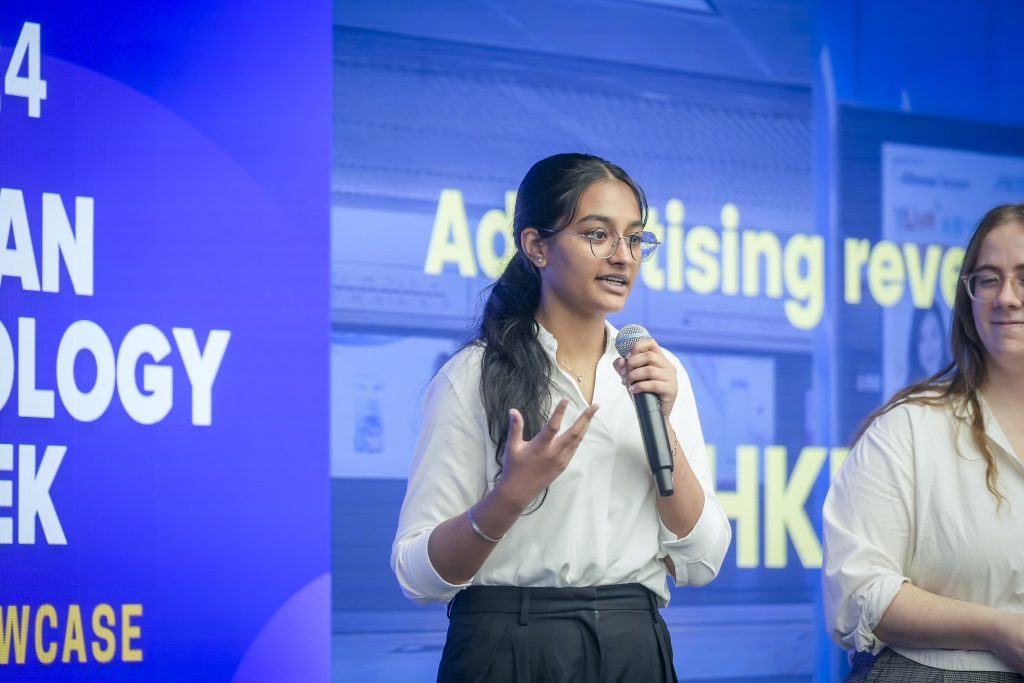
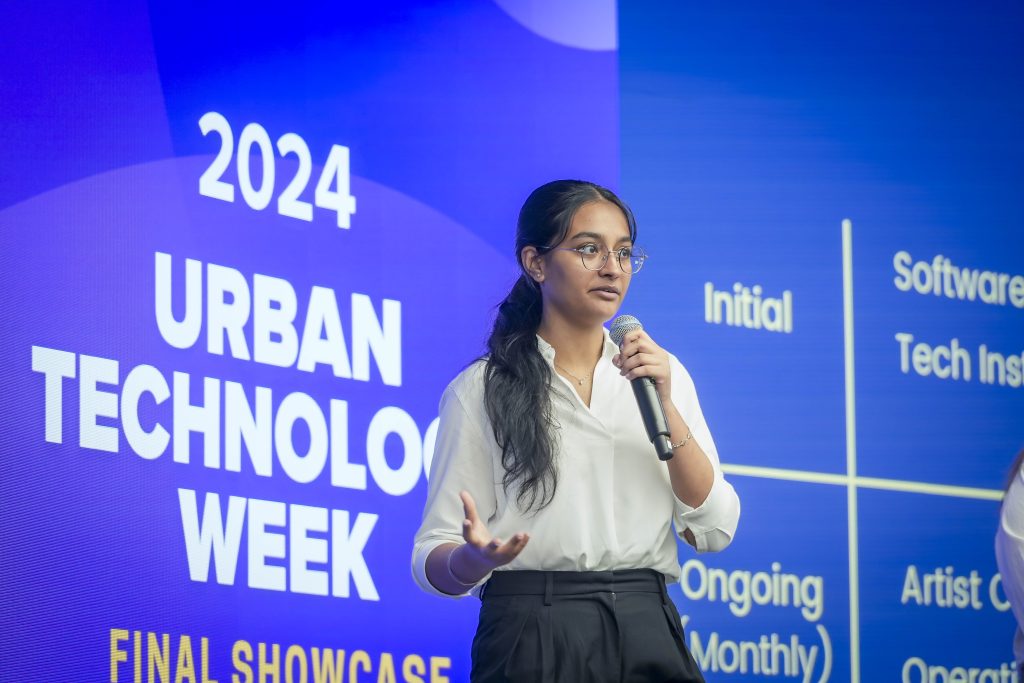
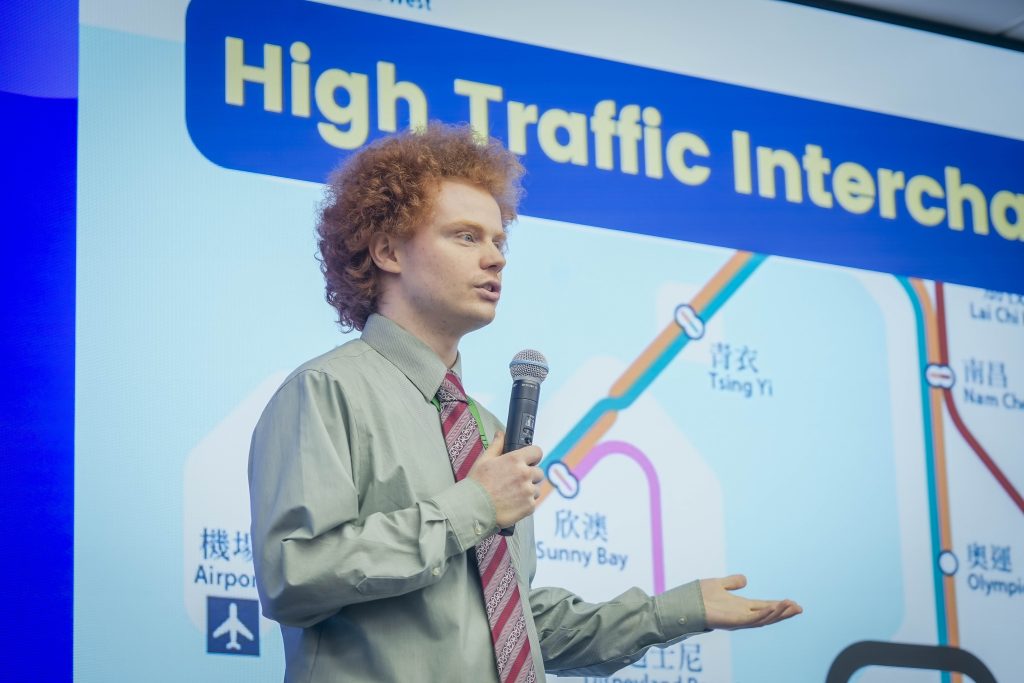
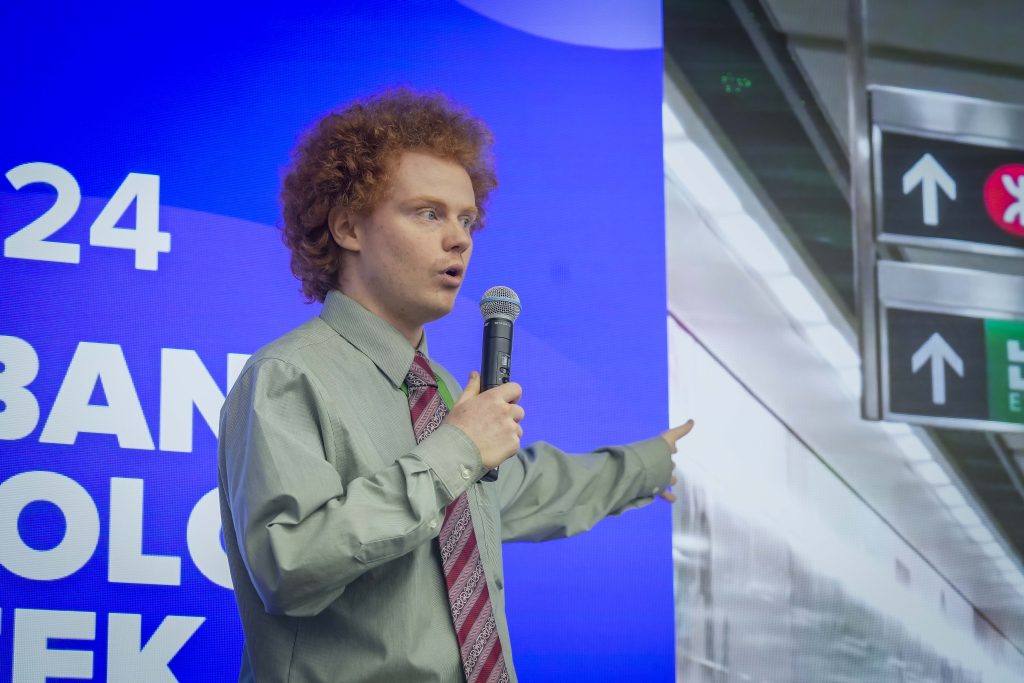
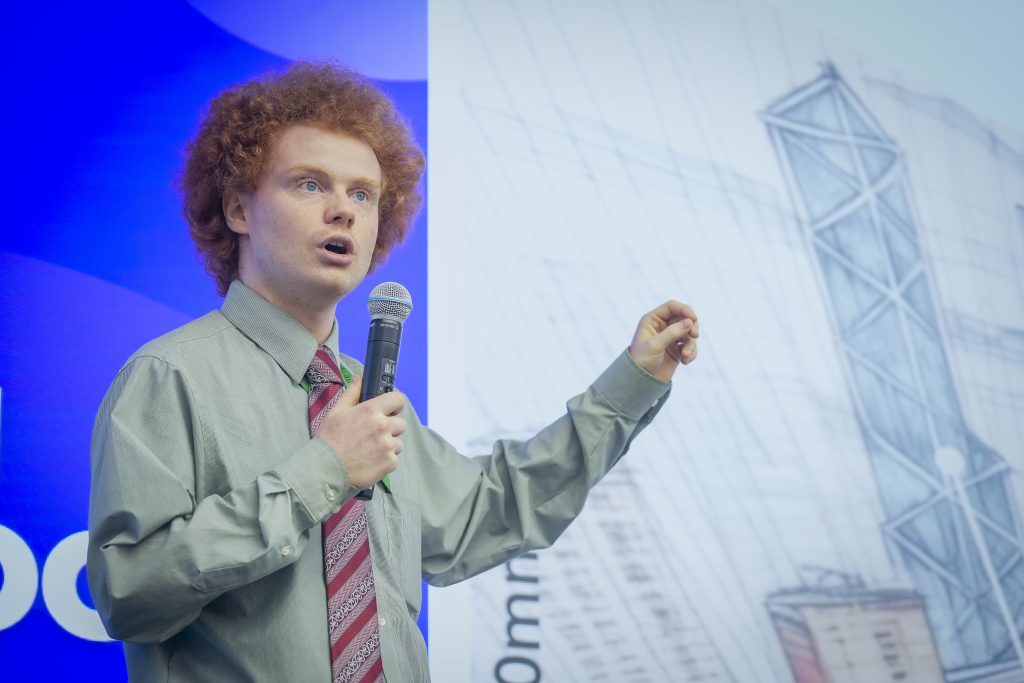
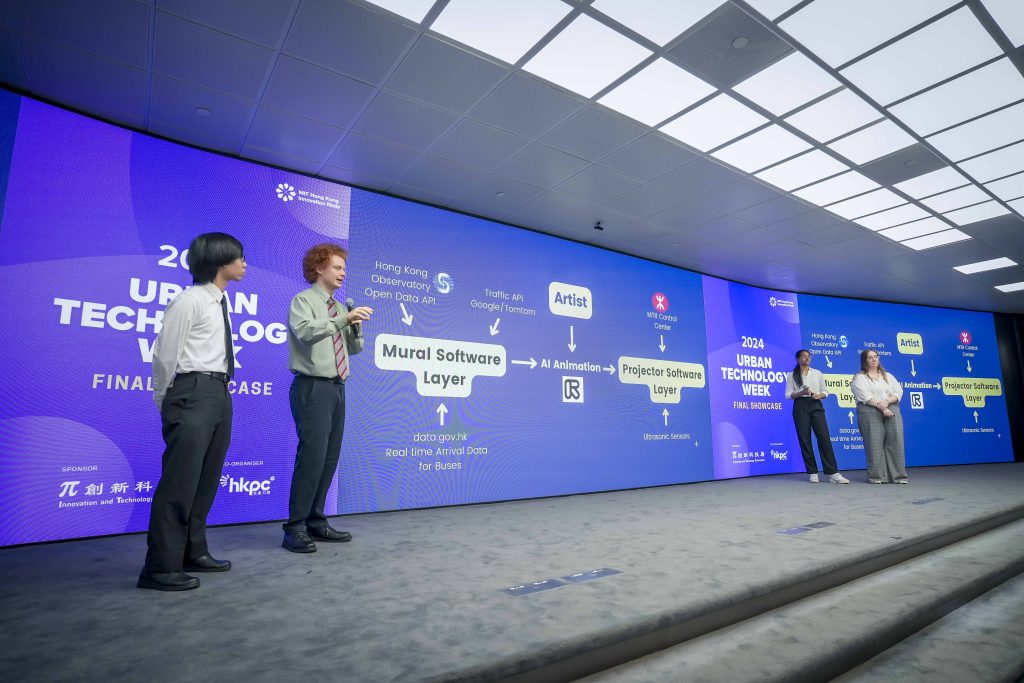
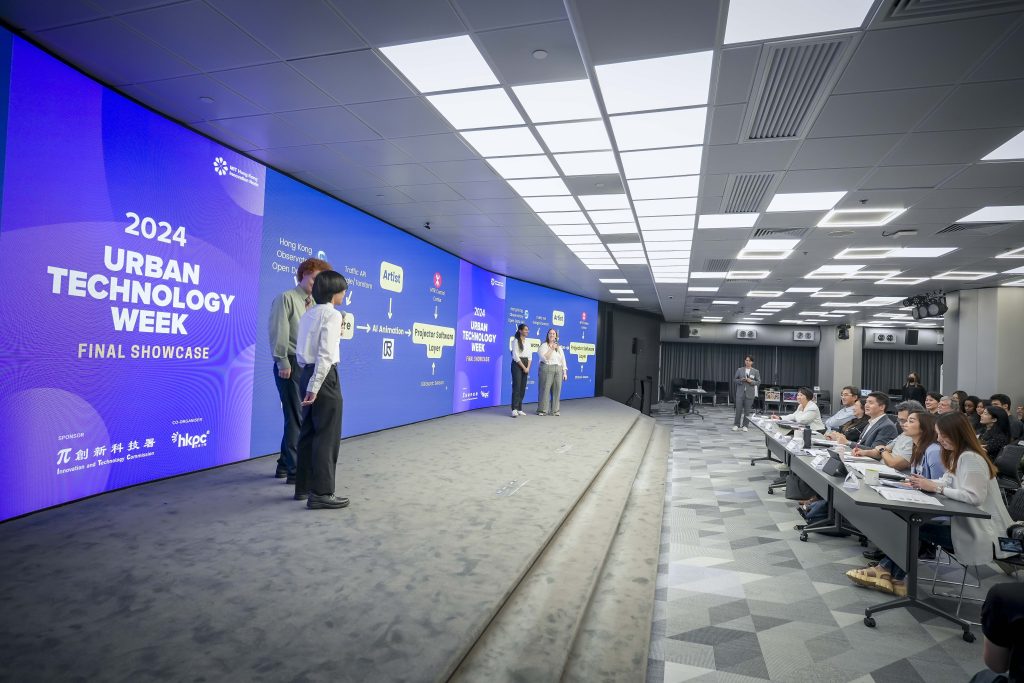

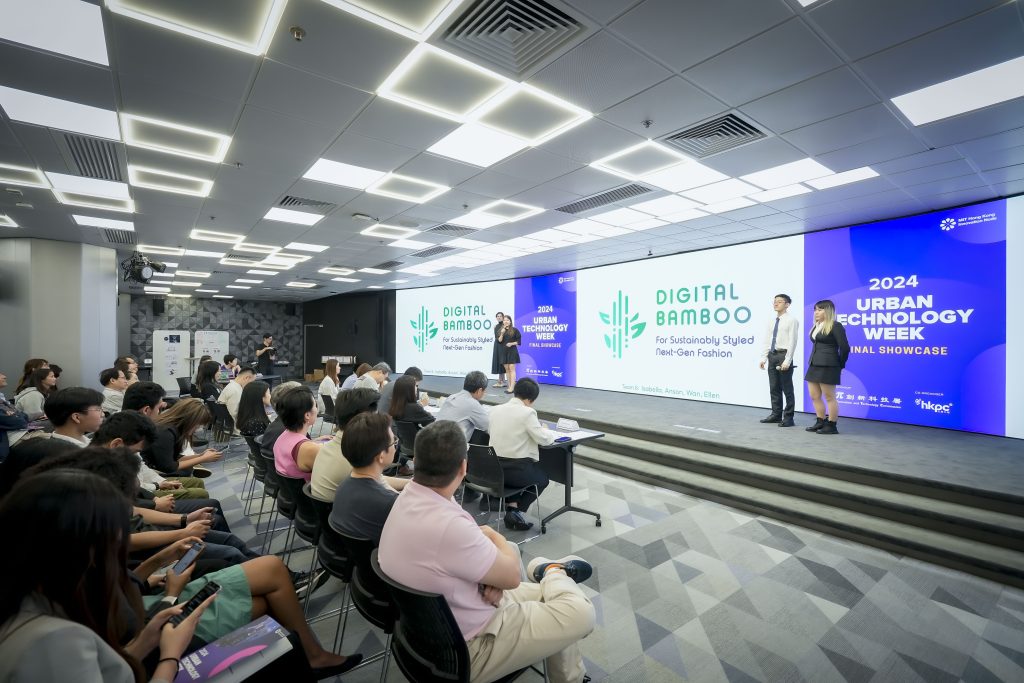
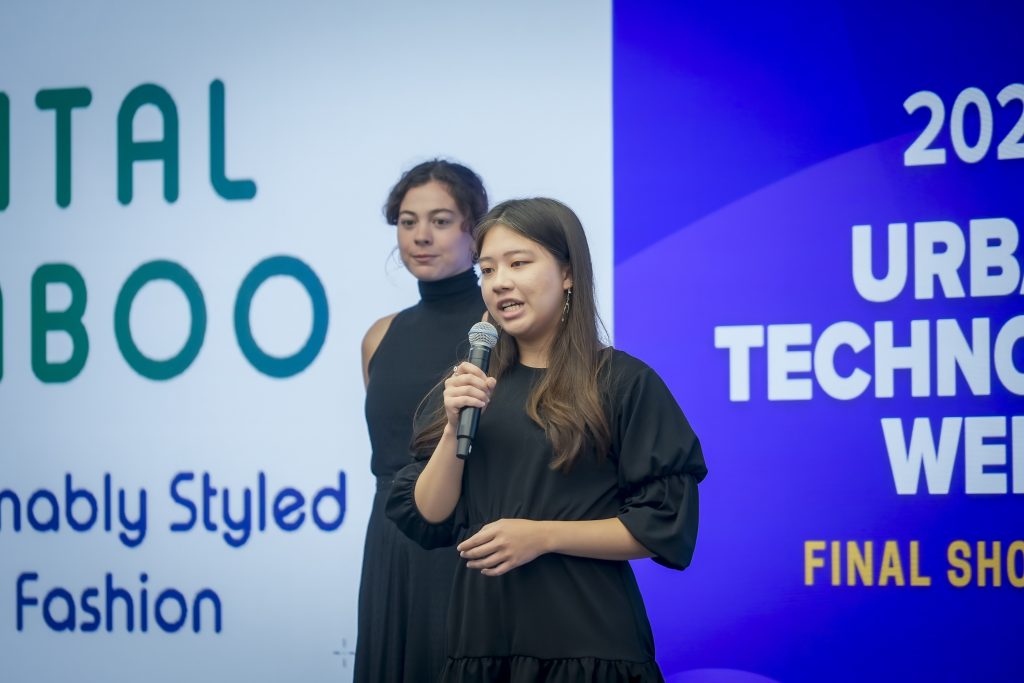
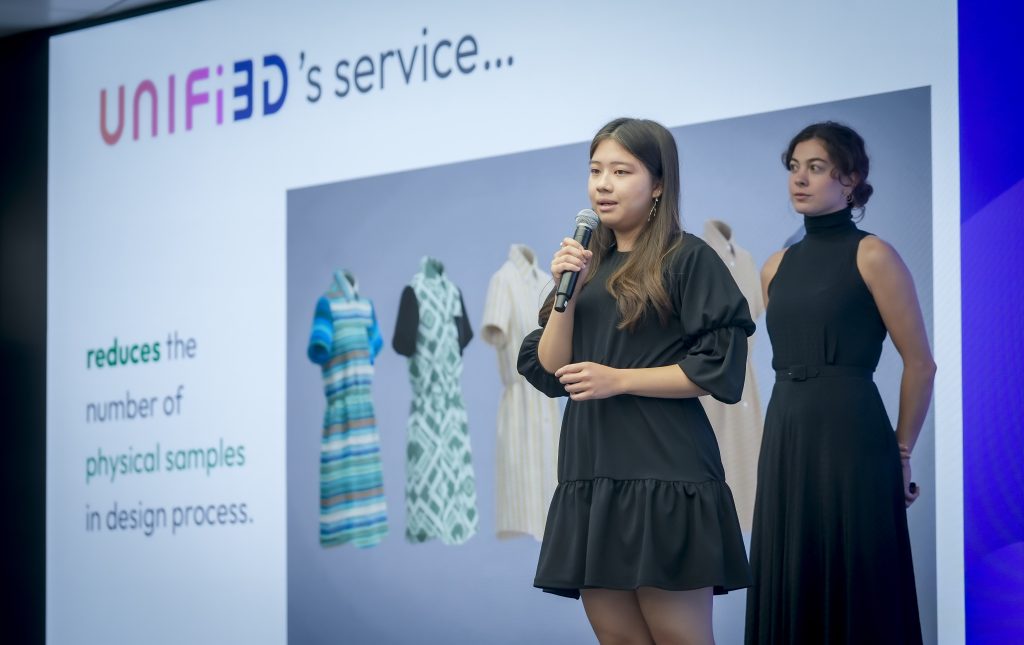
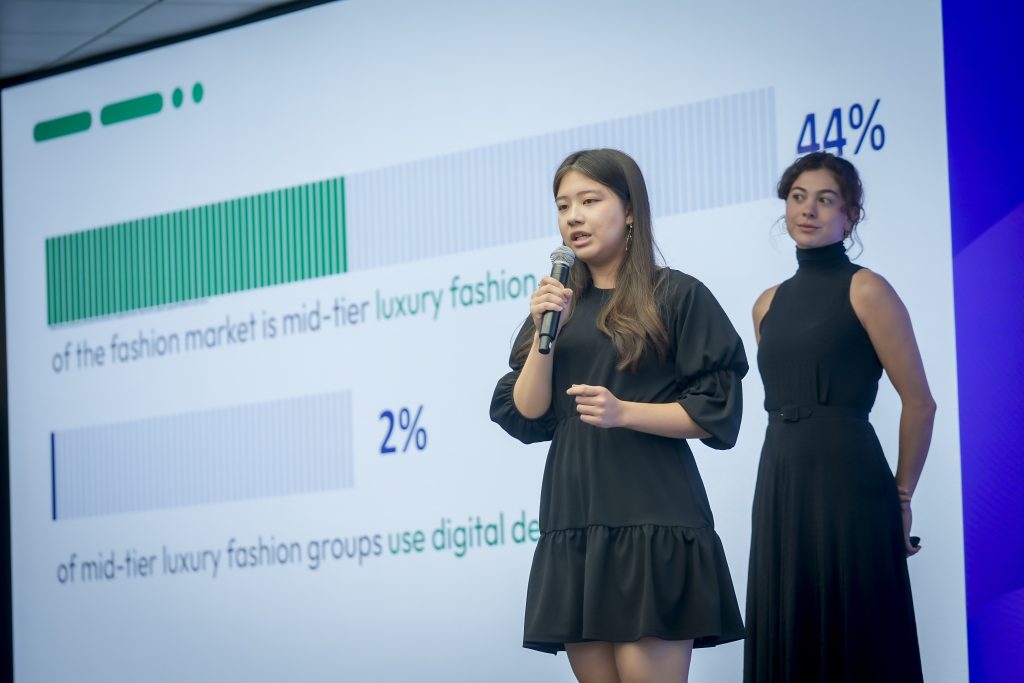
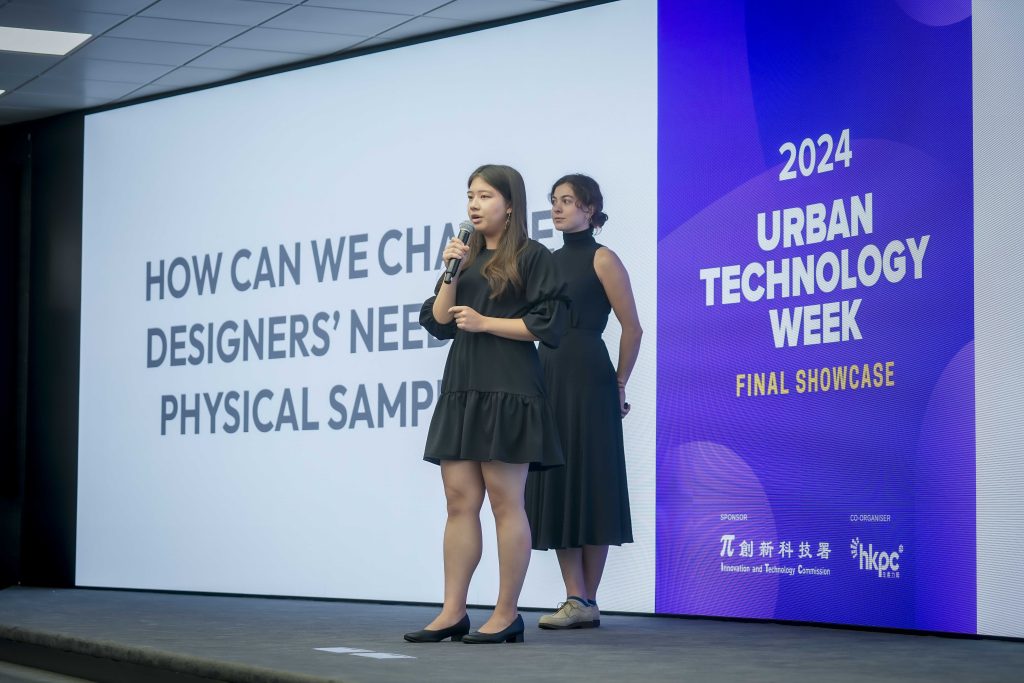
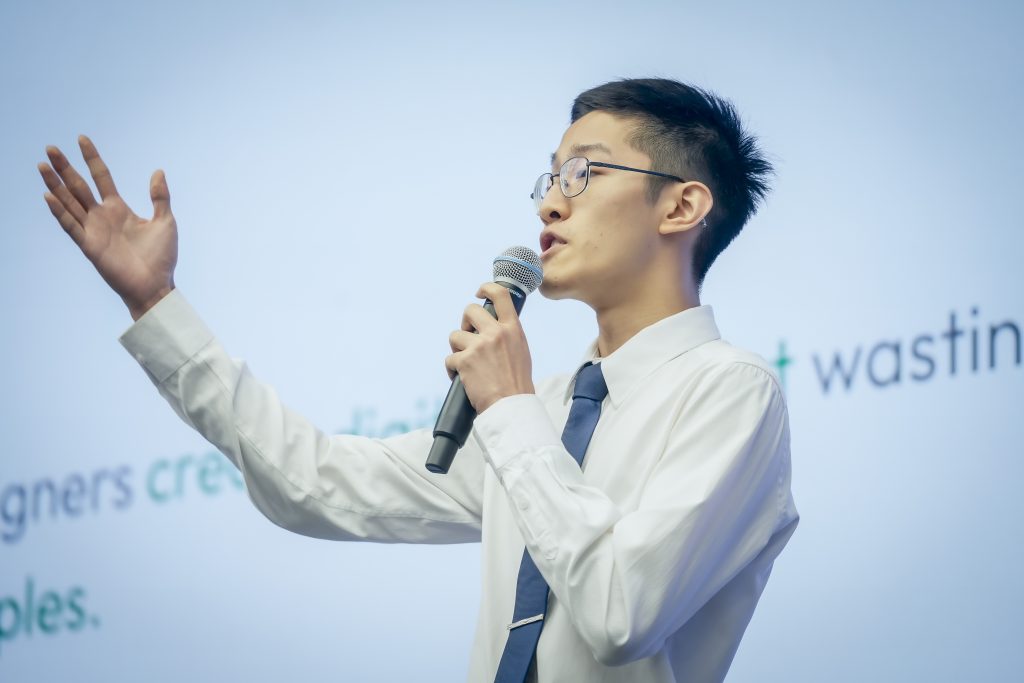
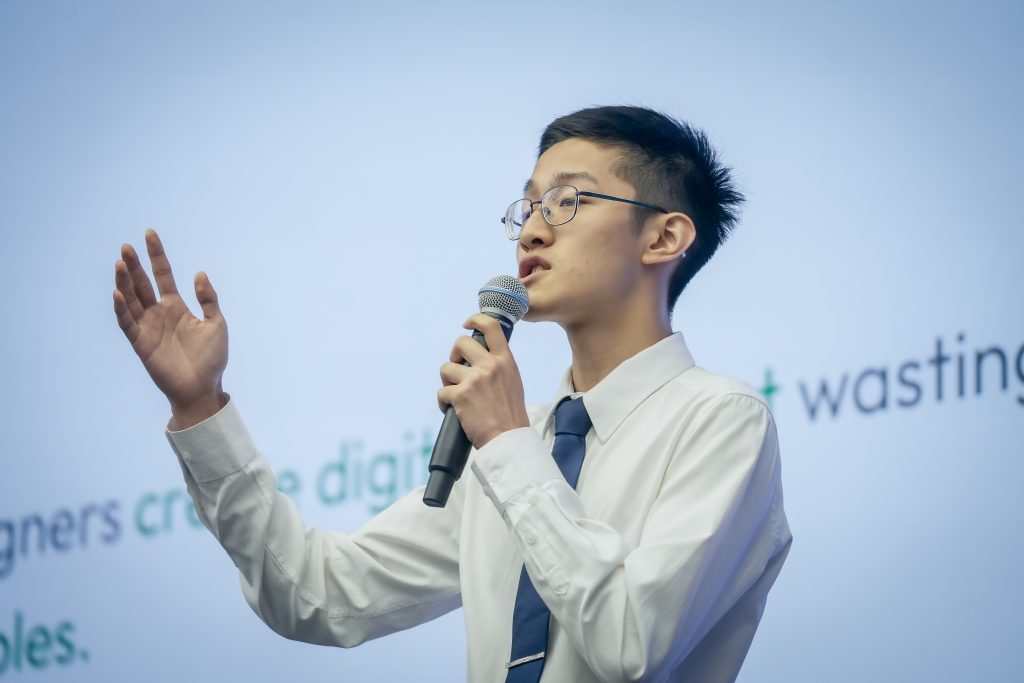
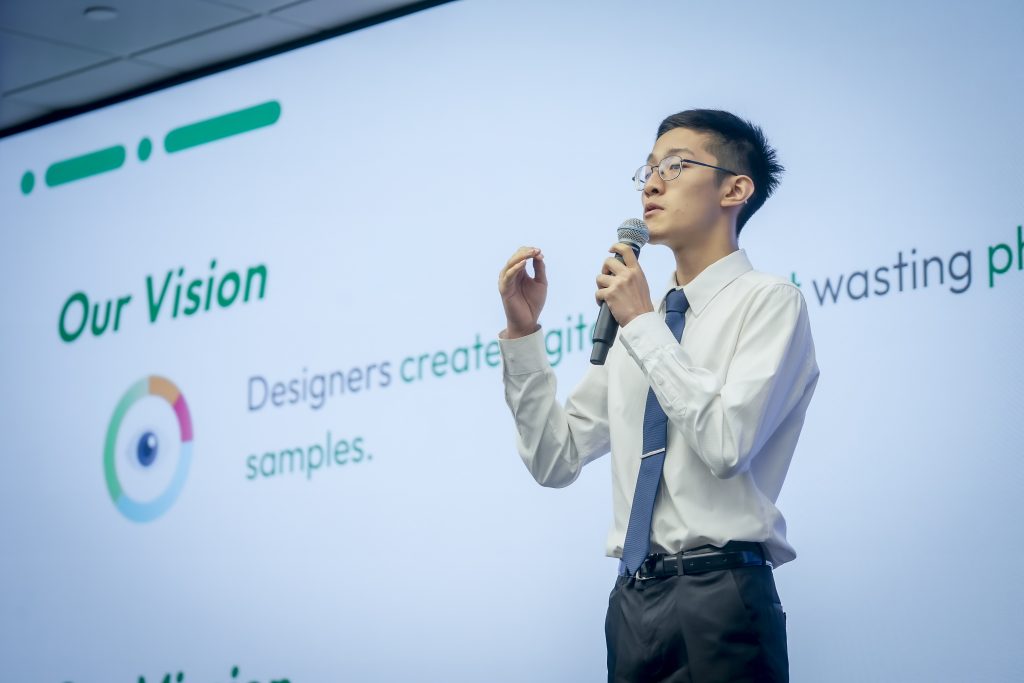
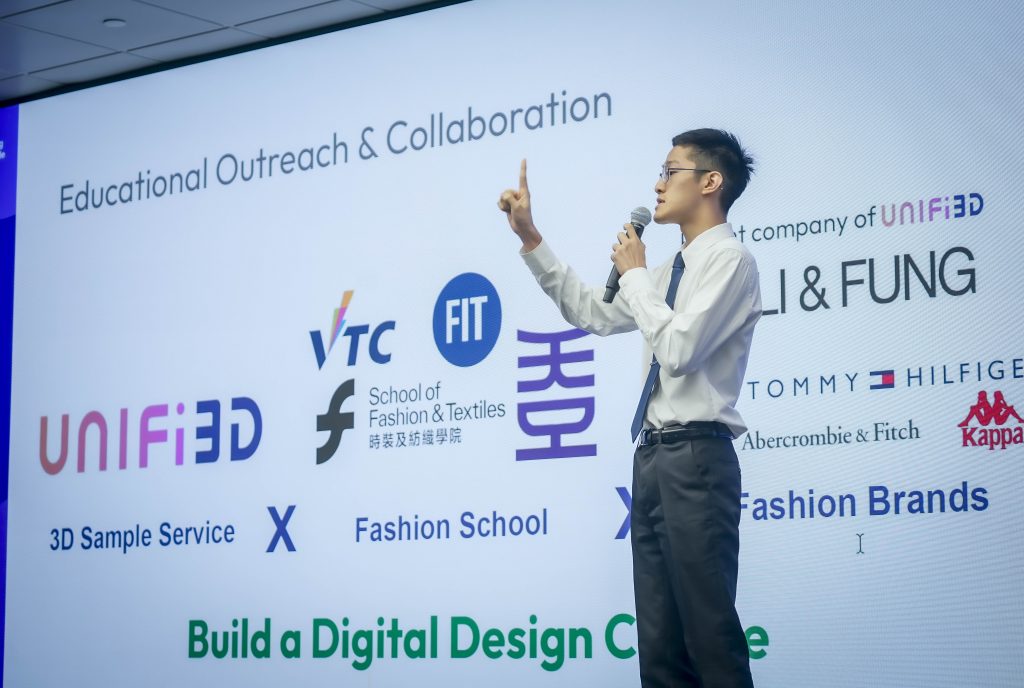
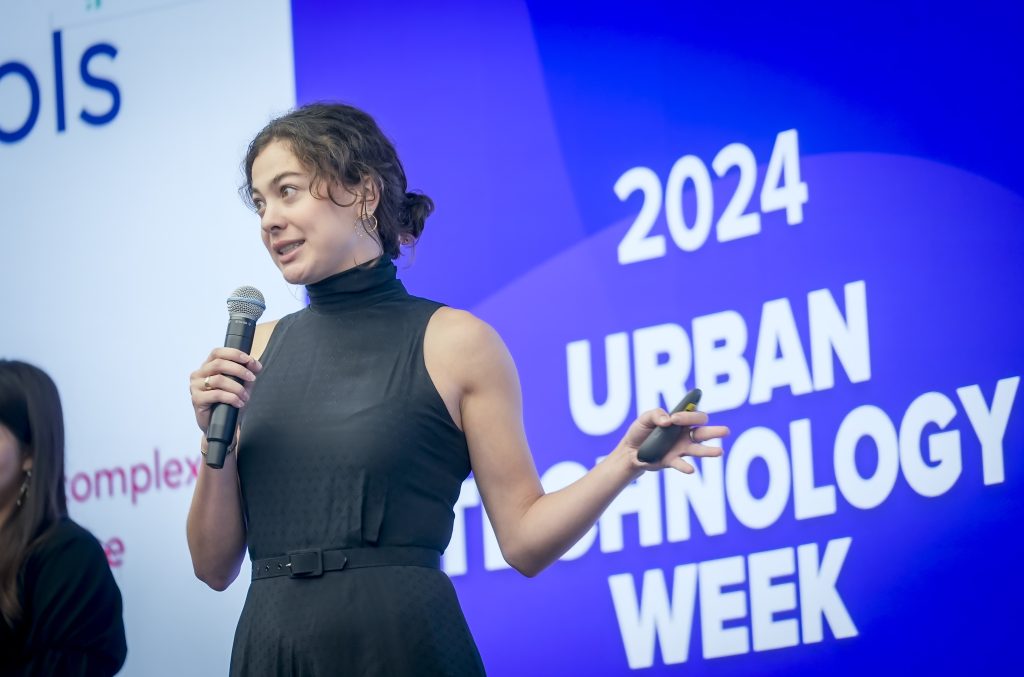
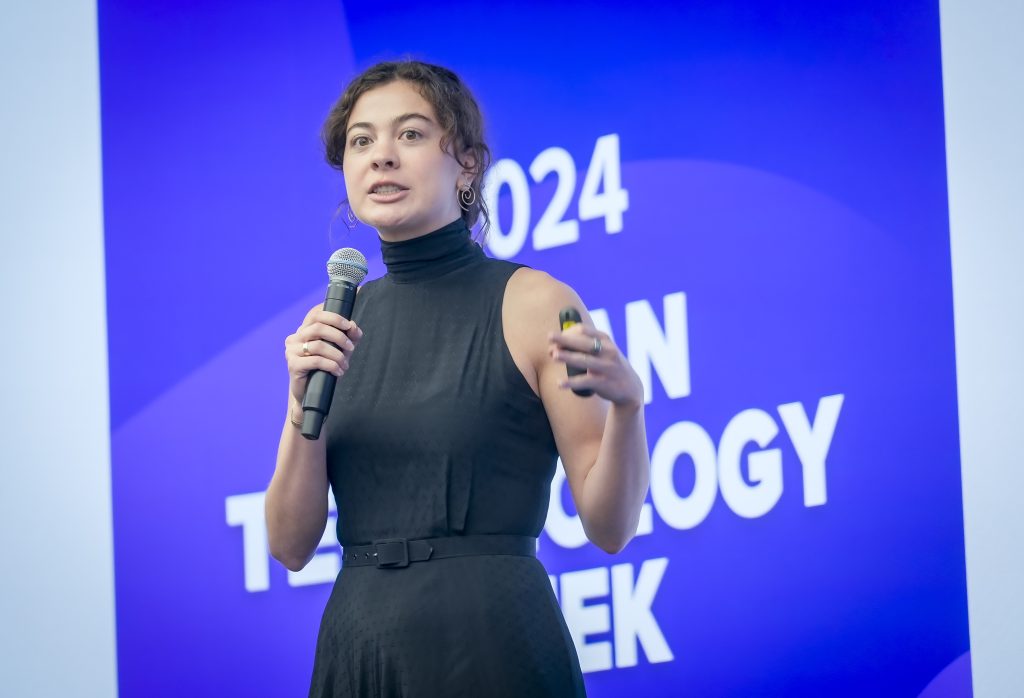
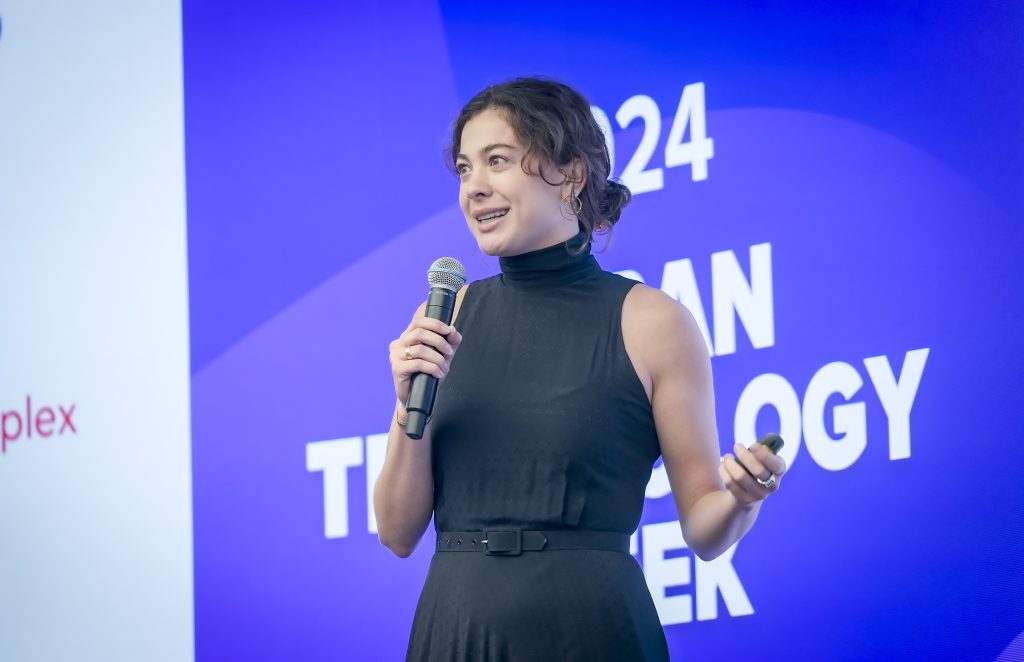
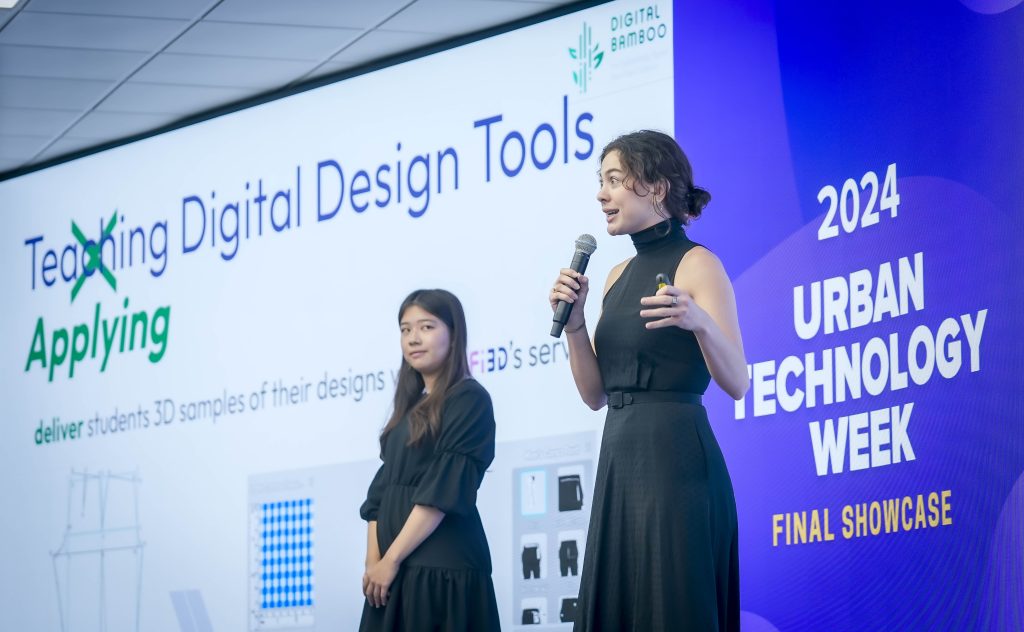
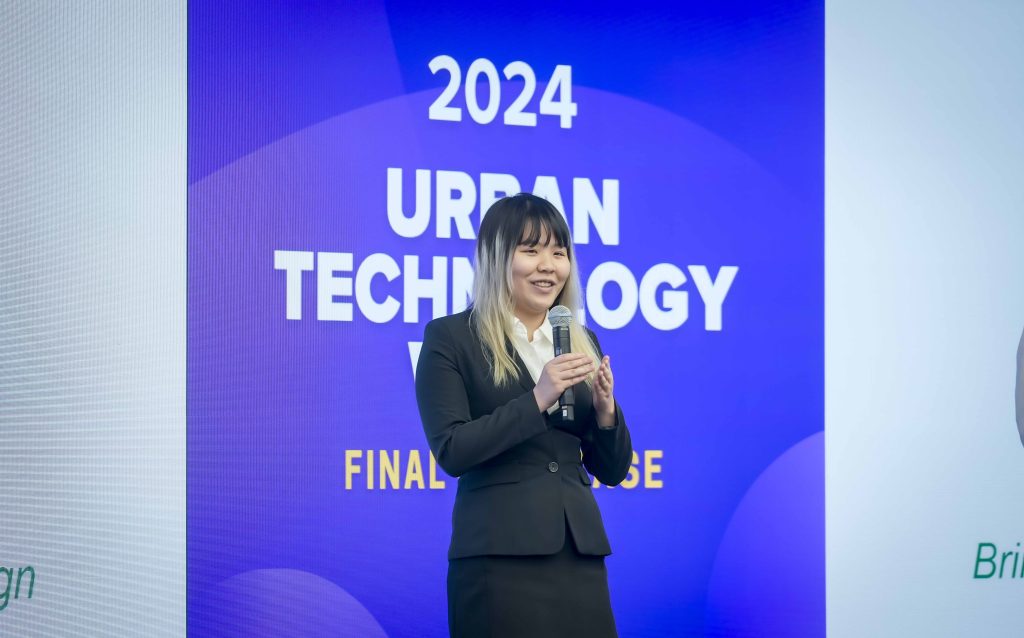
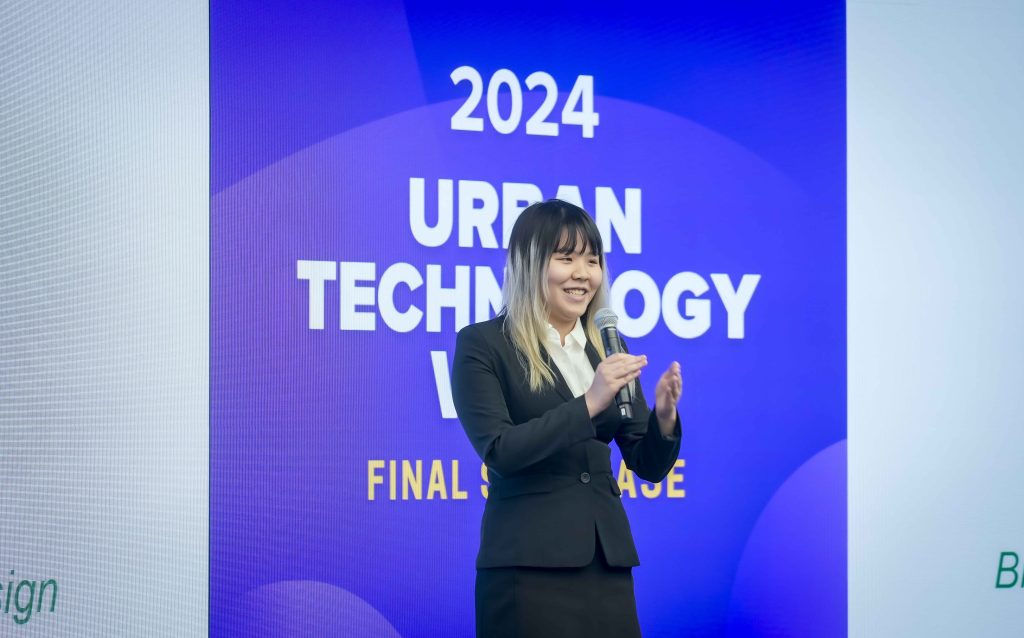
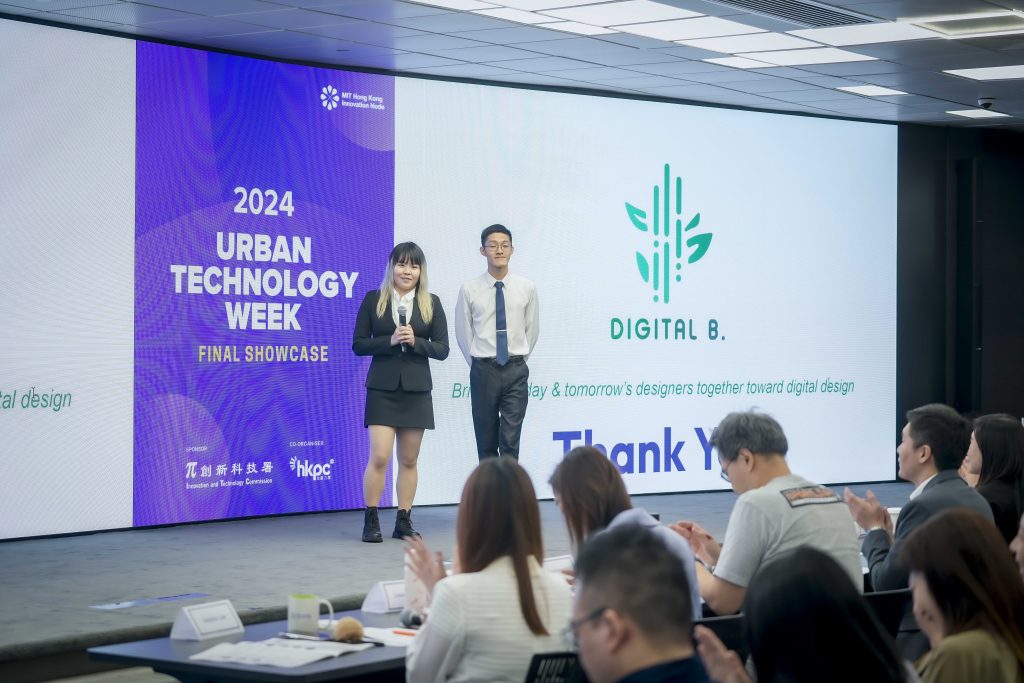
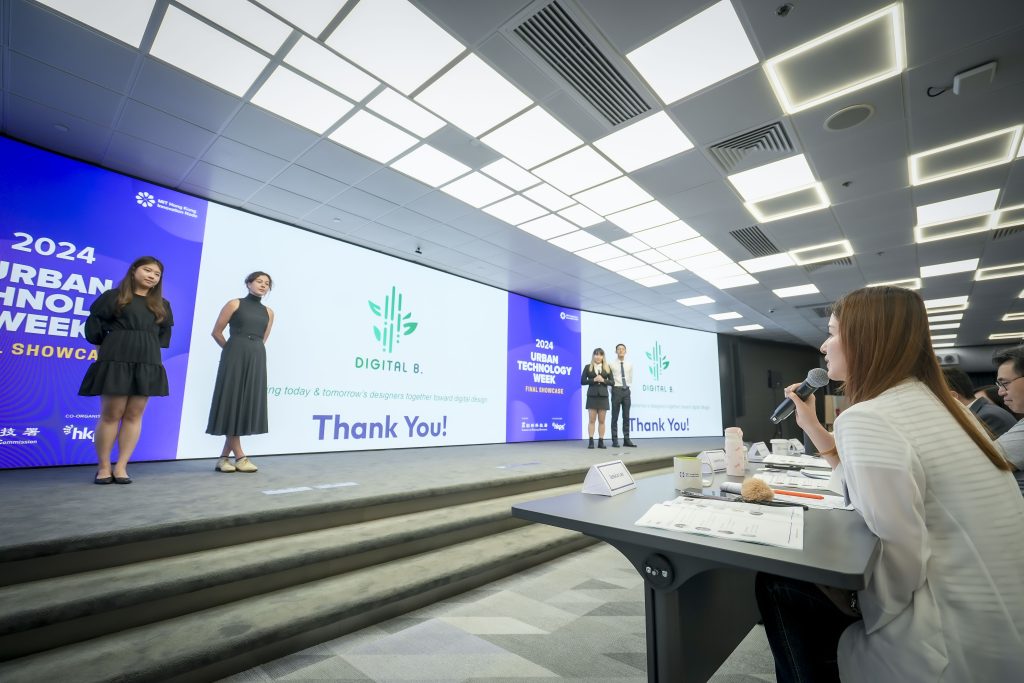
Inspired by Charlie card in Boston, Charlie HK is a local version of way finding system transform MTR stations into art destinations. Charlie HK features an interactive way finding system that incorporates native advertising and seasonal themes created by local artists, the real-time, AI-enhanced interactive digital murals redefine navigation experiences in the fast, efficient MTR railway system in Hong Kong.
Digital Bamboo is a digital education platform to promote application of digital design tools that helps to bring forth digital design and non-wasteful physical samples. Focusing on 3D sampling services offered by unifi3D, the education and outreach pilot program aimed to bring the three sectors – fashion industry, fashion schools and unifi3D closer by digital design courses to engage users with better digital design technology.
Team 9 - REIMAGINE
Team 10 - Ec0w3D
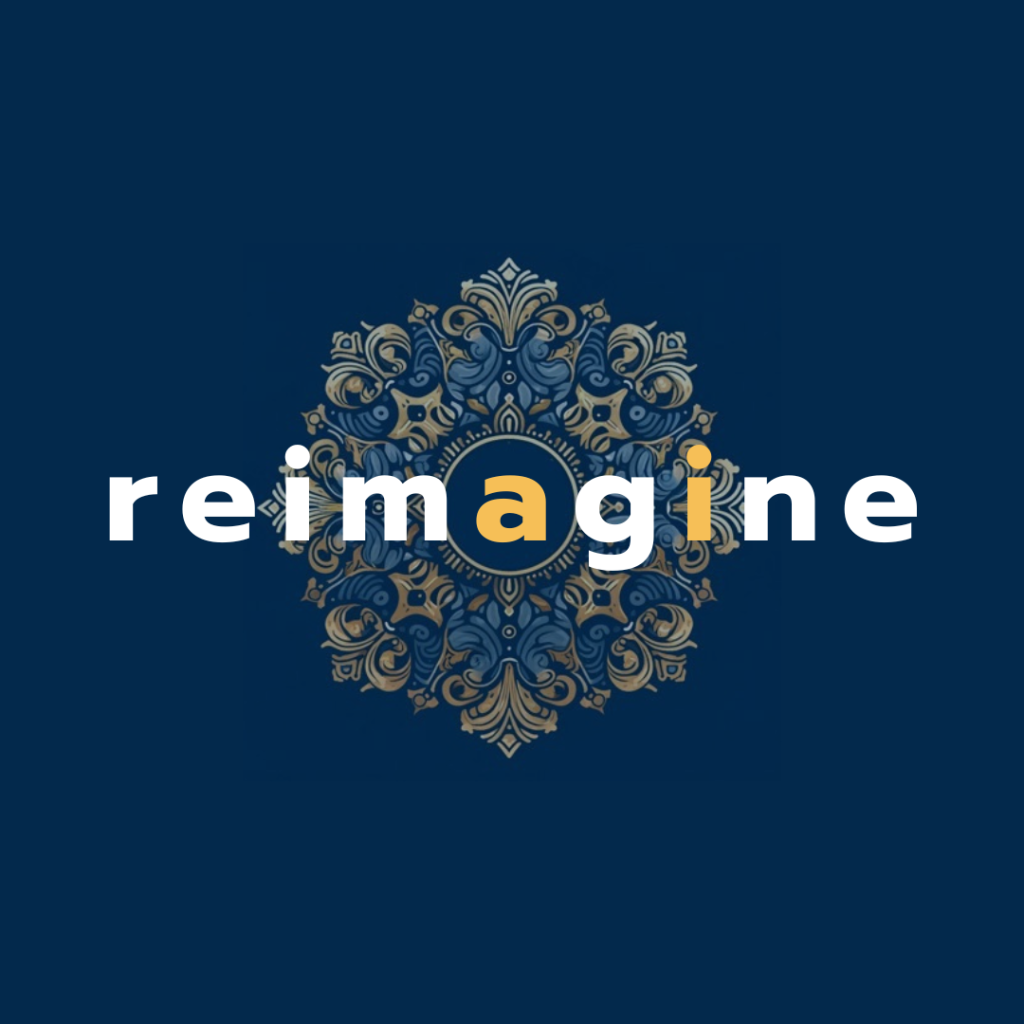
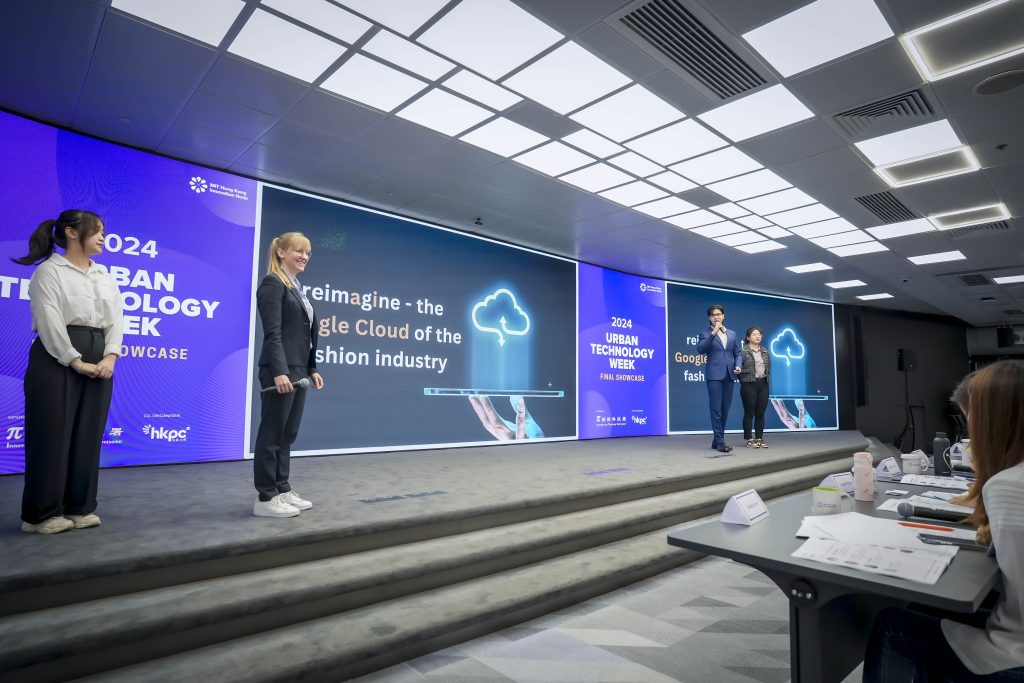
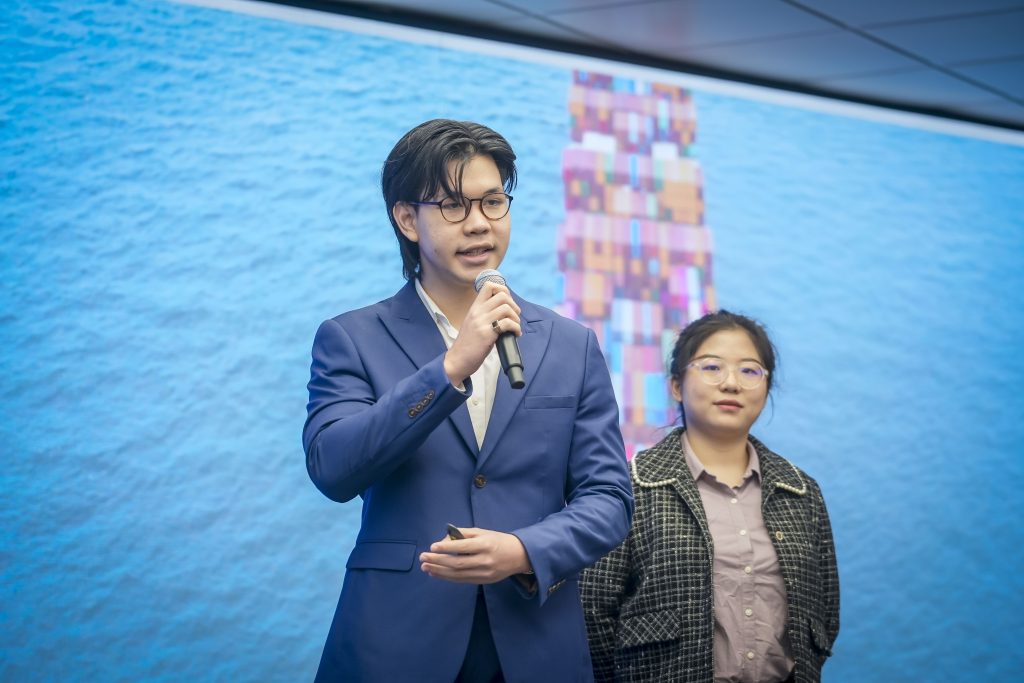
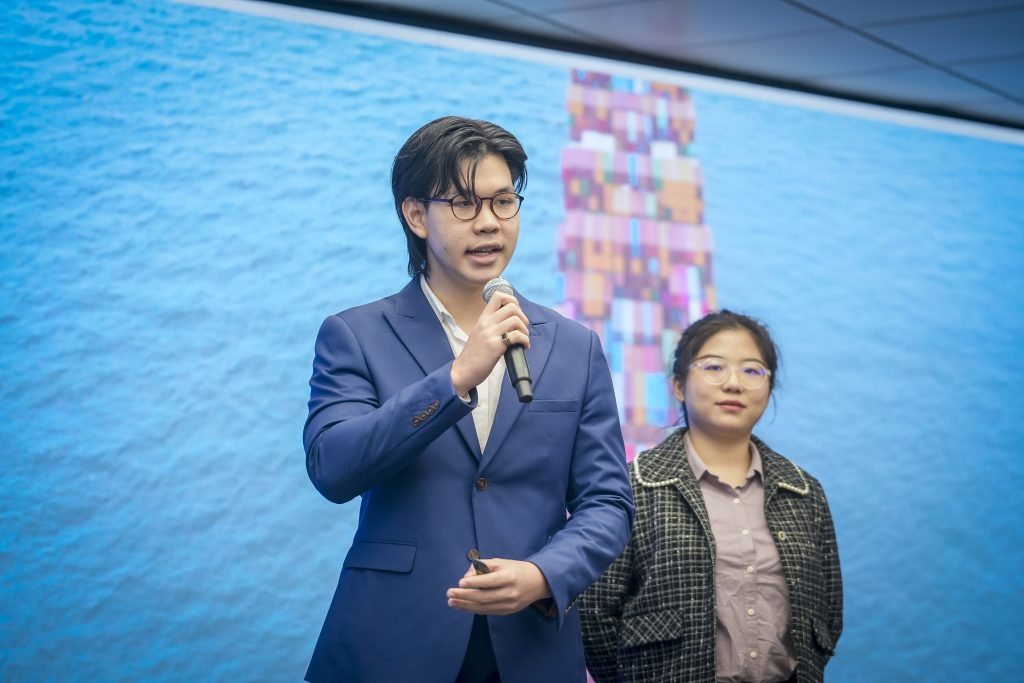
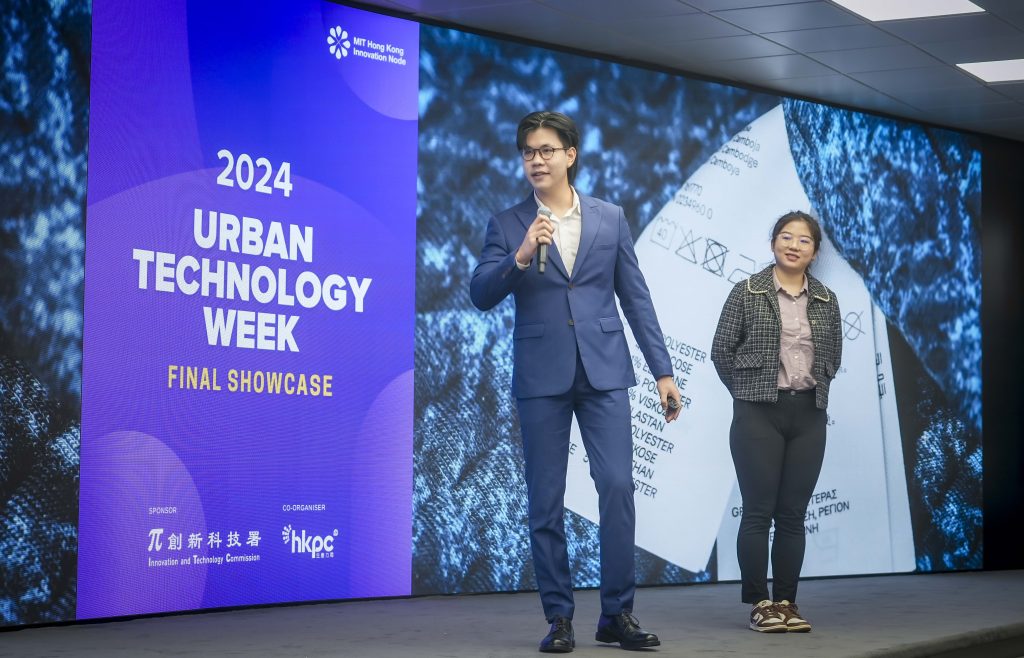
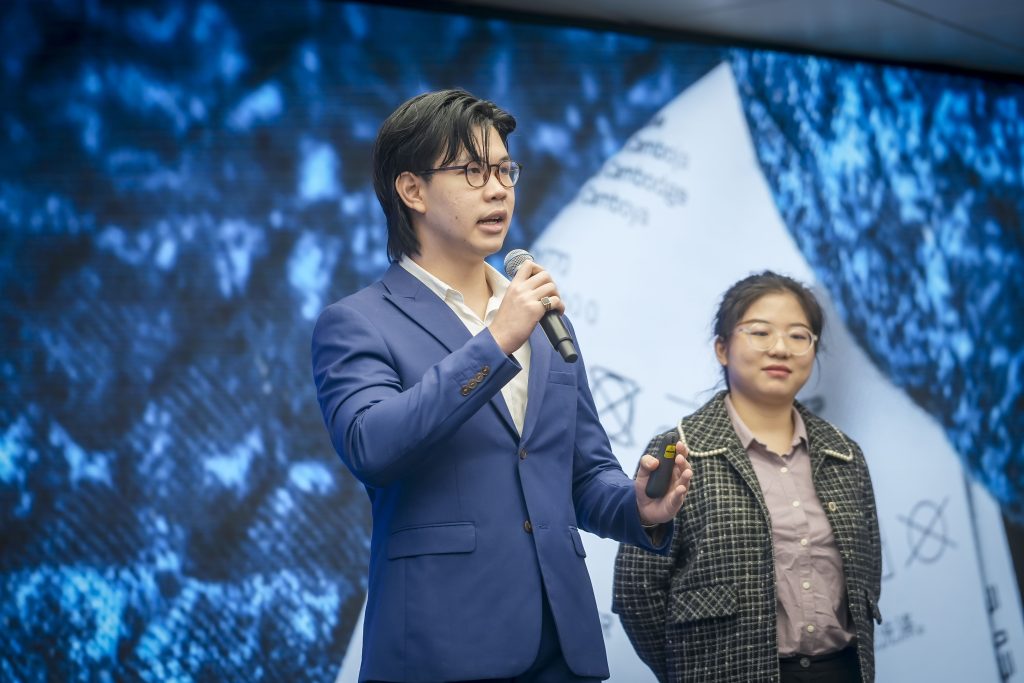
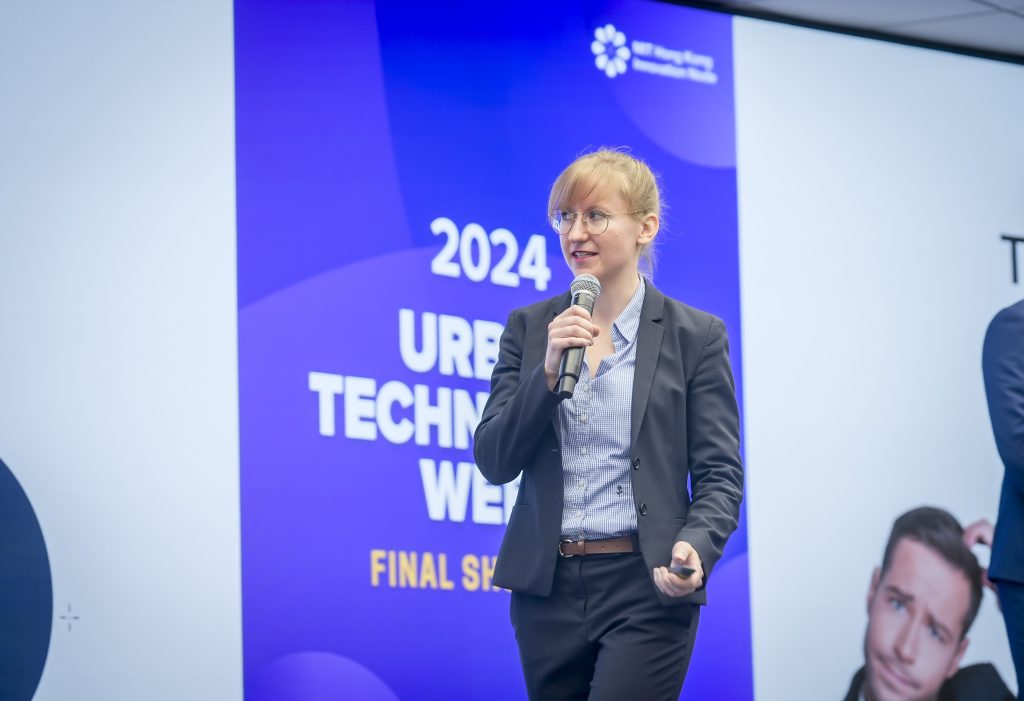
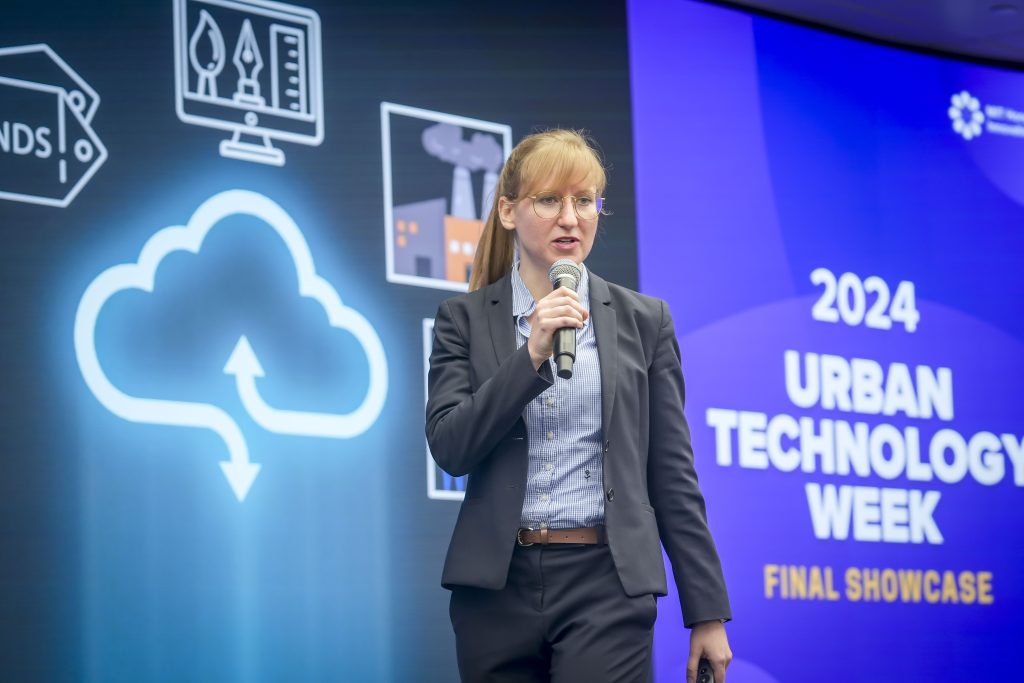
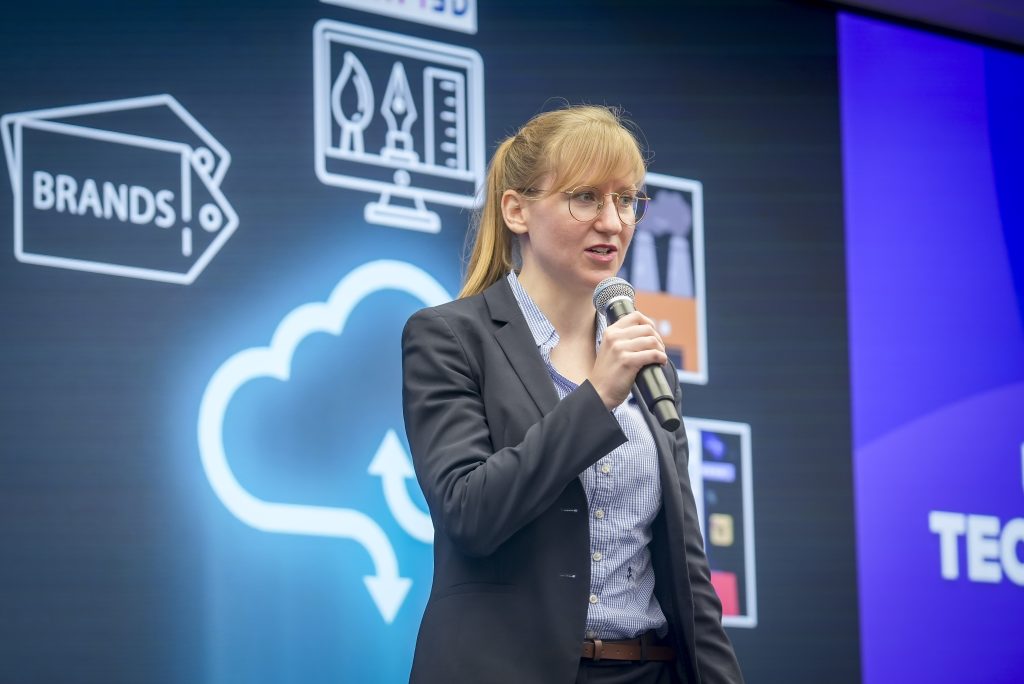
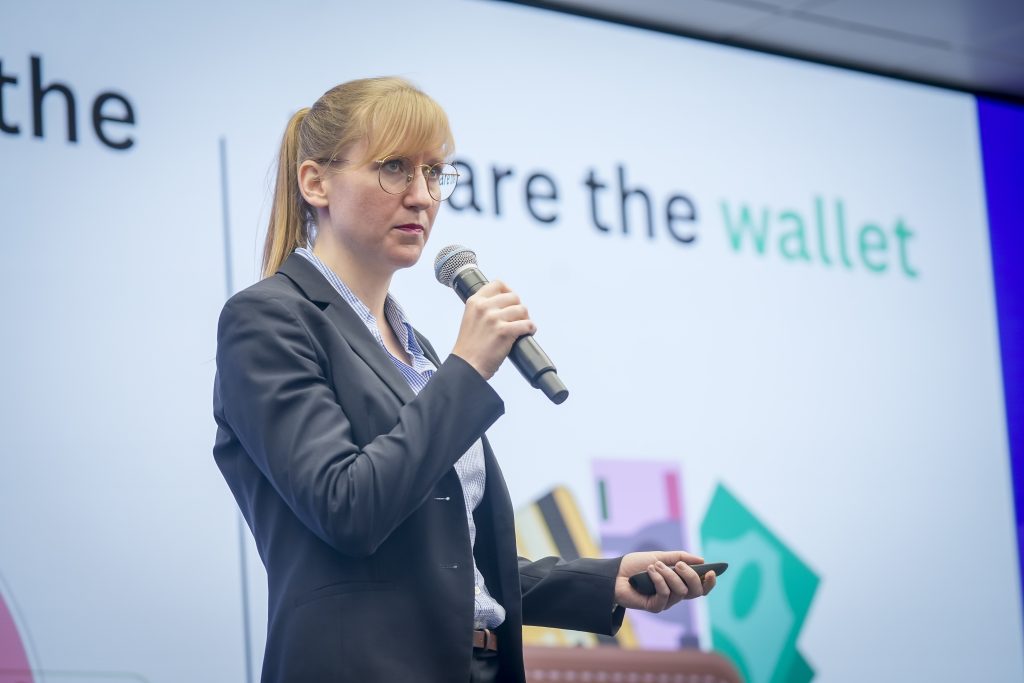
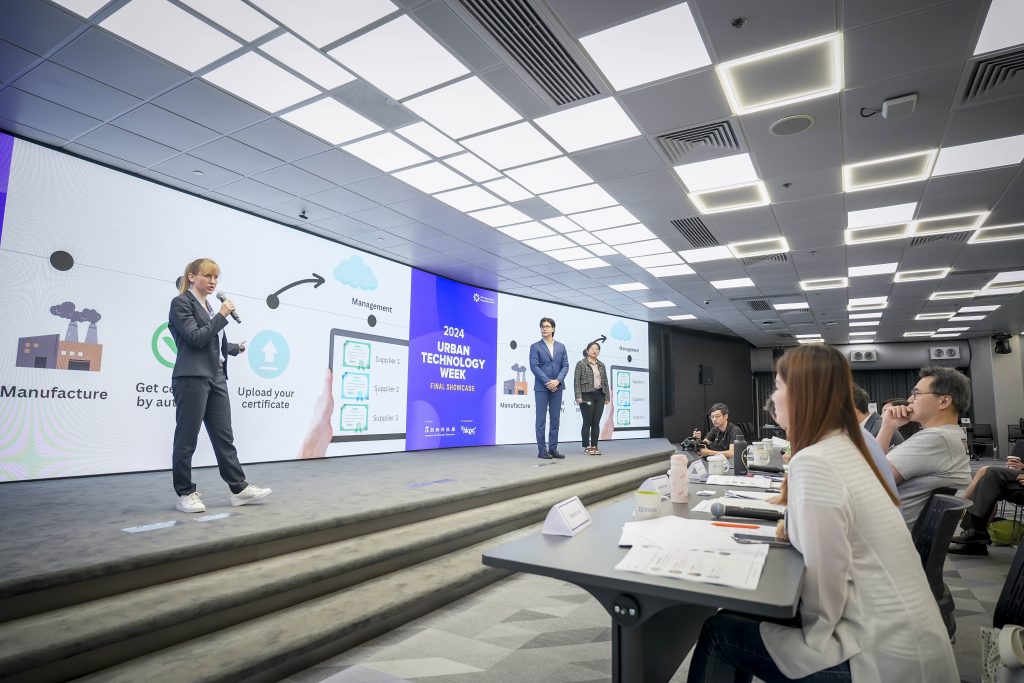
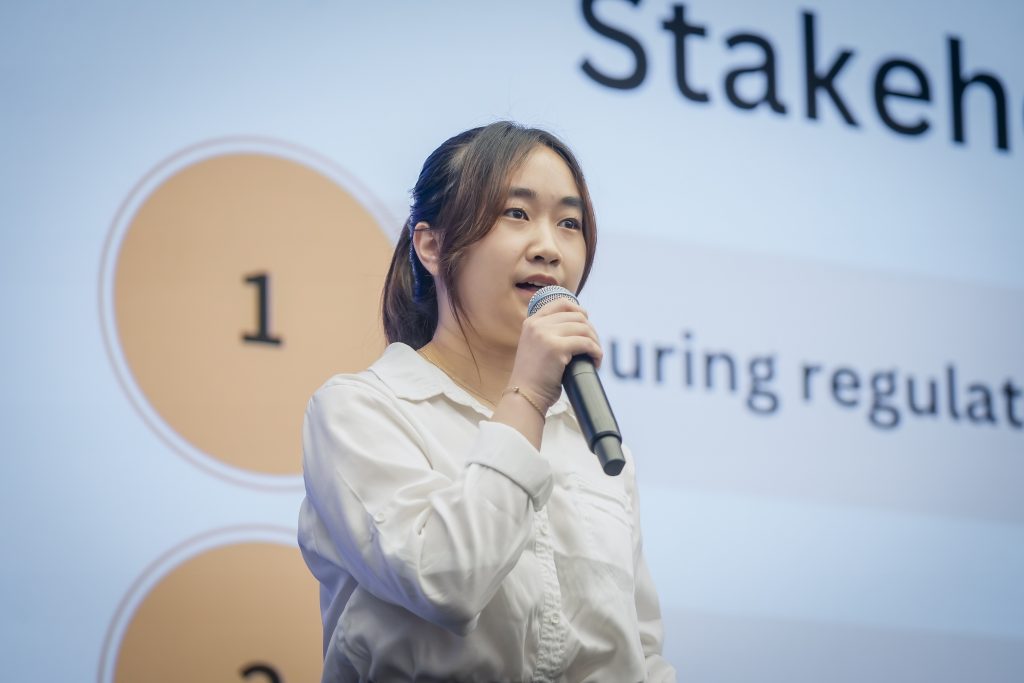
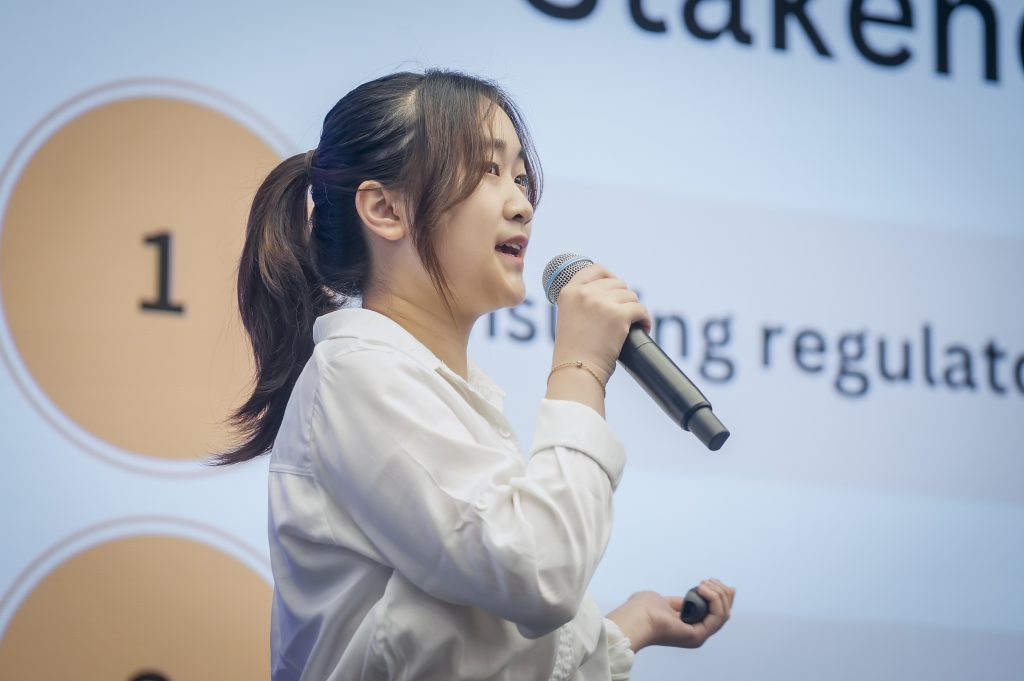
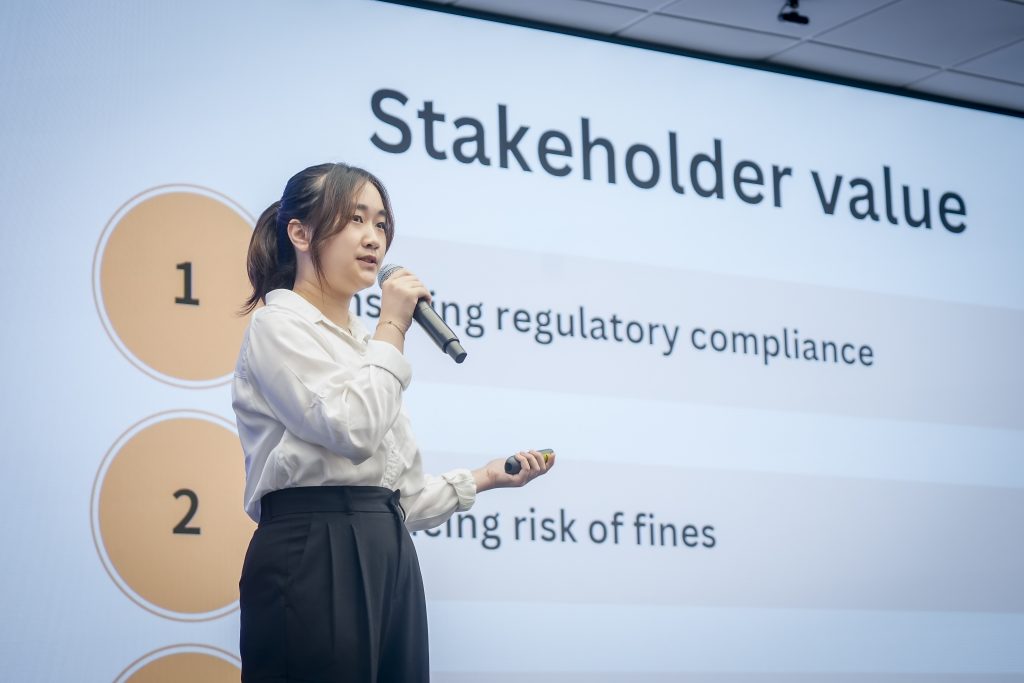
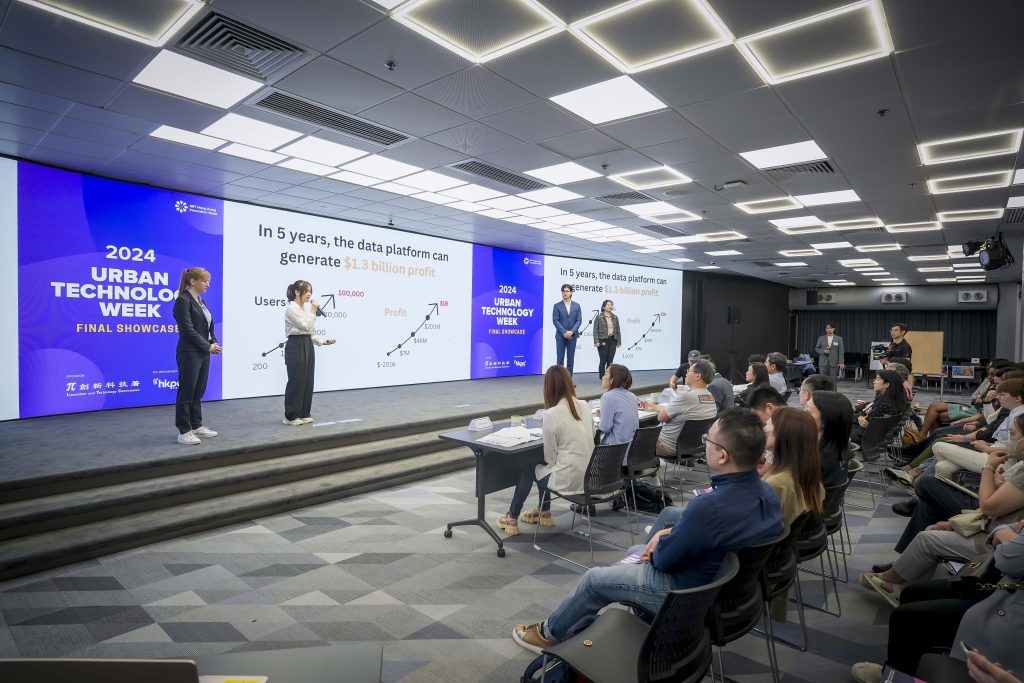
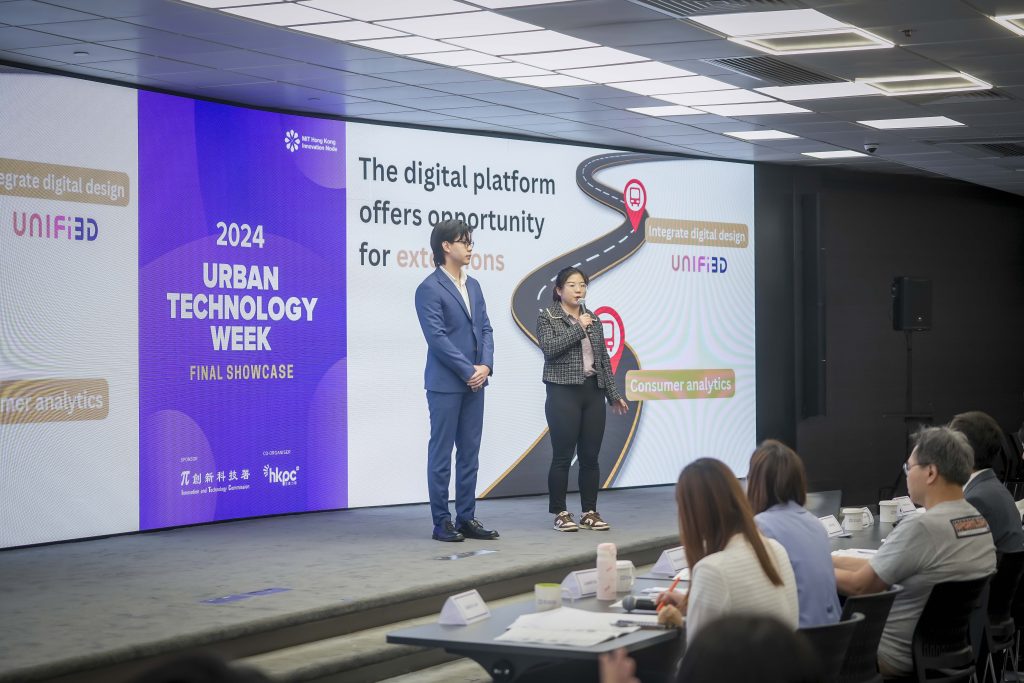
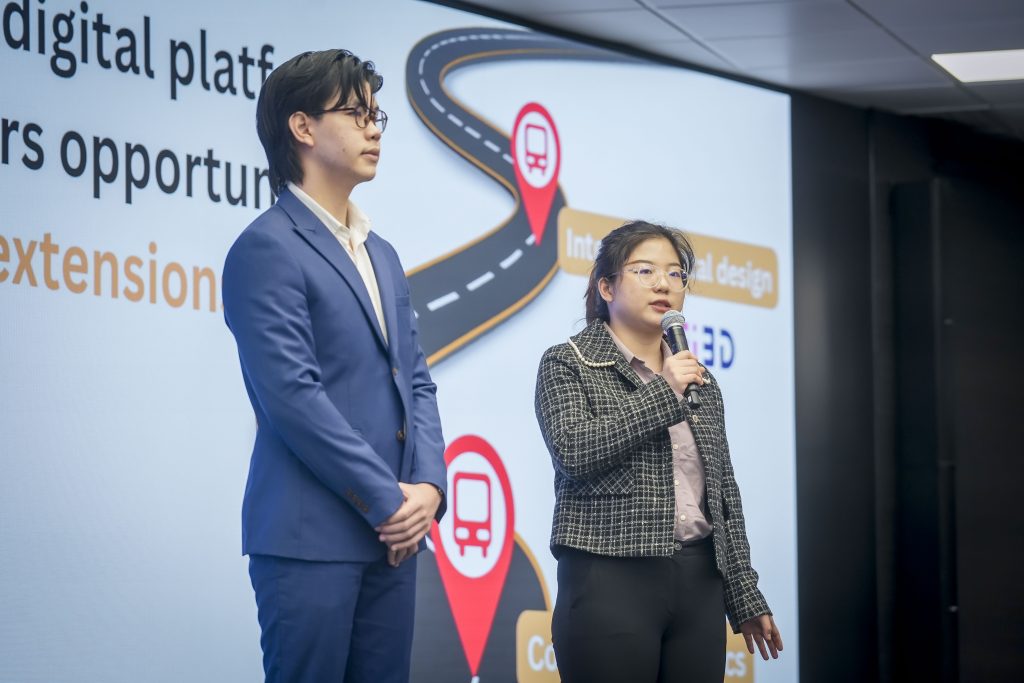
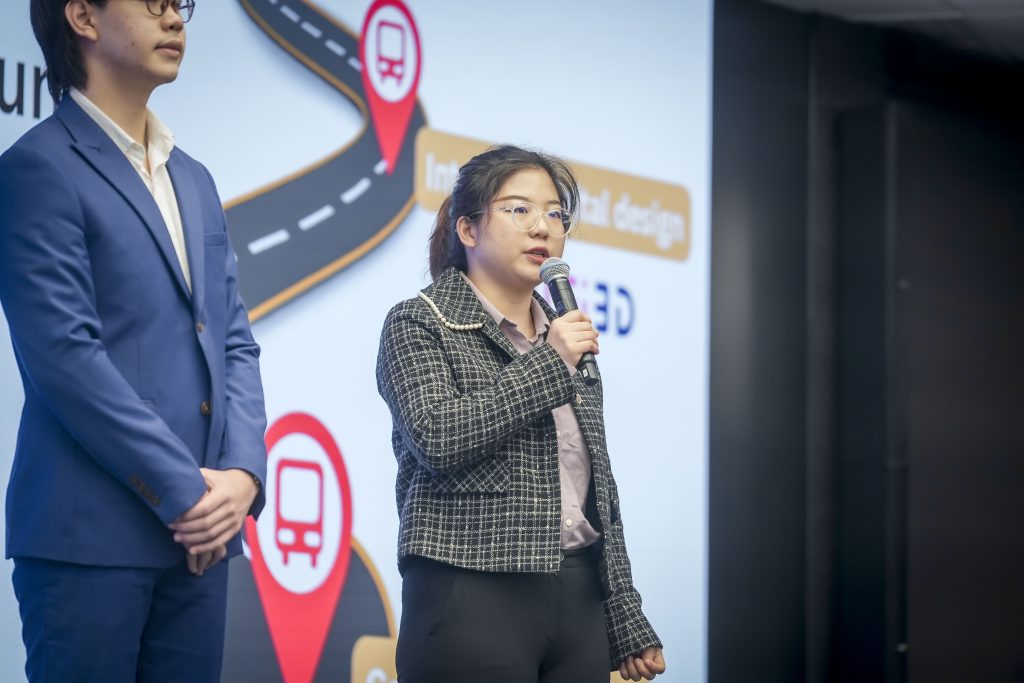
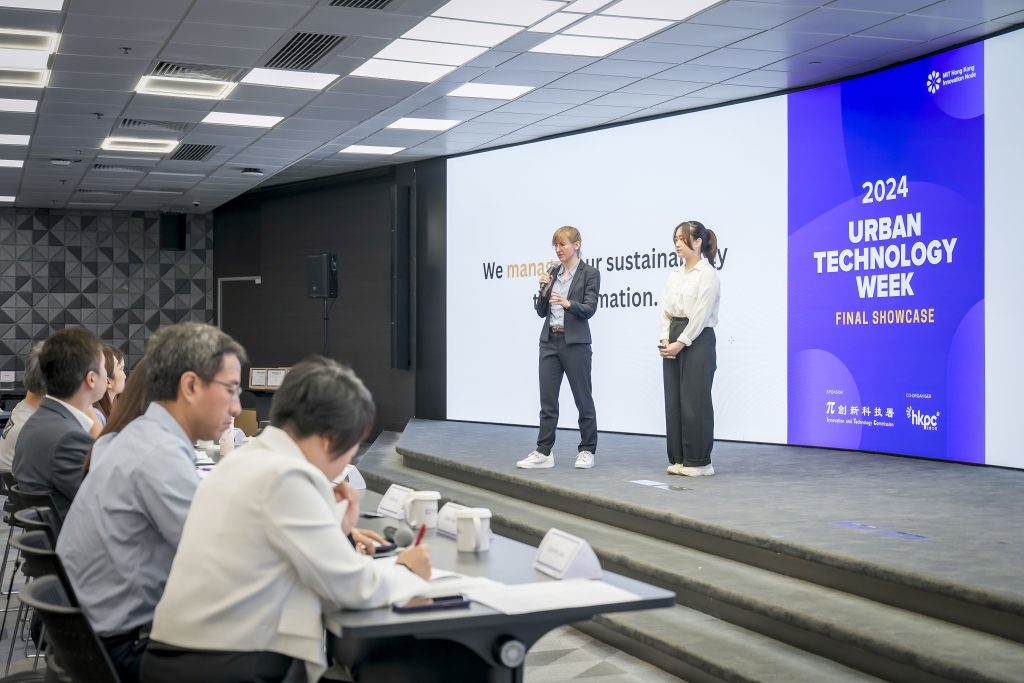

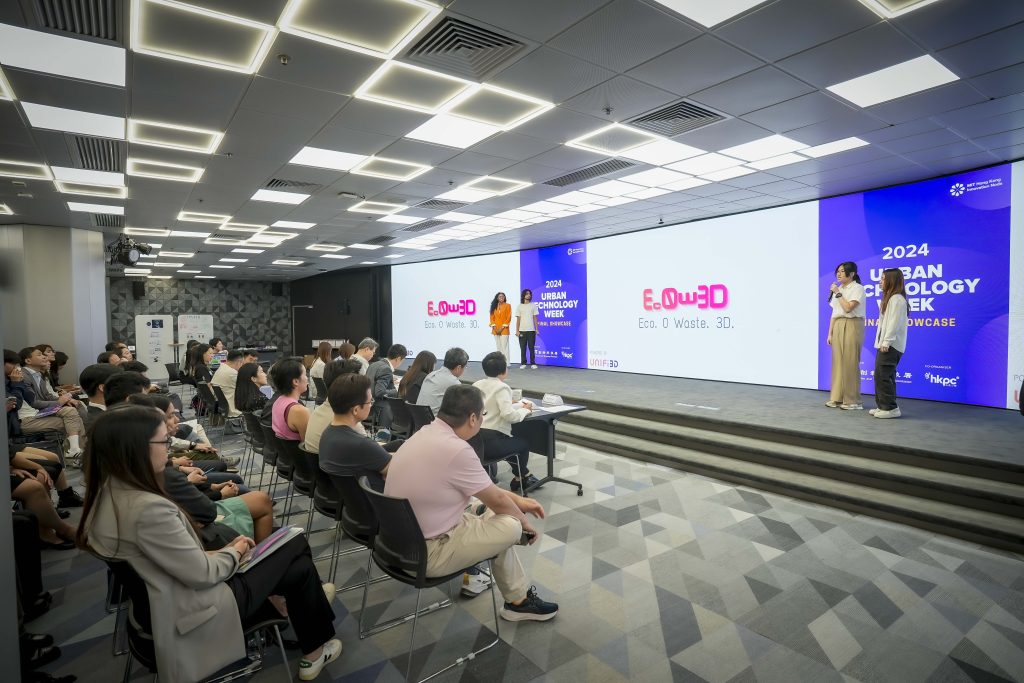
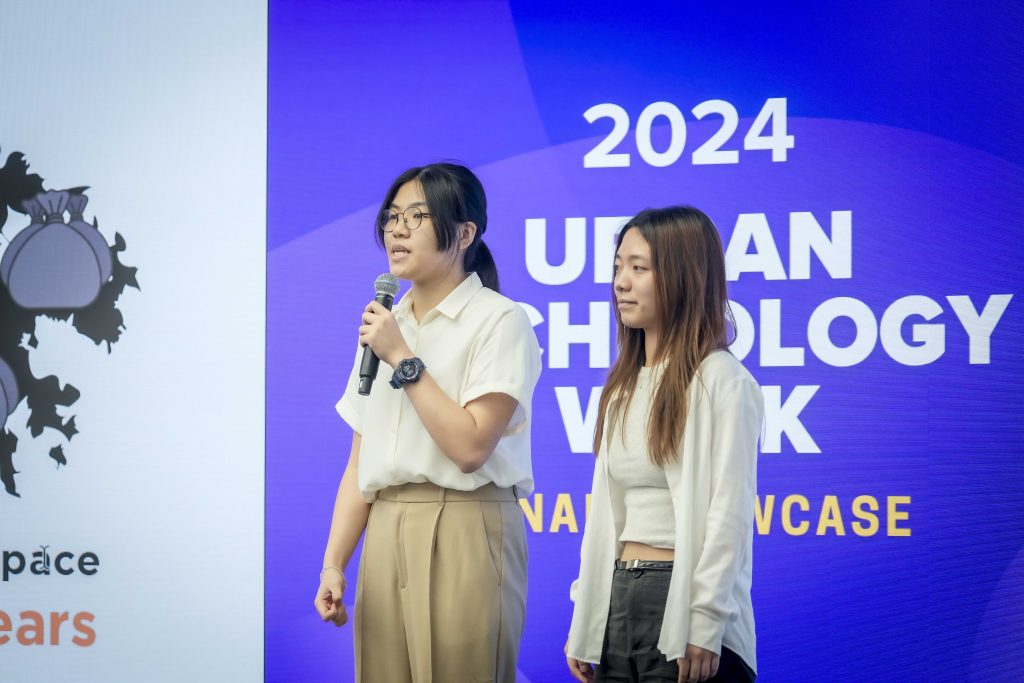
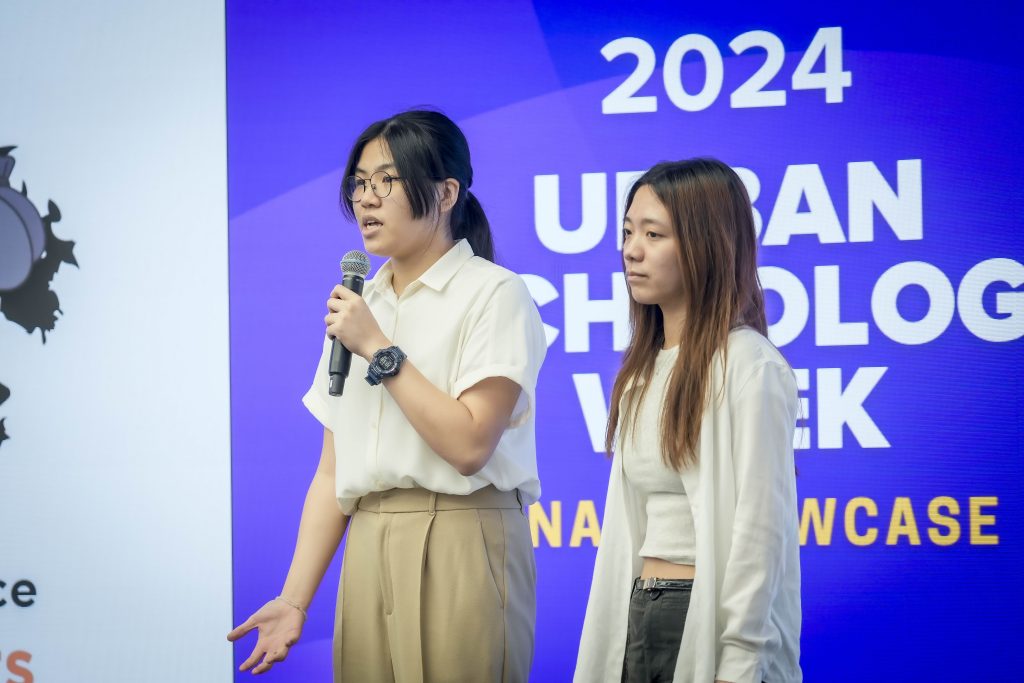
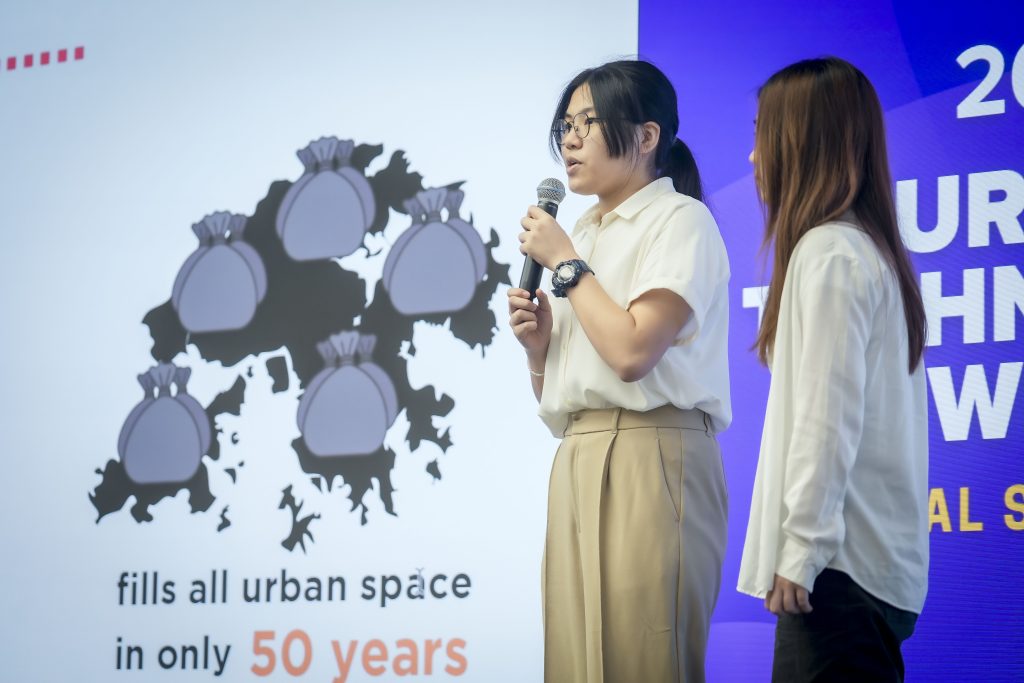
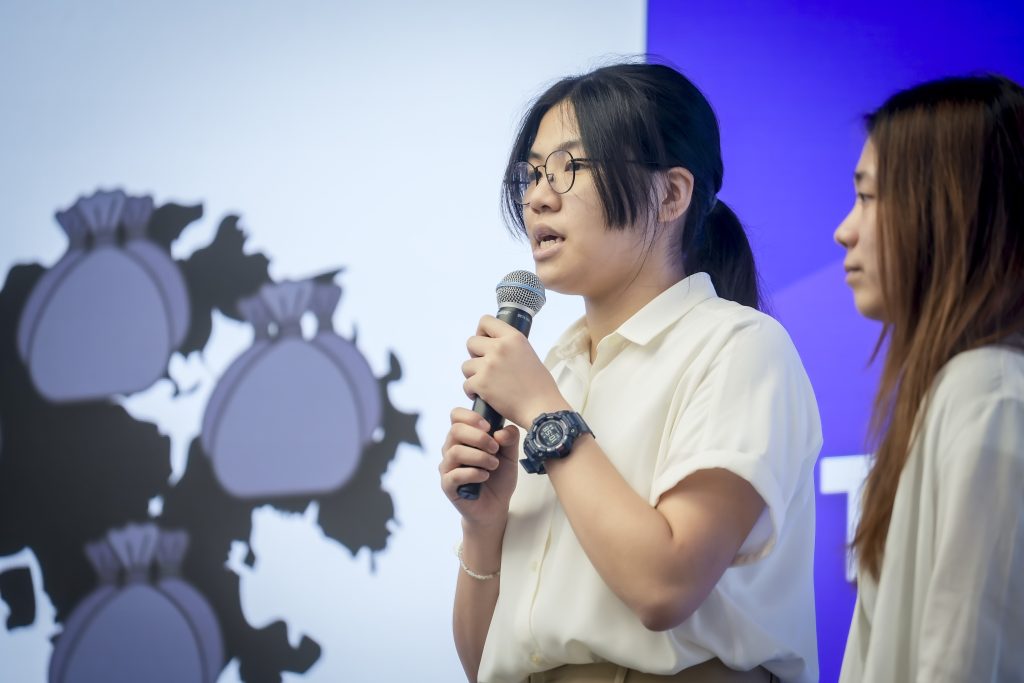
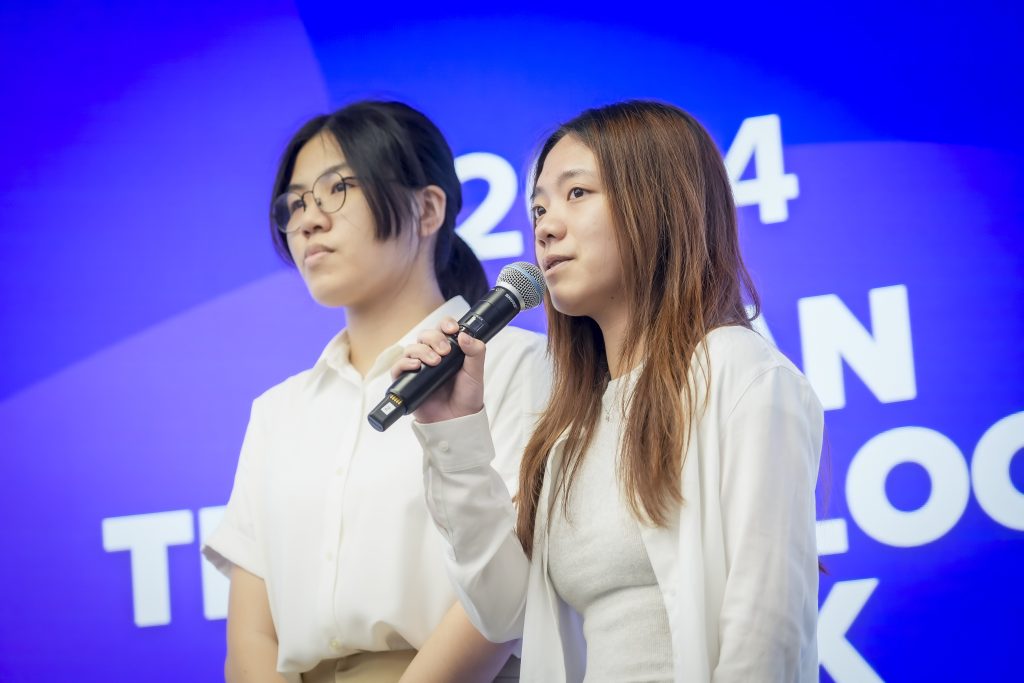
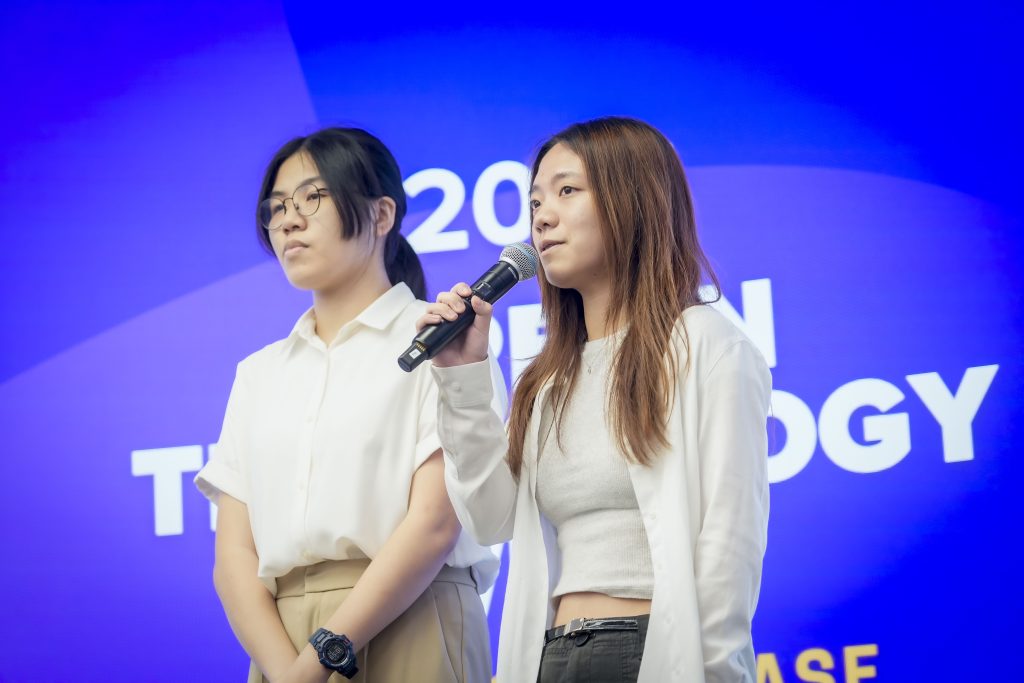
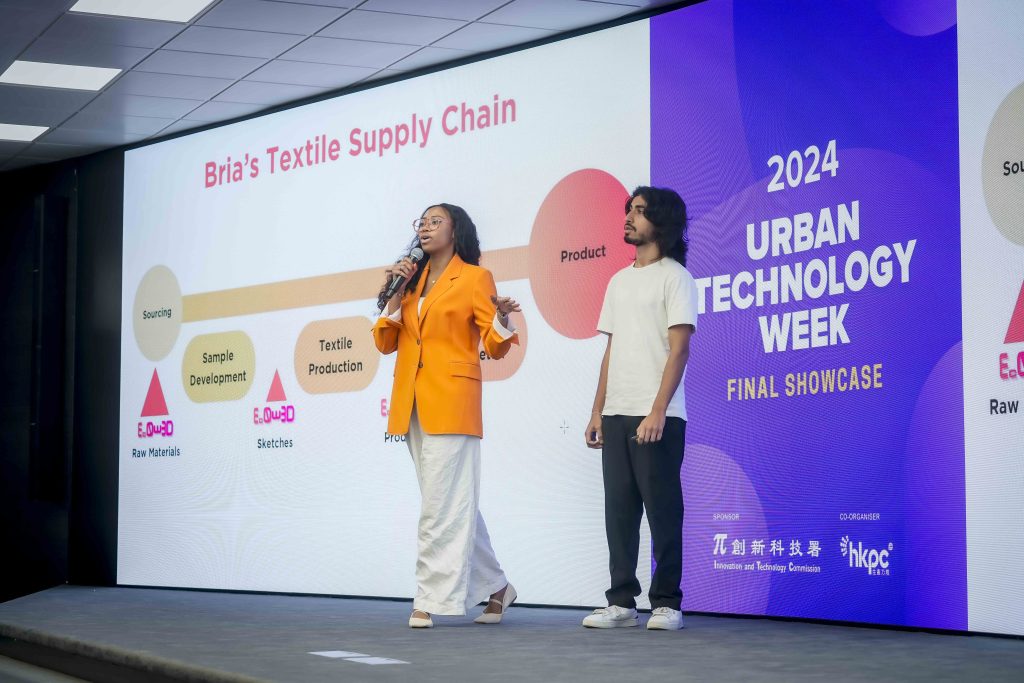
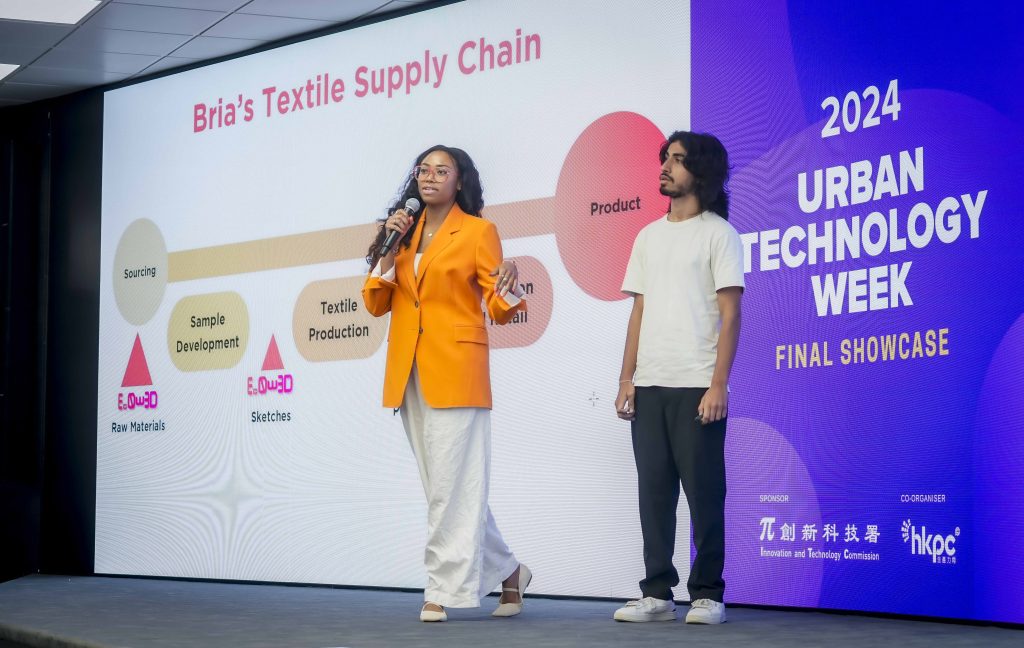
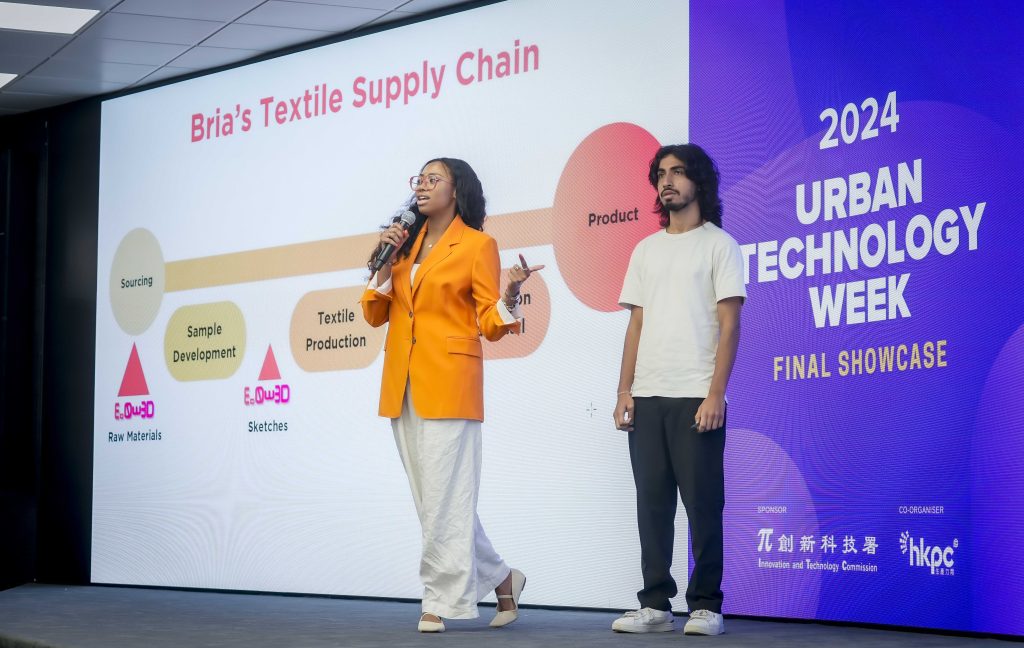
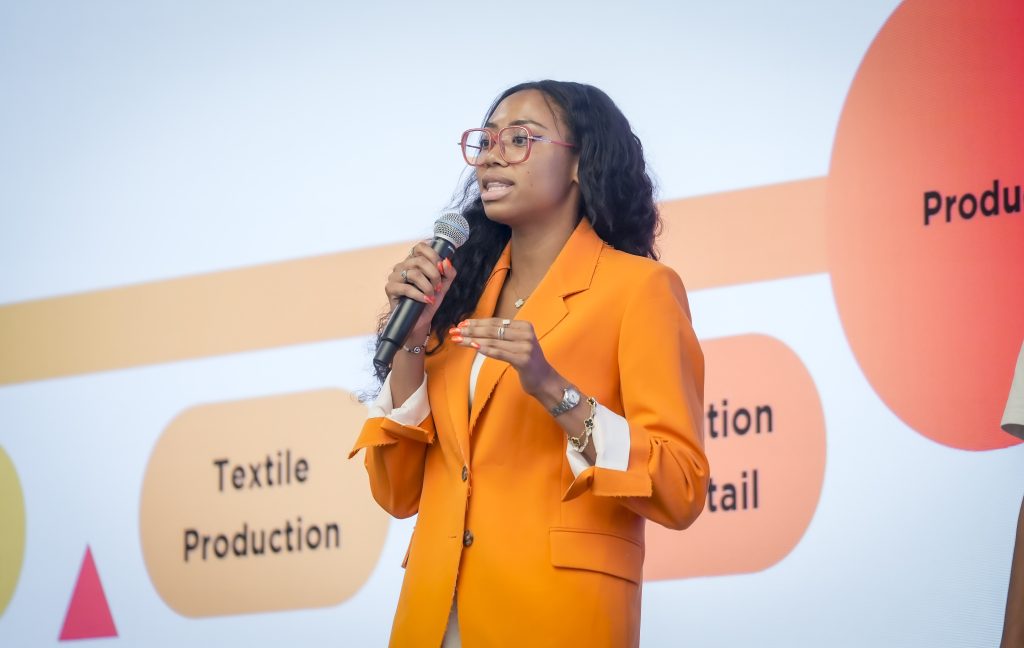
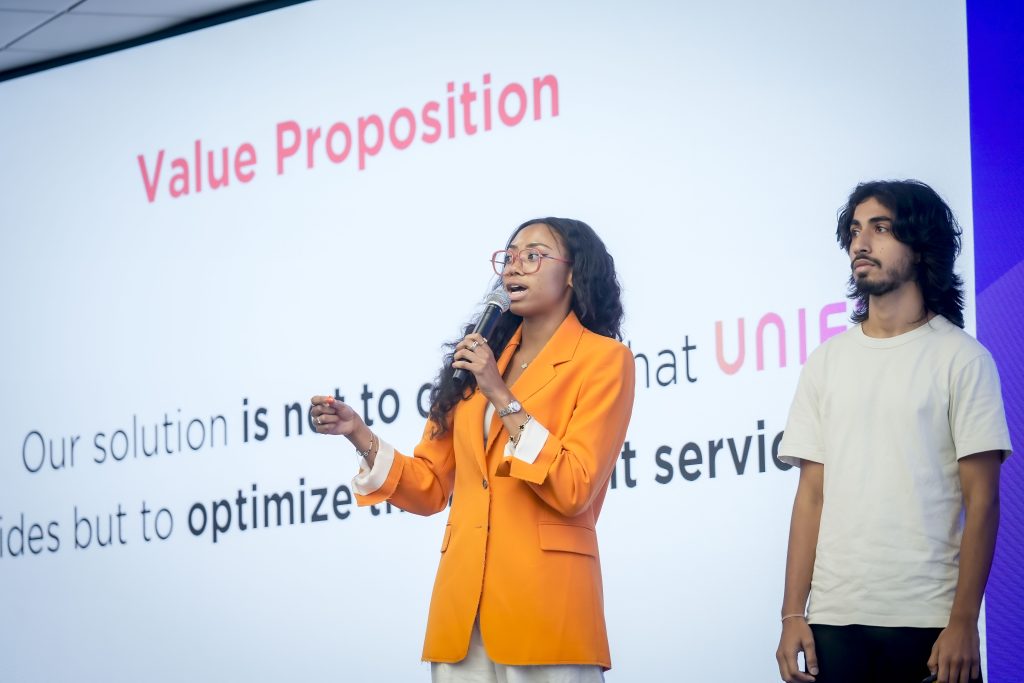
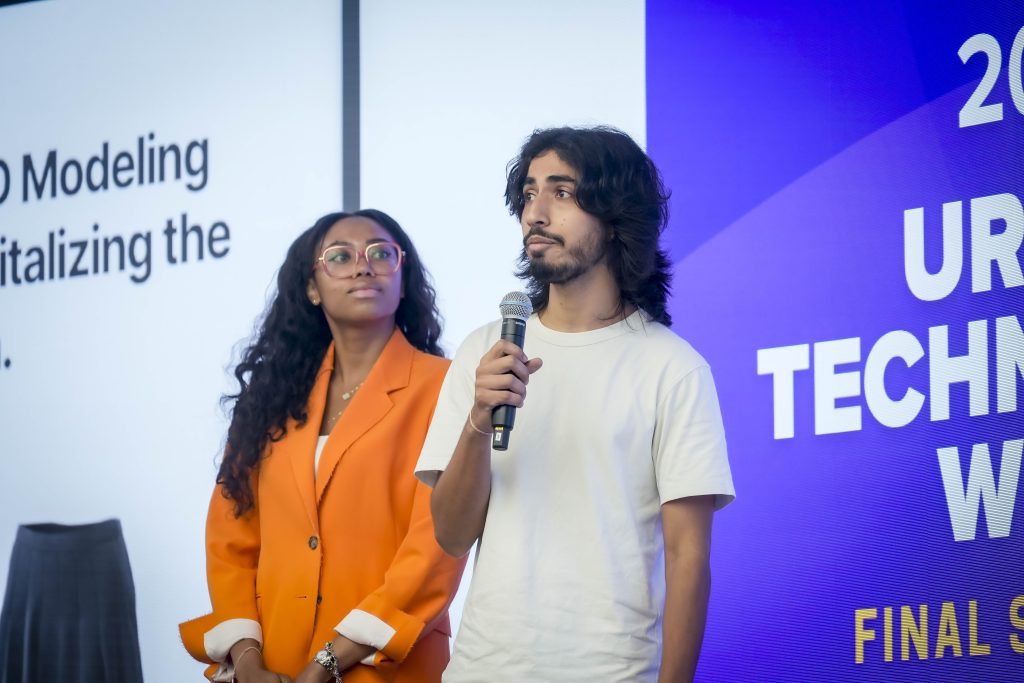
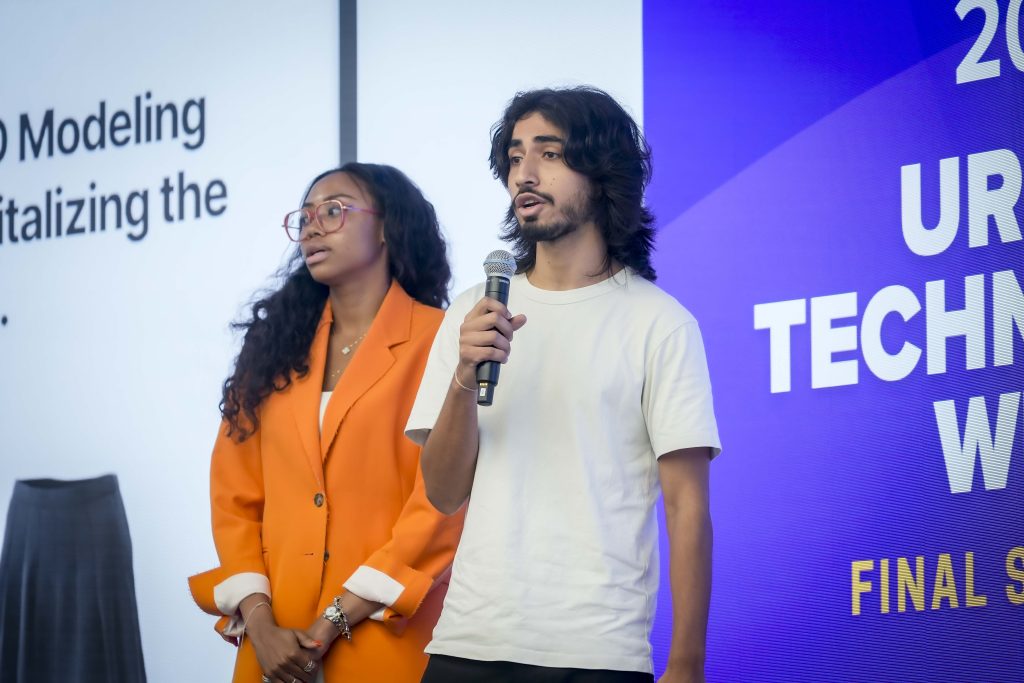
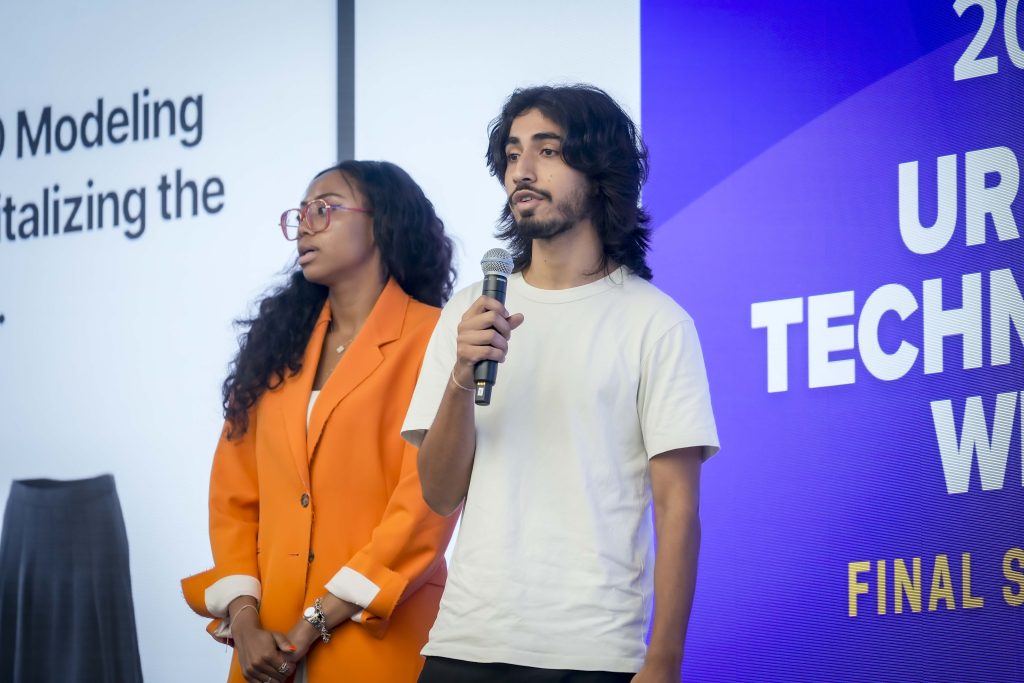
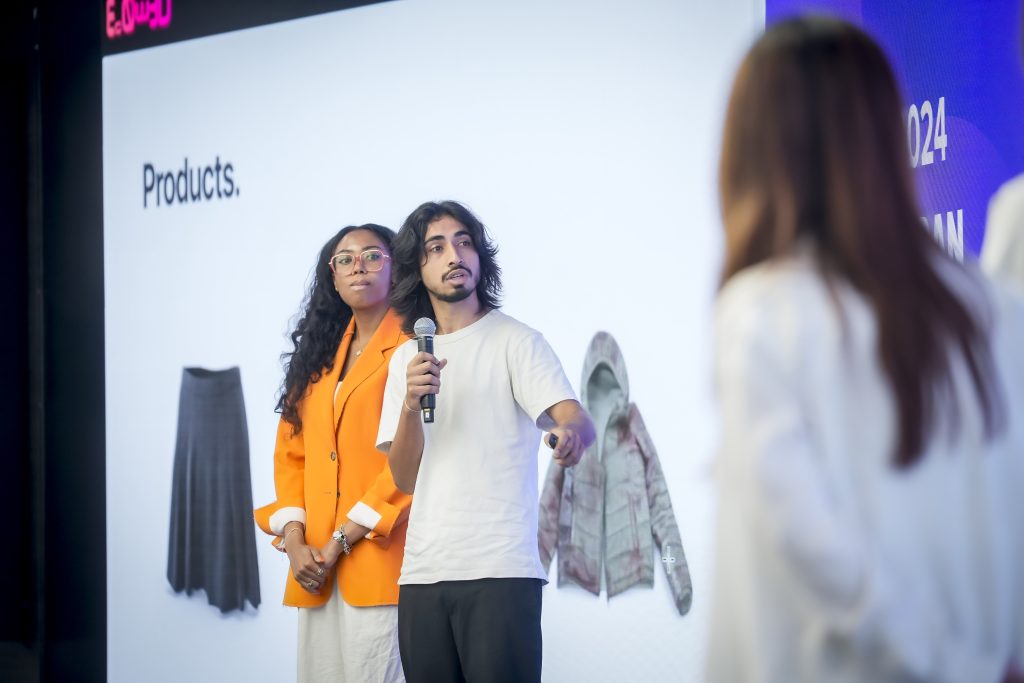
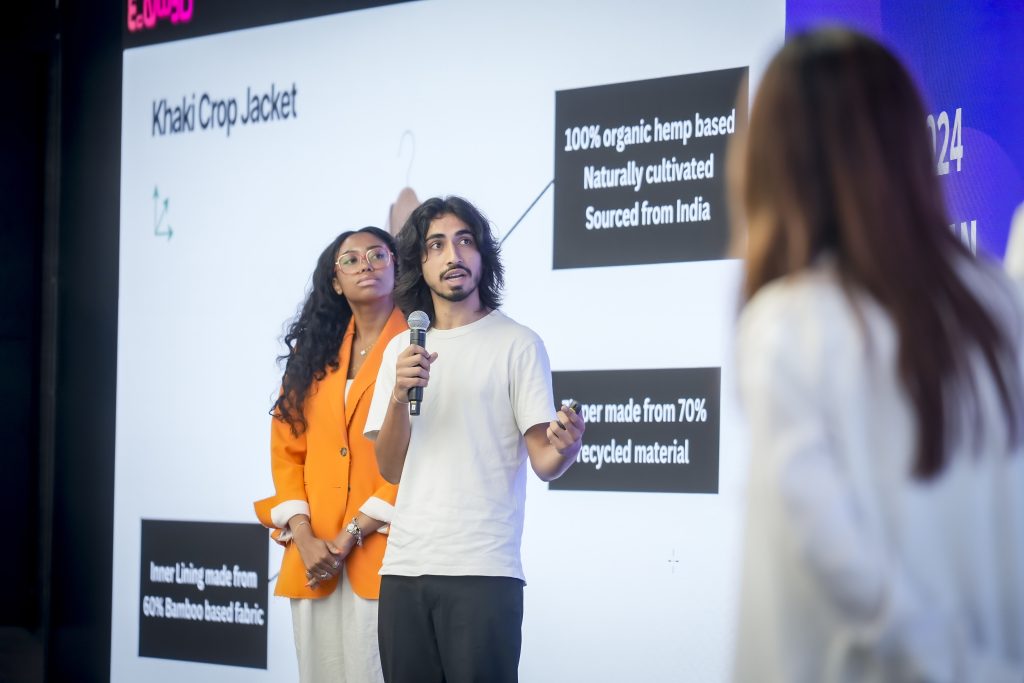
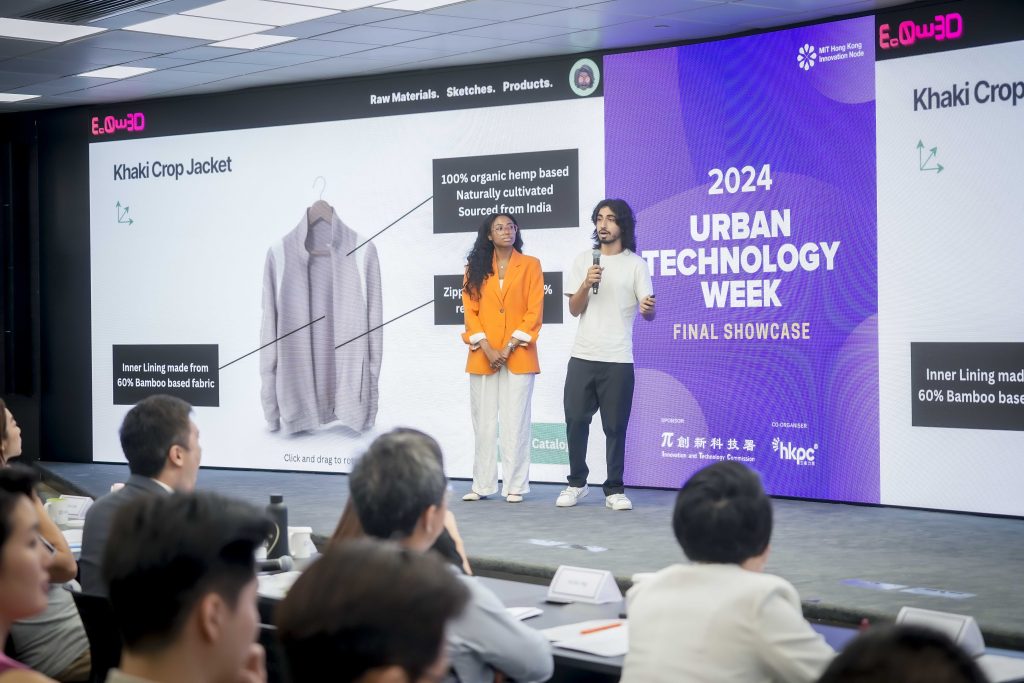
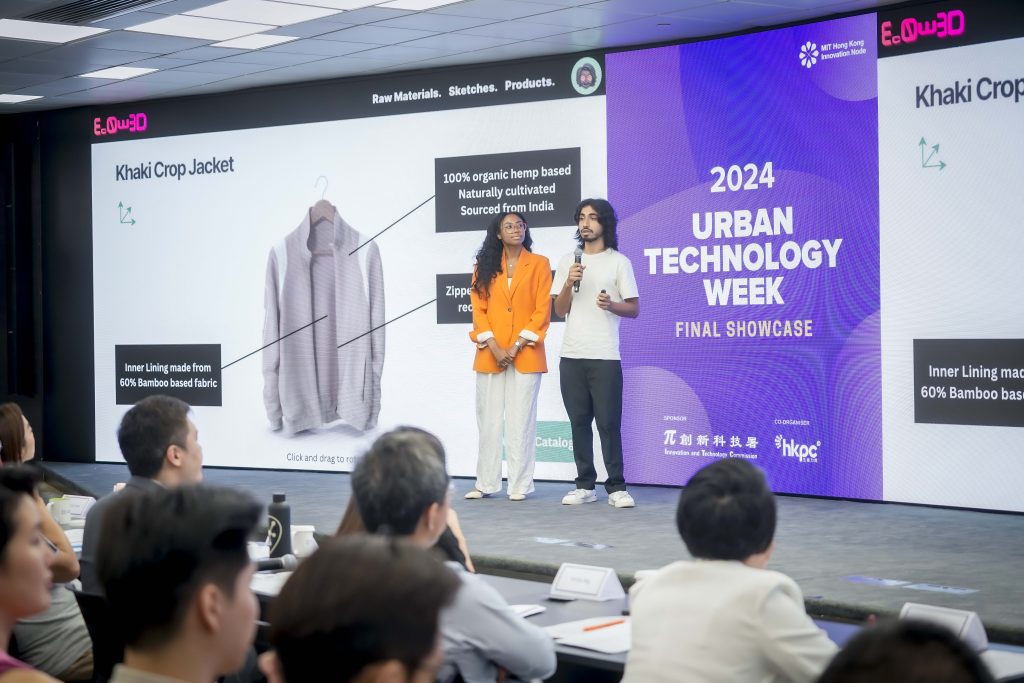
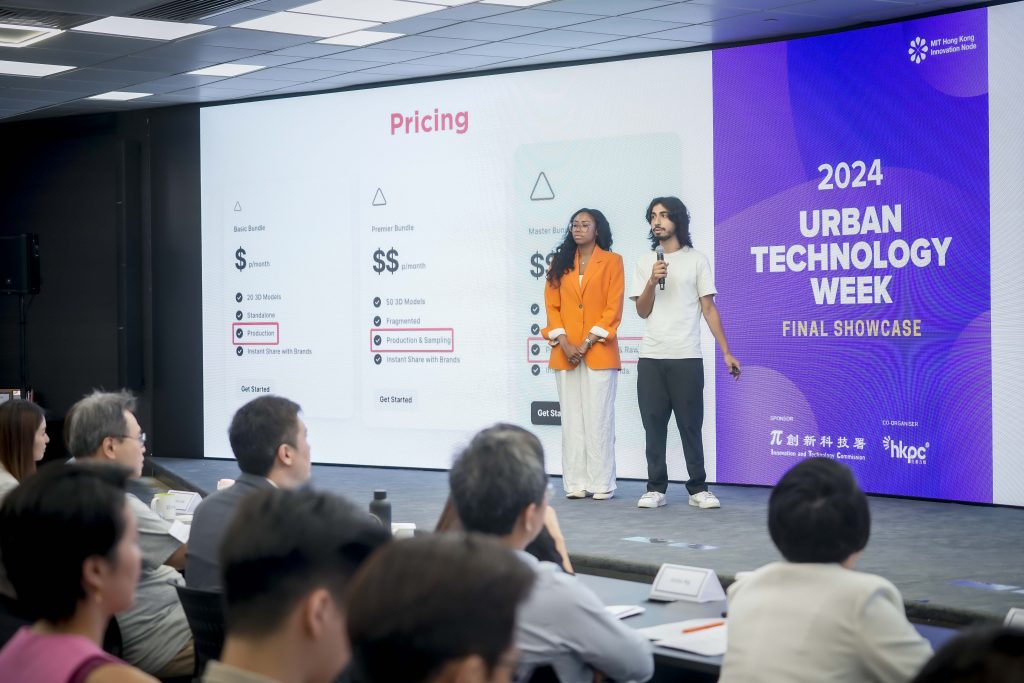
Reimagine aspired to be the “google cloud” of the fashion industry with professional software services to manage sustainability certificates for the fashion industry. The cloud services manage authenticated ESG certificates by authority, the management services take on sustainability to transform the fashion industry.
Ec0w3D is a digital platform that provides consolidation services for suppliers’ 3D product assets from natural sourcing to retail distribution. This platform leverages Unifi3D’s 3D technology, providing suppliers with an immersive 3D visualization of garments. The inclusive digital platform optimizes current services provided by unifi3D and fosters digitalisation of the fashion industry supply chain.

